The Baiqian Initiative: a long-term initiative for scholarly translation of more than 1,000 representative Chinese scholarly works produced over the past century
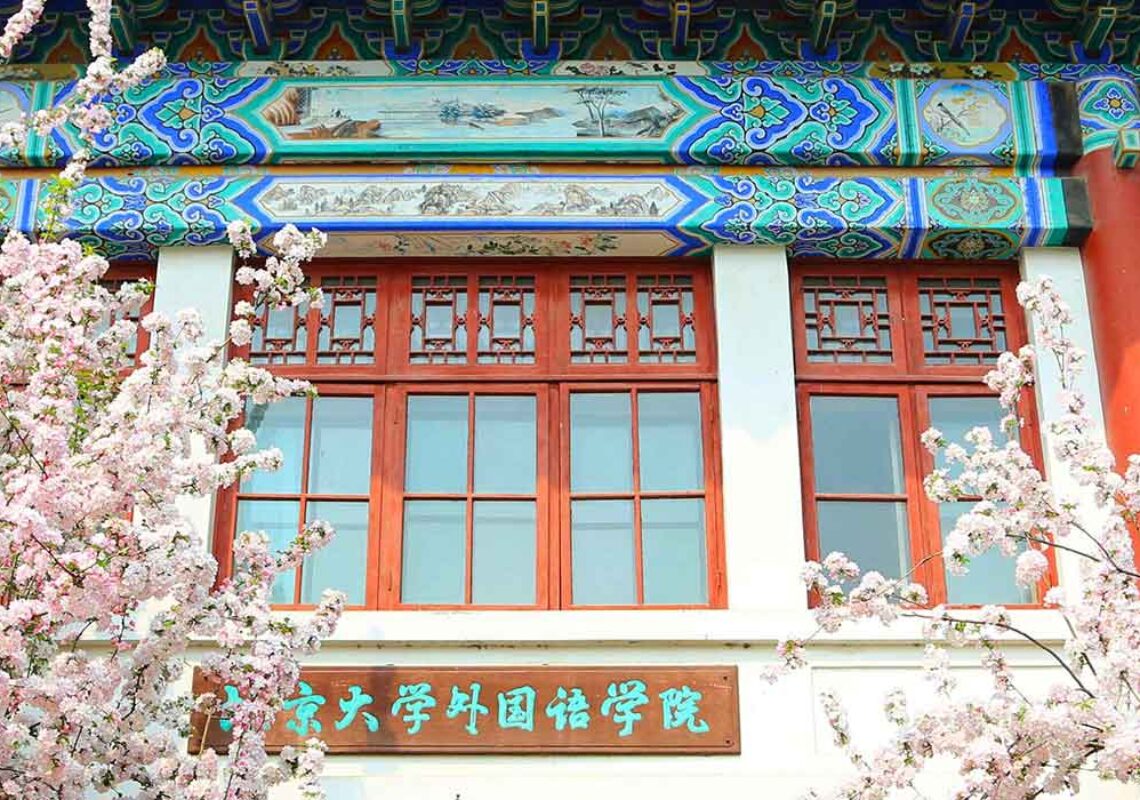

The Baiqian Initiative: a long-term initiative for scholarly translation of more than 1,000 representative Chinese scholarly works produced over the past century

CFA due March 15, 2026. June 29 – July 4, 2026, Yenching Academy of Peking University.

CFA due April 15, 2026. Mount Kuaiji Advanced Institute for Buddhist Studies, Shaoxing, China, July 7–13, 2026.
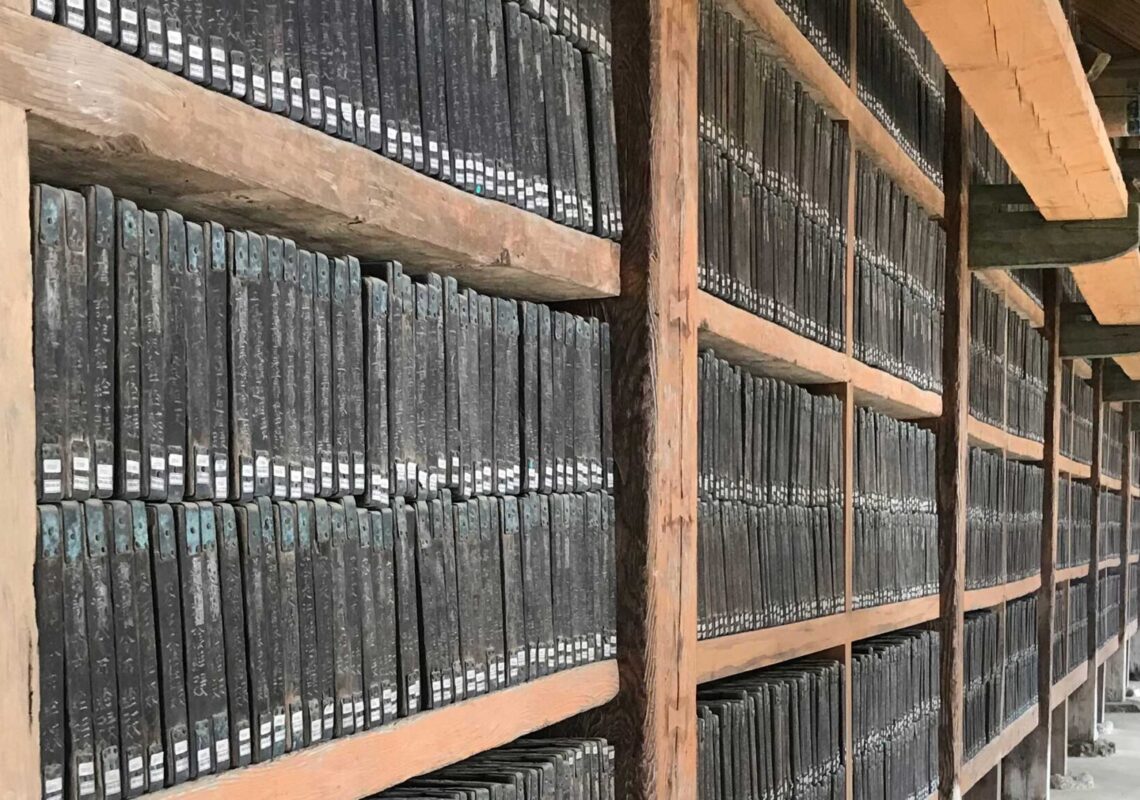
CFP due April 15, 2026. Mount Kuaiji Advanced Institute of Buddhist Studies, Shaoxing, China.
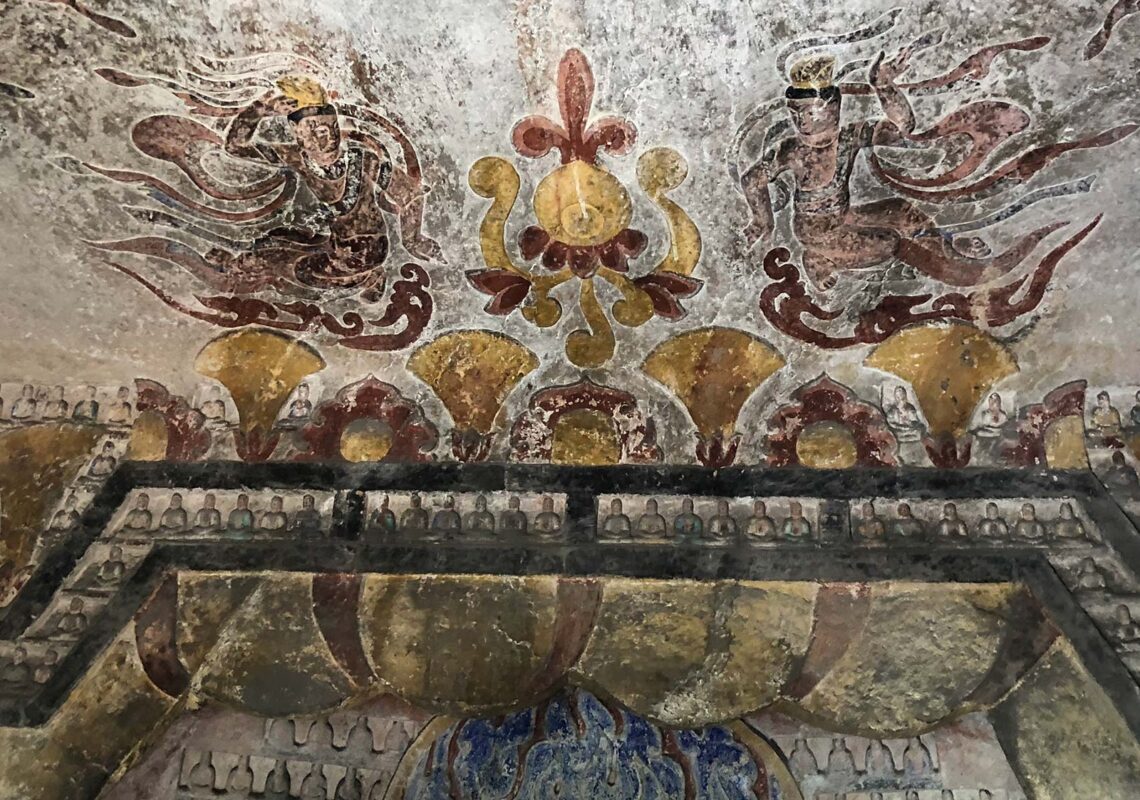
CFP due April 15, 2026. University of Zhejiang, Hangzhou, Zhejiang, China.
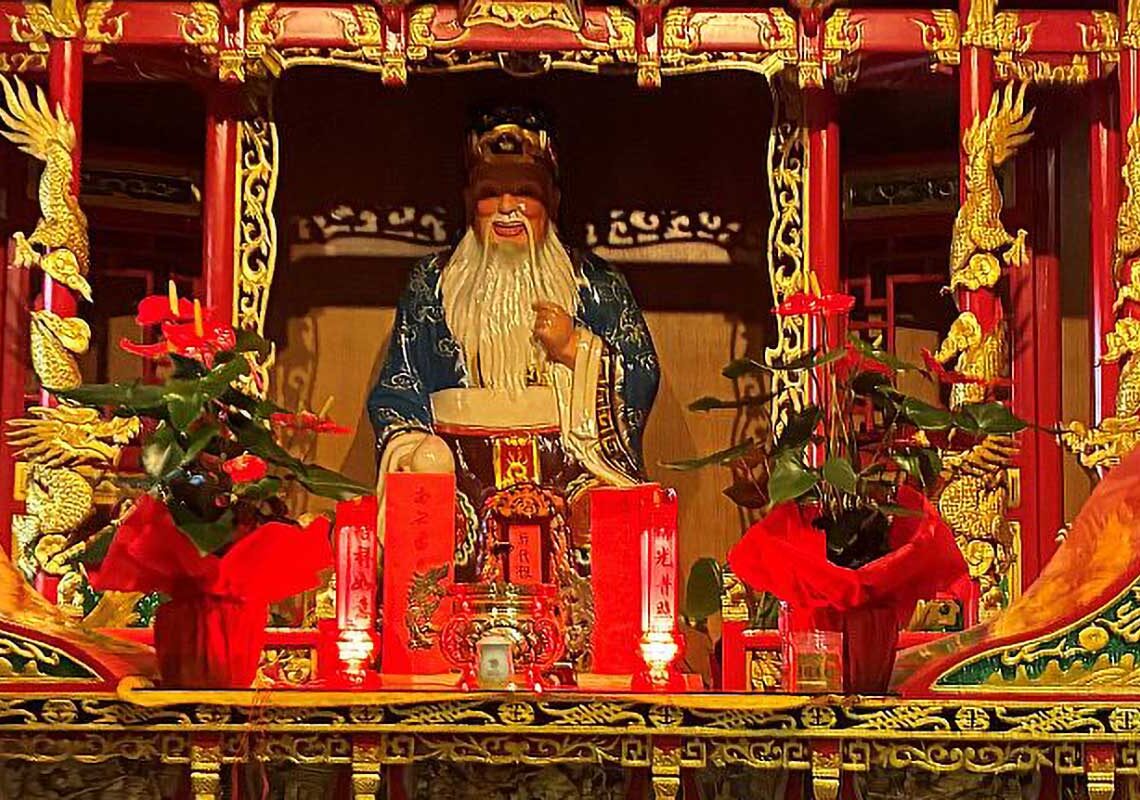
March 5, 2026, 5 pm PST, with Ester Bianchi (University of Perugia). UC Berkeley.
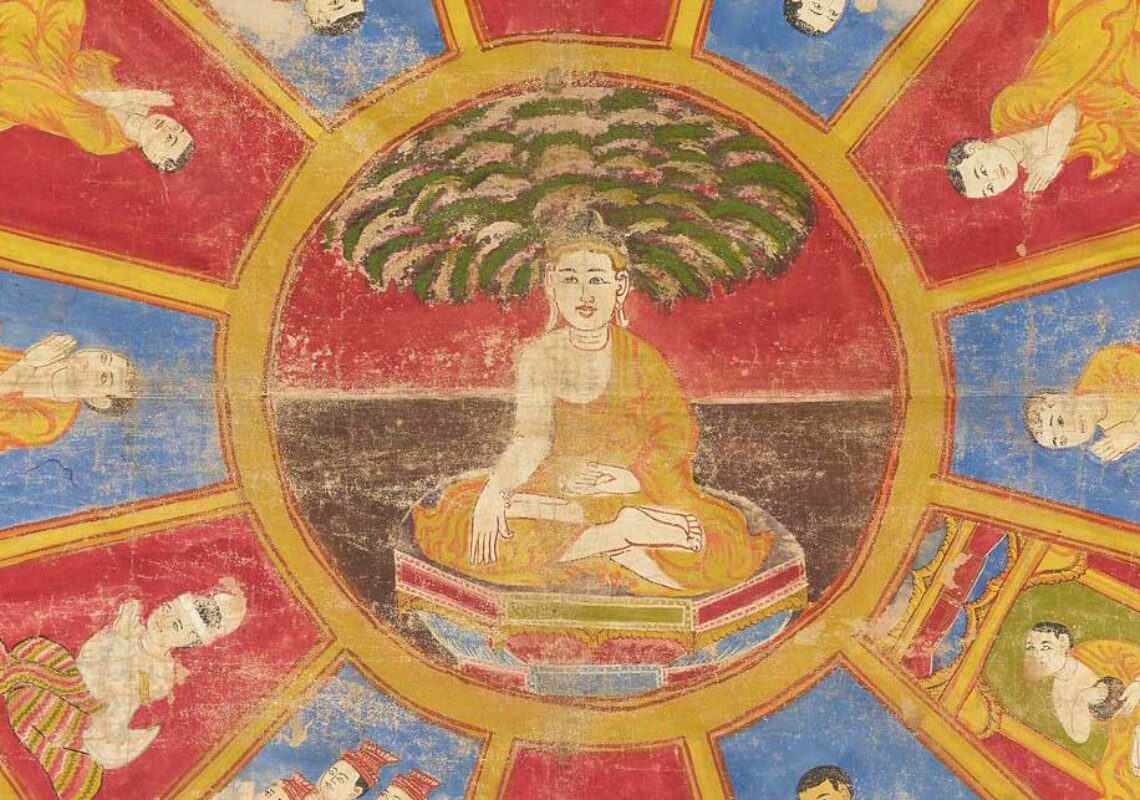
March 9, 2026, 5 pm GMT, with Alexandra Green (The British Museum). University of Oxford, and online.
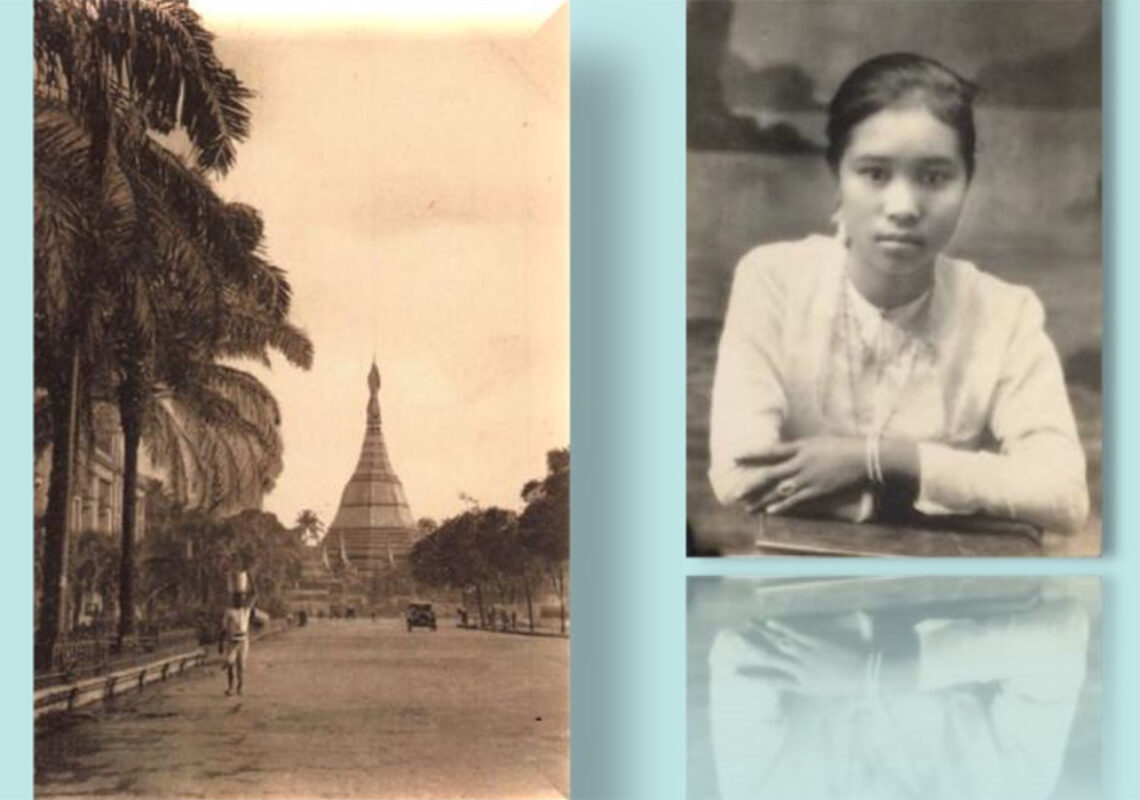
March 10, 2026, 5 pm GMT, with Alicia Turner (York University). University of Oxford.
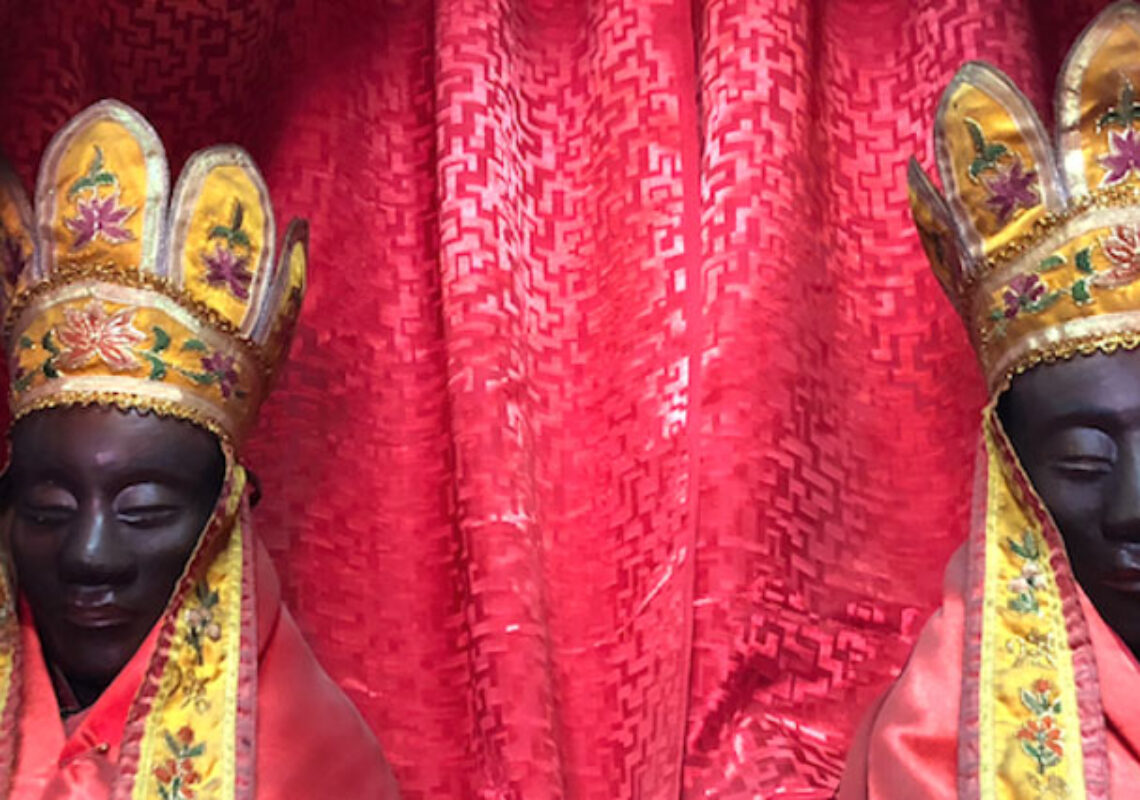
March 11, 2026, 5 pm PST, with Tansen Sen (NYU Shanghai and NYU). In person Room 604, Asian Centre, UBC, and online
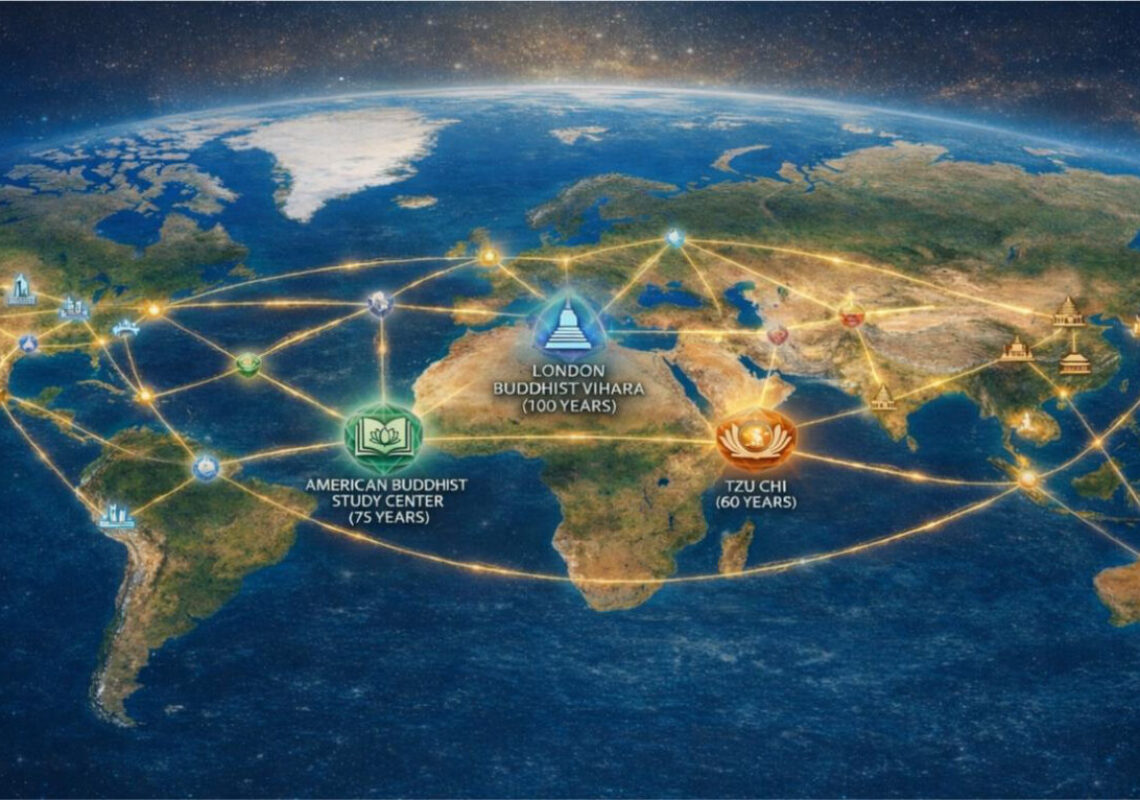
CFP due March 31, 2026. University of Oxford Department of Continuing Education, Rewley House, Oxford. June 30–July 1, 2026.

March 26, 2026, 4:30 pm EST, with David L. McMahan (Franklin & Marshall College). Princeton University, and online.
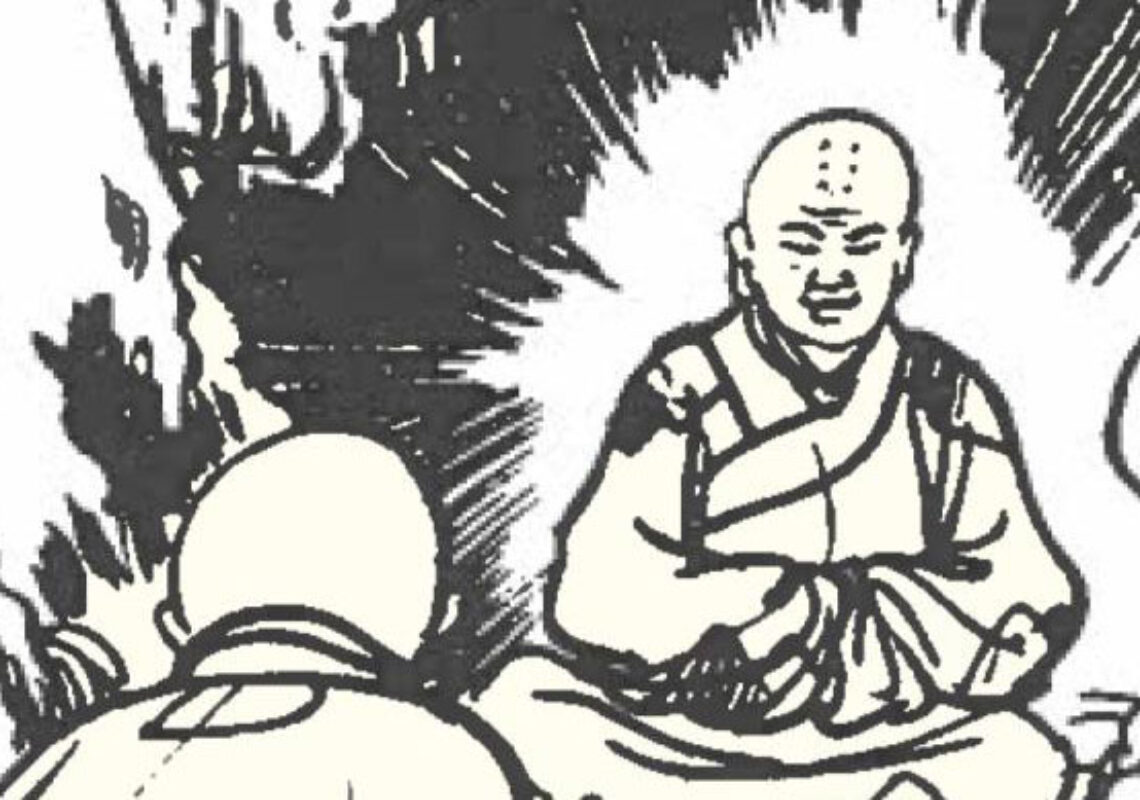
May 22, 2026, 5:30 pm BST, with Benjamin Brose (University of Michigan). SOAS University of London, and online.
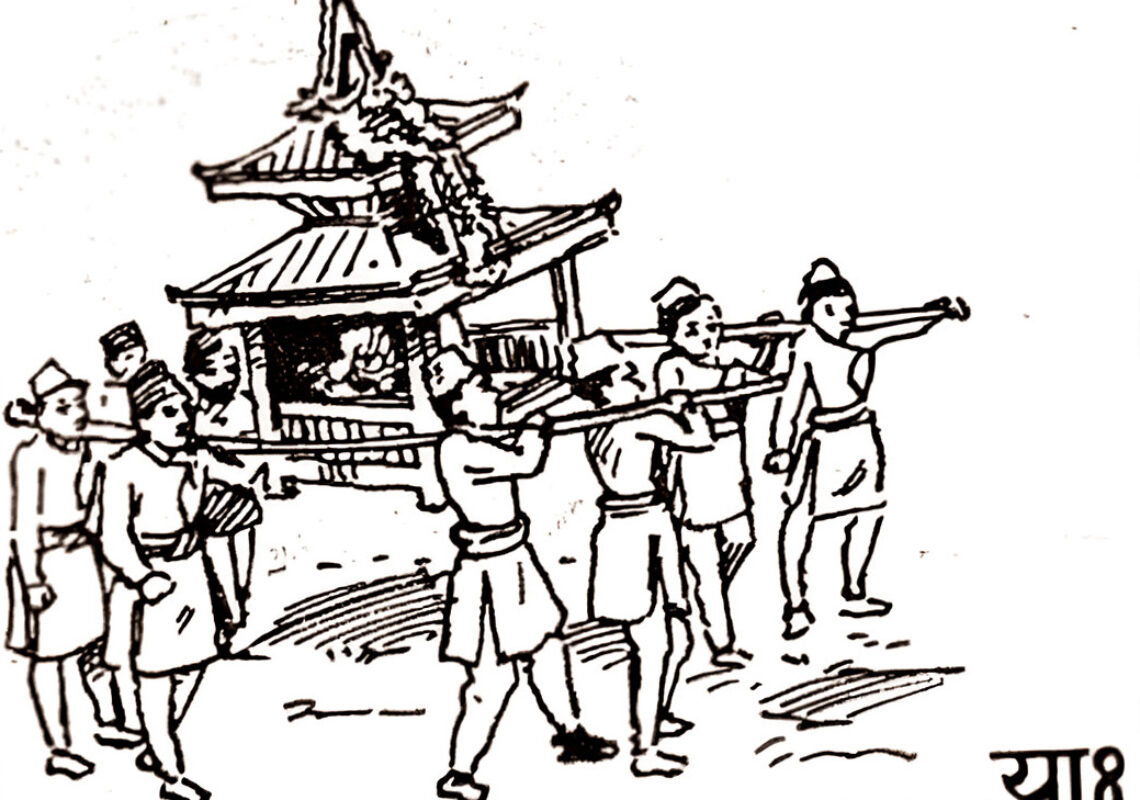
October 28, 2025, 5 pm PST, with Todd T. Lewis (Holy Cross College and Harvard University). In person Room 604, Asian Centre, UBC, and online.
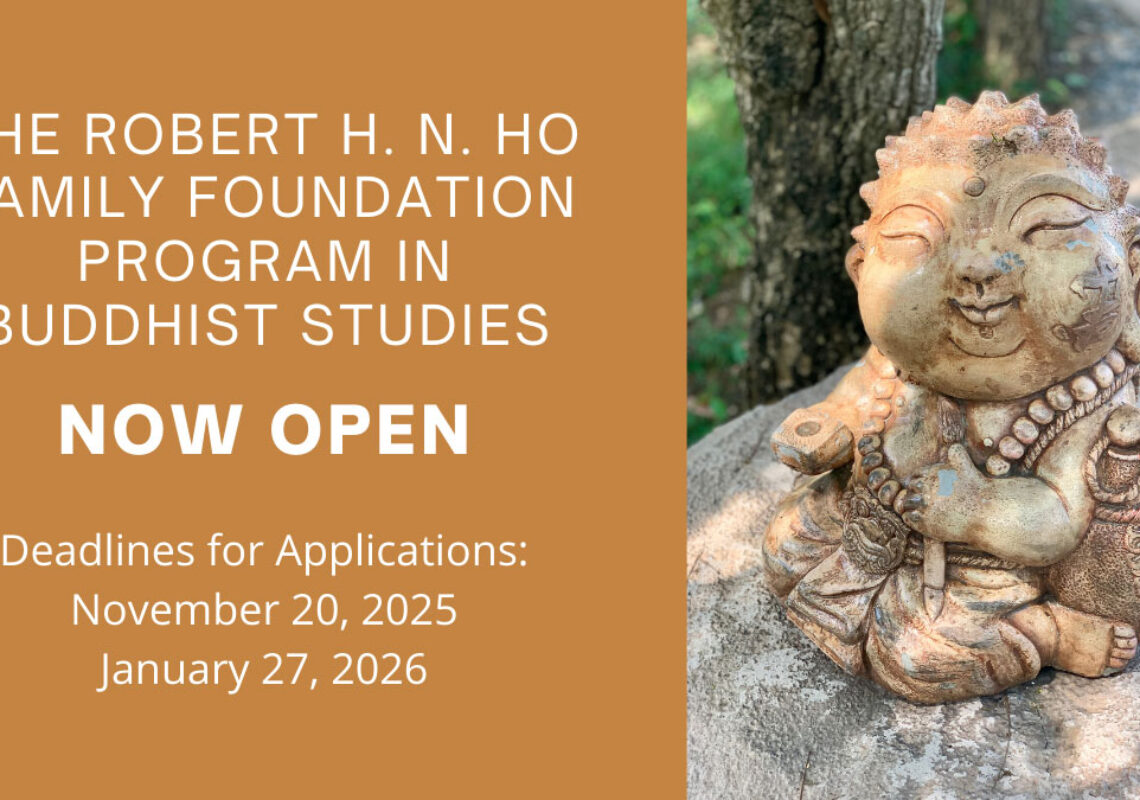
Fellowship, grant, and professorship opportunities with The Robert H. N. Ho Family Foundation Program in Buddhist Studies. Application deadlines November 20, 2025, 9:00 PM EST and January 27, 2026, 9:00 PM EST.
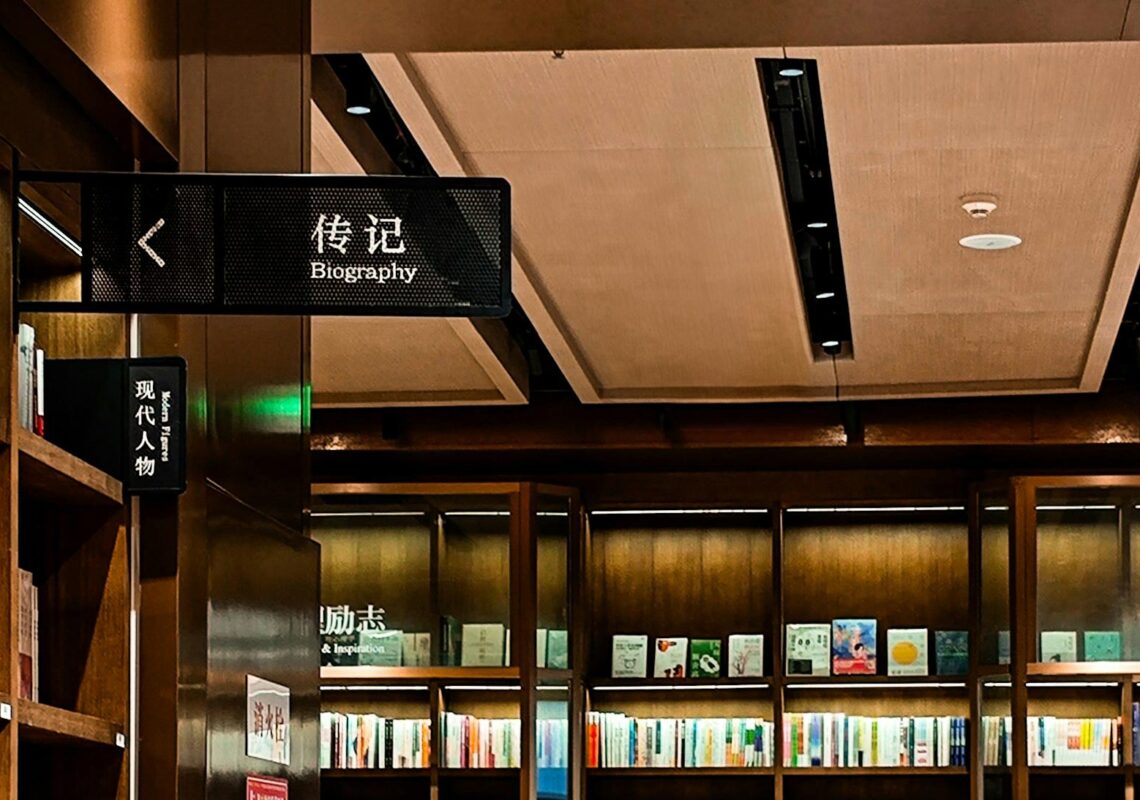
Now accepting CVs for a major translation project! Apply by October 15, 2025.

Call for application for University Assistant Professor in Buddhist Studies (Mahayana), University of Cambridge. Application deadline September 30, 2025

June 19, 2025, 2 pm London, with John Kieschnick (Stanford University). In person and online, Rooms 8 & 9, Faculty of Asian & Middle Eastern Studies, University of Cambridge.

June 19, 2025, 2:00-4:00 pm (Paris), with David L. Wank (Sophia University) and Yoshiko Ashiwa (Hitotsubashi University). In person, Auditorium Dumézil, Inalco.
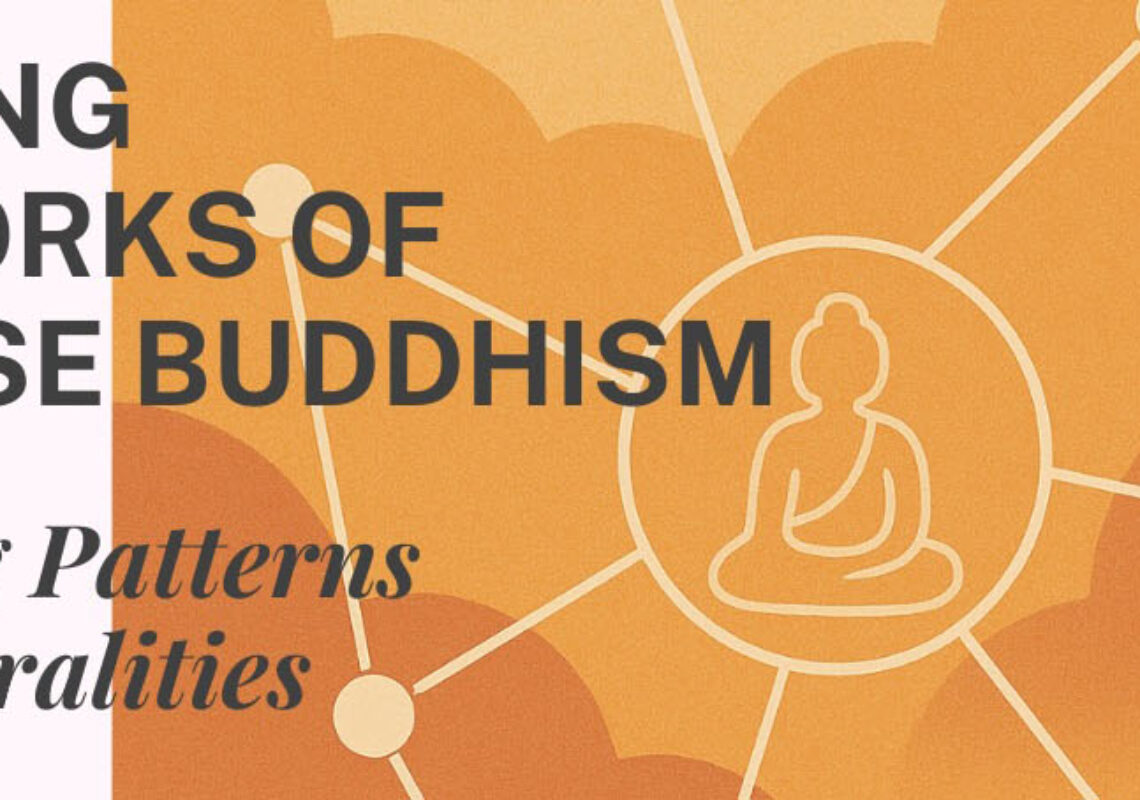
June 19–20, 2025. In person, Auditorium Dumézil, Maison de la Recherche, or online. Inalco, Paris
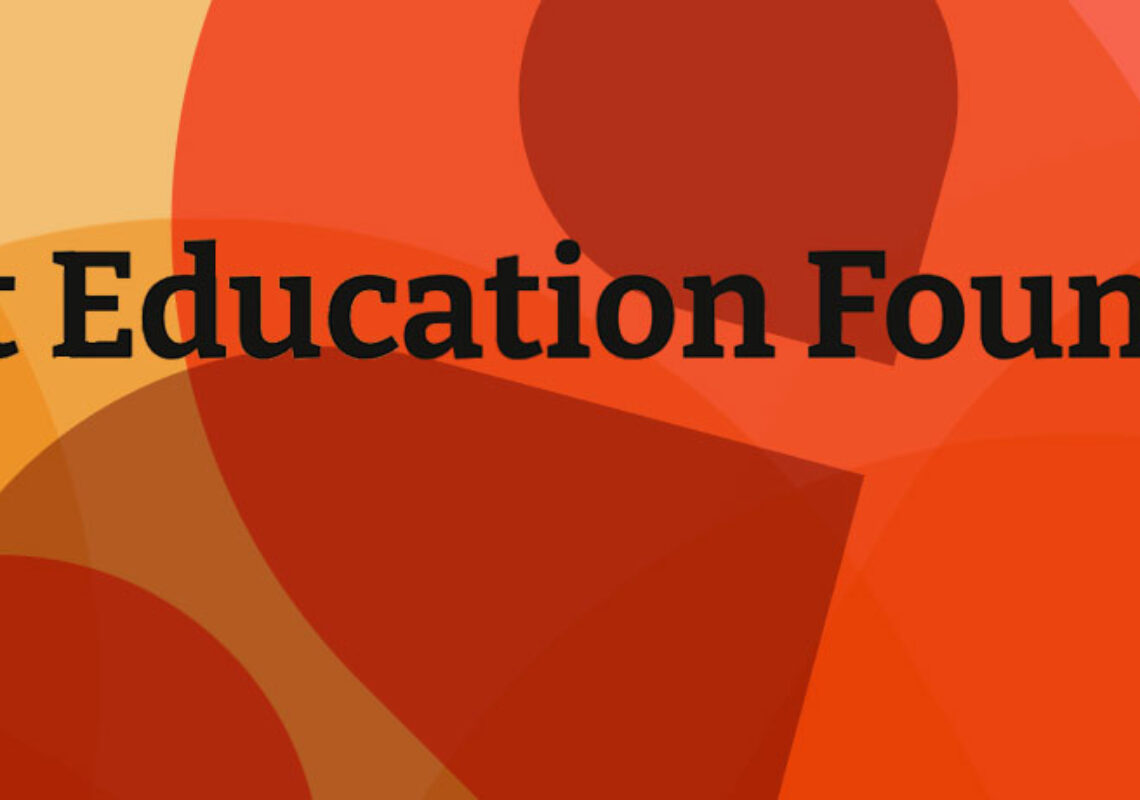
CFA due April 15, 2025.

CFP due April 15, 2025.

April 10, 5:30 pm ET, with R. John Williams (Yale University). Harvard University.
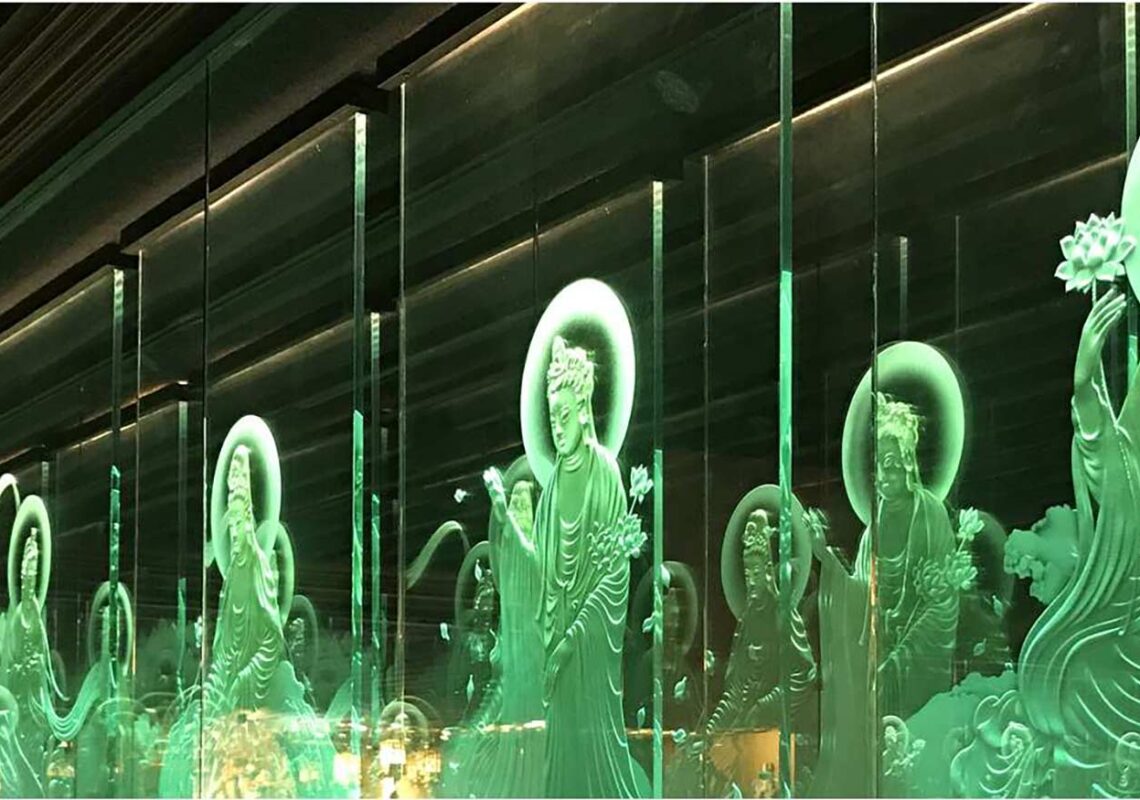
CFA due April 15, 2025. June 26 – July 1, 2025. Ghent University.
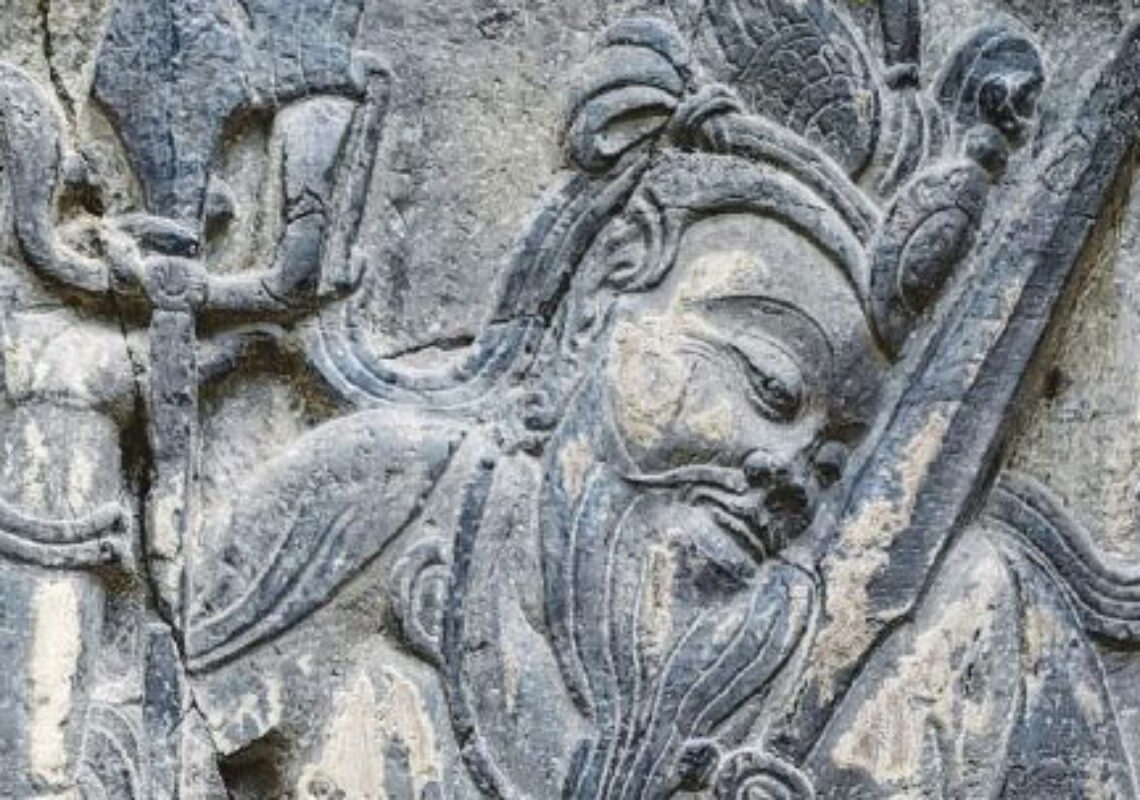
Twelfth volume of Brill Book Series: Beyond the Silk and Book Roads. By Yi Liu, edited by Jinhua Chen.

Eleventh Volume of “Hualin Series on Buddhist Studies”. Edited by Ru Zhan and Jinhua Chen.
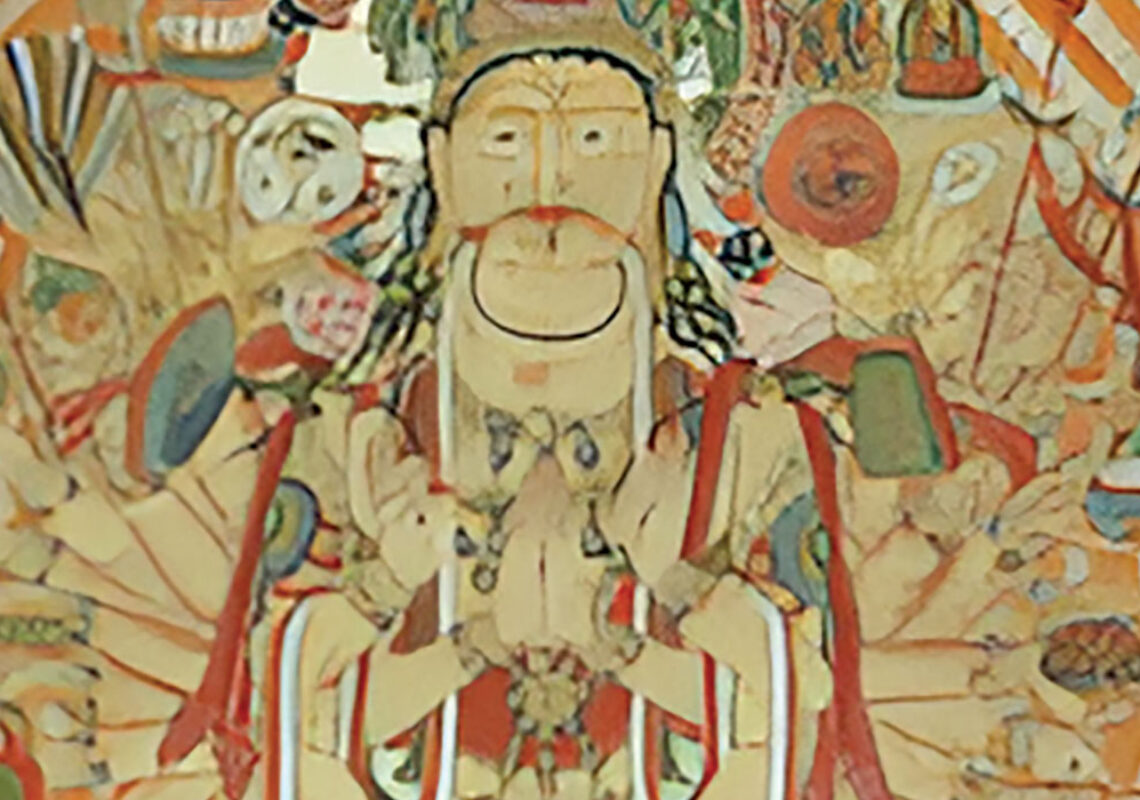
Tenth Volume of “Hualin Series on Buddhist Studies”. Edited by Ru Zhan and Jinhua Chen.
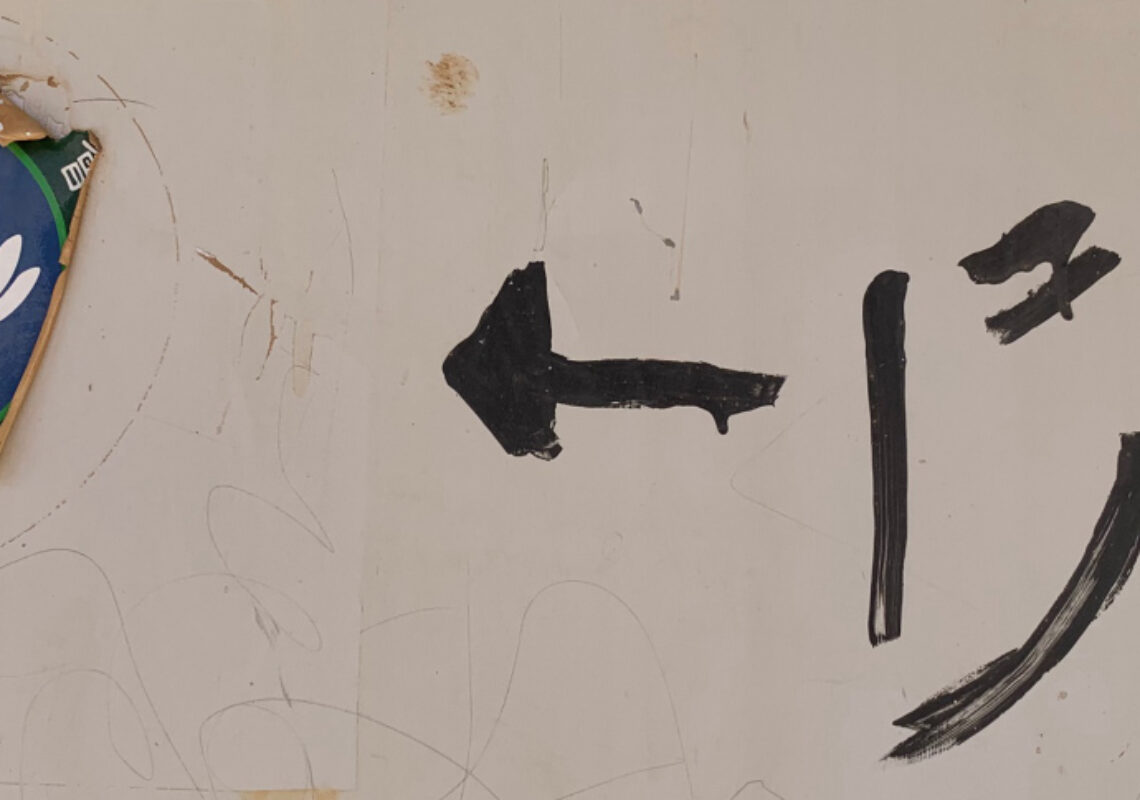
Stefania Travagnin (SOAS). February 21, 2:00 pm London. University of Oxford.

John D. Dunne (University of Wisconsin – Madison). January 17, 4:30 pm EST. In-person and online, Princeton University.

January 16-17, 2025. Princeton University.

The Institute of South and Central Asian Studies at Leipzig University welcomes Prof. Dr. Dagmar Schwerk as the new Professor for Tibetology.
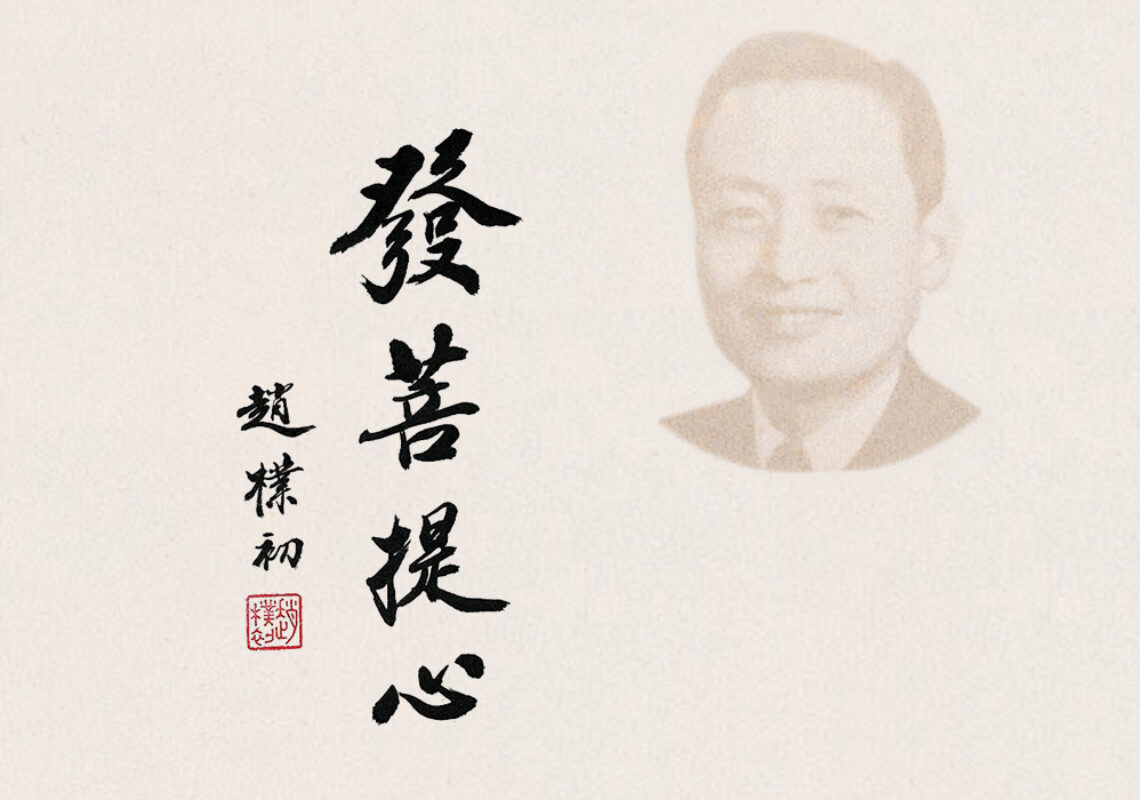
October 25, 2024, 6 pm PST, with Sheng Kai (Tsinghua University). Online via Zoom and YouTube
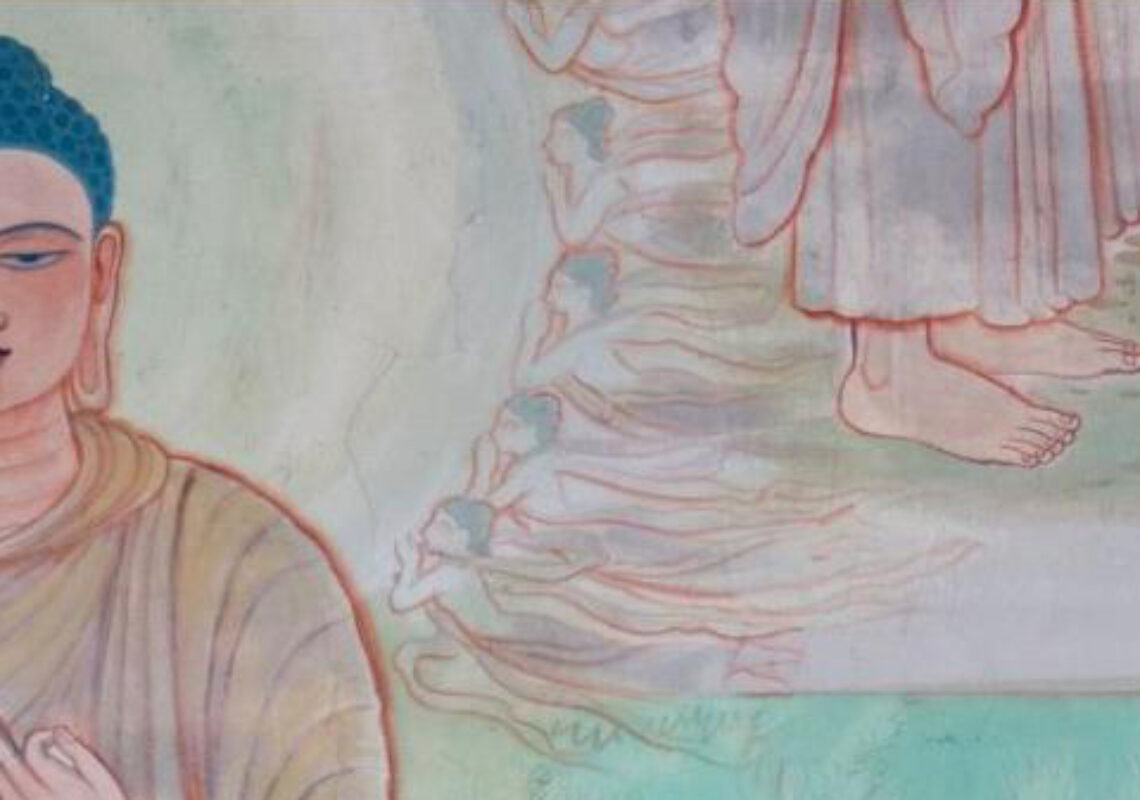
October 17–19, 2024. Royal Museum of Mariemont, Ghent, Belgium.
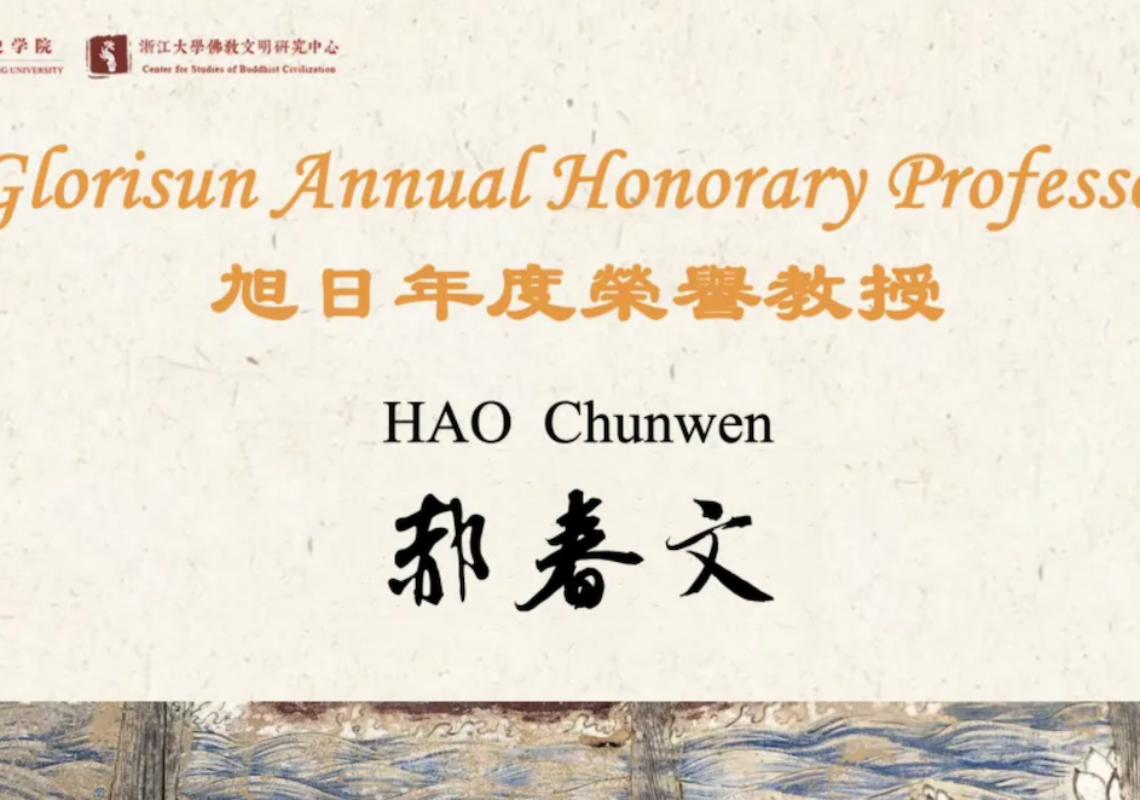
2024 Glorisun Annual Honorary Professor: HAO Chunwen (郝春文)
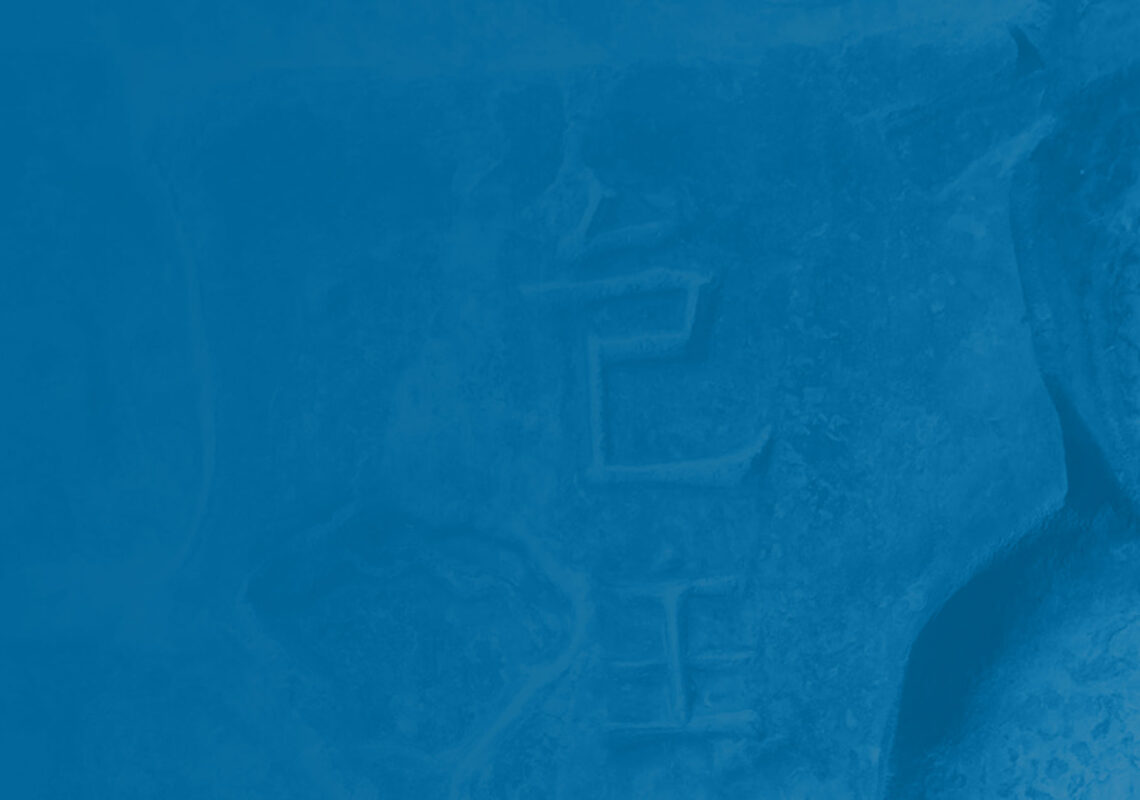
New open access book edited by Jinhua Chen and Sheng Kai
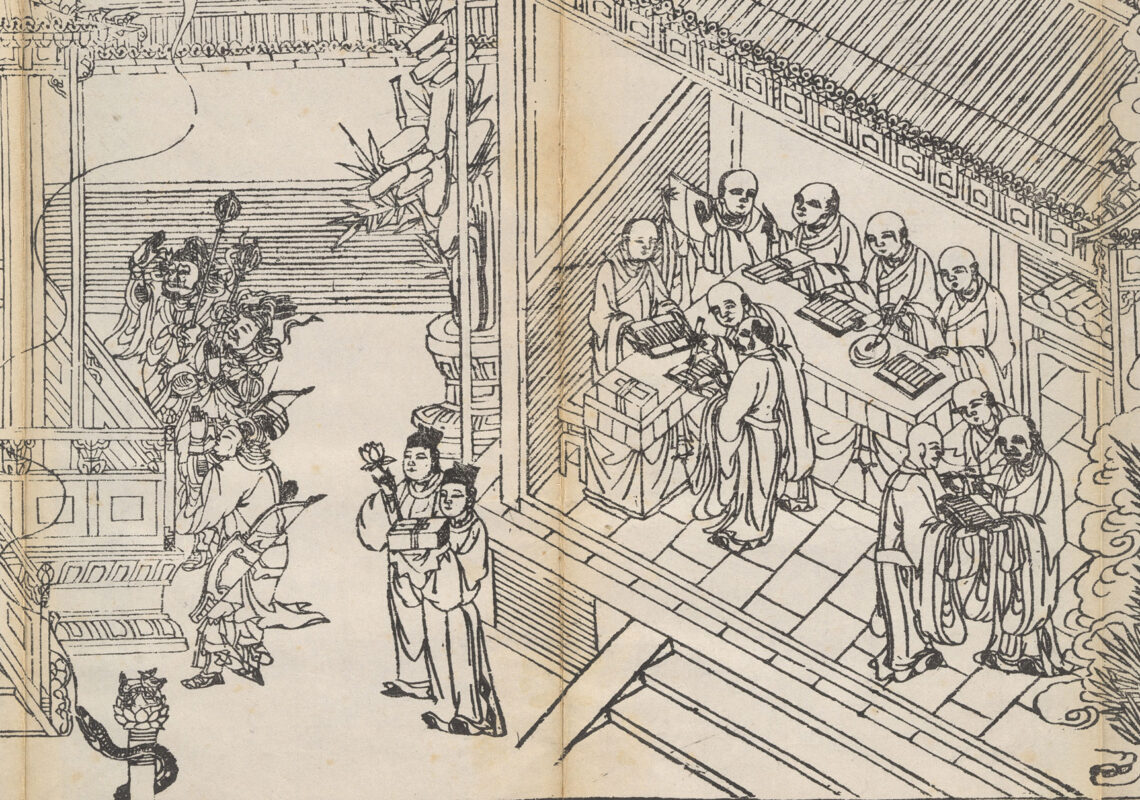
August 23–26, 2024. Lian Shan Shuang Lin Monastery, Singapore
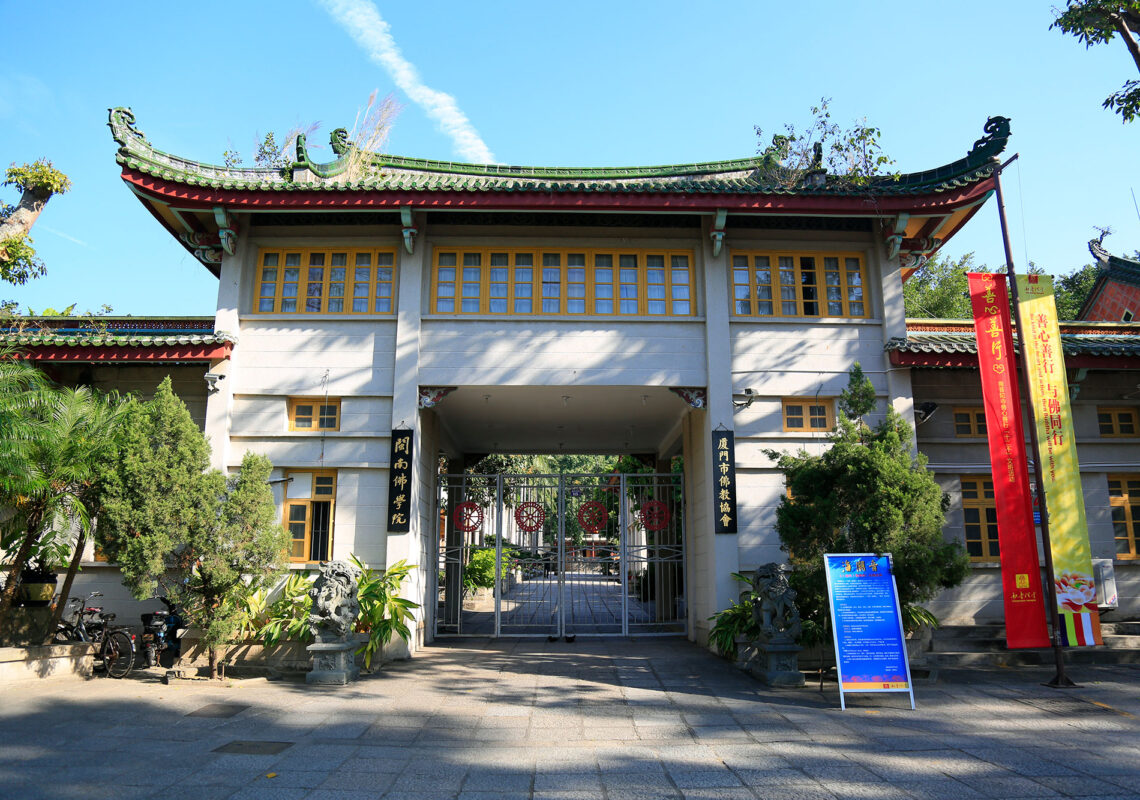
August 18–21, 2024. Buddhist College of Minnan, South Putuo, Xiamen, China

August 16–19, 2024. Zhejiang University, Hangzhou 杭州, Zhejiang, China
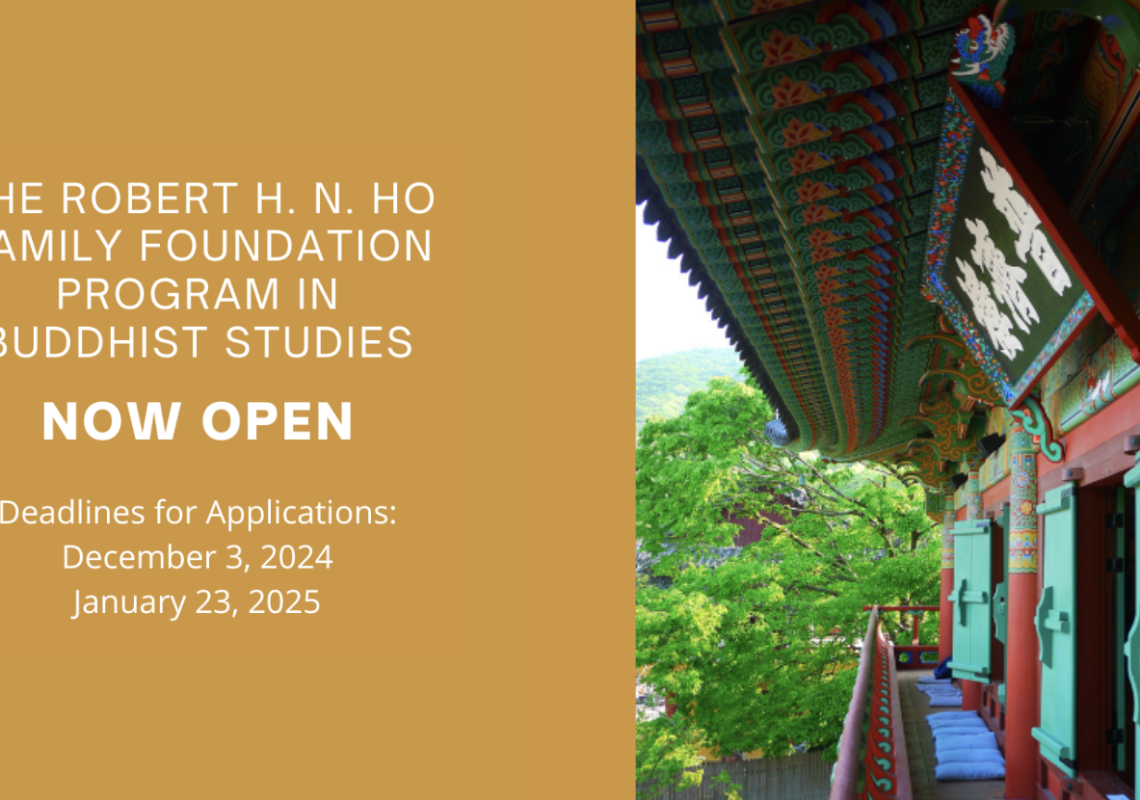
Fellowship, grant, and professorship opportunities with The Robert H. N. Ho Family Foundation Program in Buddhist Studies. Application deadlines December 3, 2024 and January 23, 2025.
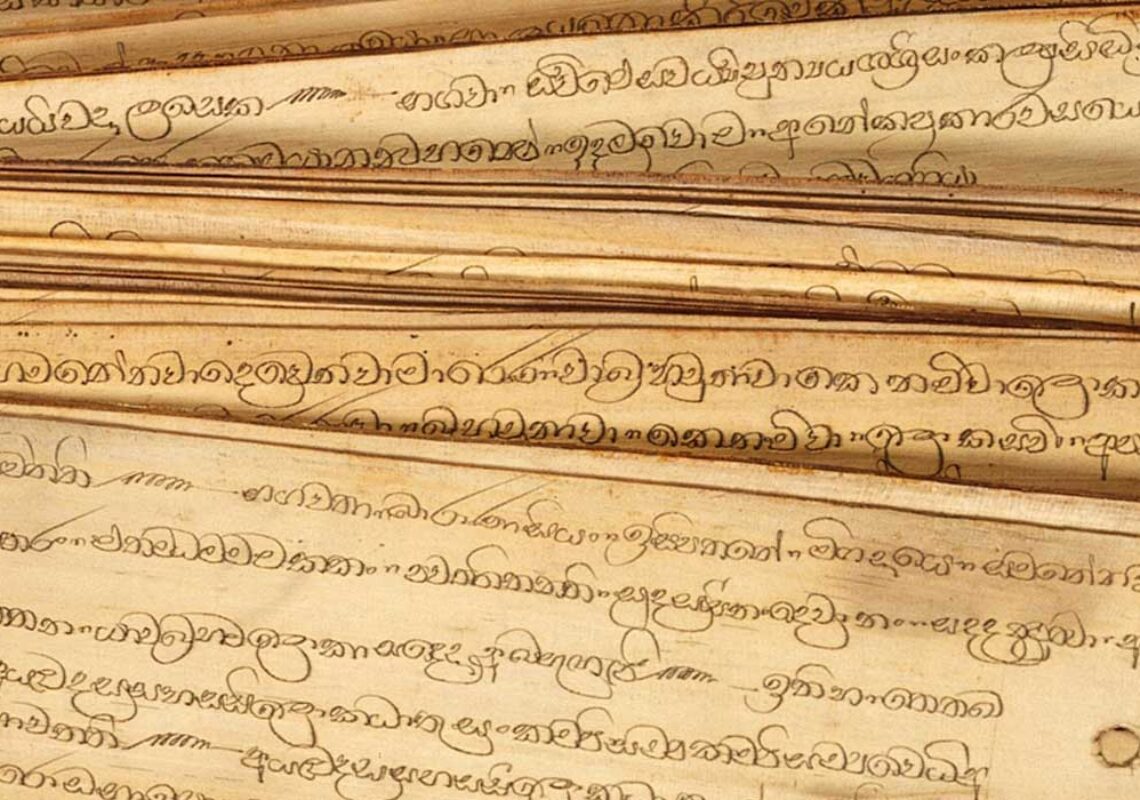
August 11–15, 2024. Great Bamboo Grove Monastery, Mount Wutai, Shanxi, China

New open access book edited by Ru Zhan and Jinhua Chen
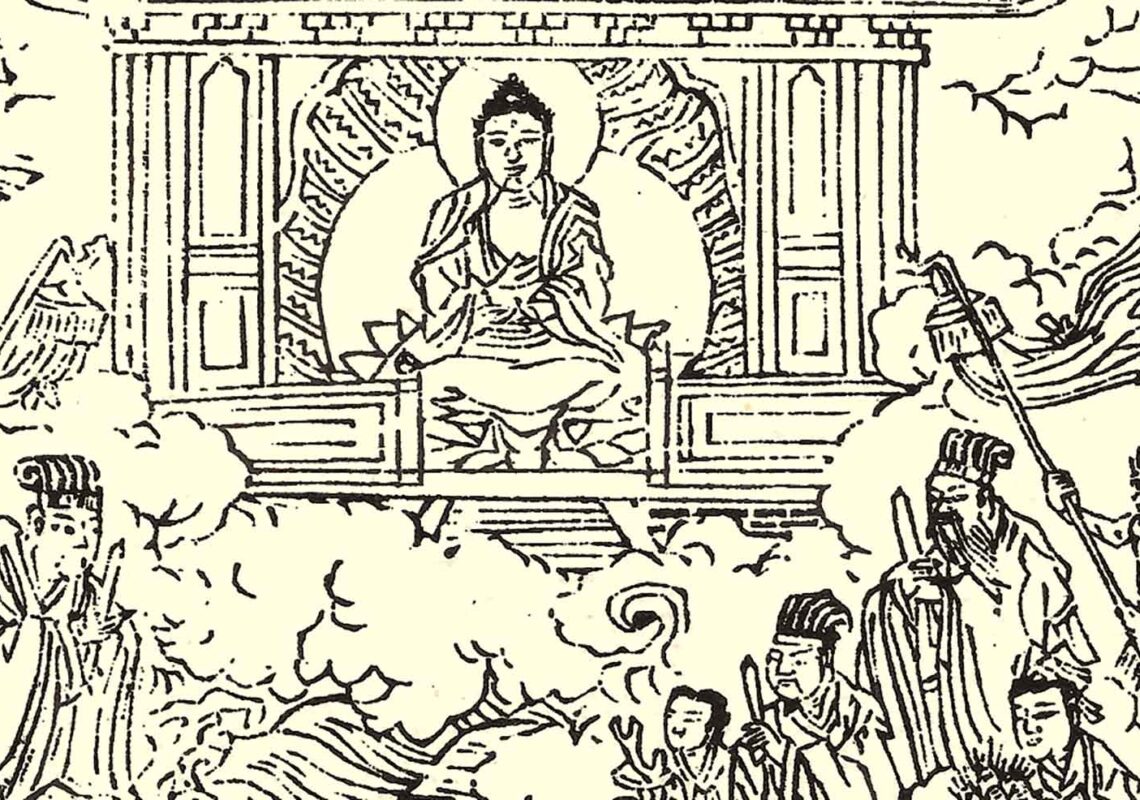
July 8 to 10, 2024. In person, Newnham College, University of Cambridge, Cambridge, United Kingdom.
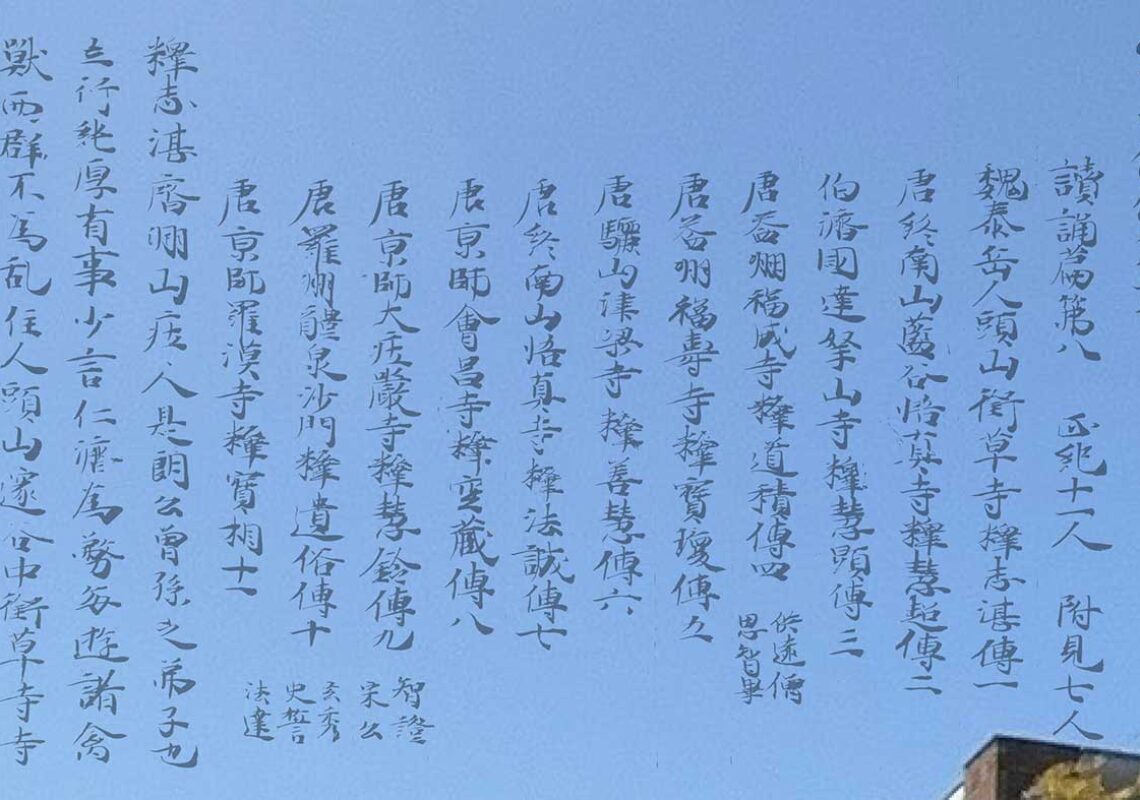
July 23–24, 2024. International College for Postgraduate Buddhist Studies, Japan
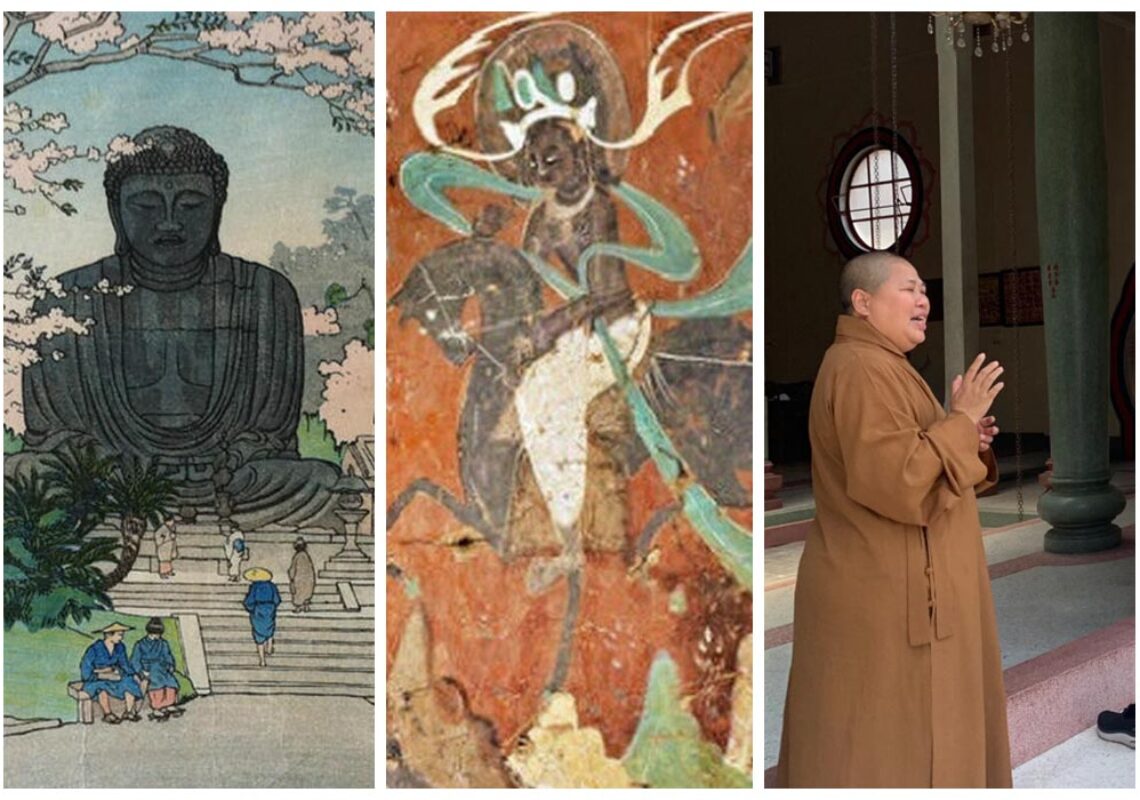
Registration closes June 20. June 22–23, 2024. Vandenhove Pavilion, Ghent
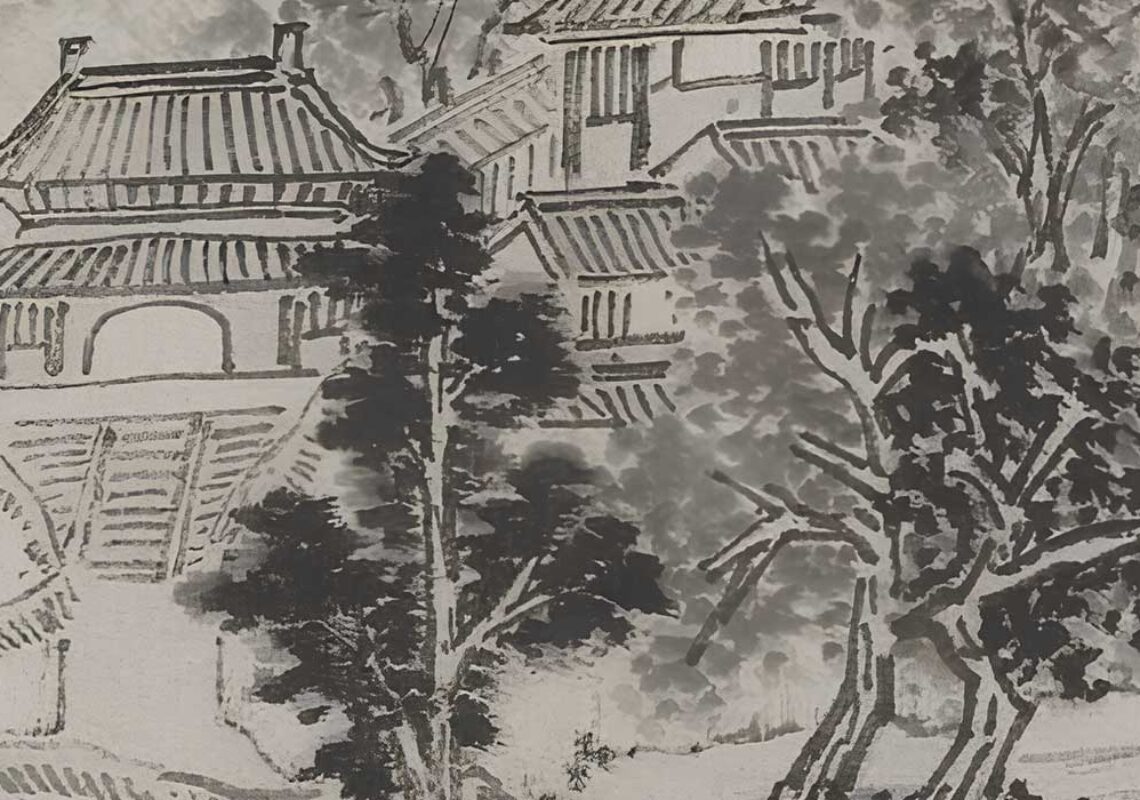
Ninth Volume of “Hualin Series on Buddhist Studies”. Edited by Jinhua Chen and Dewei Zhang.
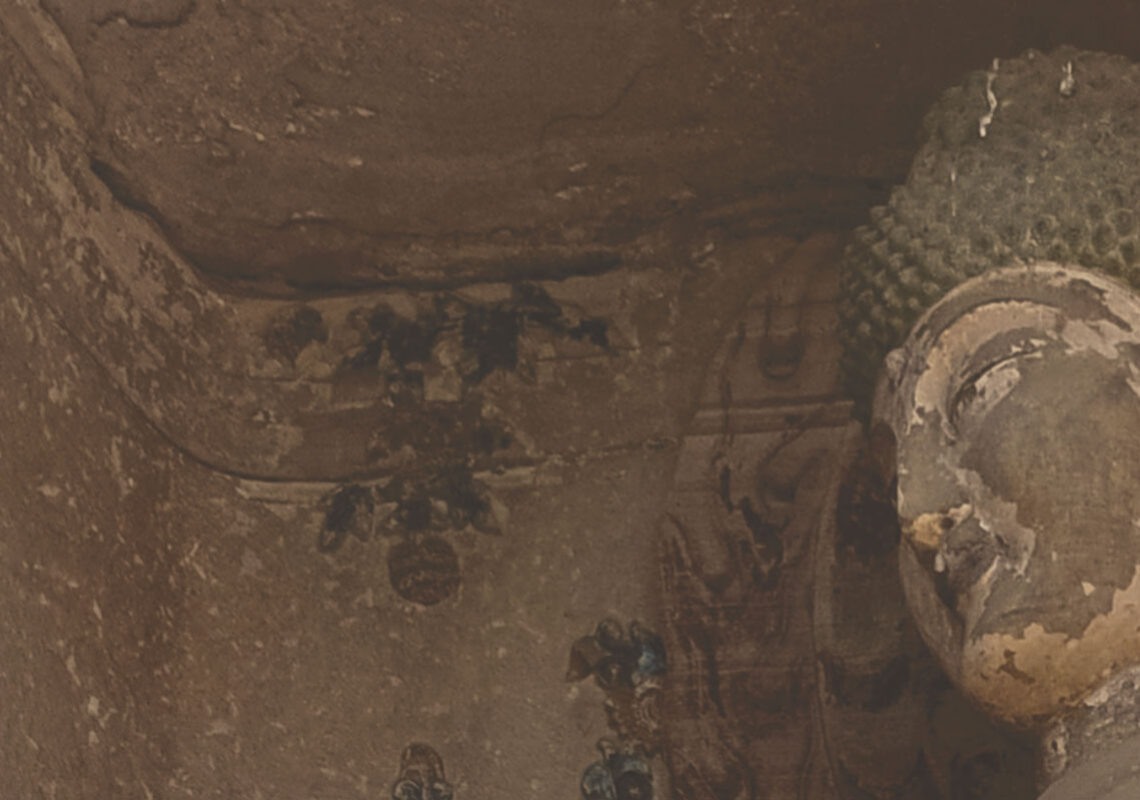
Eighth Volume of “Hualin Series on Buddhist Studies”. Edited by Ru Zhan and Jinhua Chen.

We are pleased to announce the release of the fourth volume in the SCR SPIB series published by Routledge. Edited by Jinhua Chen

We are pleased to announce the release of the third volume in the SCR SPIB series published by Routledge. Edited by Jinhua Chen
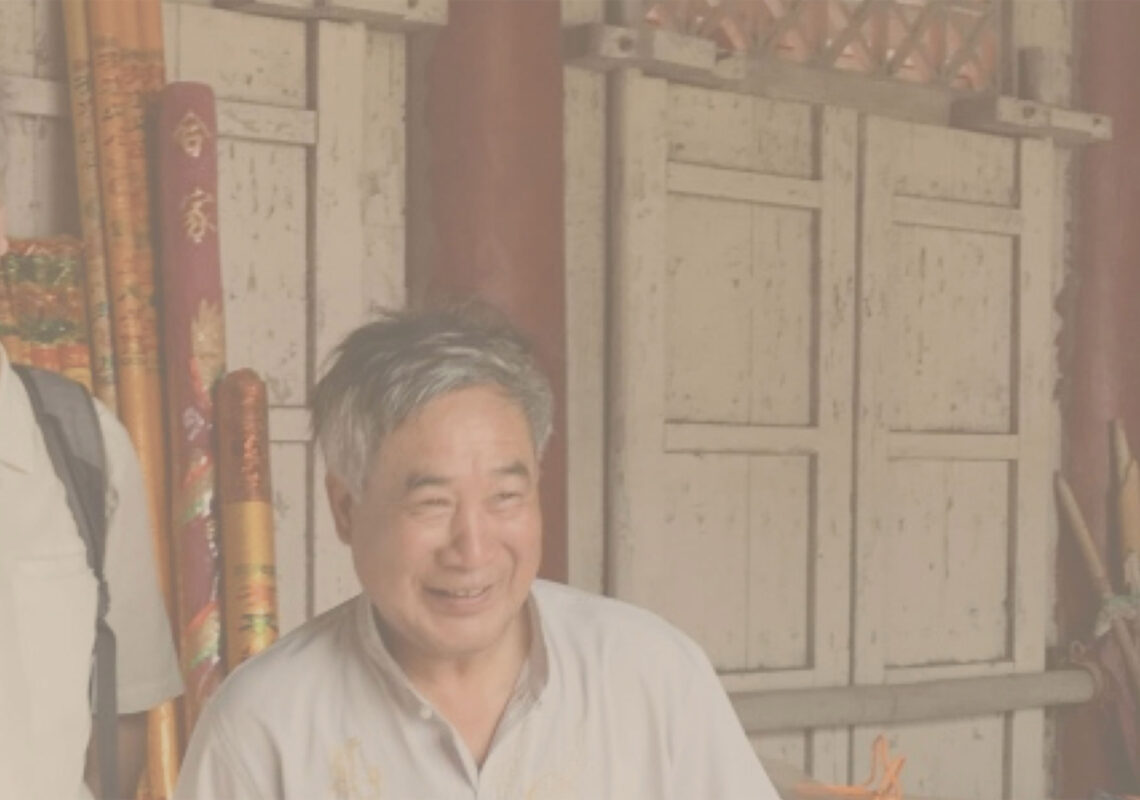
May 31, 2024, 10 am Paris, with Jan Kiely (Geneva Graduate Institute). In person, Auditorium Dumézil, Inalco, and online.
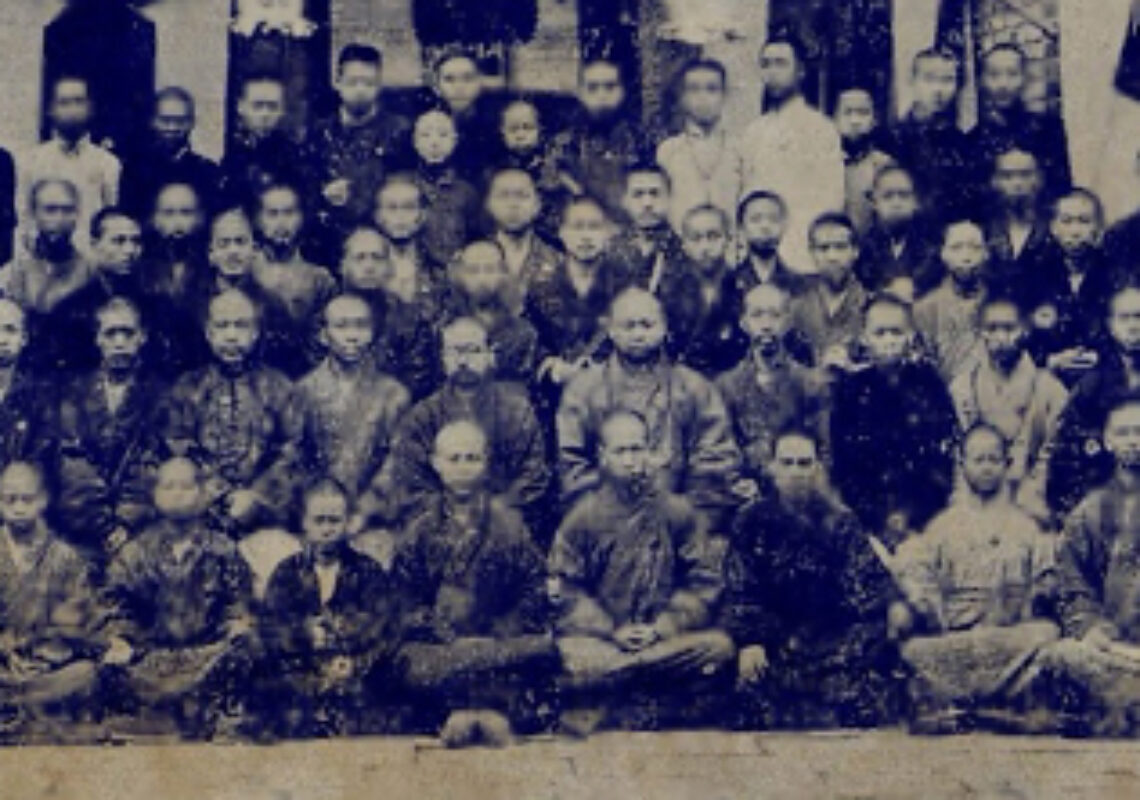
May 14, 2024, 2 pm London, with Rongdao Lai (McGill University). In person, Runcie Room, Faculty of Divinity, University of Cambridge
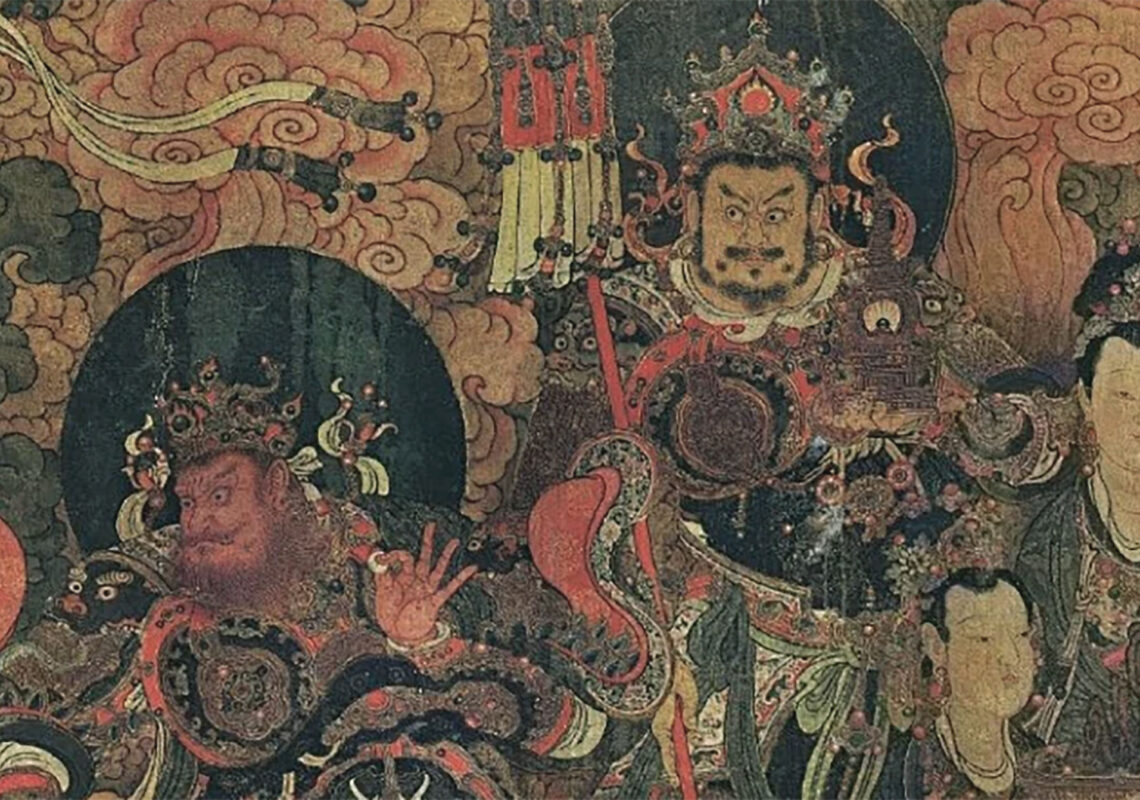
April 27-28, 2024. In person, Buddhist Studies, Peking University, Beijing.
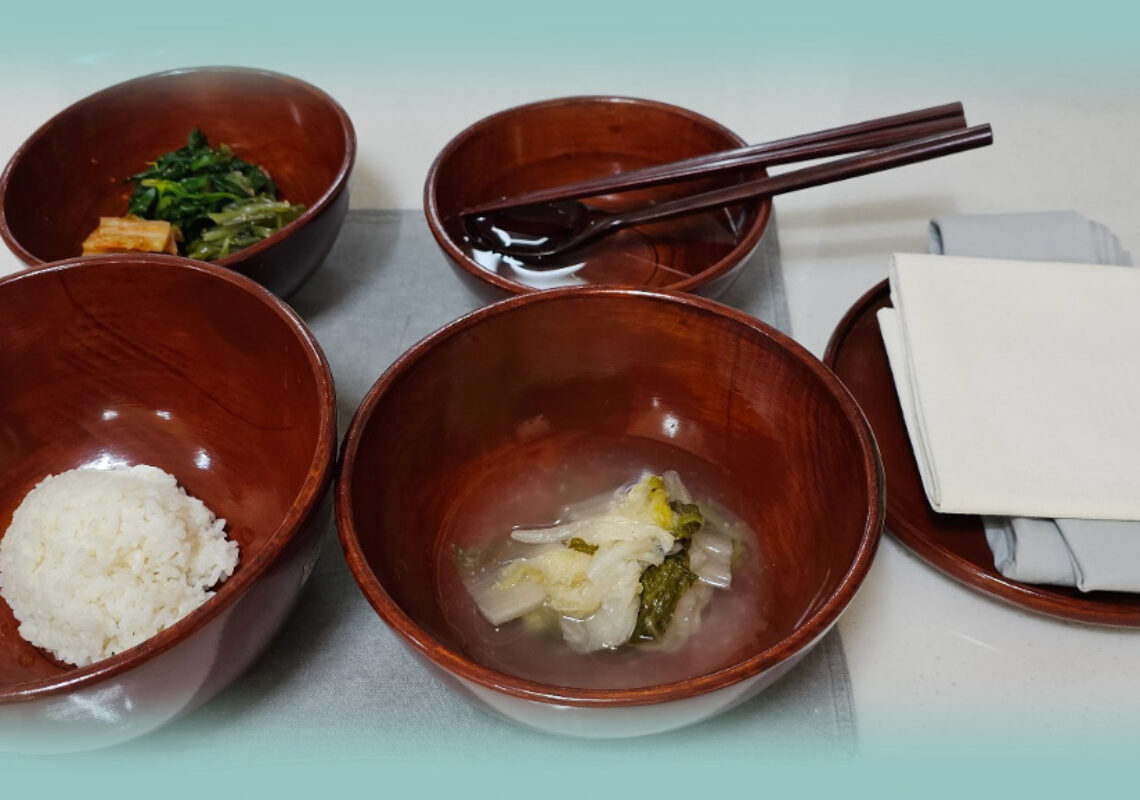
April 20, 2024. In person, University of Oxford China Centre, Dickson Poon Building, Canterbury Road, Oxford.
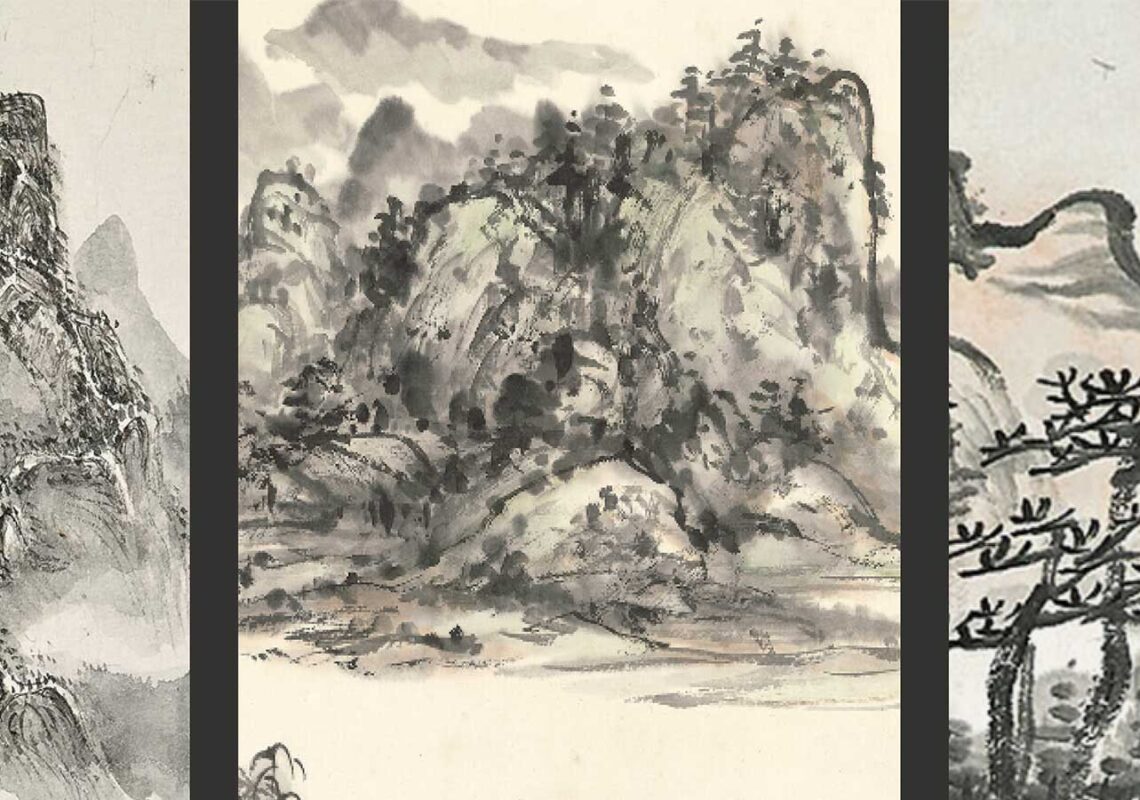
April 18, 2024, 5:30 pm EDT, with Lei Liang (University of California, San Diego). In person, Rm 422, 485 Broadway, Harvard University, and online.

Articles from inaugural issue (Vol. 1, No. 1) of Yin-Cheng Journal of Contemporary Buddhism (YCJCB) now available.
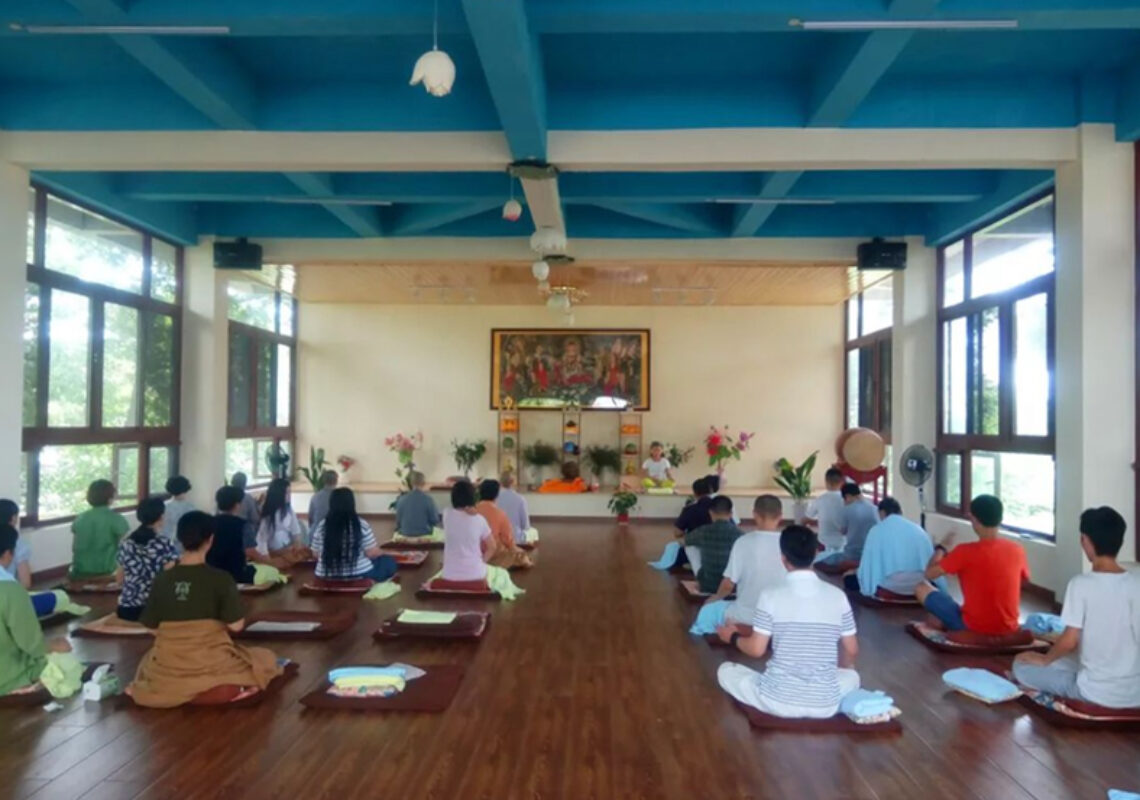
March 28, 2024, 4 pm PDT, with Ester Bianchi (University of Perugia). In person, Room 604, Asian Centre, UBC, and online
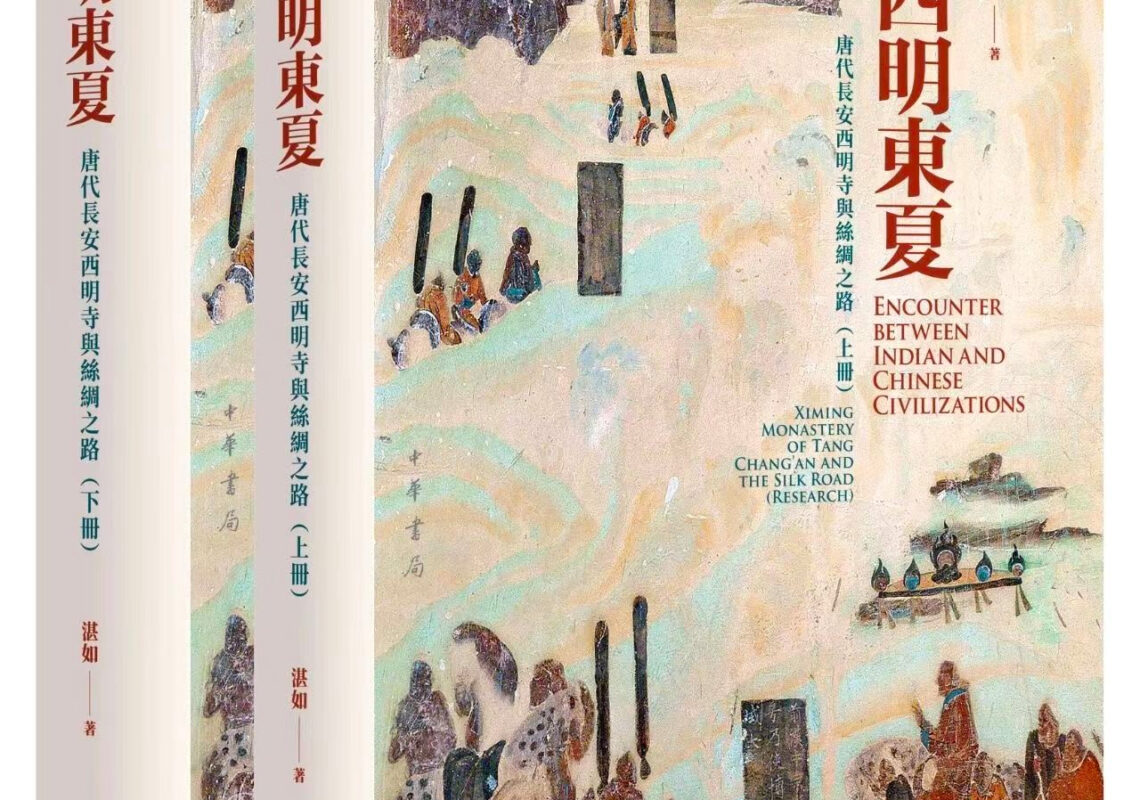
Congratulations to Professor Zhan Ru!
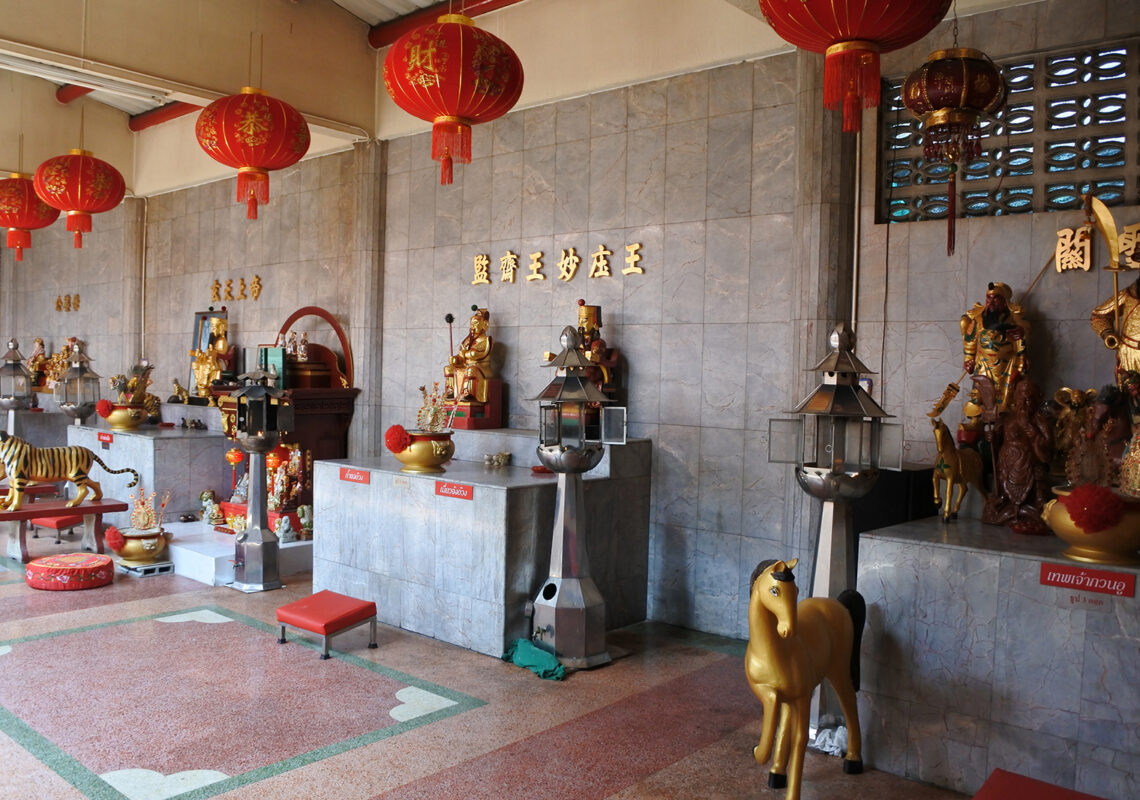
June 17-21, 2024. Ghent University.
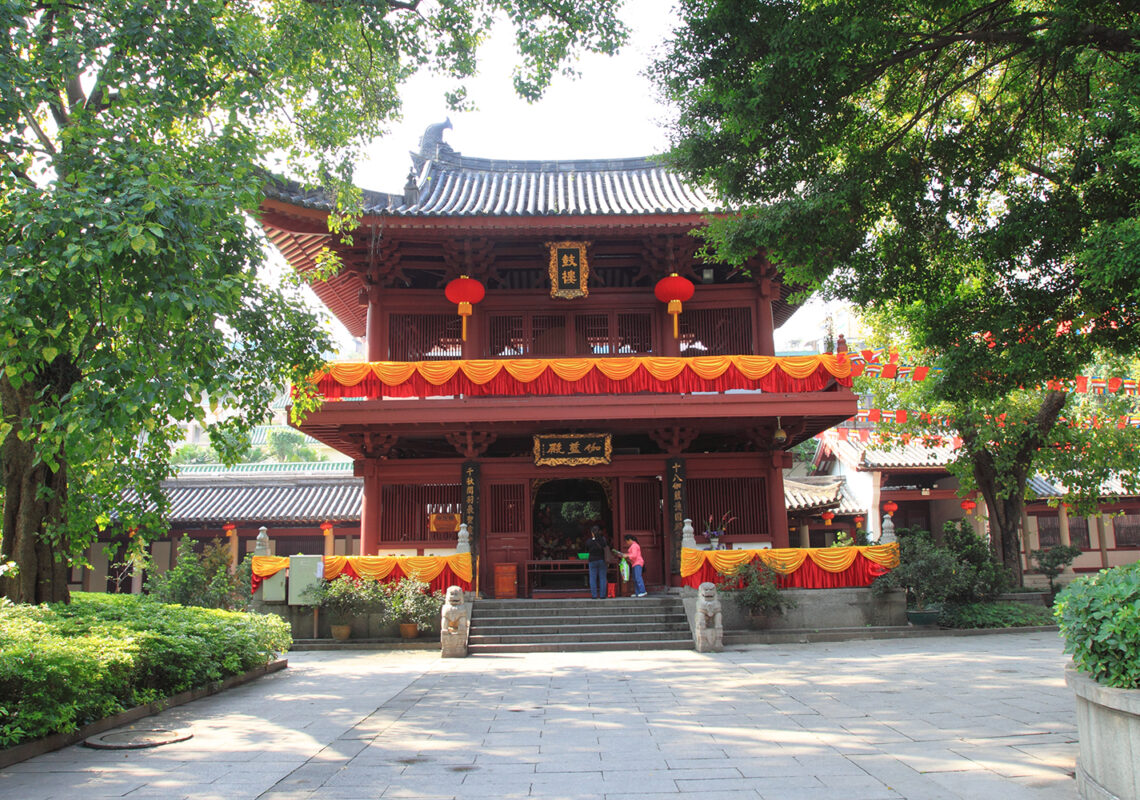
Mitacs report by Vivian Li, UBC
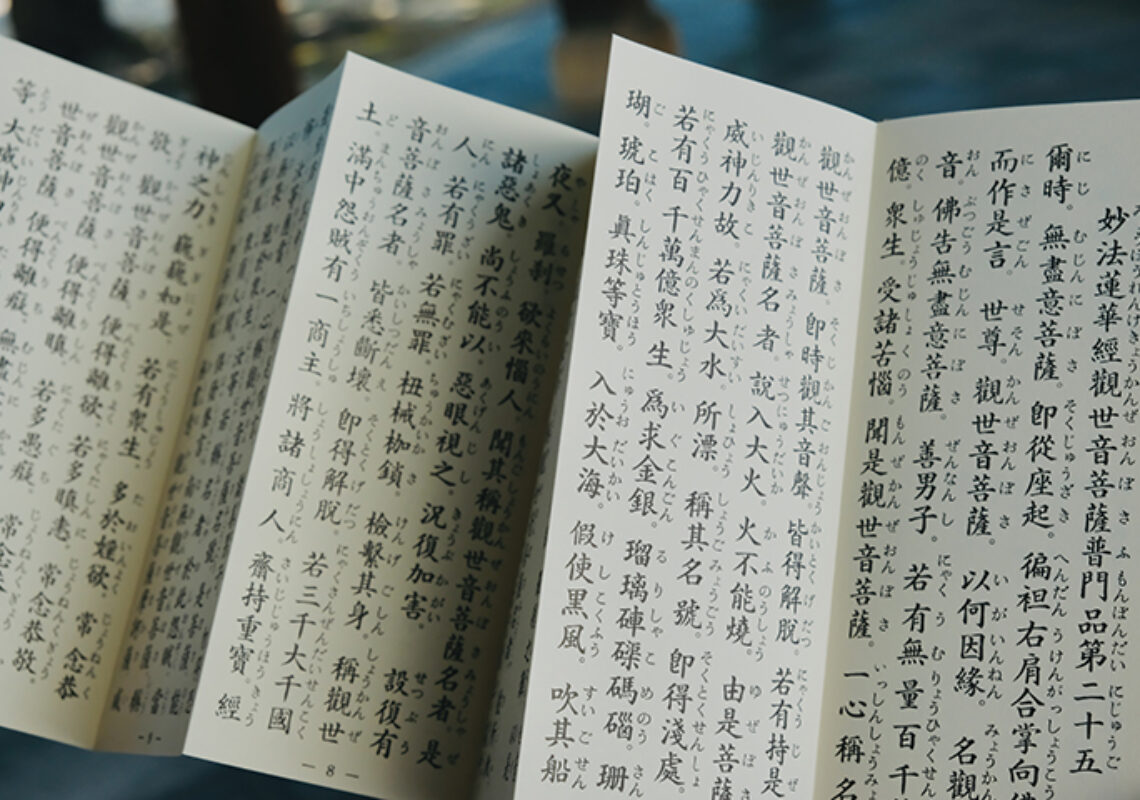
Mitacs report by Long Gu, East China Normal University
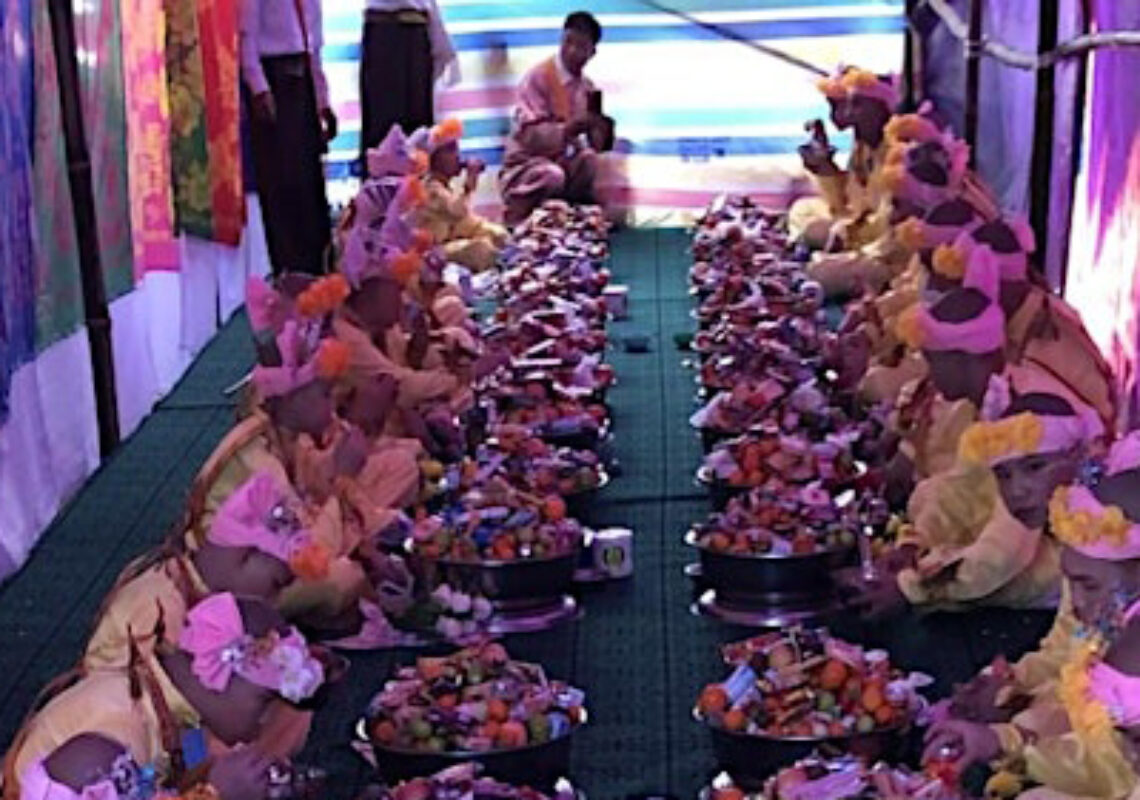
June 29, 2024. In person, University of Oxford, Weston Lecture Theatre, Weston Library, Broad Street, Oxford.

March 7–9, 2024. In person and online, Harvard Divinity School.

February 15, 2024, with Janet Gyatso (Harvard Divinity School). In person, Princeton University, East Pyne Building, 010
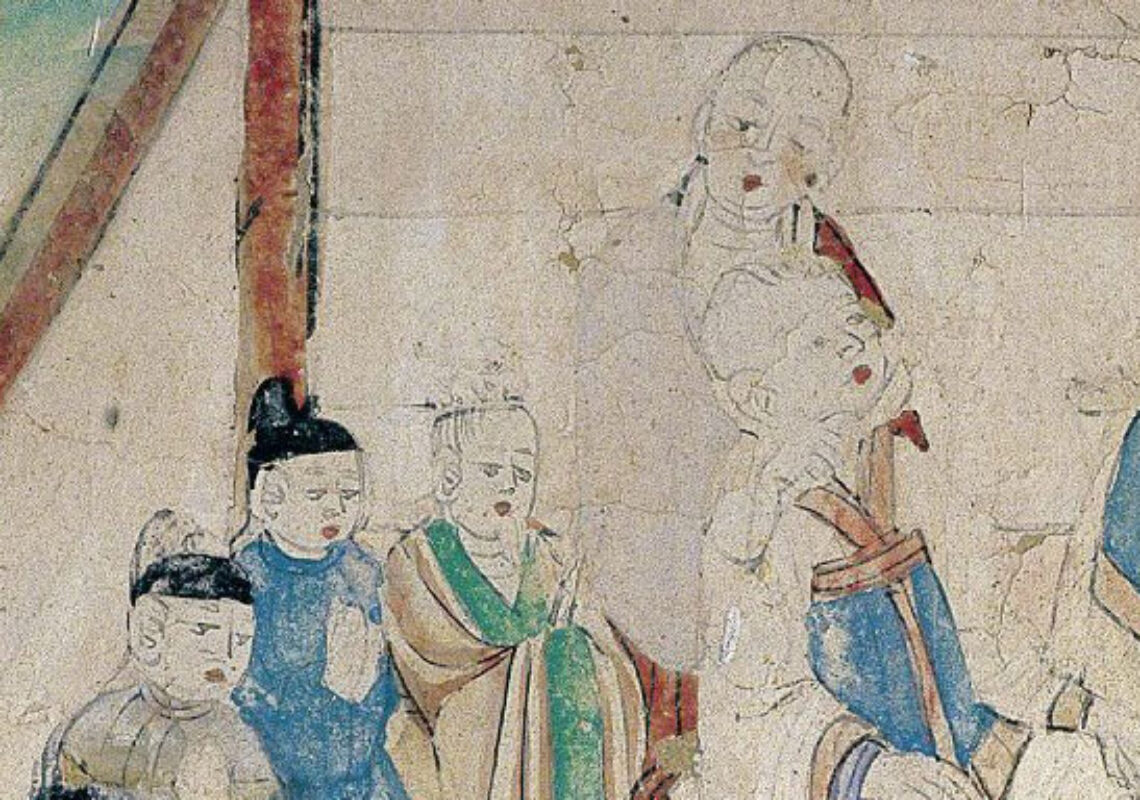
Tenth volume of Brill Book Series: Beyond the Silk and Book Roads. By Anna Sokolova.
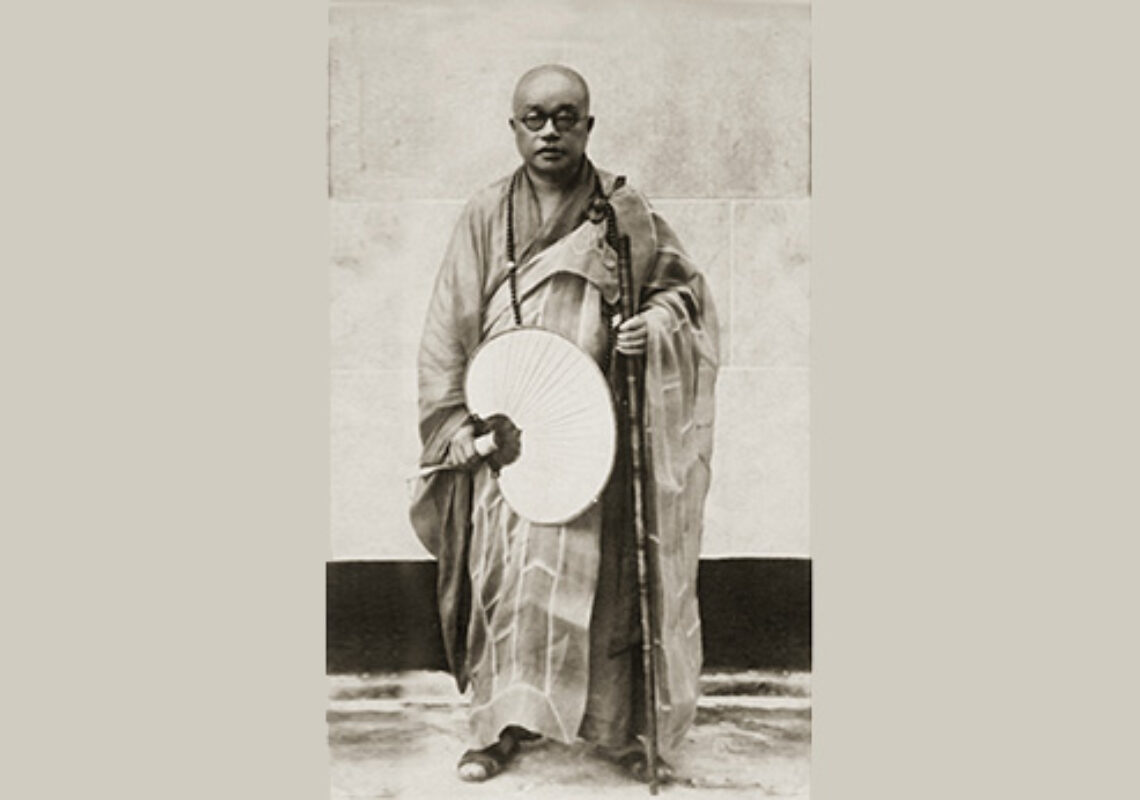
Mitacs report by Zhuo Wang, East China Normal University
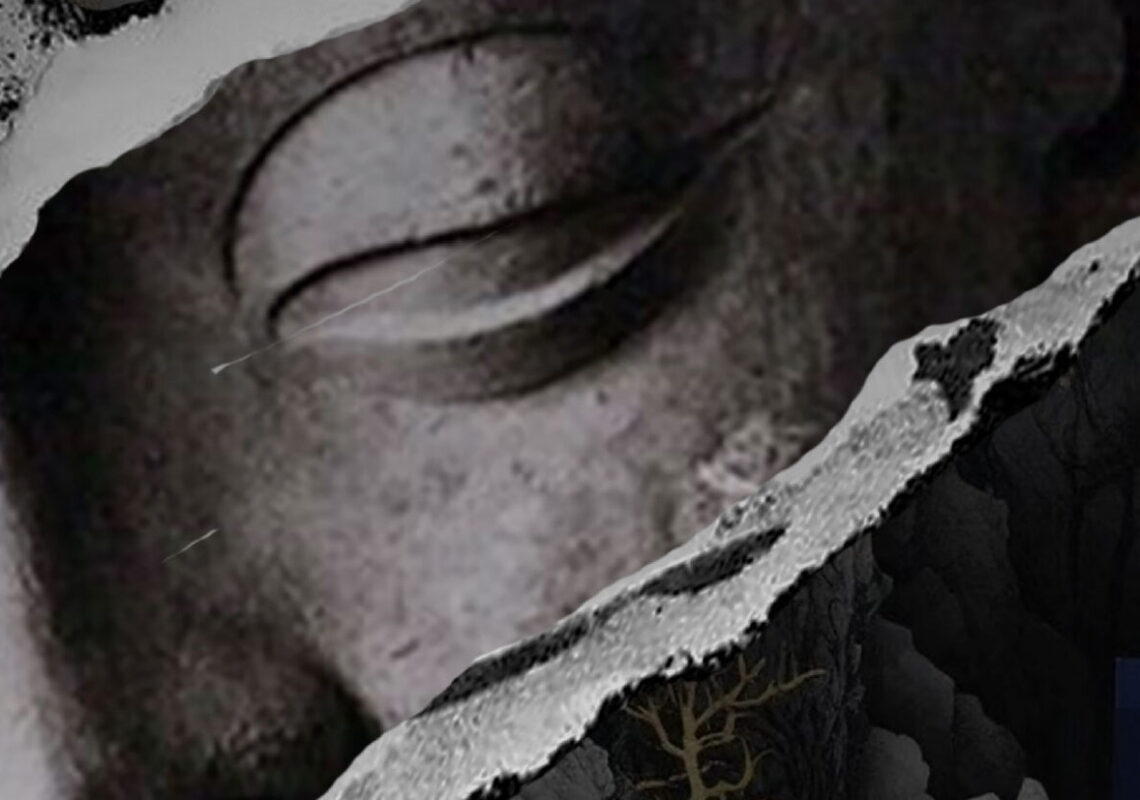
January 27, 2024, with Natasha Heller (University of Virginia). Online, live-streamed via YouTube.
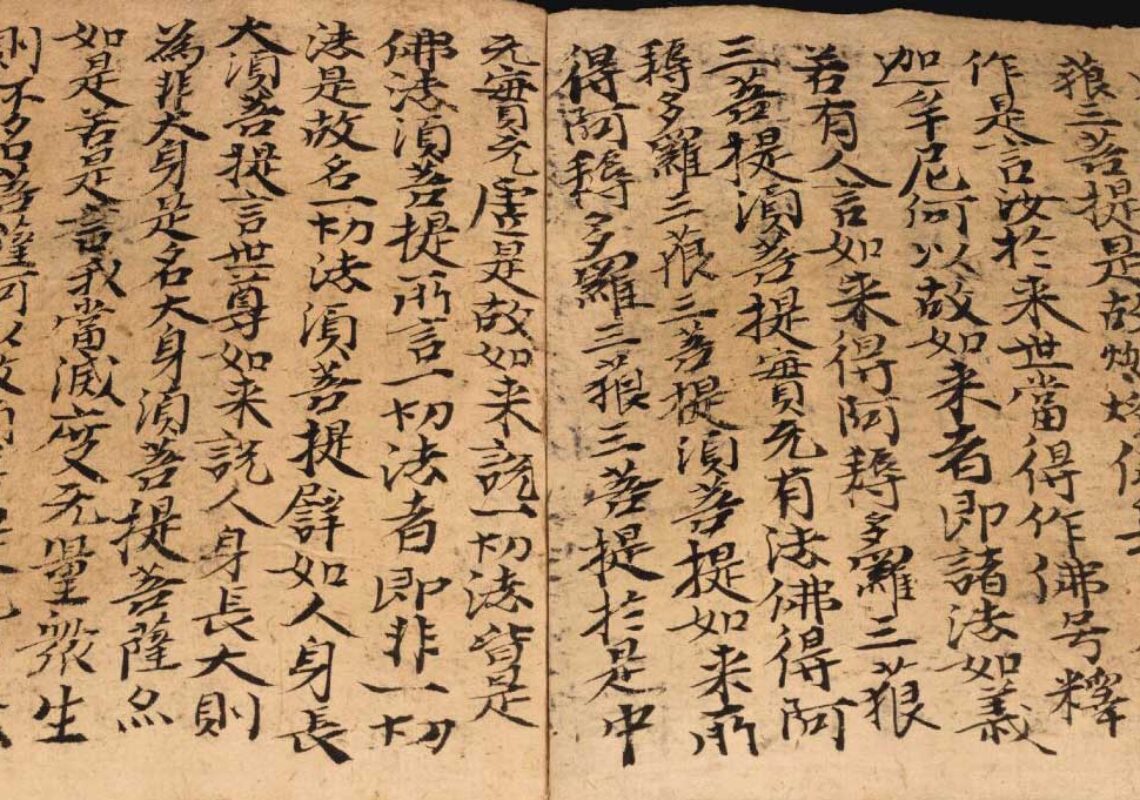
Eleventh volume of Brill Book Series: Beyond the Silk and Book Roads. Edited by Michelle C. Wang and Ryan Richard Overbey.
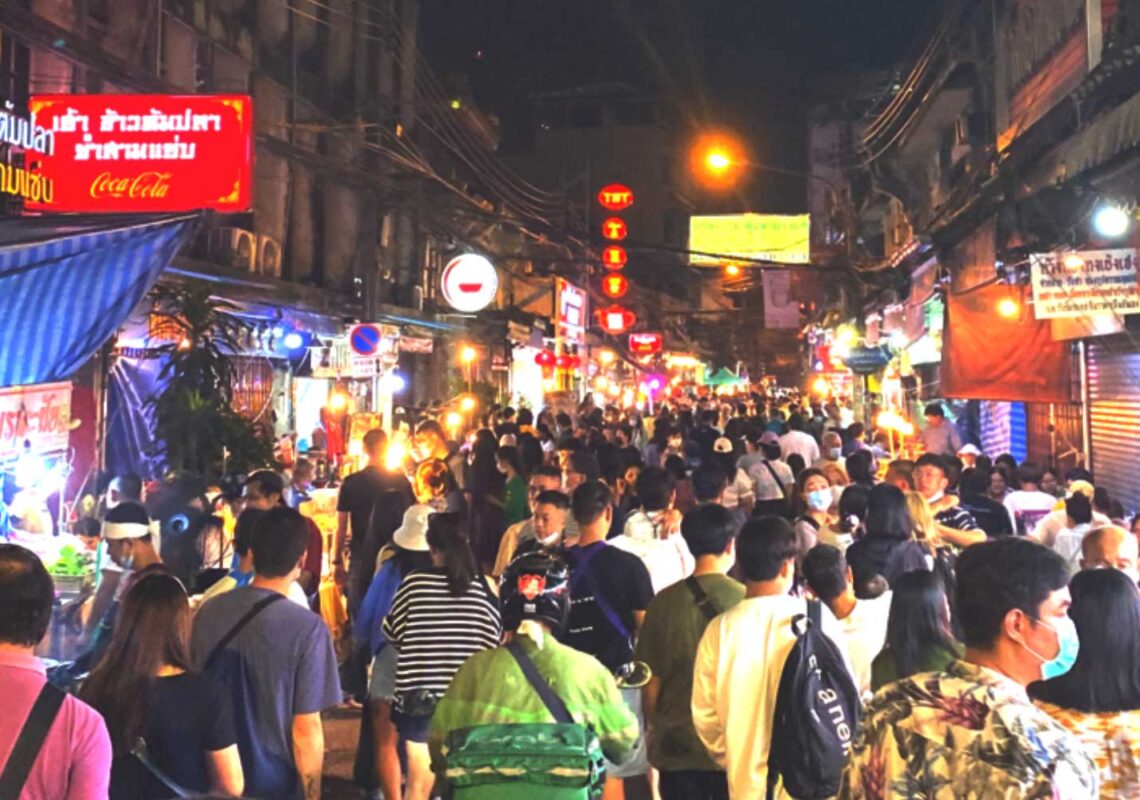
December 4, 2023, with Justin McDaniel (University of Pennsylvania). In person, University of Oxford, Spalding Room (3rd floor), Faculty of Asian and Middle Eastern Studies, and online

Ninth volume of Brill Book Series: Learning from the West, Learning from the East. Edited by Stephan Kigensan Licha and Hans-Martin Krämer
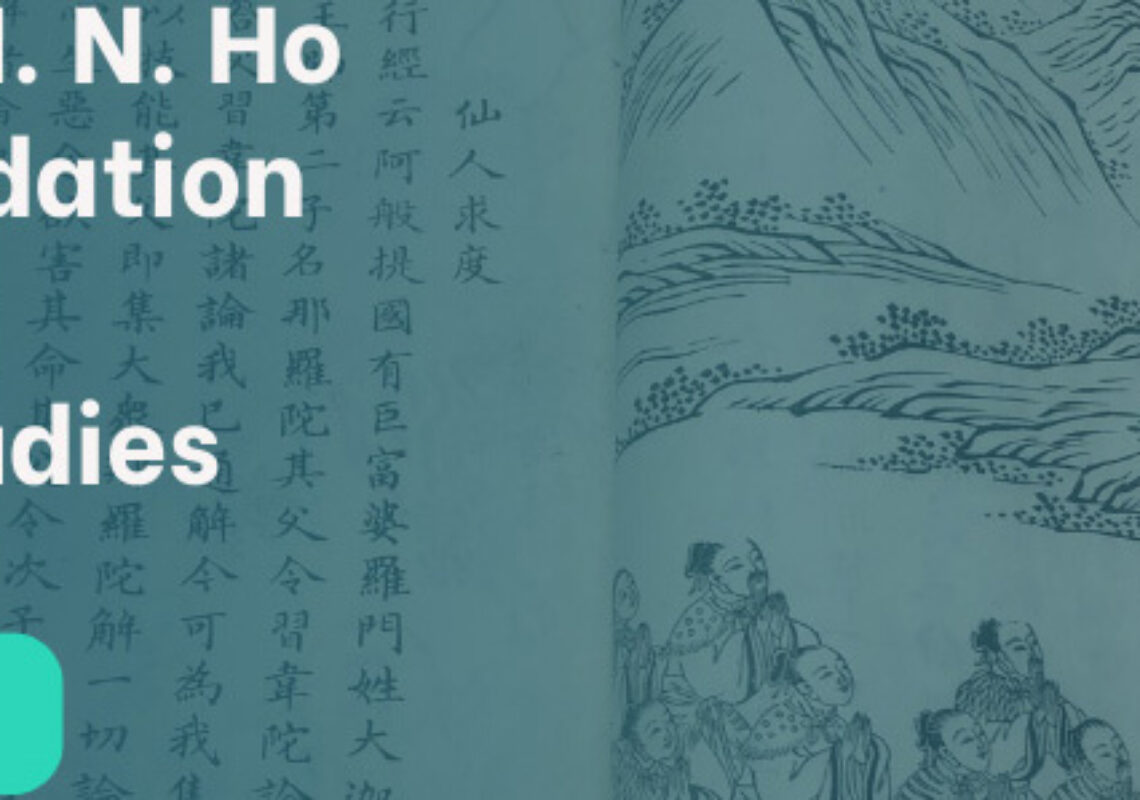
Fellowship, grant, and professorship opportunities with The Robert H. N. Ho Family Foundation Program in Buddhist Studies. Application deadlines November 30, 2023 and January 18, 2024
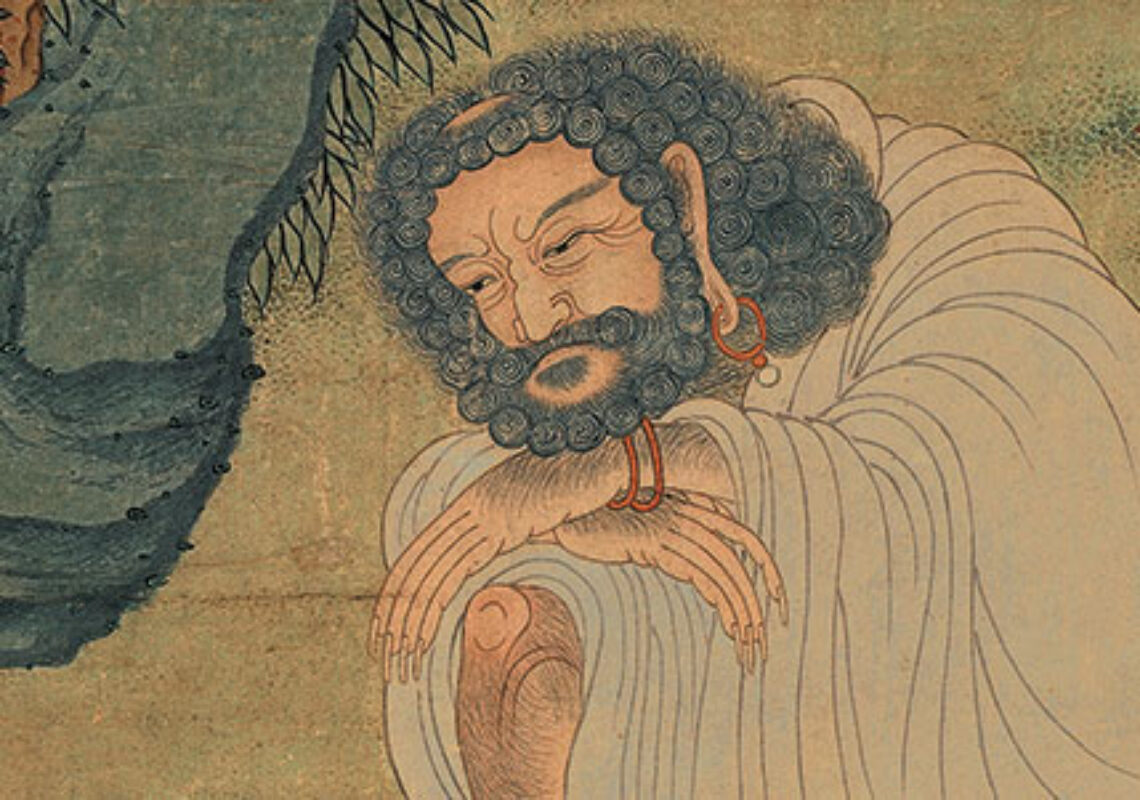
Seventh Volume of “Hualin Translation Series On Buddhist Studies” (Chinese). By Paul Williams, translated by Ji Yun.
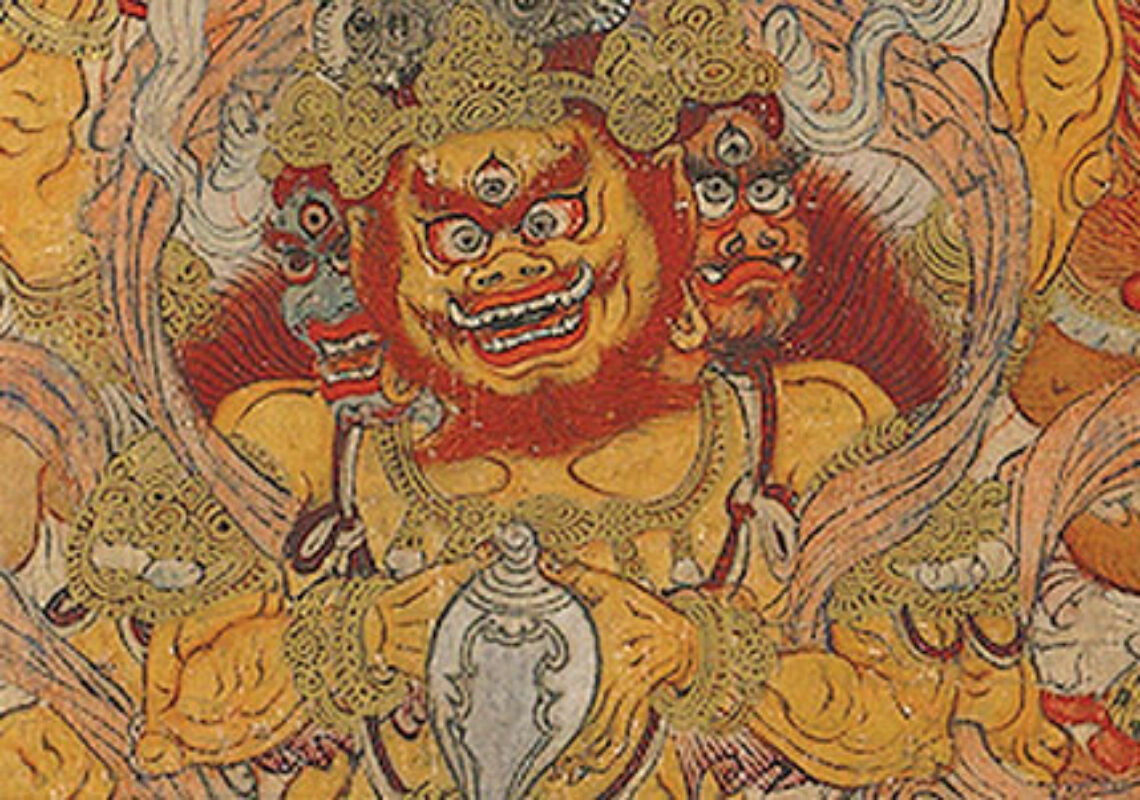
Sixth Volume of “Hualin Translation Series On Buddhist Studies” (Chinese). By Robert Sharf, translated by Zhao Lingyun, Jiang Huyu, Lin Fan, Lin Pei-ying, and Lin Wushi; collated by Ji Yun.
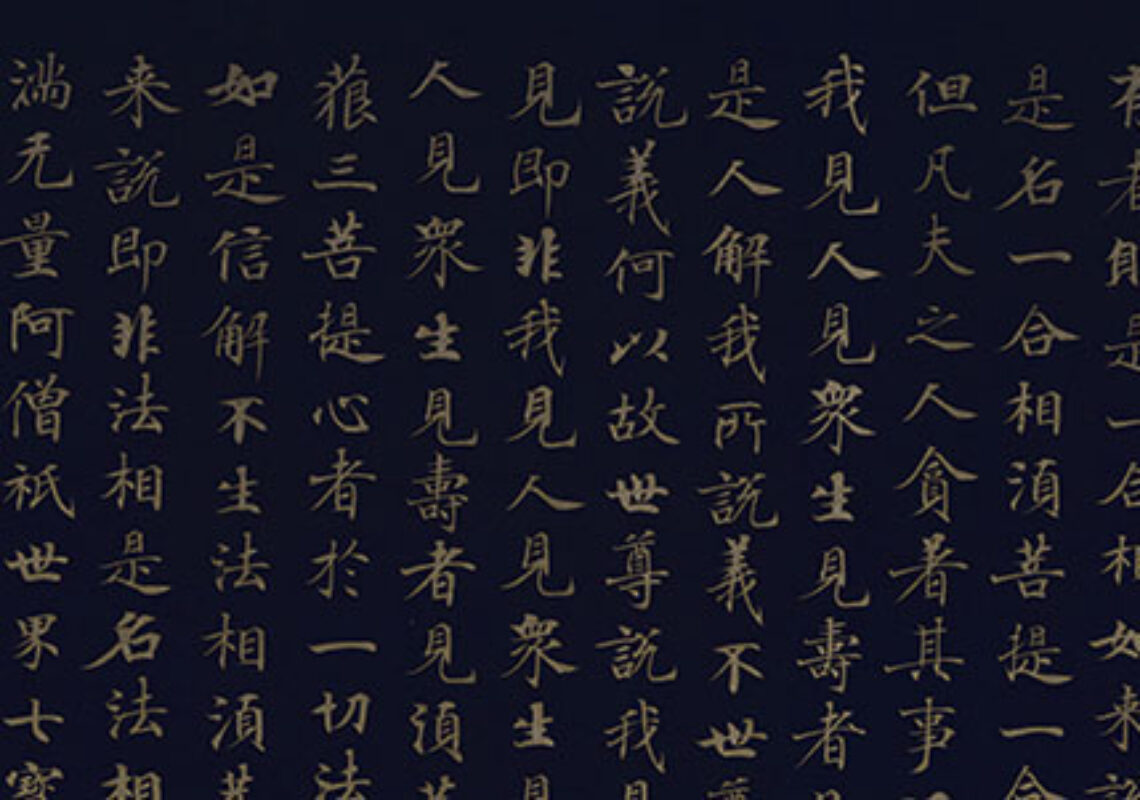
Eighth Volume of “Hualin Translation Series On Buddhist Studies” (Chinese). By Stefano Zacchetti, translated by Ji Yun.
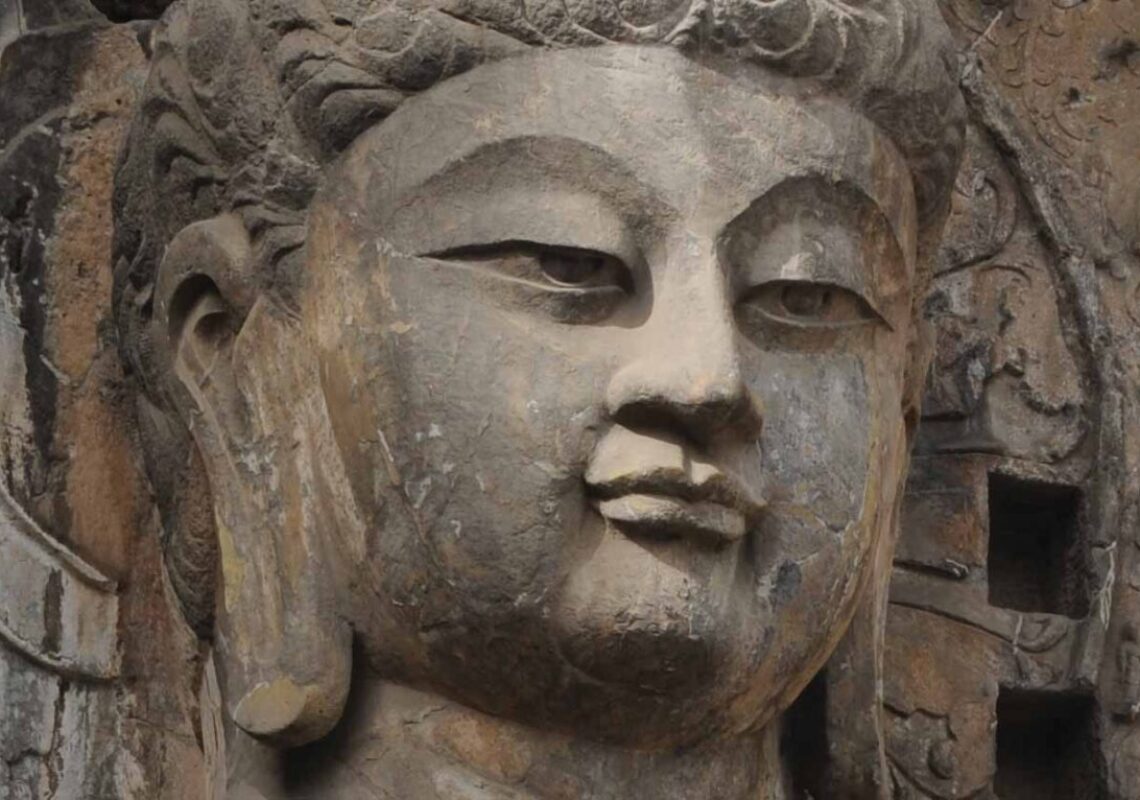
Third Volume of “Hualin Series on Buddhist Studies” (Chinese). Edited by Chen Jinhua.

Fourth Volume of “Hualin Series on Buddhist Studies” (Chinese). Edited by Jinhua Chen and Eugene Wang.
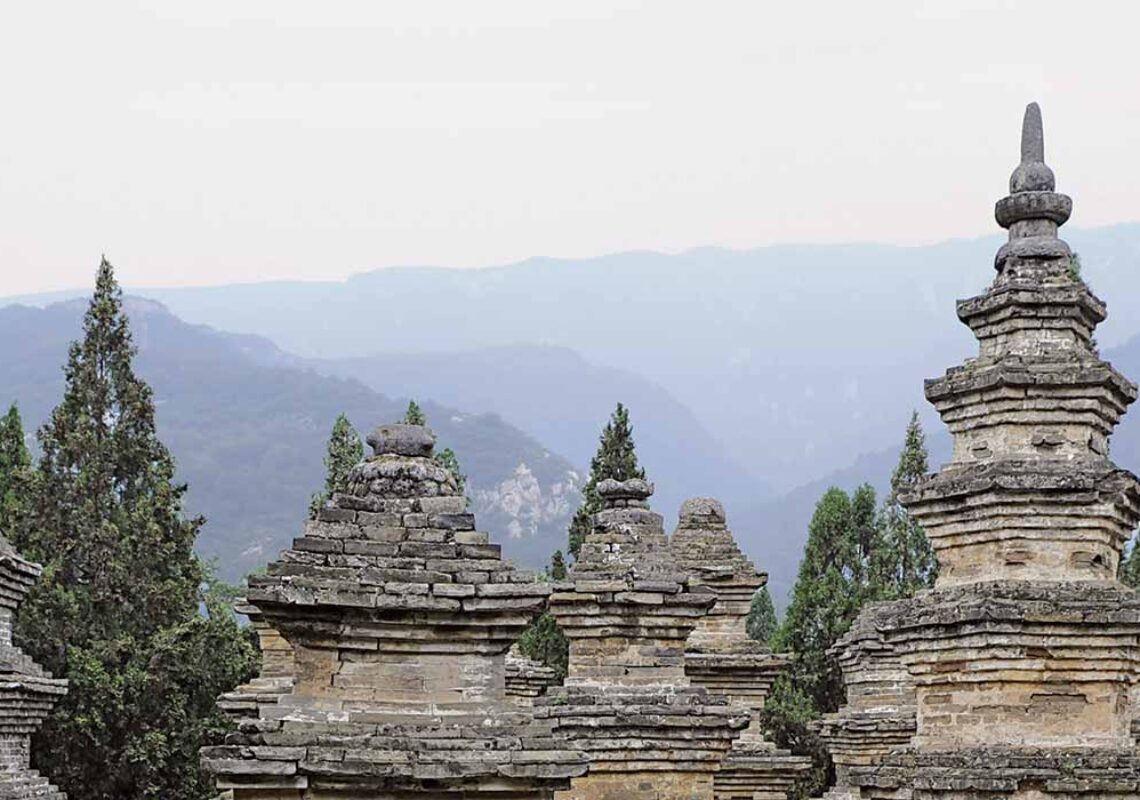
Fifth Volume of “Hualin Series on Buddhist Studies” (Chinese). Edited by Chen Jinhua.

Sixth Volume of “Hualin Series on Buddhist Studies” (Chinese). Edited by Chen Jinhua.
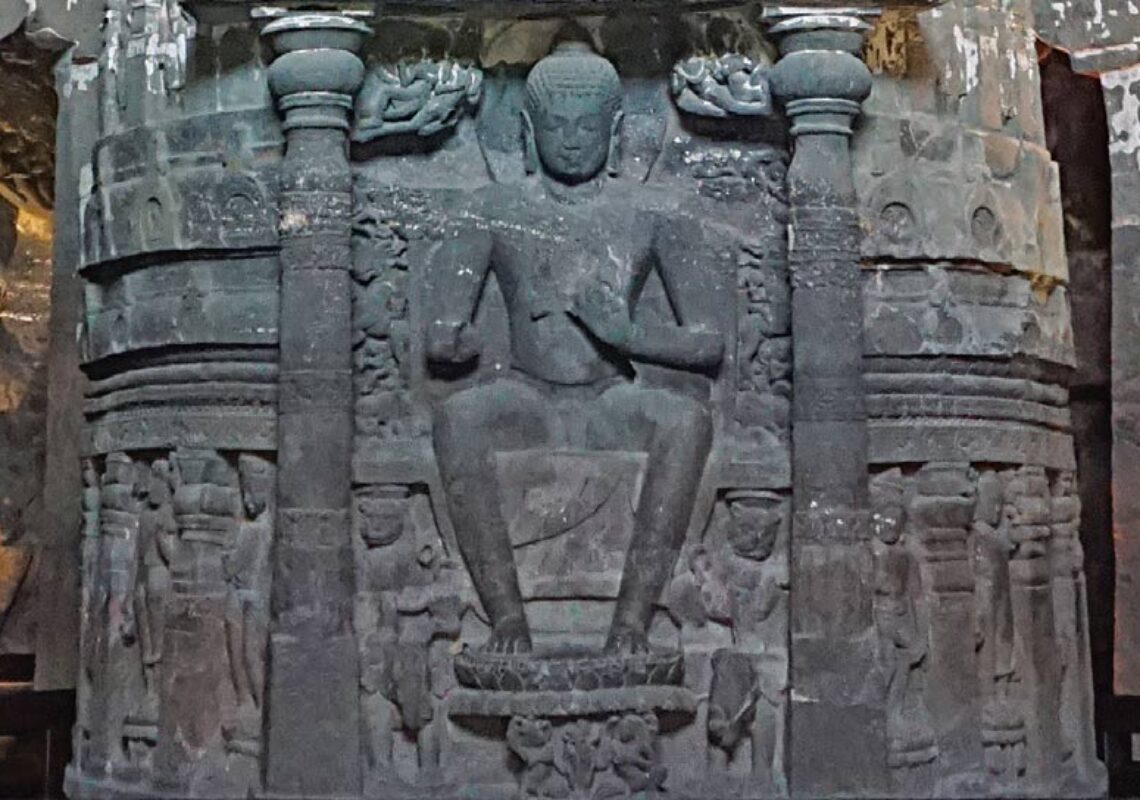
Seventh Volume of “Hualin Series on Buddhist Studies” (Chinese). Edited by Chen Jinhua.

Seventh Volume of “Hualin Series on Buddhist Studies”. Edited by Jinhua Chen.

Sixth Volume of “Hualin Series on Buddhist Studies”. Edited by Jinhua Chen.

Fifth Volume of “Hualin Series on Buddhist Studies”. Edited by Jinhua Chen and Eugene Wang.
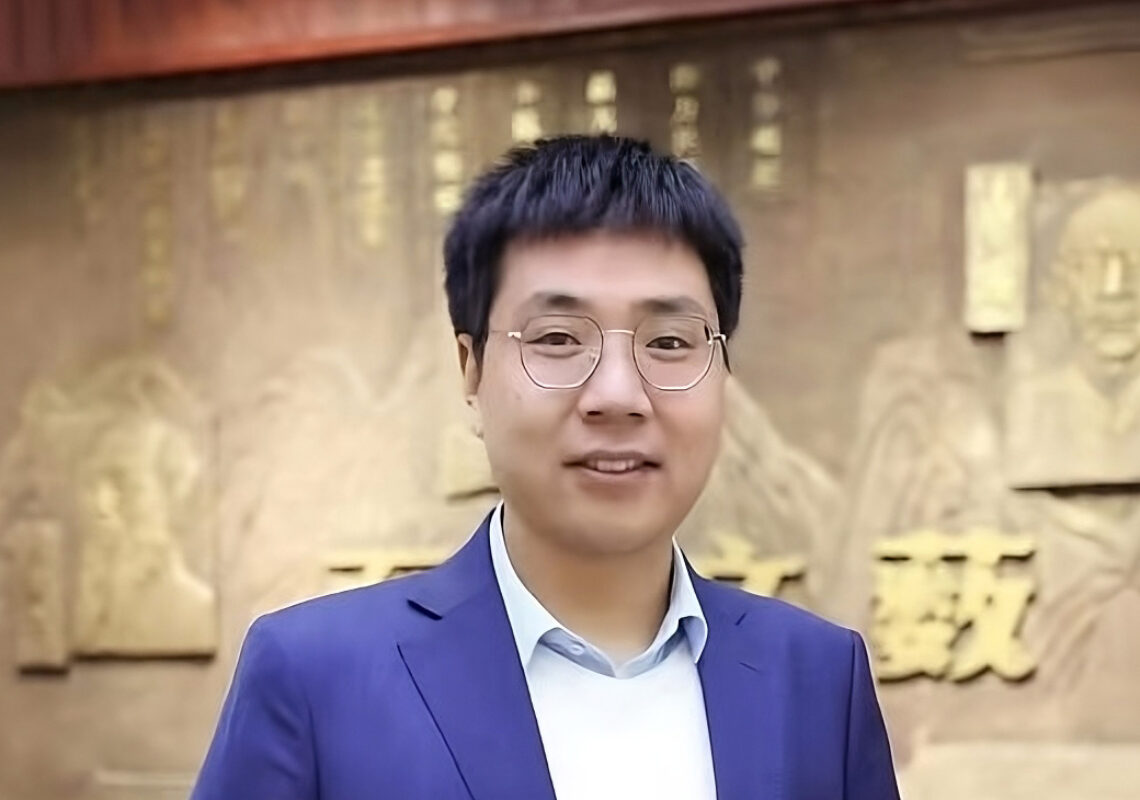
Congratulations to Li Wei who is one of the recipients of the 2022 Henan Provincial Philosophy and Social Science Research Achievement Awards of Higher Education Institutions
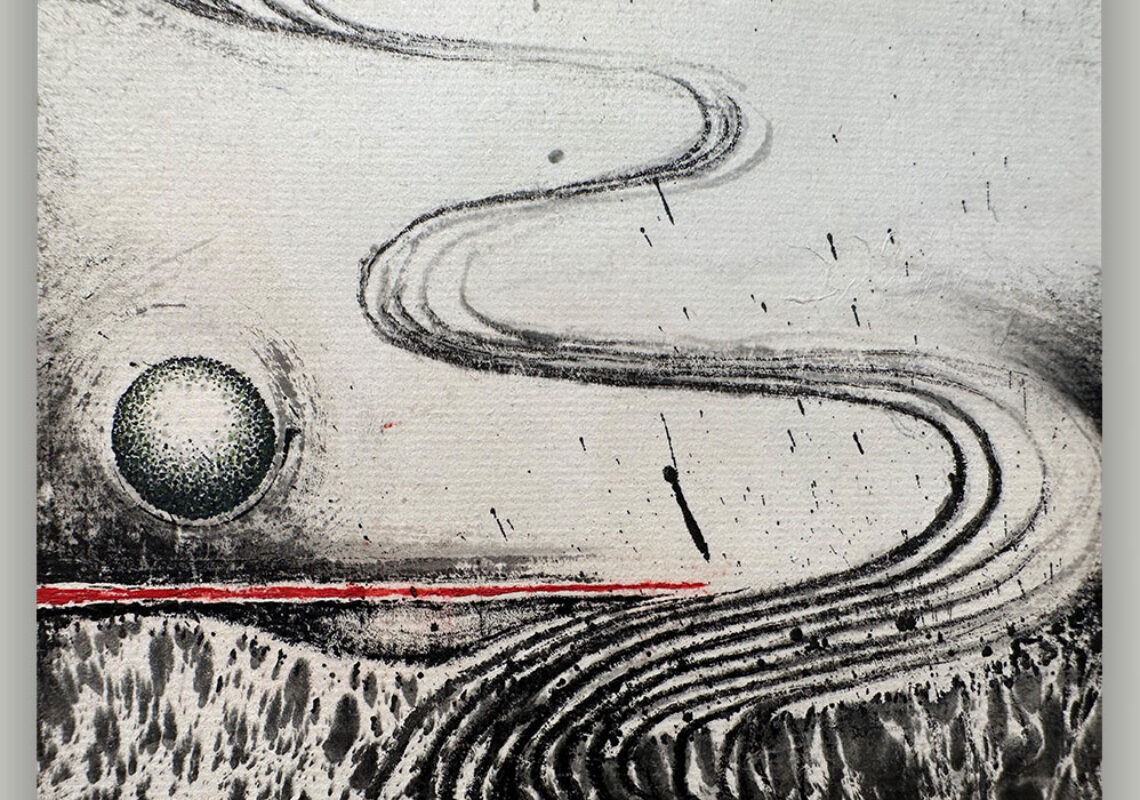
March 8–9, 2024. In person, Lower Level Auditorium, 485 Broadway, Harvard University.
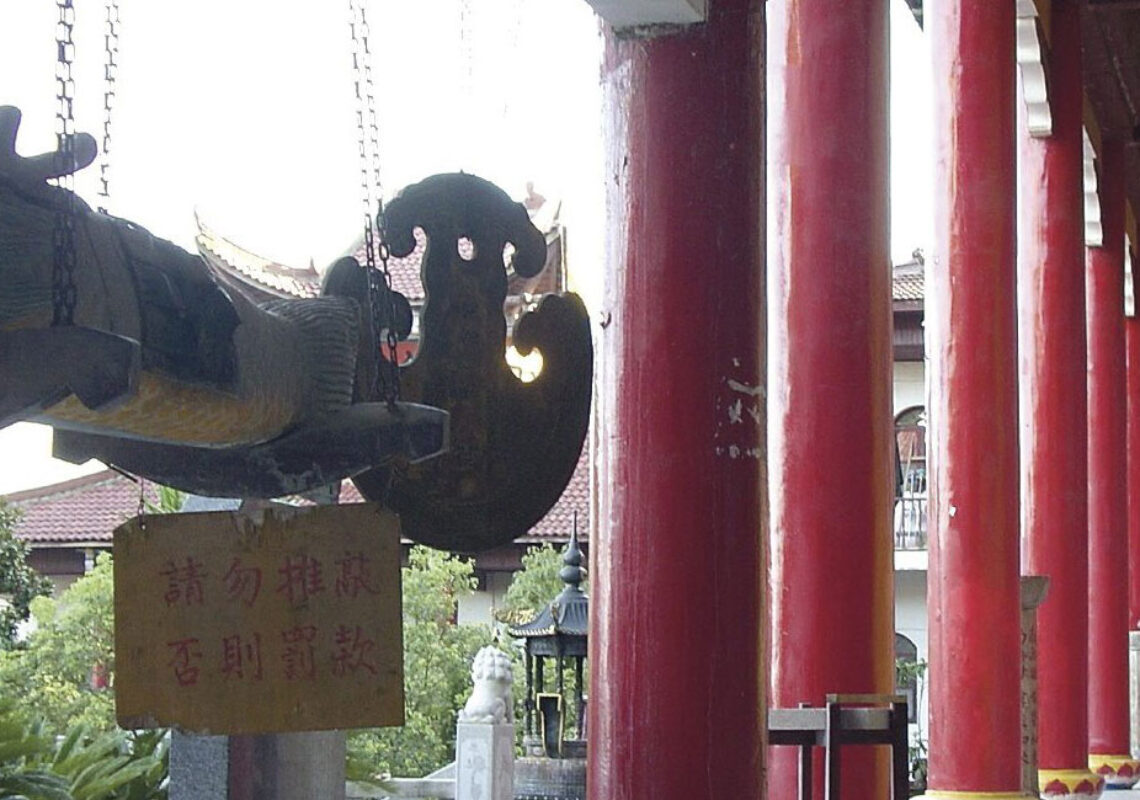
Eighth volume of Brill Book Series: Studies on East Asian Religions. Edited by Ester Bianchi and Daniela Campo.

Congratulations to Dr. Susan (Susie) Andrews who has been named a 3M National Teaching Fellow!
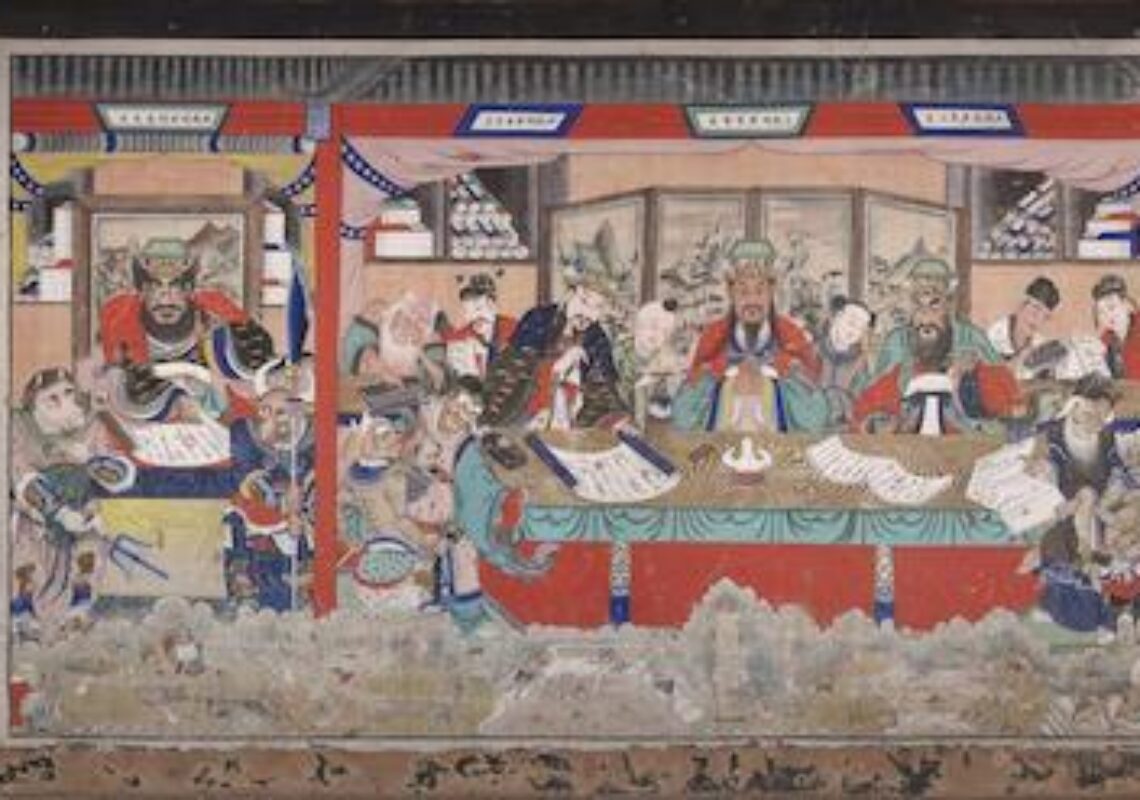
Report on the FROGBEAR project hosted at cIRcle, University of British Columbia’s digital repository
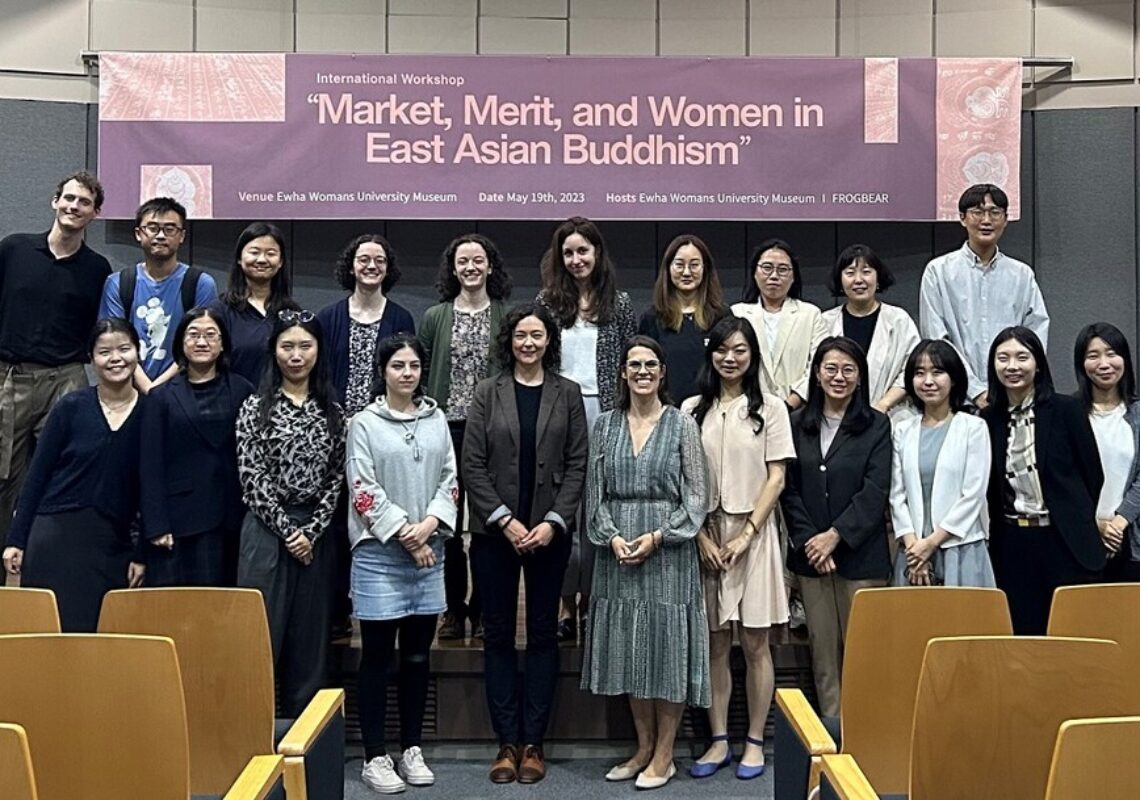
News report on Market, Merit, and Women in East Asian Buddhism conference, May 19, 2023, Korea
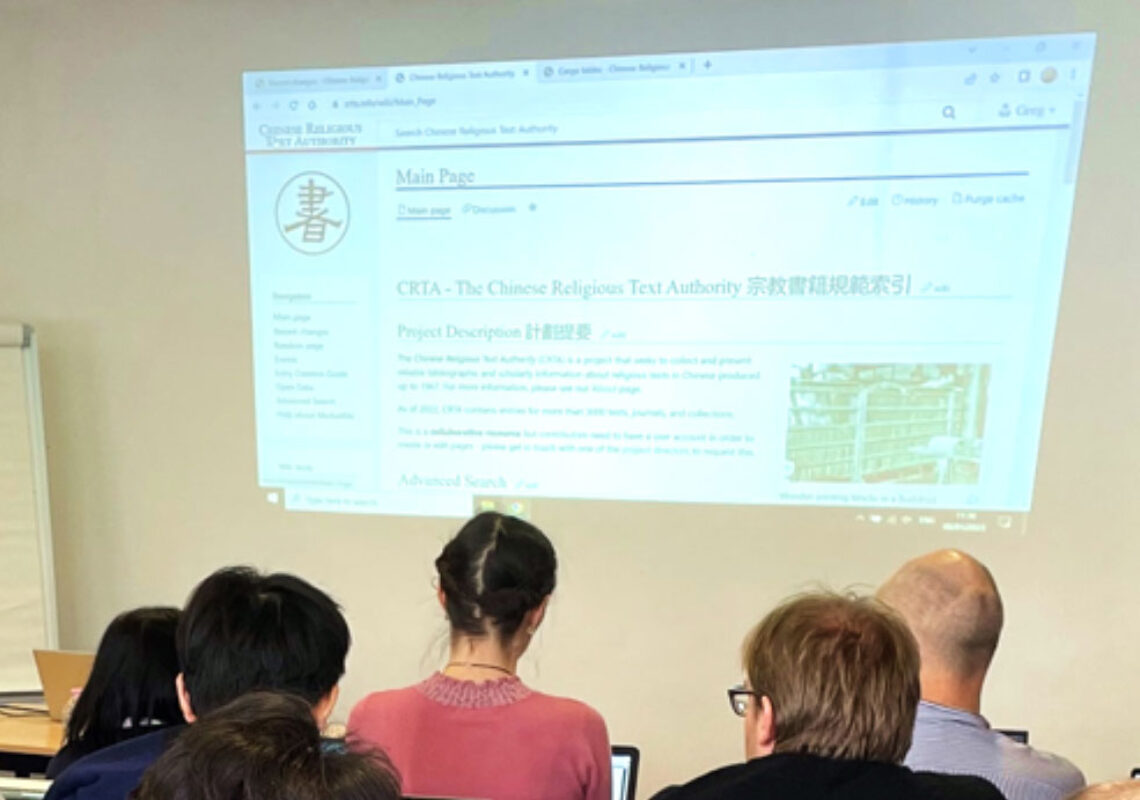
Report on the CRTA workshop, January 5-8, 2023. Paris, France.
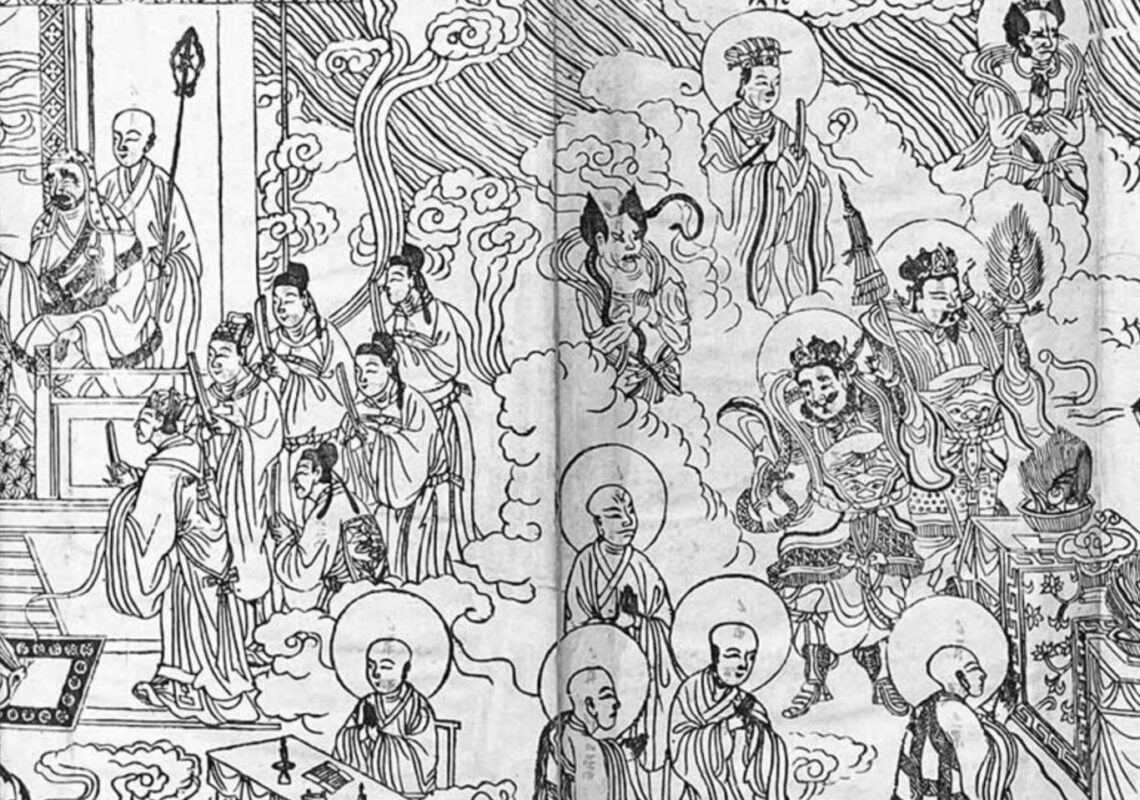
In-person at Princeton University, June 13-15, 2023
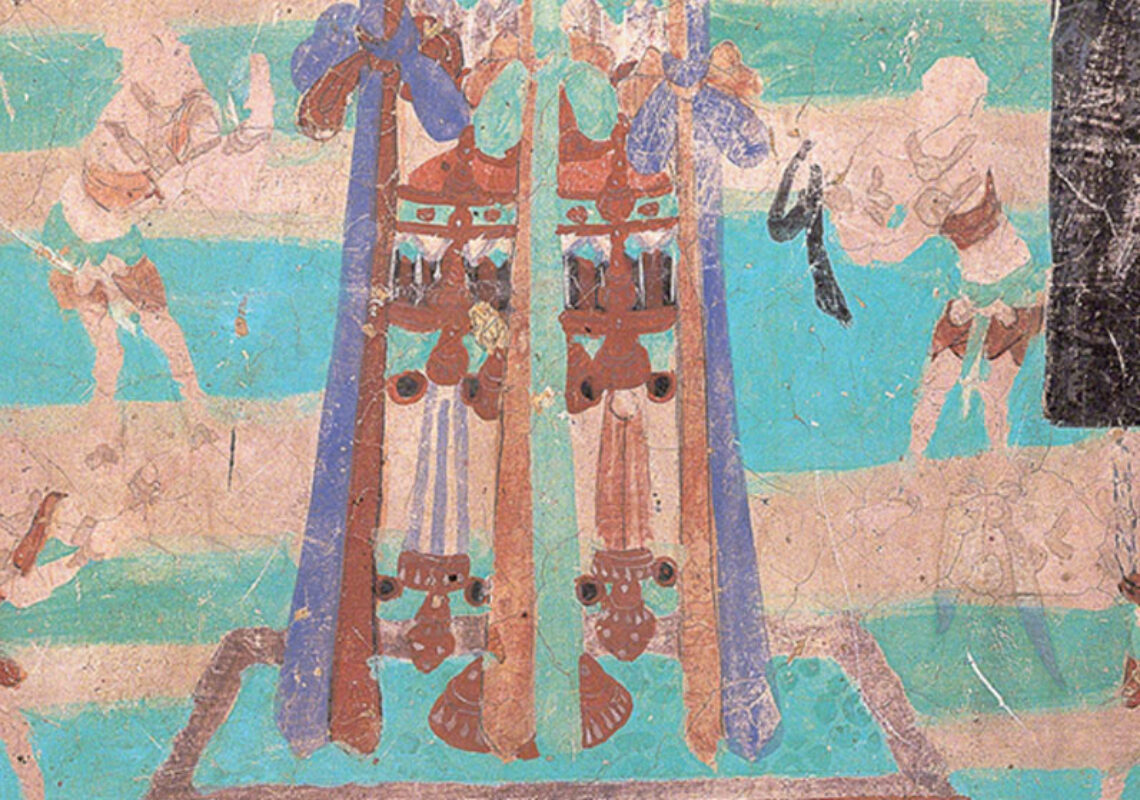
Seventh volume of Brill Book Series: Studies on East Asian Religions. By Ru Zhan, edited by Jinhua Chen.
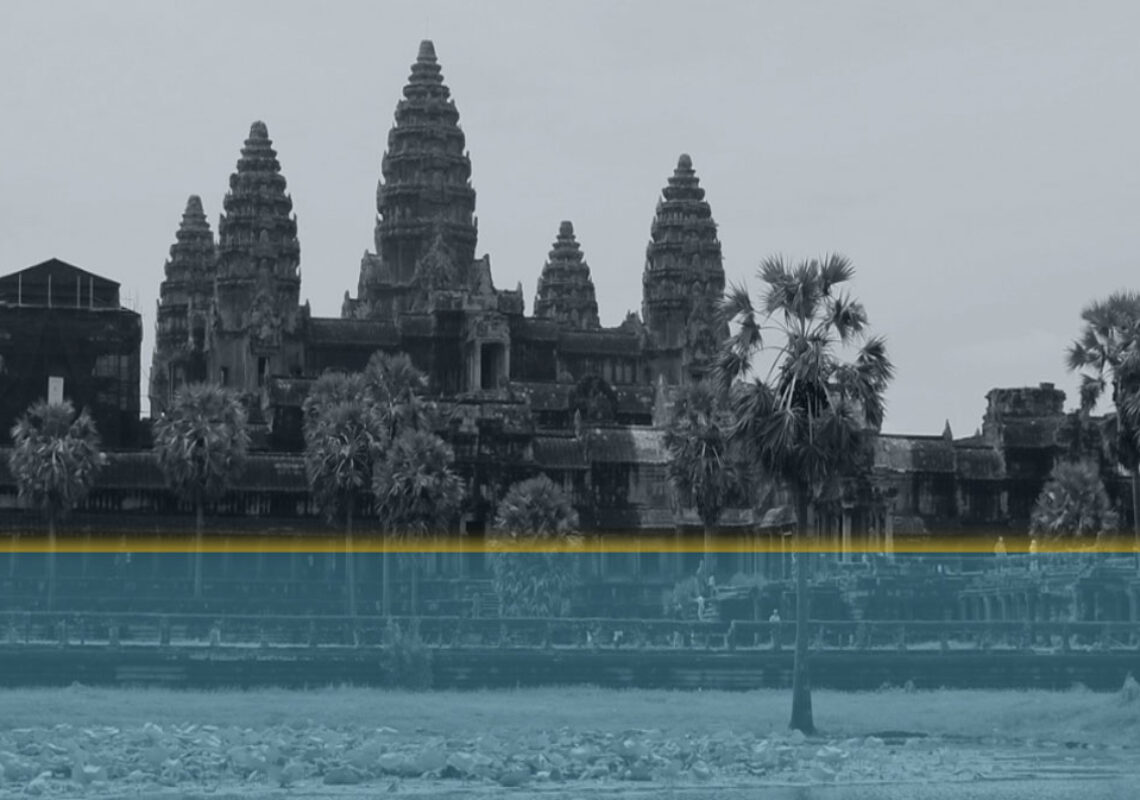
June 5, 2023, with Professor Harold Roth (Brown University). In person, University of Oxford, Basement Teaching Room 1, Faculty of Asian and Middle Eastern Studies, and online
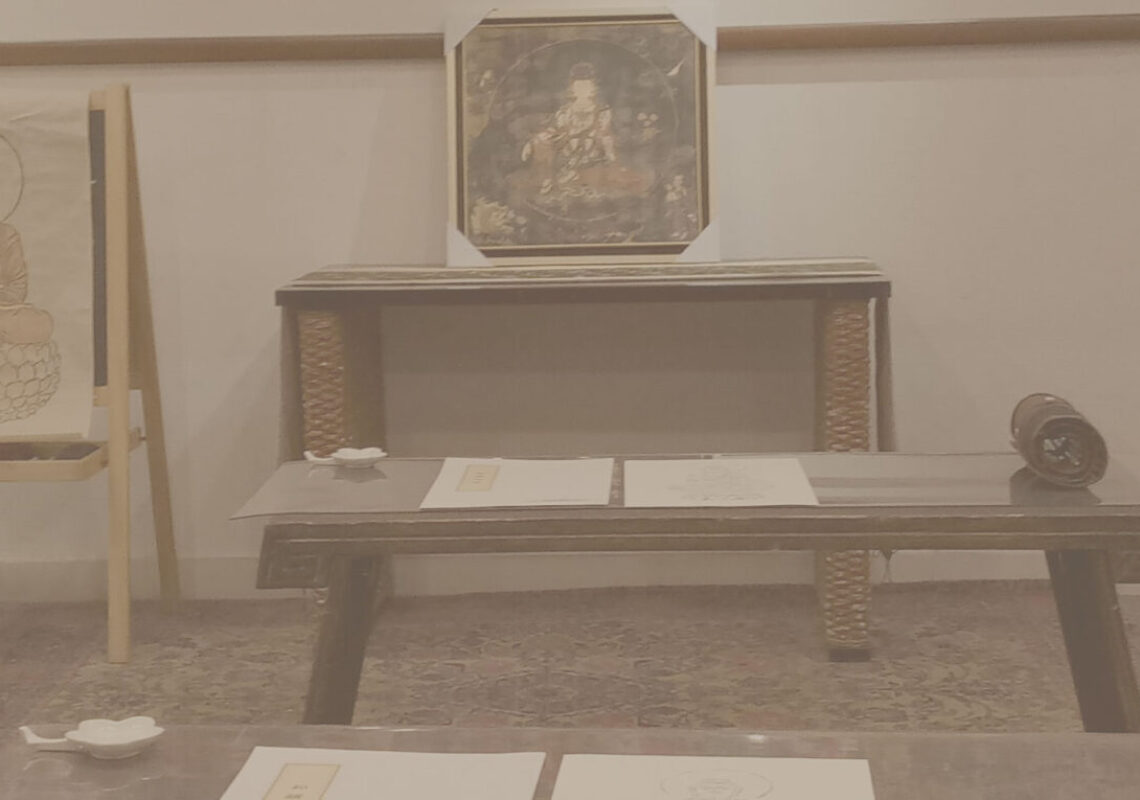
May 9, 2023, with Professor Gareth Fisher (Syracuse University). In person, Inalco, Auditorium Georges Dumézil, 2 rue de Lille, 75007 Paris, and online
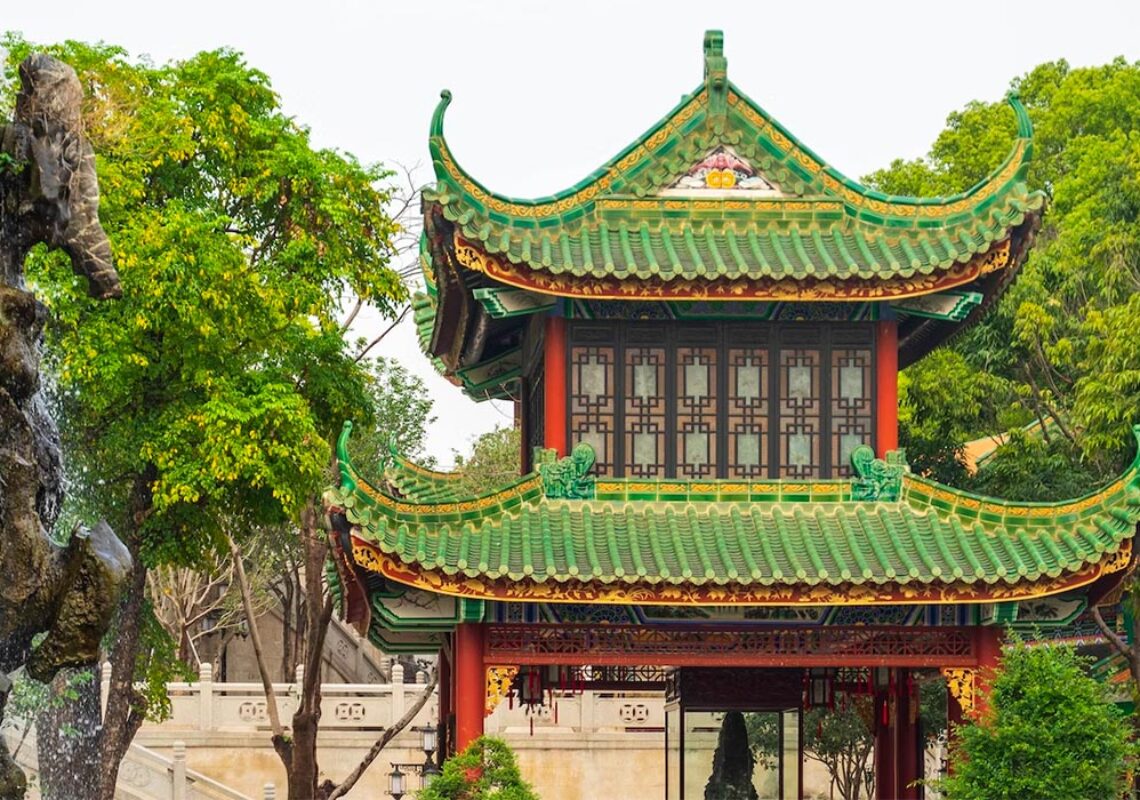
Conducted by Vivian (Xiao Wen) Li (UBC), from June to August 2023
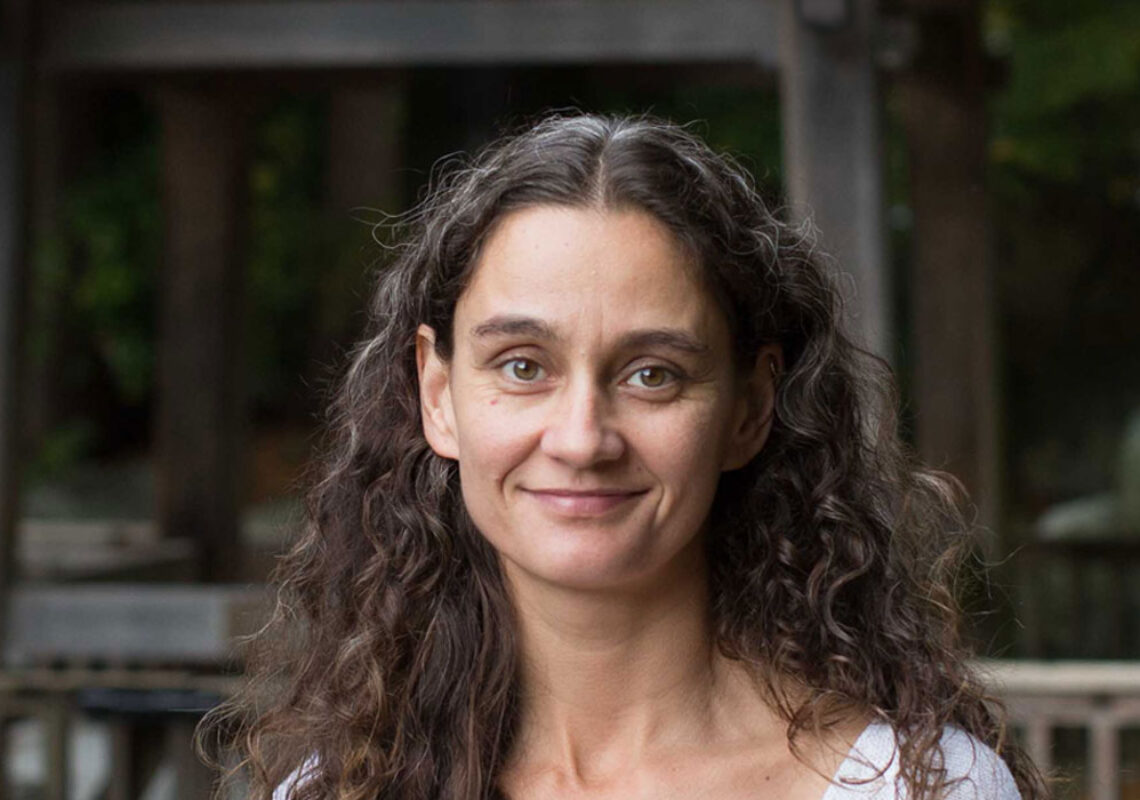
Congratulations to Vicky Baker who received a Sustainability Leadership Award from the University of British Columbia!

Research Associate Job Opportunity at Hamburg University. Application deadline May 4, 2023
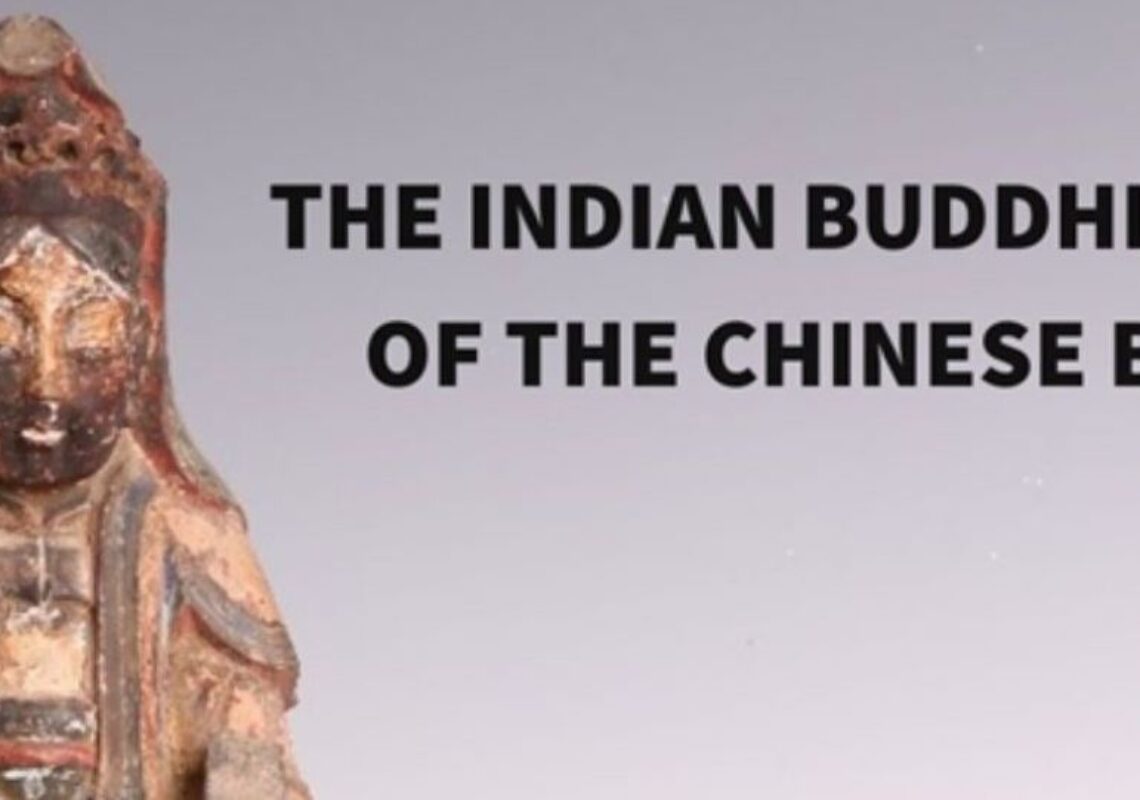
April 11, 2023, with Professor Meir Shahar (Tel Aviv University). In-person

April 3, 2023, with Professor Kate Crosby (University of Oxford). In-person Aaron Burr Hall 219, Princeton University, and online
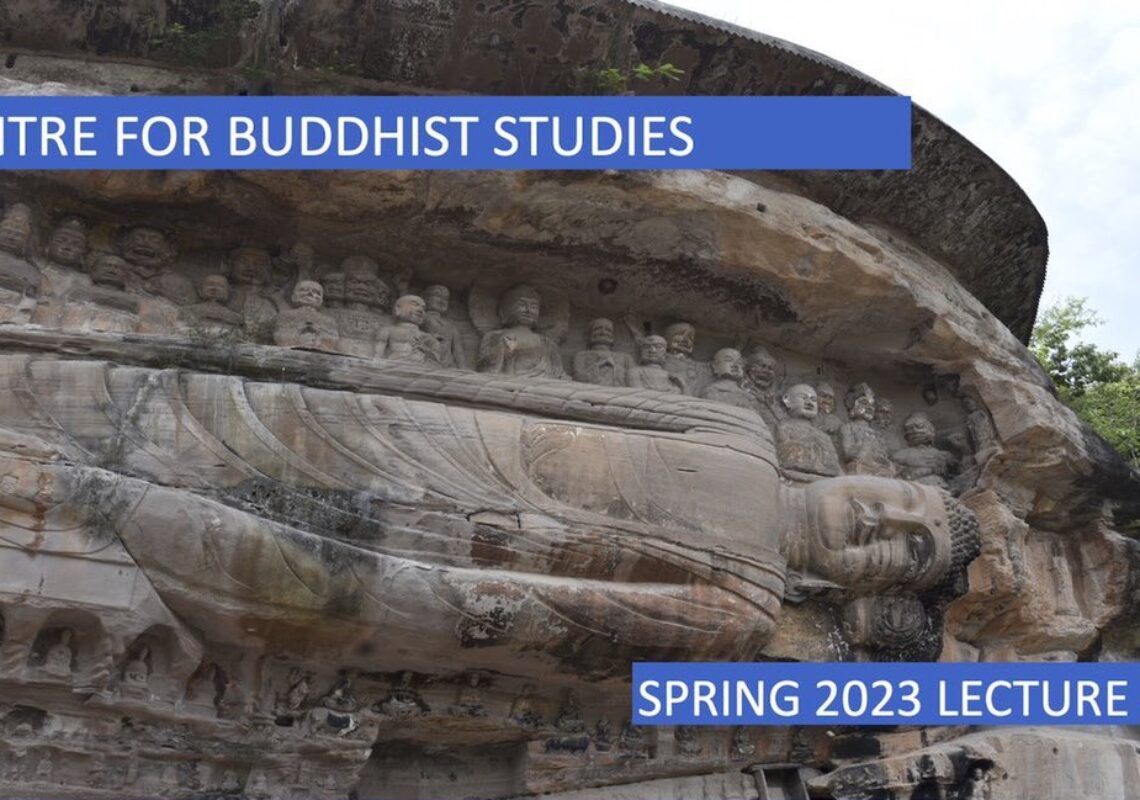
March 14–May 16, 2023, multiple speakers

March 23, 2023, with Professor Bernard Faure (Columbia University). In person, Room 422, 485 Broadway, Harvard University, and online

February 17, 2023, with Professor Matthew Orsborn (University of Oxford). Online

Mitacs report by Gaëlle Boscals de Réals

Application deadline February 20, 2023

Second Volume of “Hualin Series on Buddhist Studies”. Edited by Zhan Ru, Chen Jinhua, and Ji Yun.
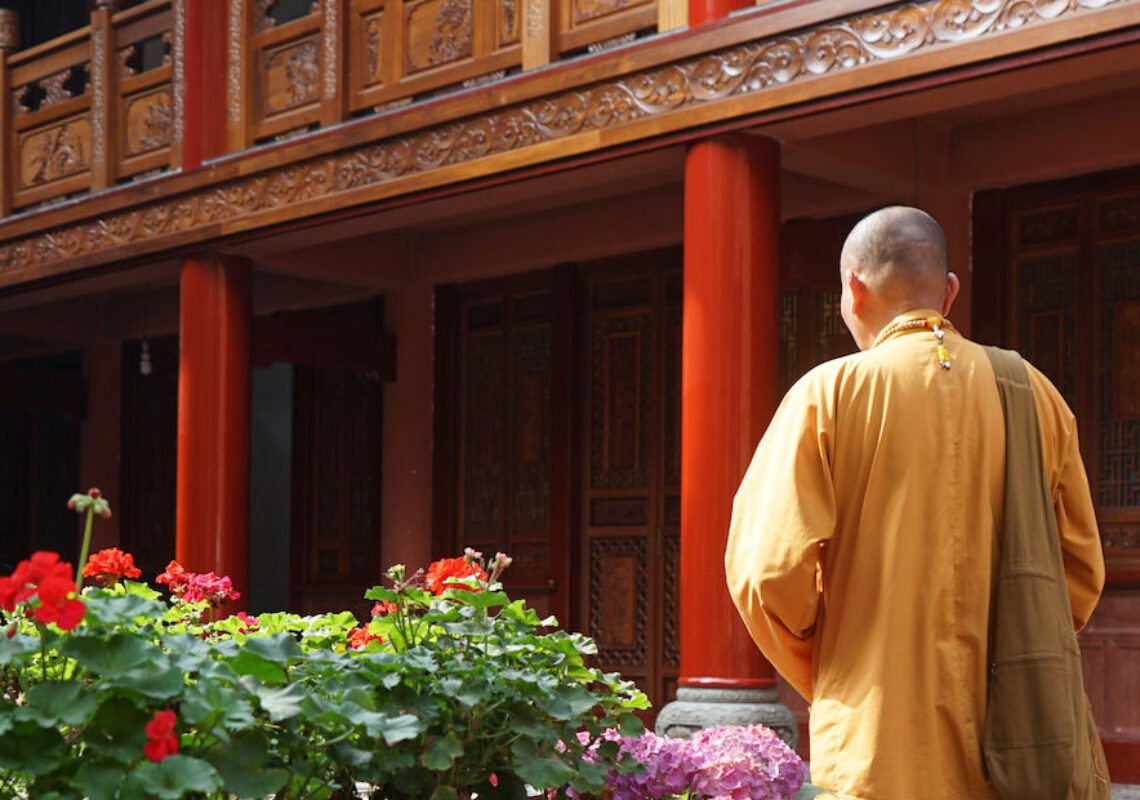
Lian Shan Shuang Lin Monastery 蓮山雙林禪寺, Singapore, August 12–13, 2023

Field visits run from May 16–July 30, 2023

New open access book edited by Jinhua Jia

Application deadline December 9, 2022

Application deadline December 8, 2022

CFP due January 13, 2023. June 29-July 1, 2023
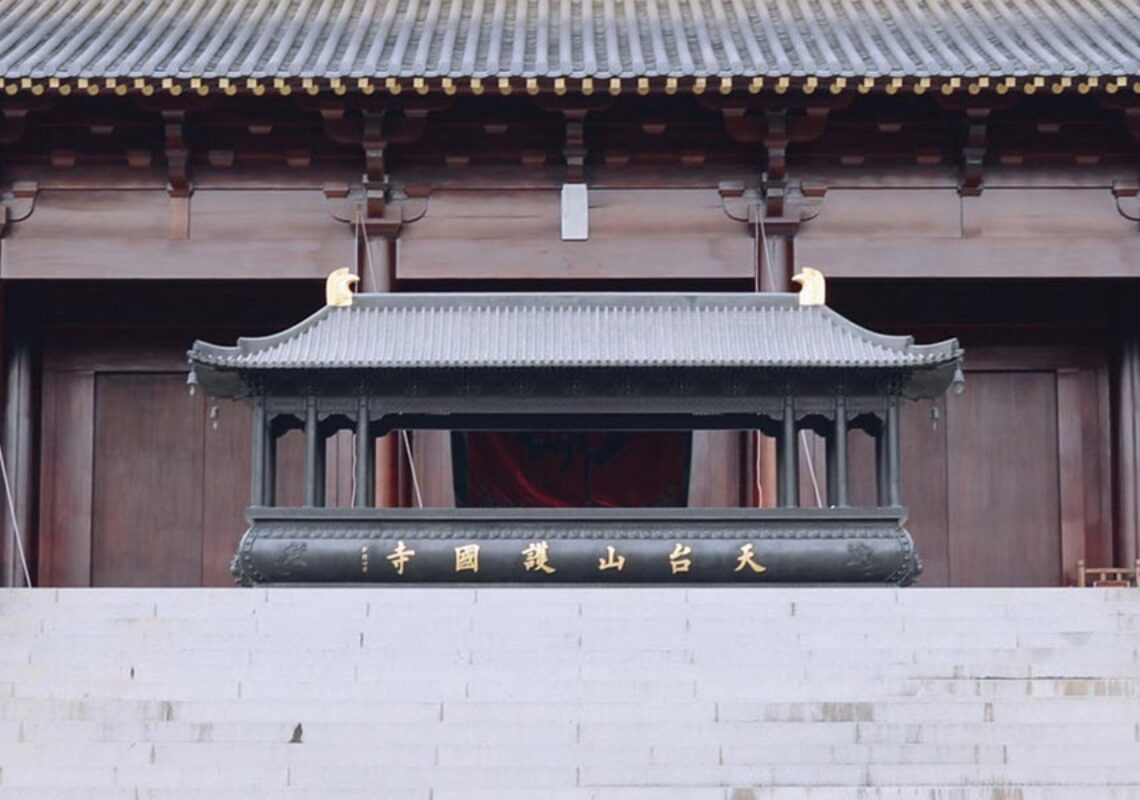
Third Volume of “Famed Mountains and Great Monasteries” (English) Series. Edited by Jing Yue, Jinhua Chen, Song Wang.
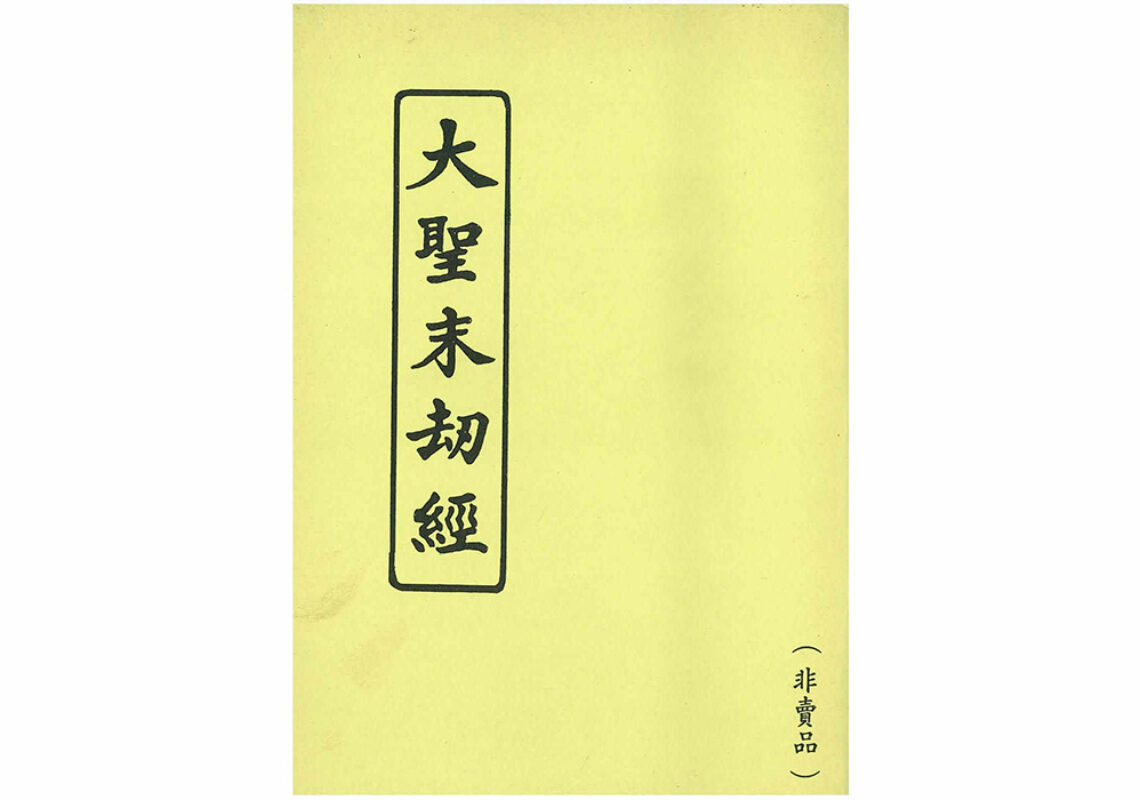
T. H. Barrett (SOAS). October 11, 2022, 5 PM. 3335 Dwinelle Hall, UC Berkeley
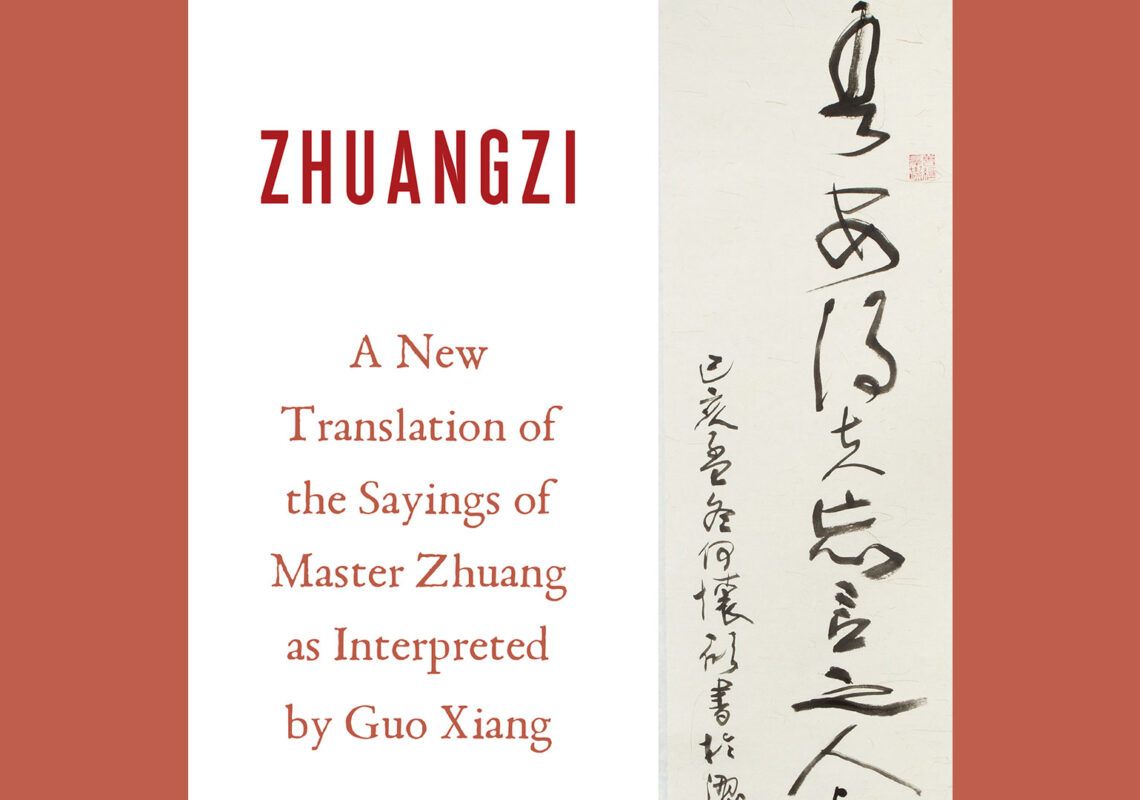
Richard John Lynn (University of Toronto). October 9, 2022, 7:30 PM PDT. In-person at UBC Asian Centre Auditorium and online
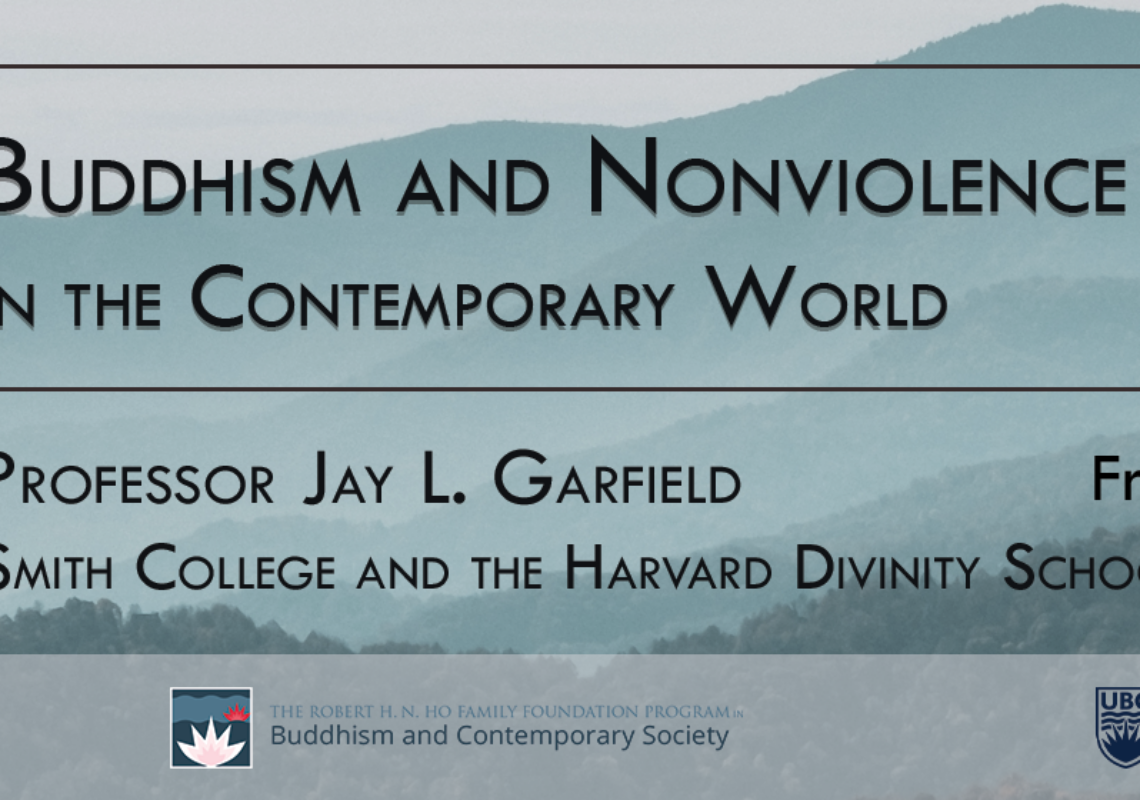
September 30, 2022, with Jay L. Garfield (Smith College and the Harvard Divinity School). Hybrid keynote lecture at UBC The Nest Performance Theatre
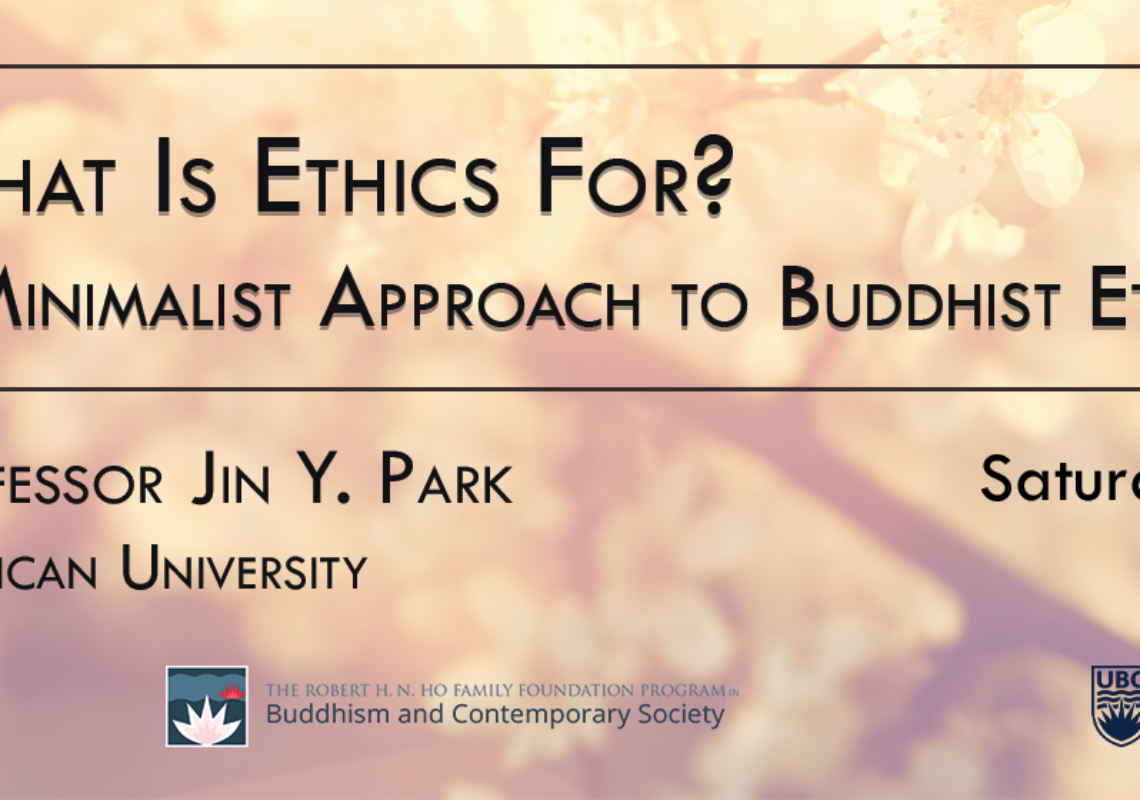
October 1, 2022, with Jin Y. Park (American University). Hybrid keynote lecture at UBC The Nest Performance Theatre
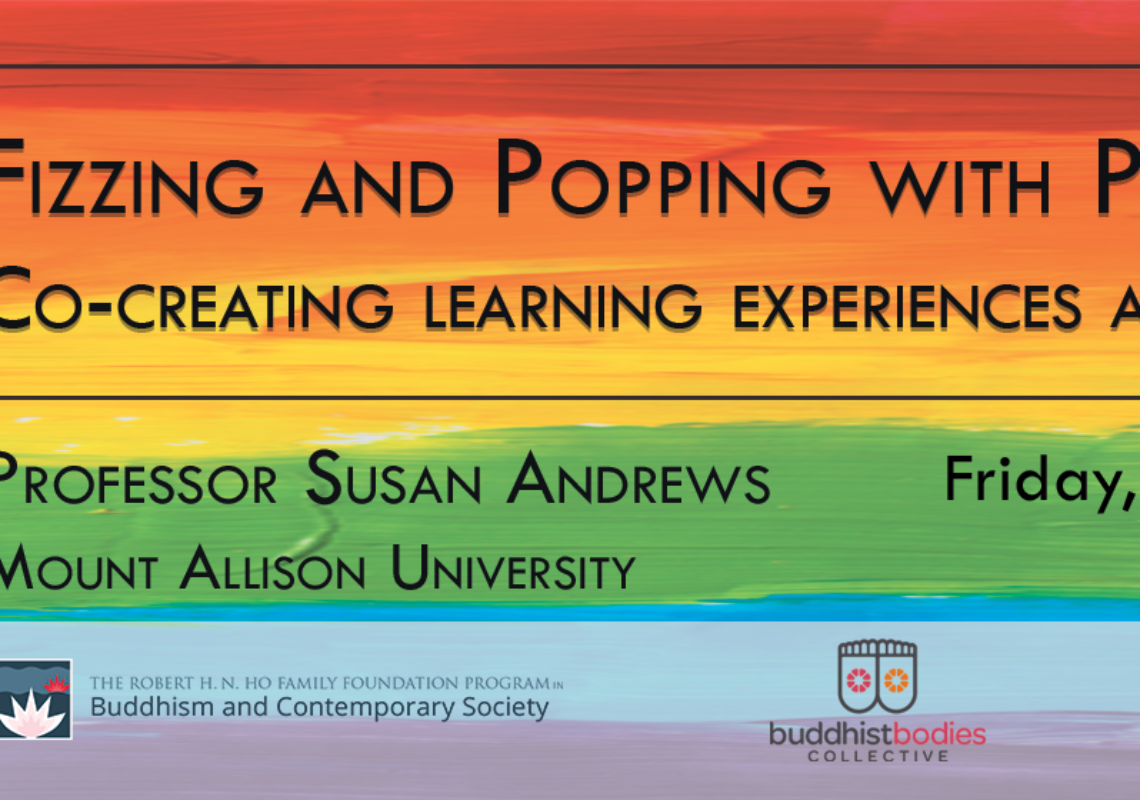
September 23, 2022. with Susan Andrews (Mount Allison University). Hybrid keynote lecture event by at UBC, The Nest Performance Theatre

October 7–9, 2022, The xʷθəθiqətəm or Place of Many Trees, Liu Institute for Global Issues
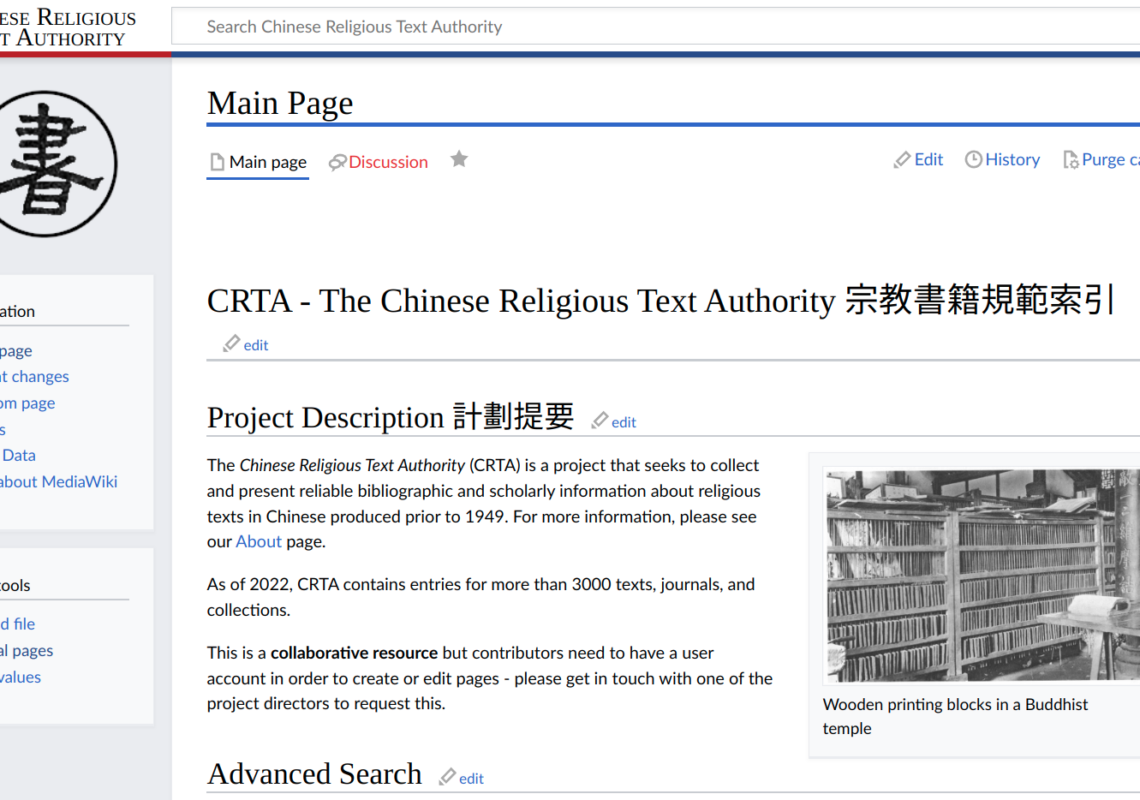
Paris, France. January 5-8, 2023.
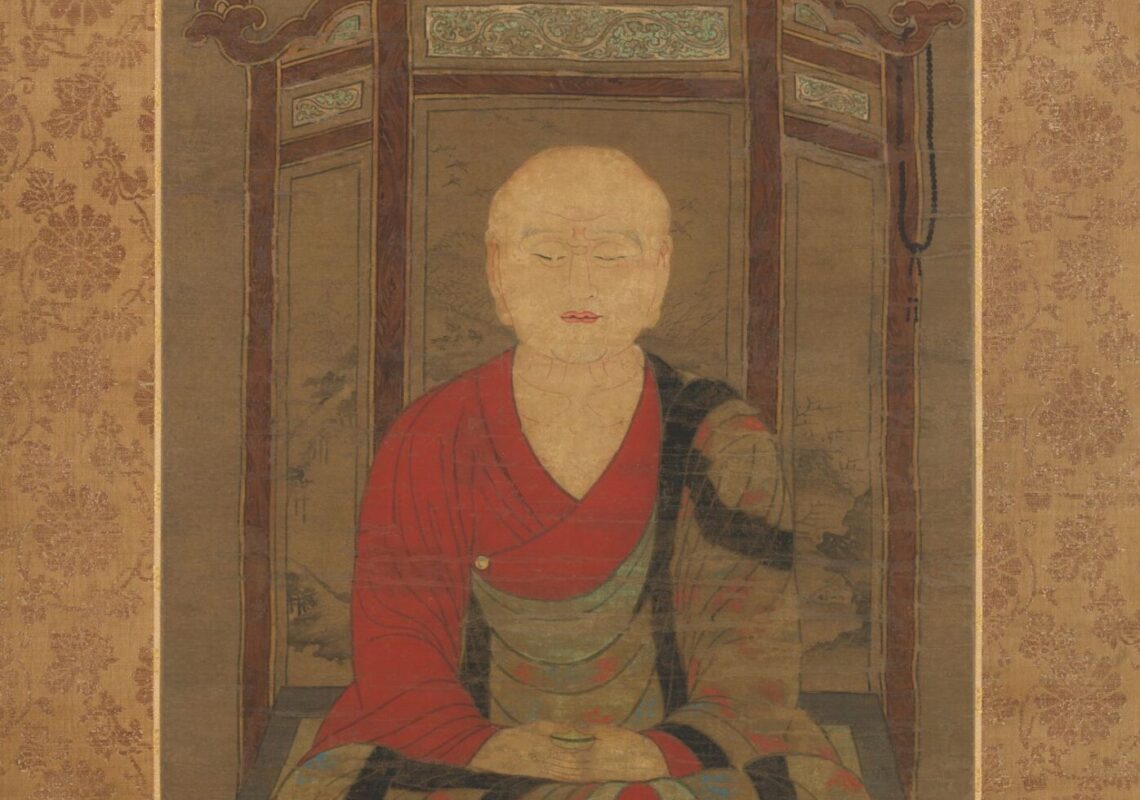
September 16, 2022, with multiple speakers. Jones Hall 202, Princeton University

Deadline: September 20, 2022

Congratulations to Dr. Susan (Susie) Andrews who has been elected to the Royal Society of Canada’s (RSC) College of New Scholars, Artists, and Scientists!

Conducted by Gaëlle Boscals de Réals (McGill), from August to November 2022

Applications closed.
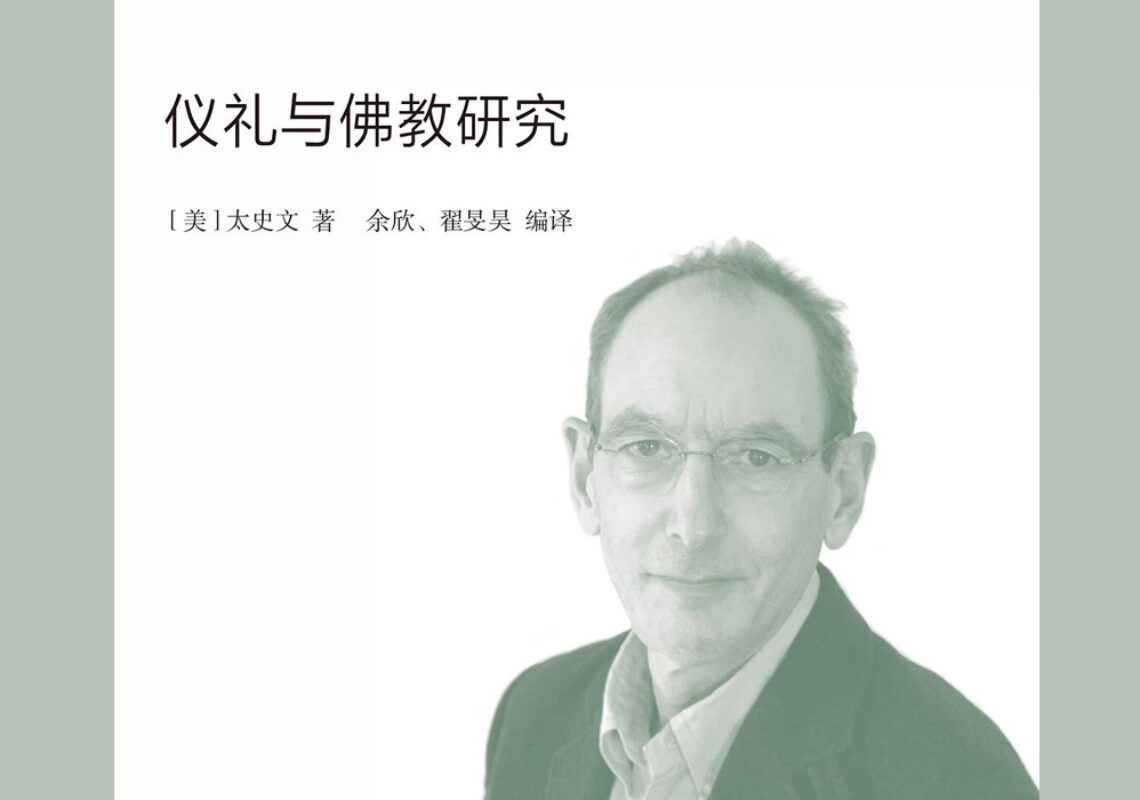
New book by Stephen F. Teiser, translated by Yu Xin and Zhai Minhao
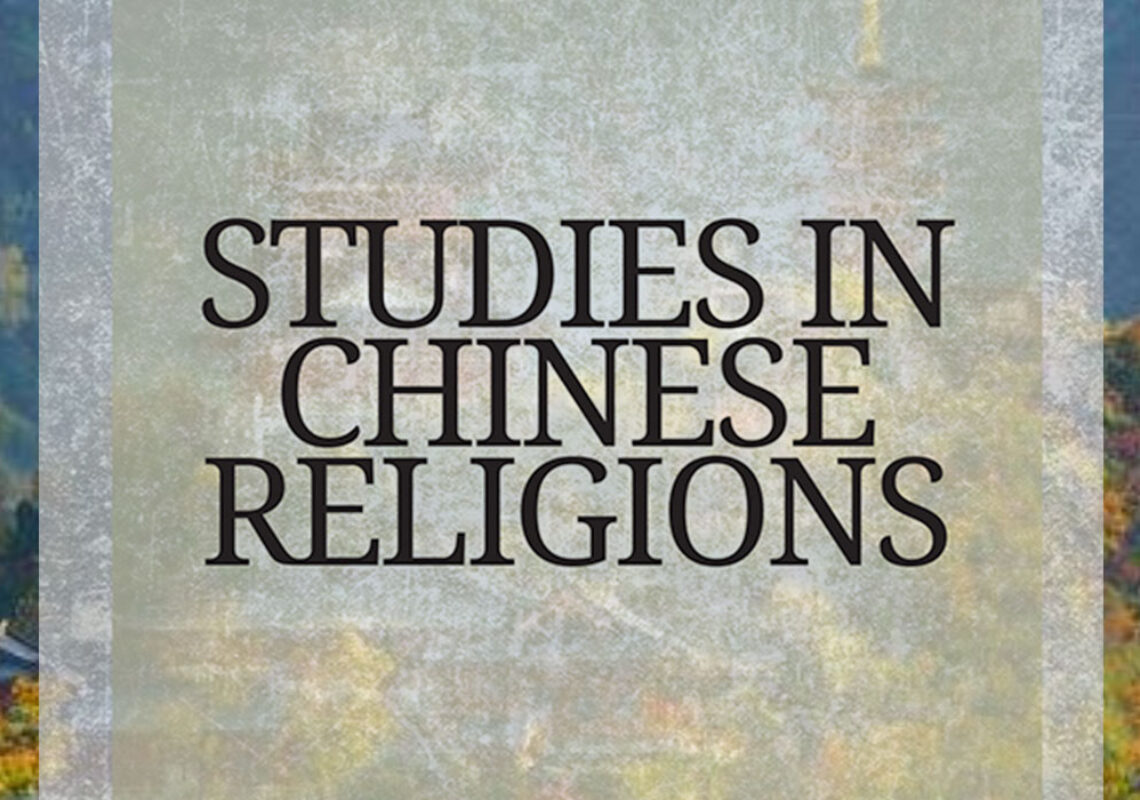
Multiple papers from the Esoteric Buddhism conference have been published in 3 special issues of SCR
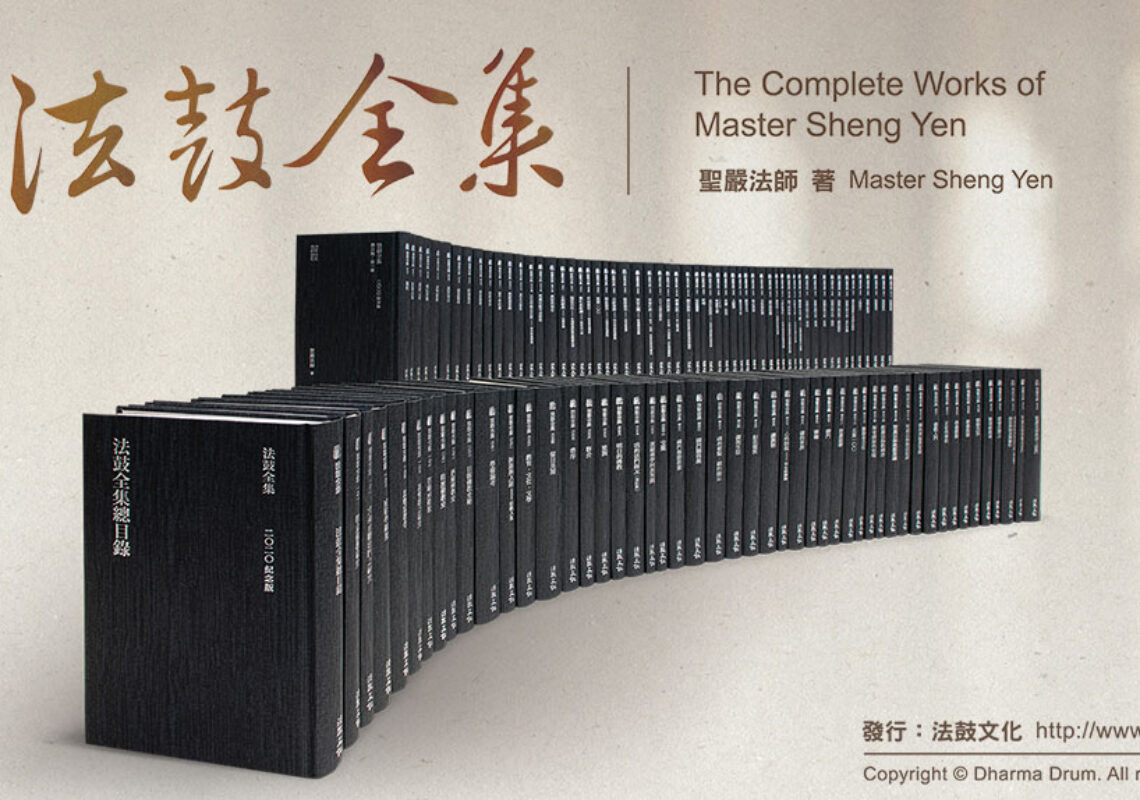
New book collection: Complete Works of Master Sheng Yen

New open access book by Stefano Zacchetti, edited by Michael Radich and Jonathan Silk
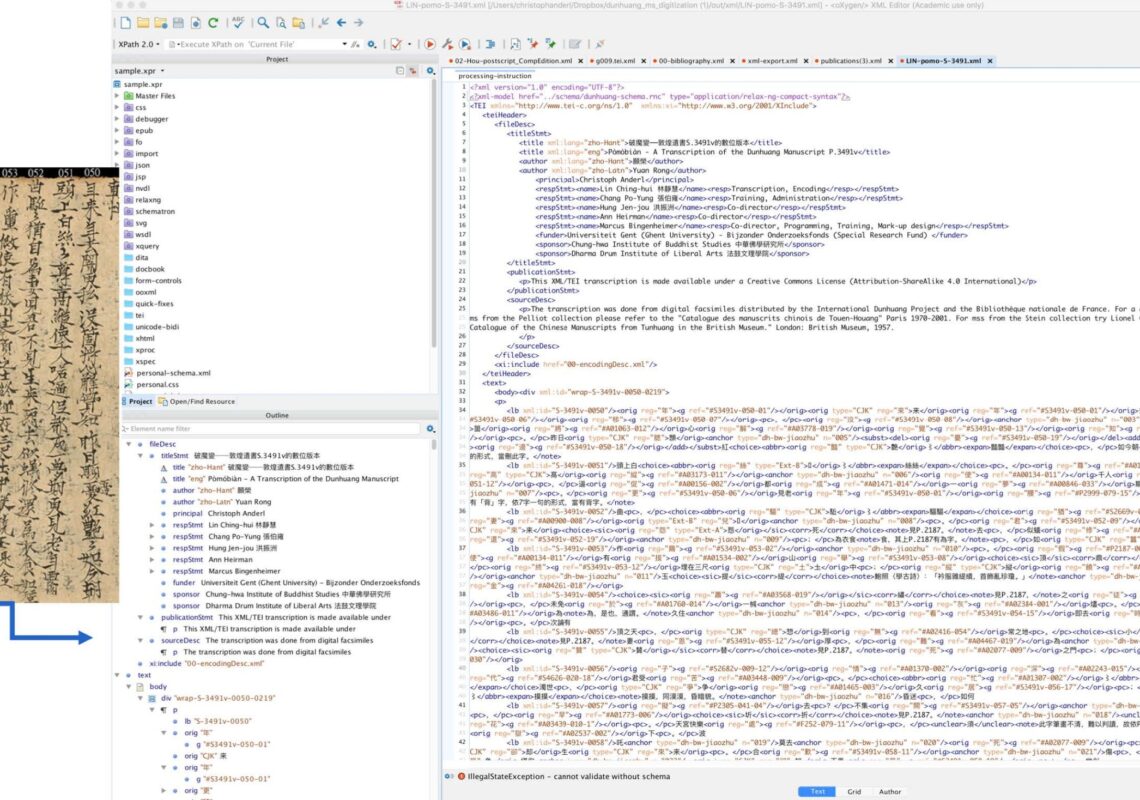
We are pleased to announce the first issue of the DMCT Newsletter.
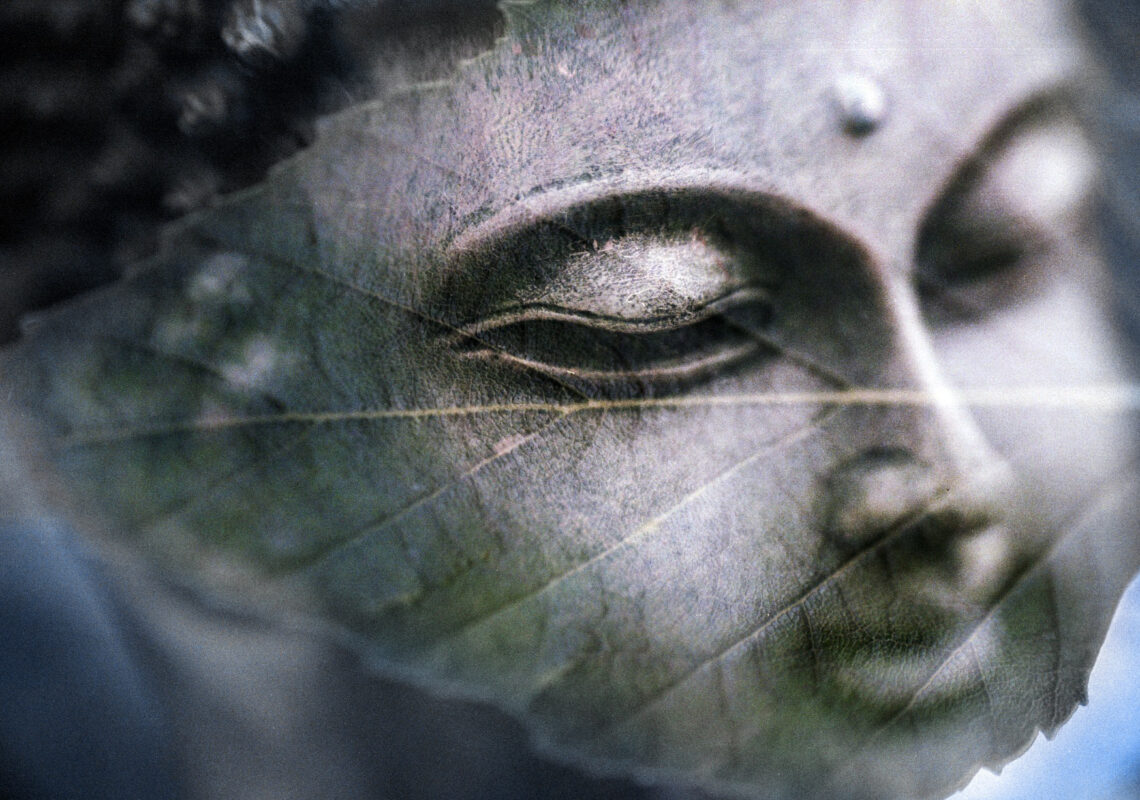
August 1, 2022, with James Robson (Harvard). Online, via Zoom
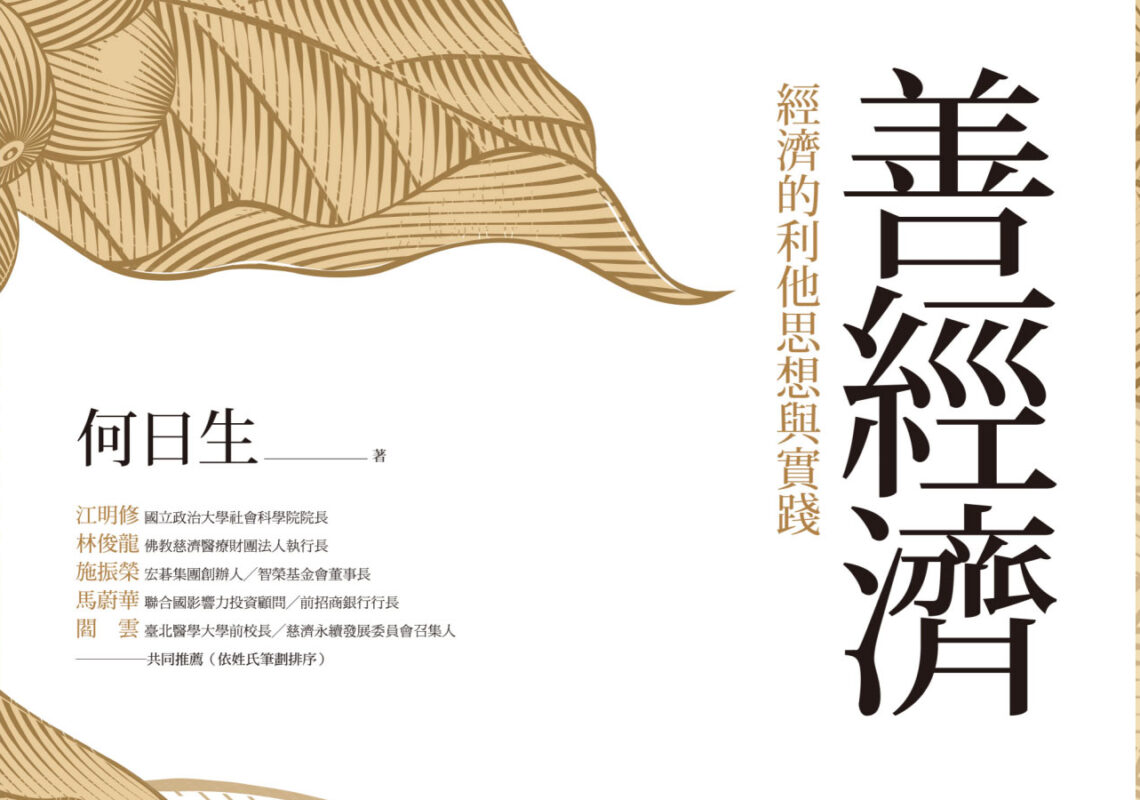
Congratulations to Professor Rey Sheng Her!

We are pleased to announce the release of the first volume in the SCR SPIB series published by Routledge. Edited by Darui Long and Jinhua Chen
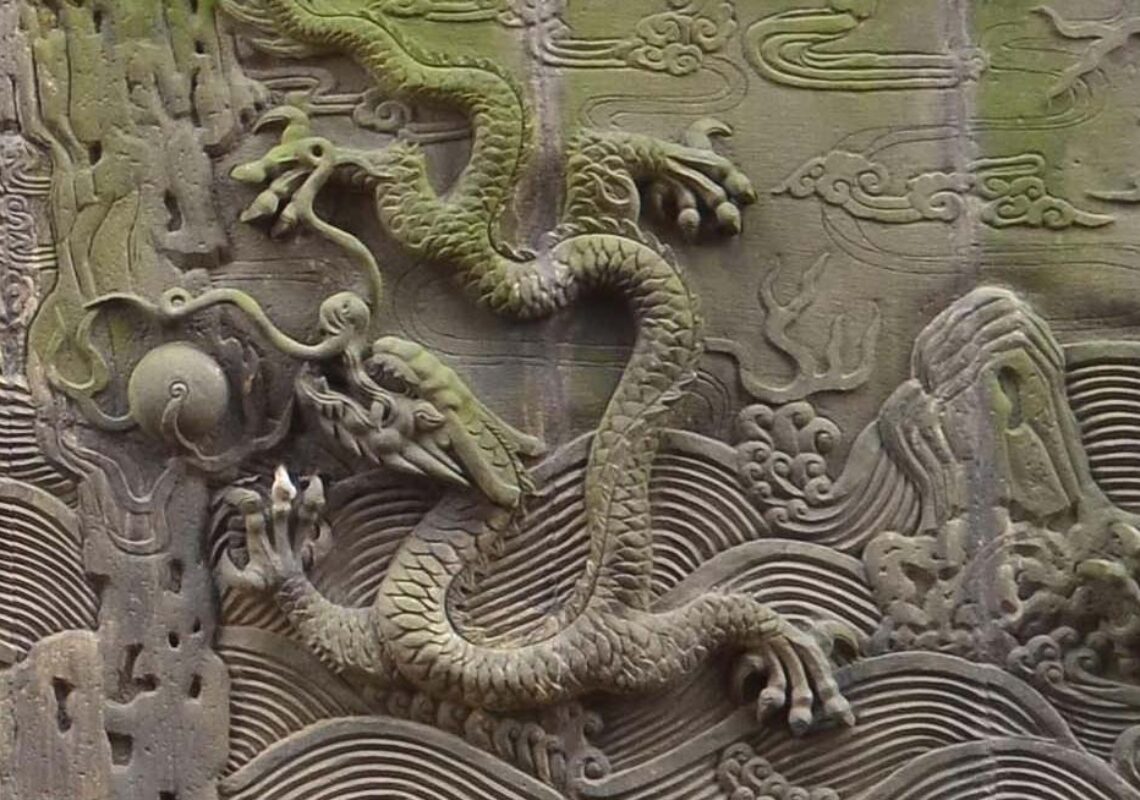
May 23–August 5, 2022
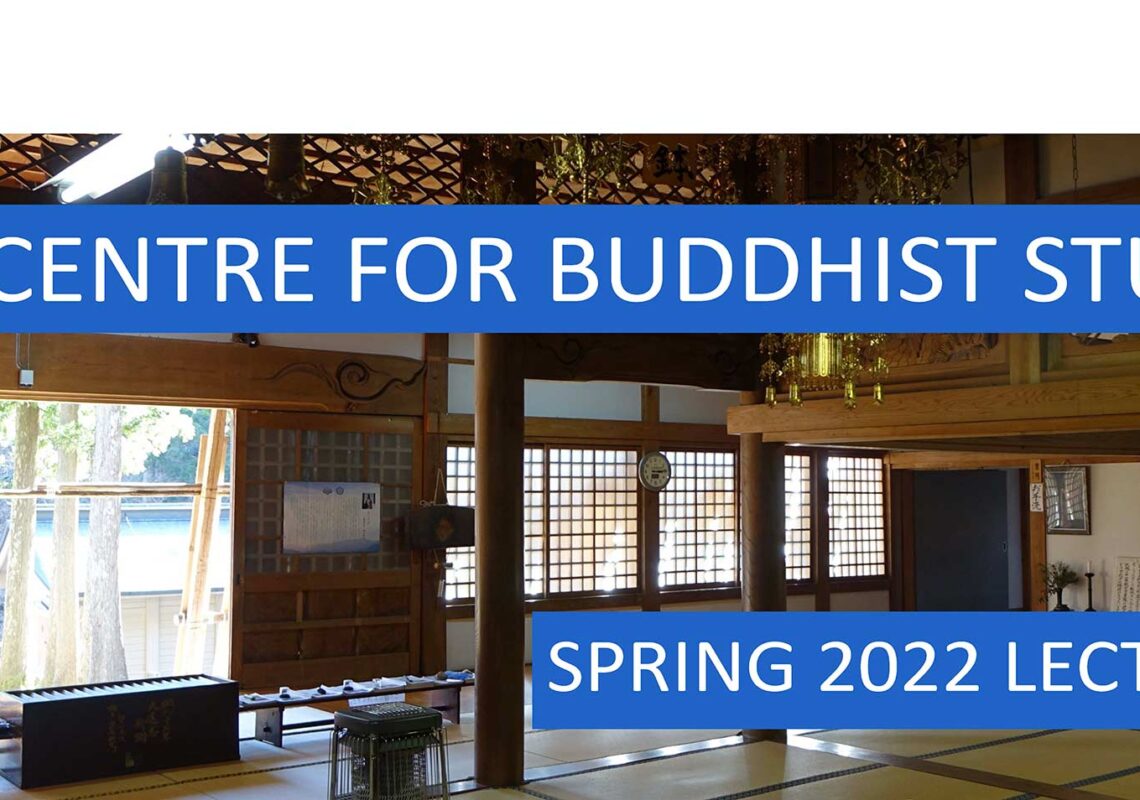
March 10–May 12, 2022, multiple speakers
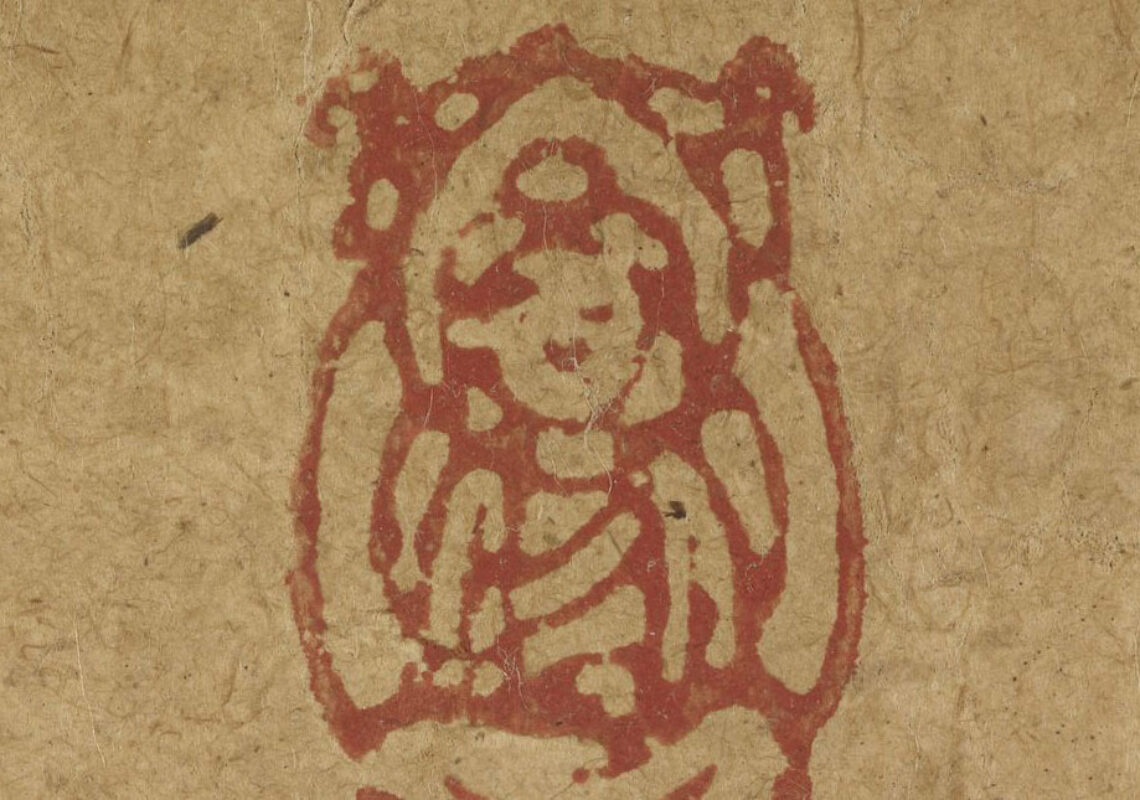
April 1, 2022, 1:30 PM–2:00 PM EDT. Princeton University. Jones Hall 202.
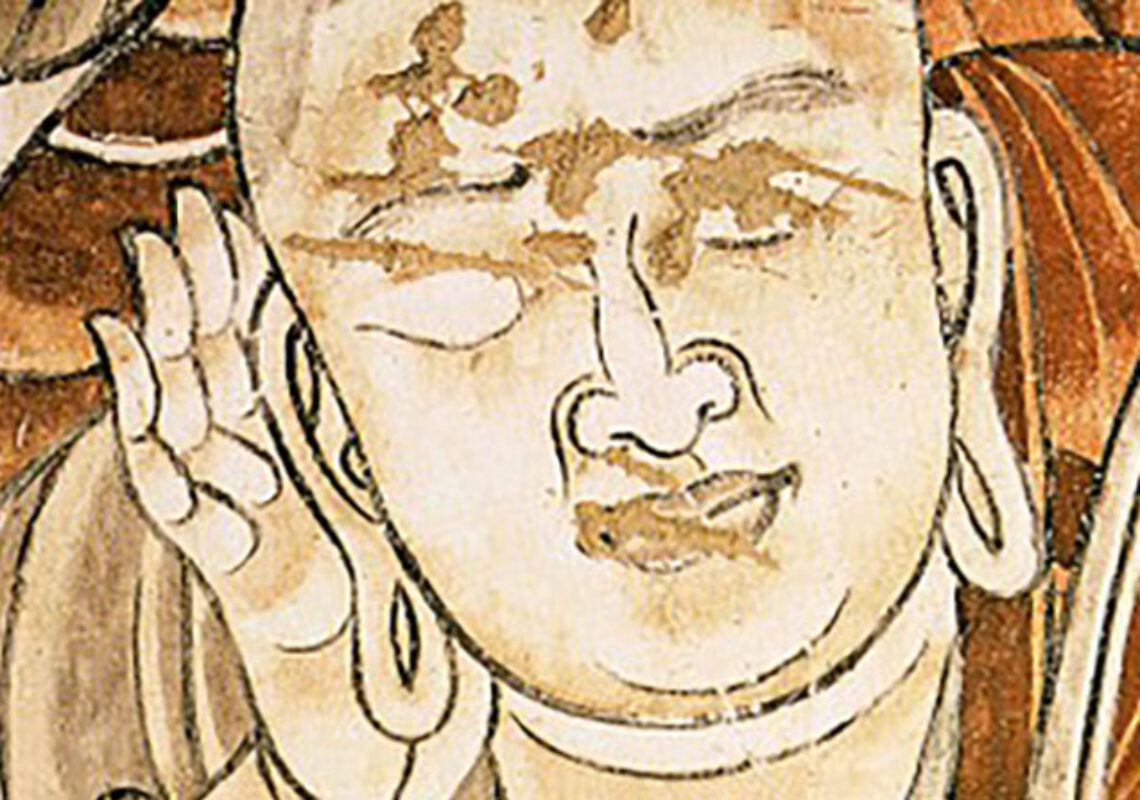
Mar 30, 2022, with Donald S. Lopez Jr. (University of Michigan). Online, via Zoom
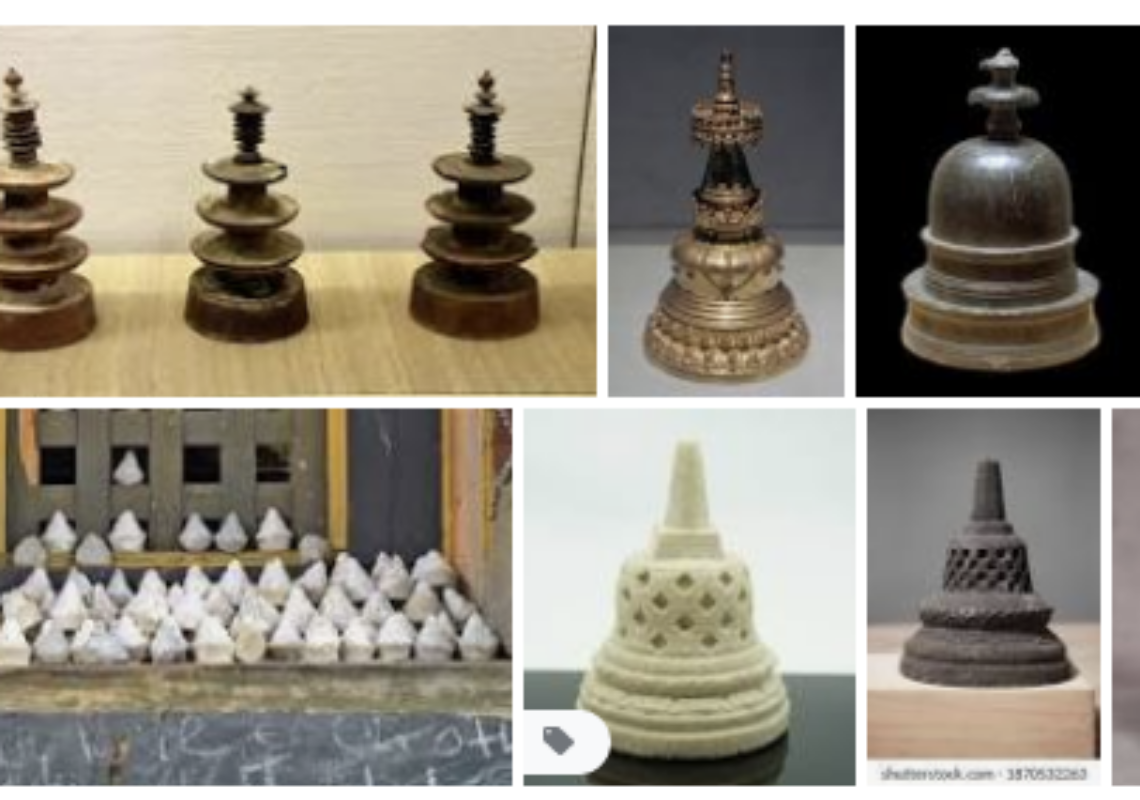
Deadline: April 15th, 2022
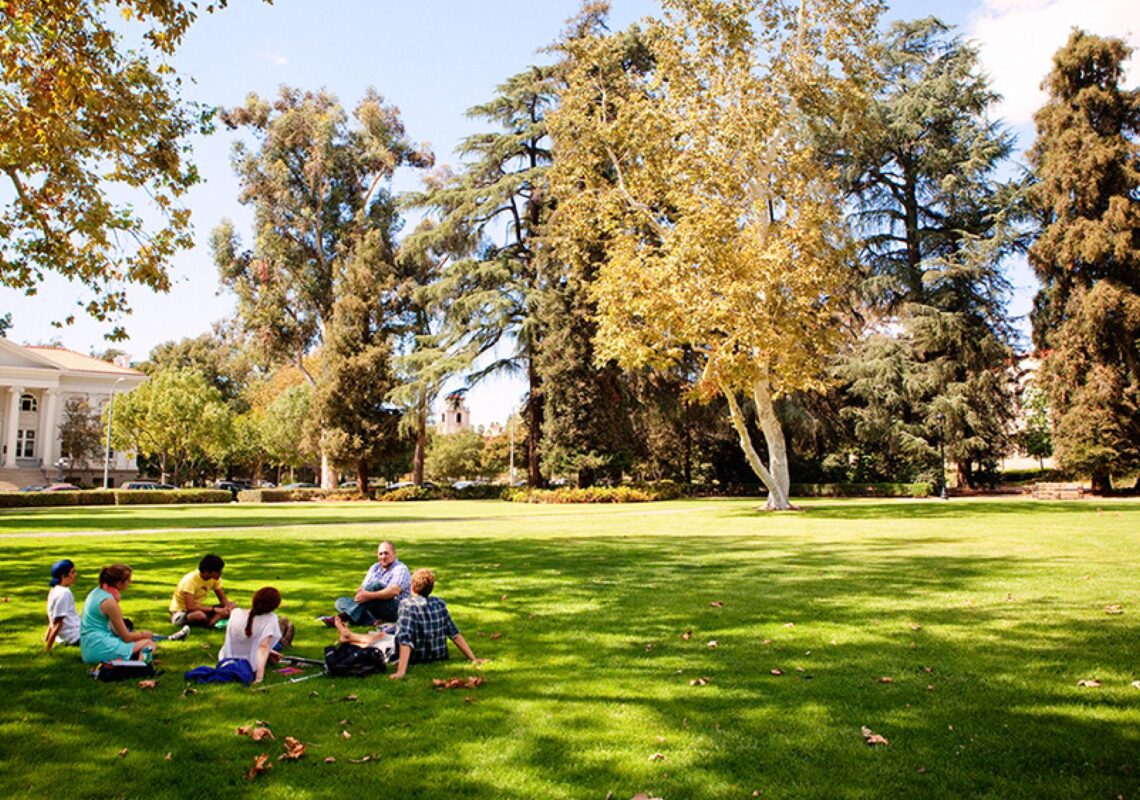
Application Review Begins: March 28, 2022
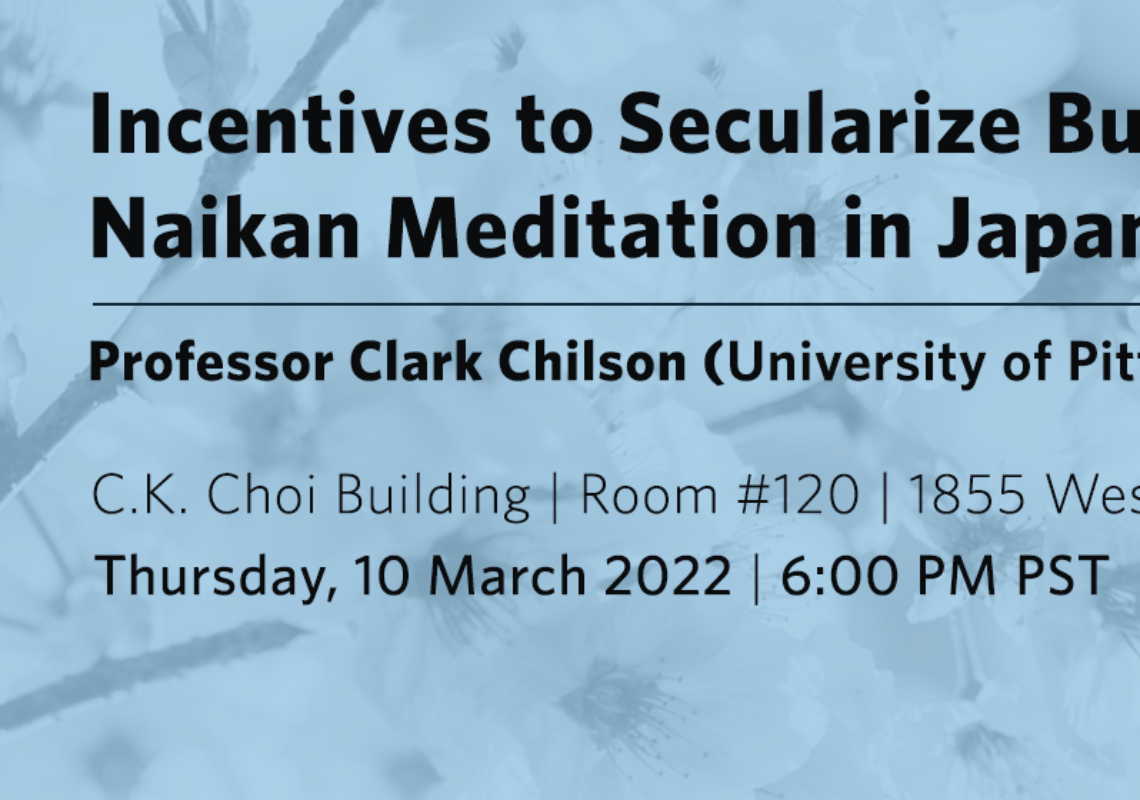
March 10, 2022, with Clark Chilson (University of Pittsburgh). UBC C.K. Choi Building
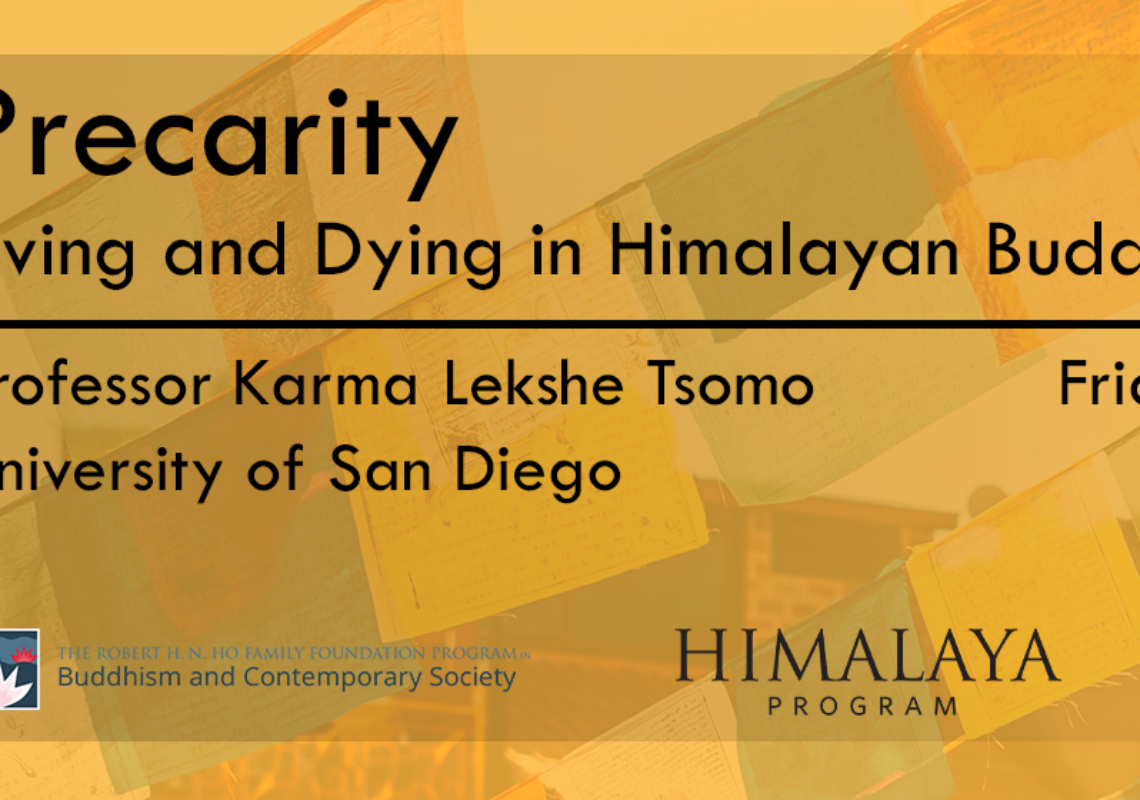
March 4, 2022, with Karma Lekshe Tsomo (University of San Diego). Online, via Zoom

July 4 to 29, 2022. Venice, Italy – Ca’ Foscari University. Pre-enroll online between January 24th and March 31st, 2022.

We are pleased to announce the release of the second volume in the SCR SPIB series published by Routledge. Edited by Jinhua Chen, Guang Kuan, and Hu Fo
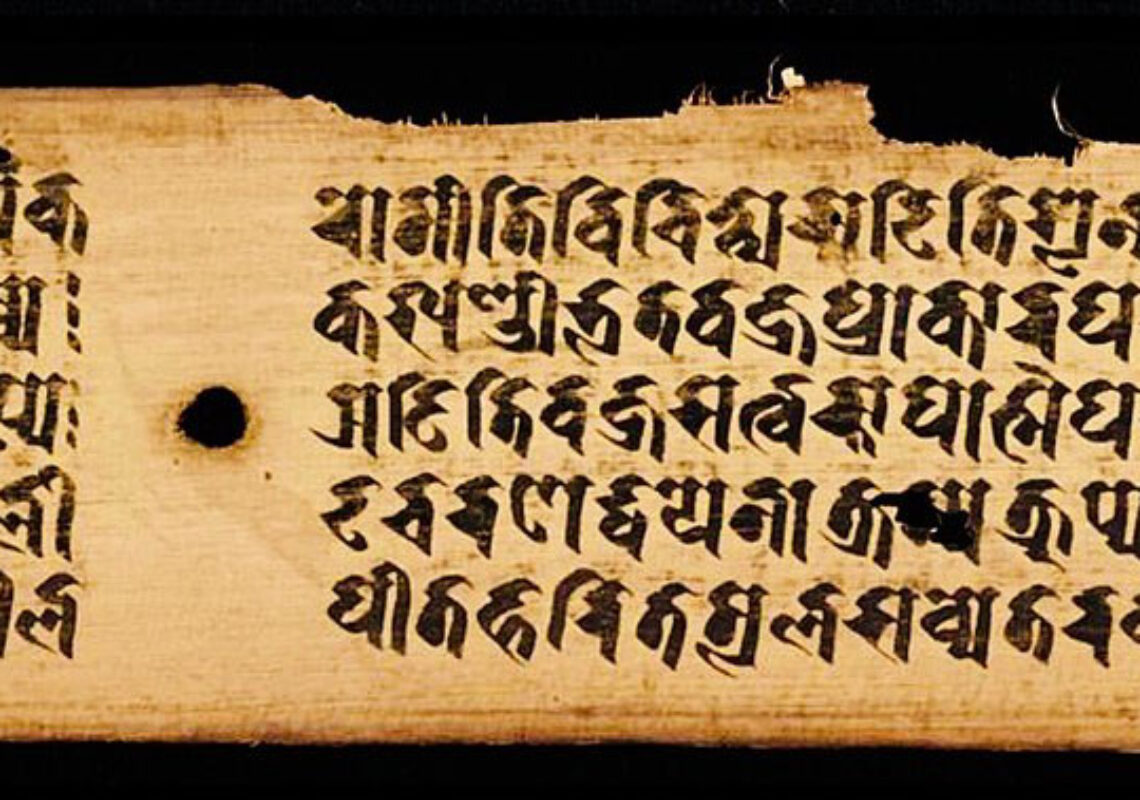
Feb 18, 2022, with Parimal Patil (Harvard University). Online, via Zoom
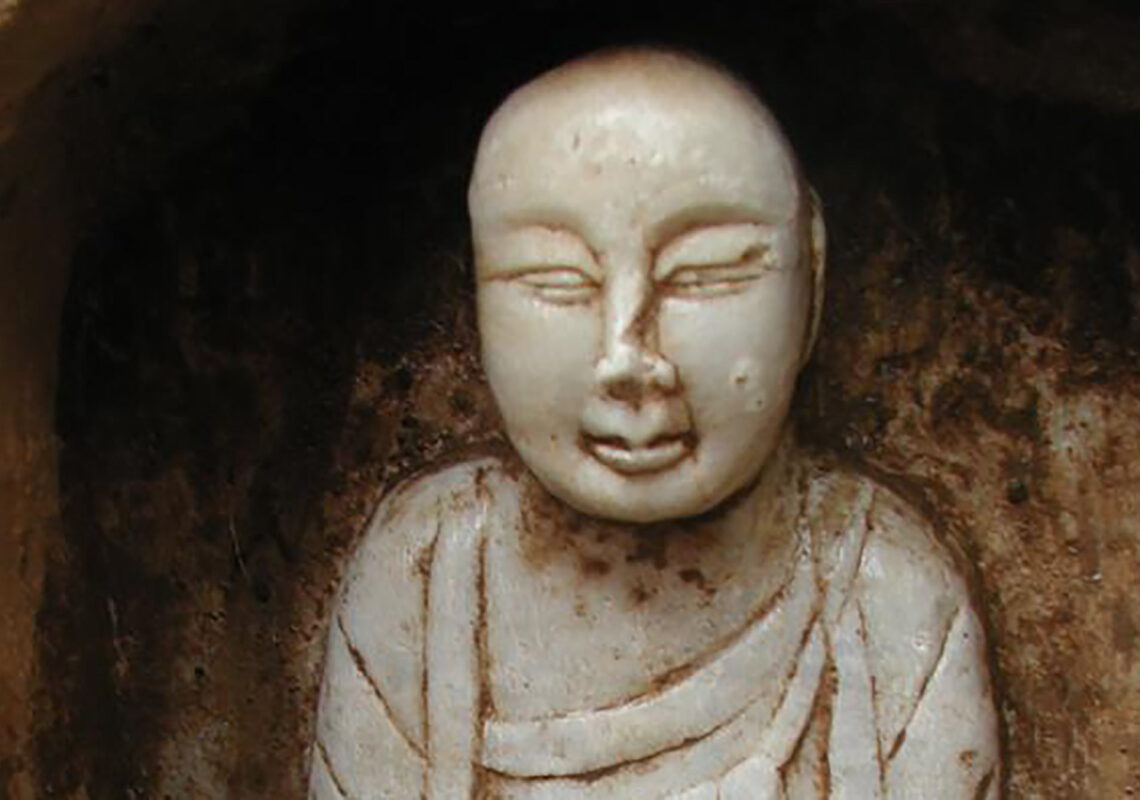
New book by Wendi Adamek
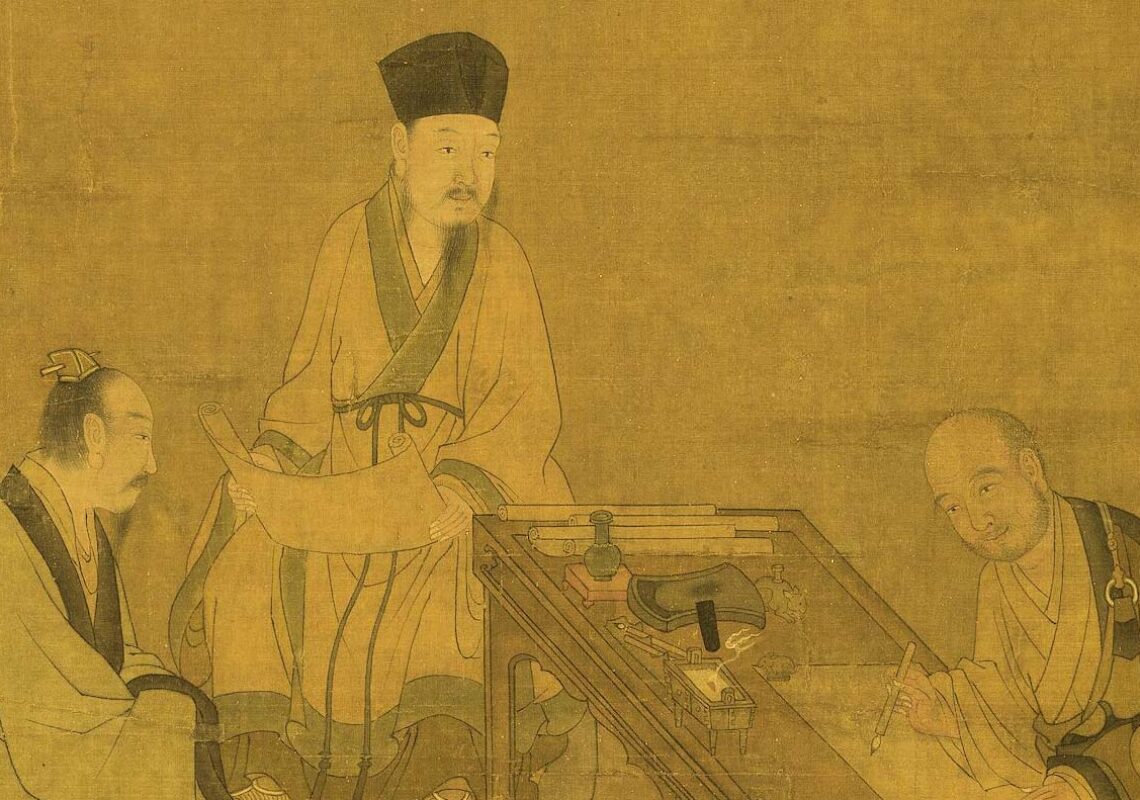
New book by John Kieschnick

Deadline to apply: March 4, 2022
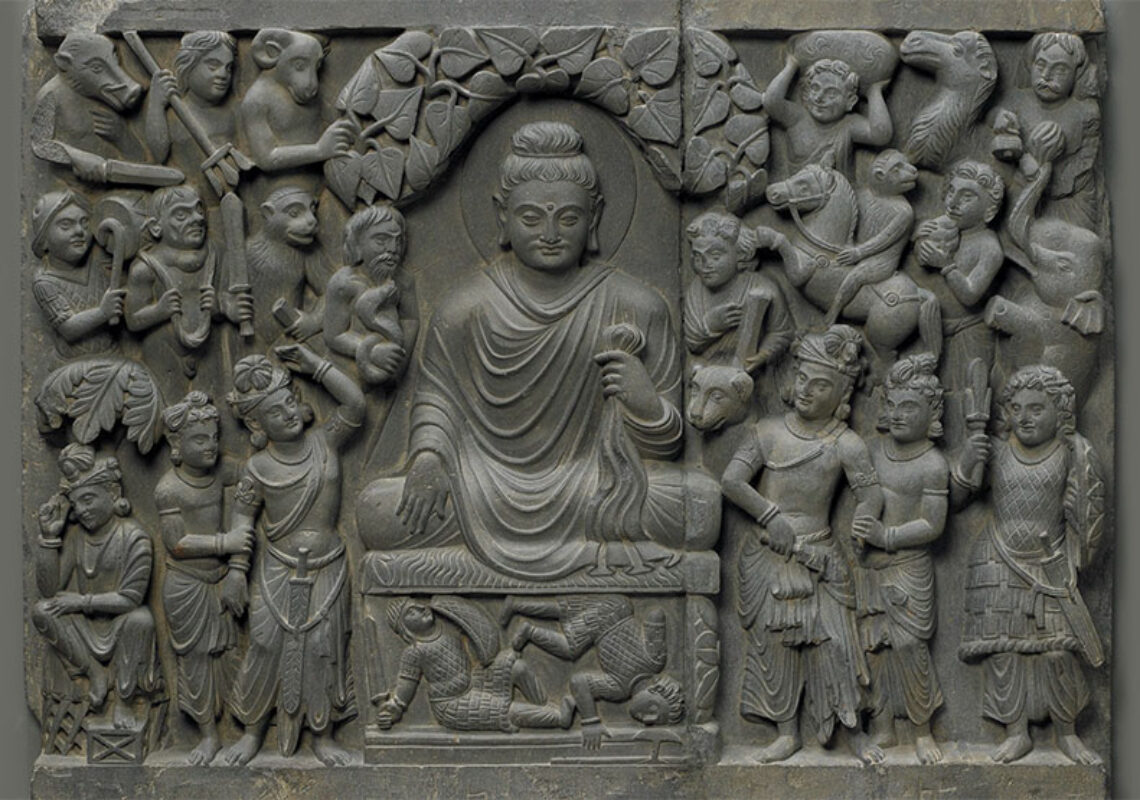
February 28, 2022, with Dr. K.L. Dhammajoti (Renmin University). Online, via Zoom
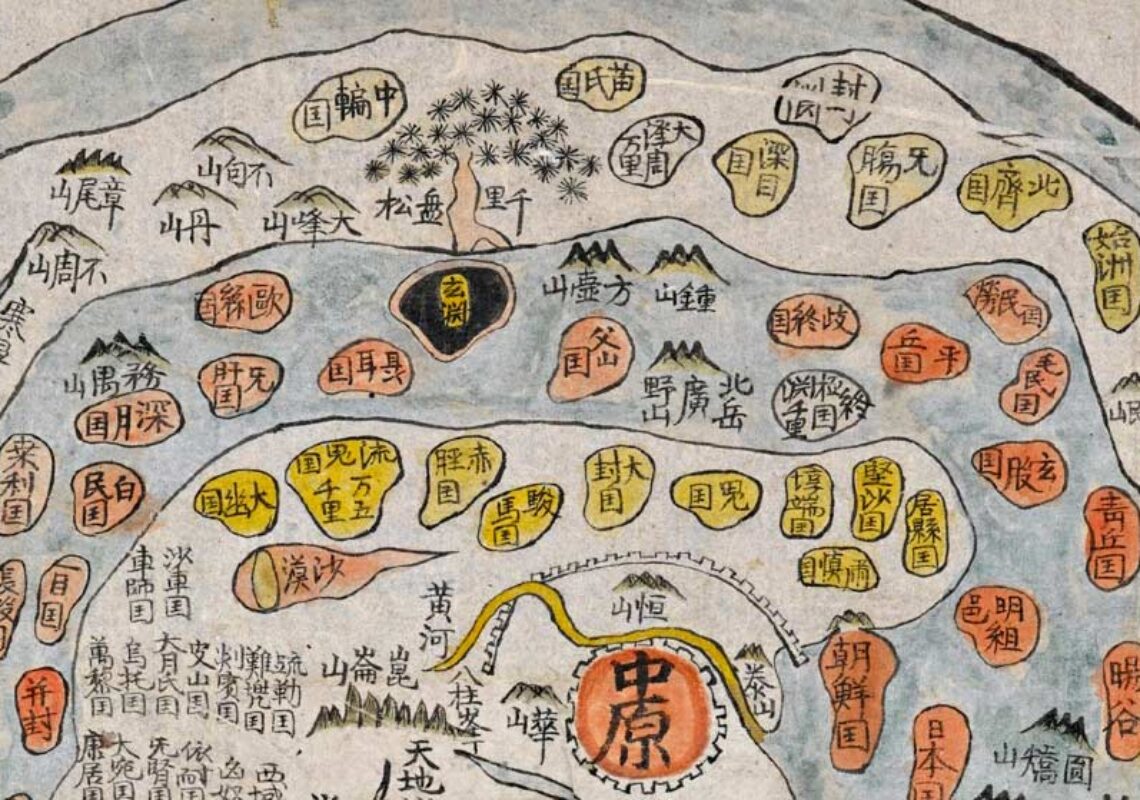
Sixth volume of Brill Book Series: Studies on East Asian Religions. Edited by Stephanie Balkwill and James A. Benn.
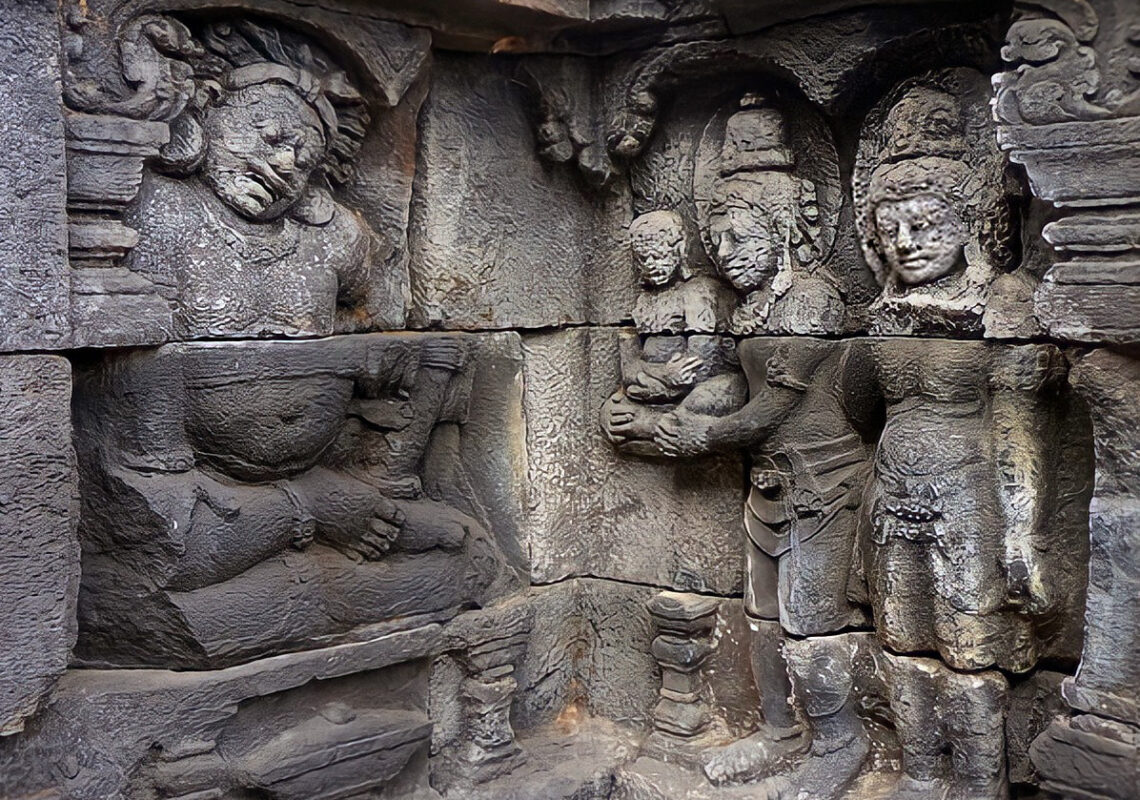
February 14, 2022, with Dr. Naomi Appleton (University of Edinburgh). Online, via Zoom
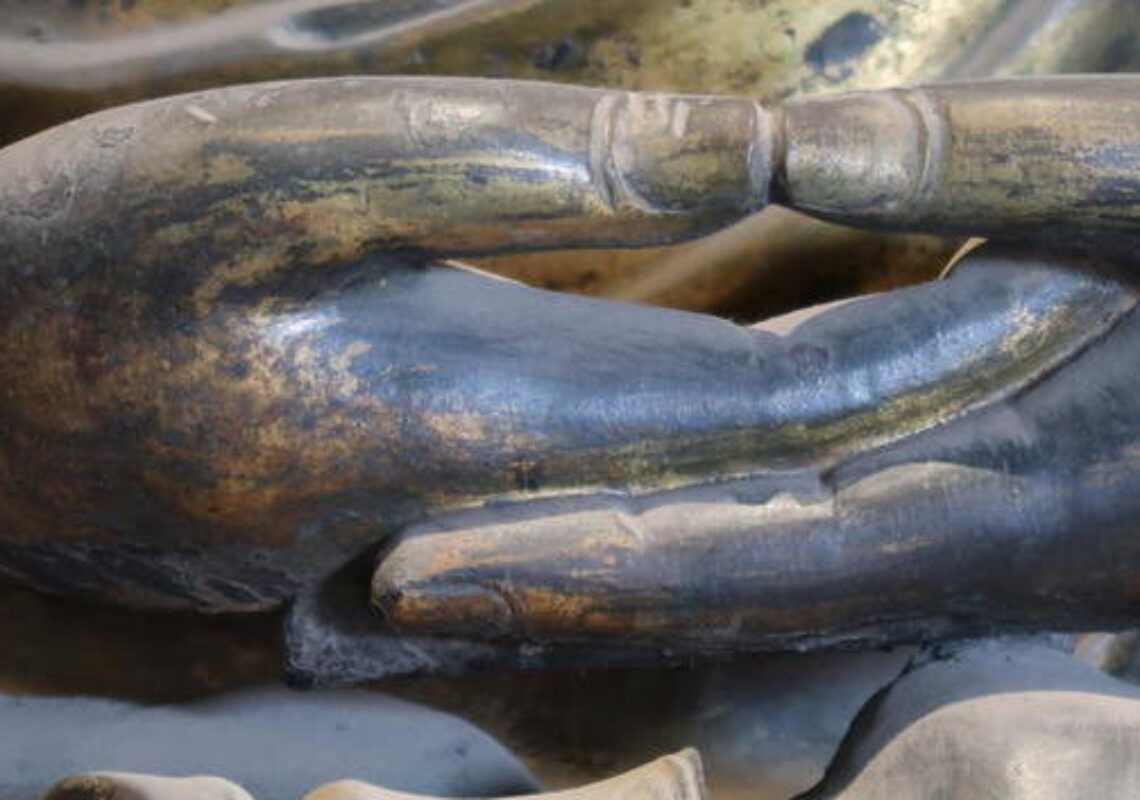
CFA: Glorisun Postdoctoral Fellowship in Chinese Buddhism at Center for Buddhist Studies, UC Berkeley
Deadline: February 15, 2022
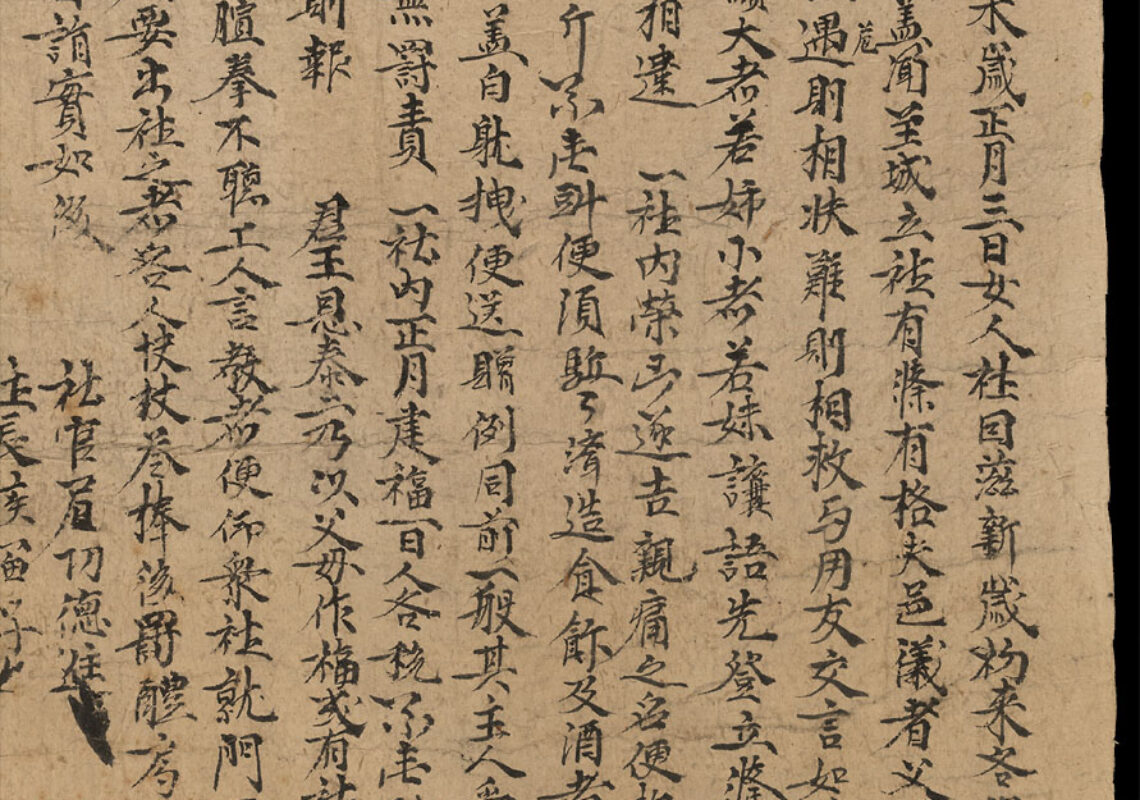
January 24, 2022, with Hao Chunwen (IAS, Capital Normal University). Online, via Zoom
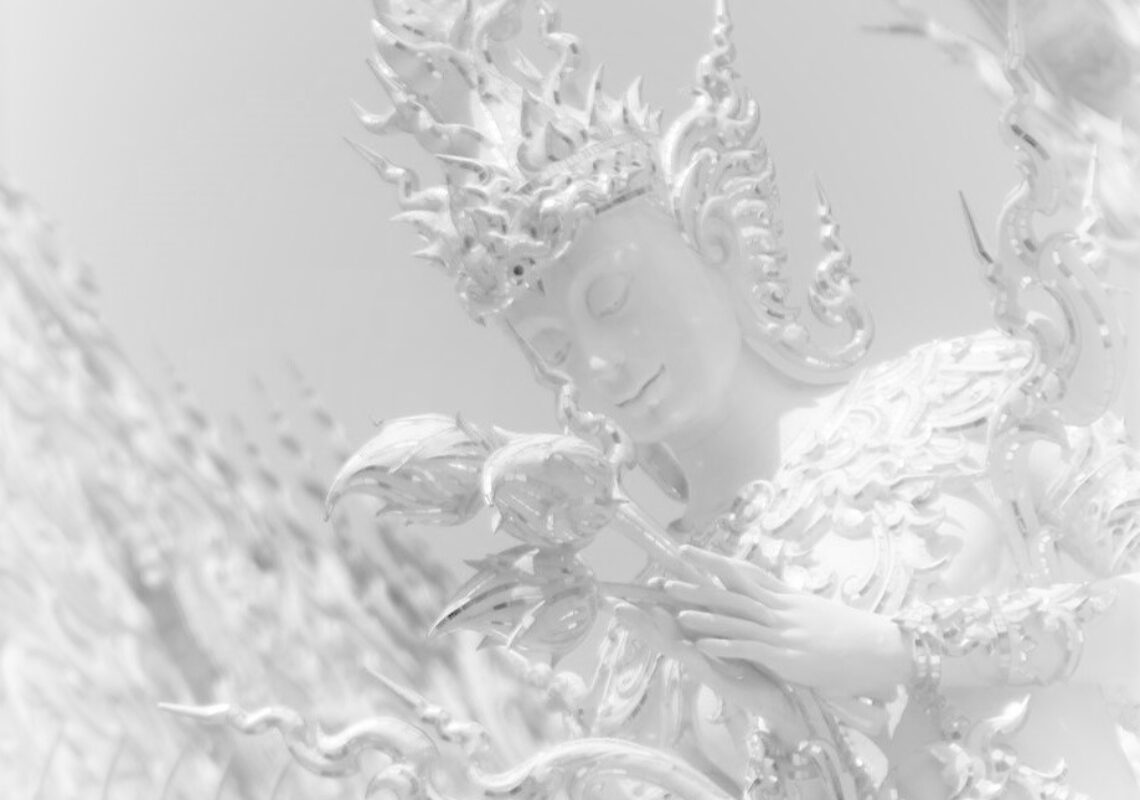
January 24, 2022, with Ann Gleig (University of Central Florida) and Joy Brennan (Kenyon College, Ohio). Online, via Zoom
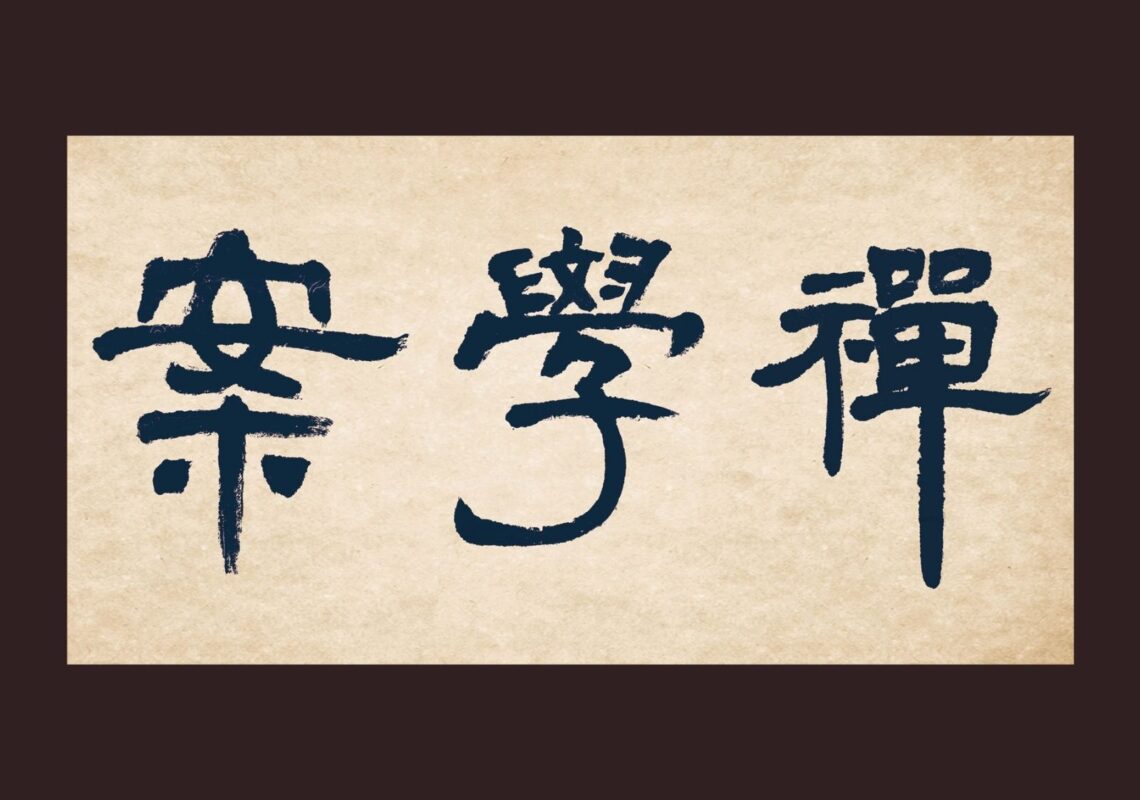
We are pleased to announce the release of the second issue of Journal of Chan Buddhism, edited by Jinhua Chen, George Keyworth, and Steffen Döll.

January 4, 2022, with Professor WEI Daoru (Chinese Academy of Social Sciences). Online, via Zoom
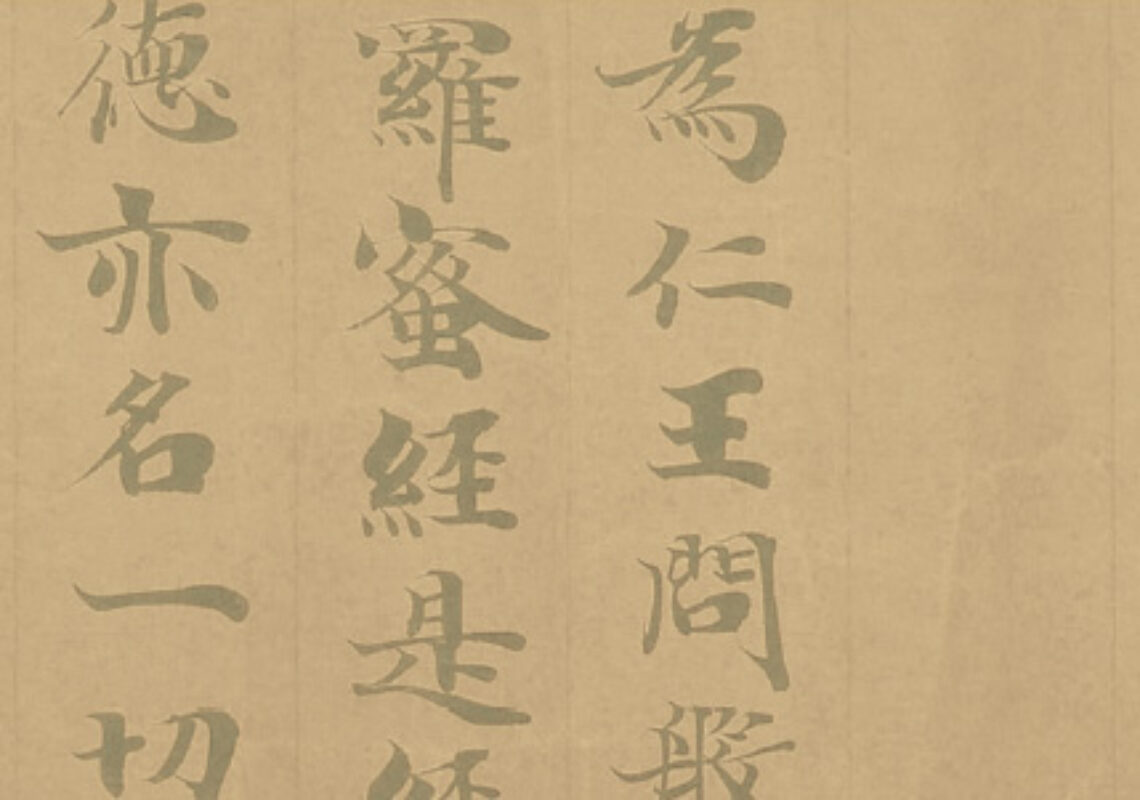
Fourth Volume of “Hualin Translation Series On Buddhist Studies” (Chinese). By Charles D. Orzech, translated by Bai Zhaojie, collated by Pei Changchun and Ji Yun.
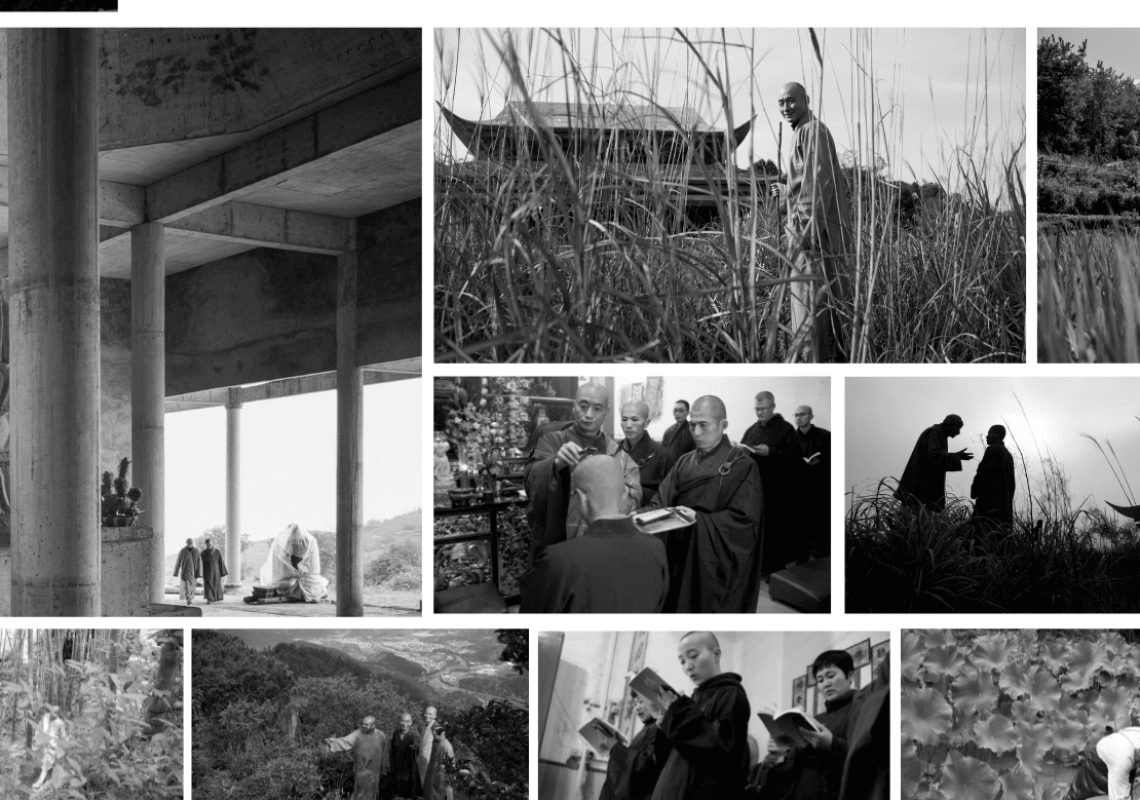
Tan Yingxian (Hebrew University of Jerusalem). December 12-16, 2021. Lobby of Bloomfield Library for the Humanities and Social Sciences, Hebrew University of Jerusalem
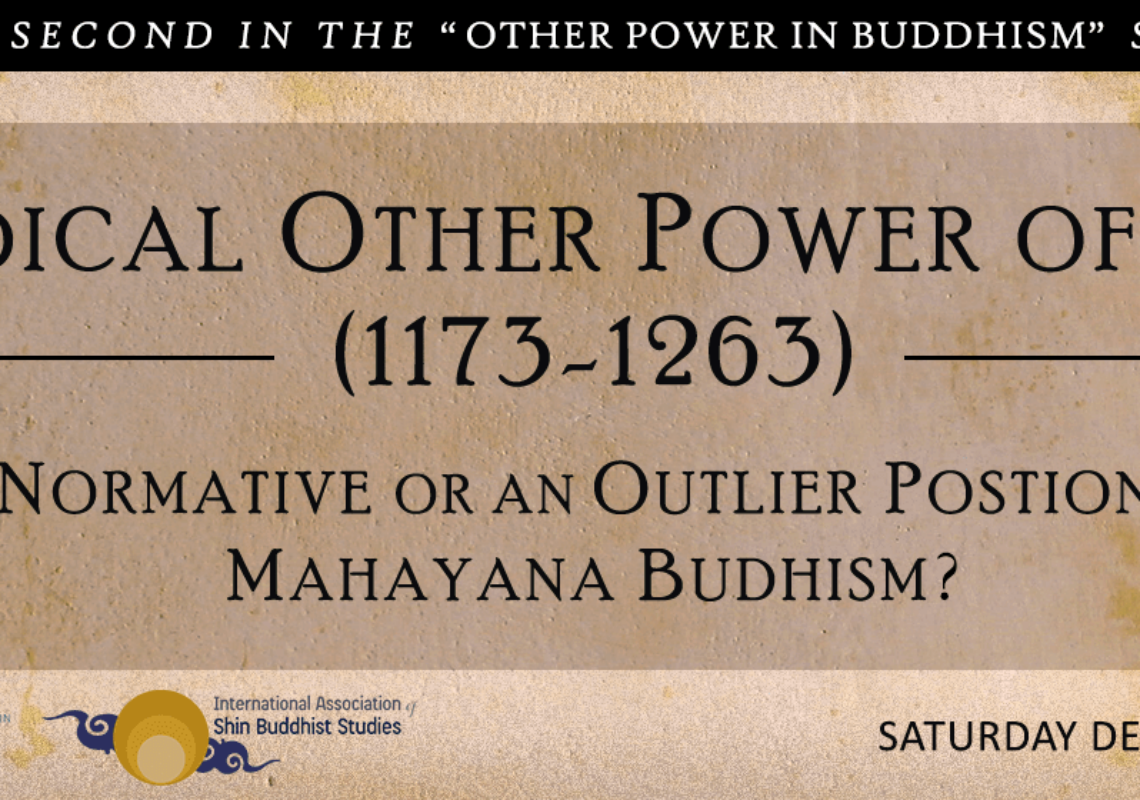
December 11, 2021. Online, via Zoom

October 12, 2021, with Rey-Sheng Her (Tzu Chi University). Online, via Zoom
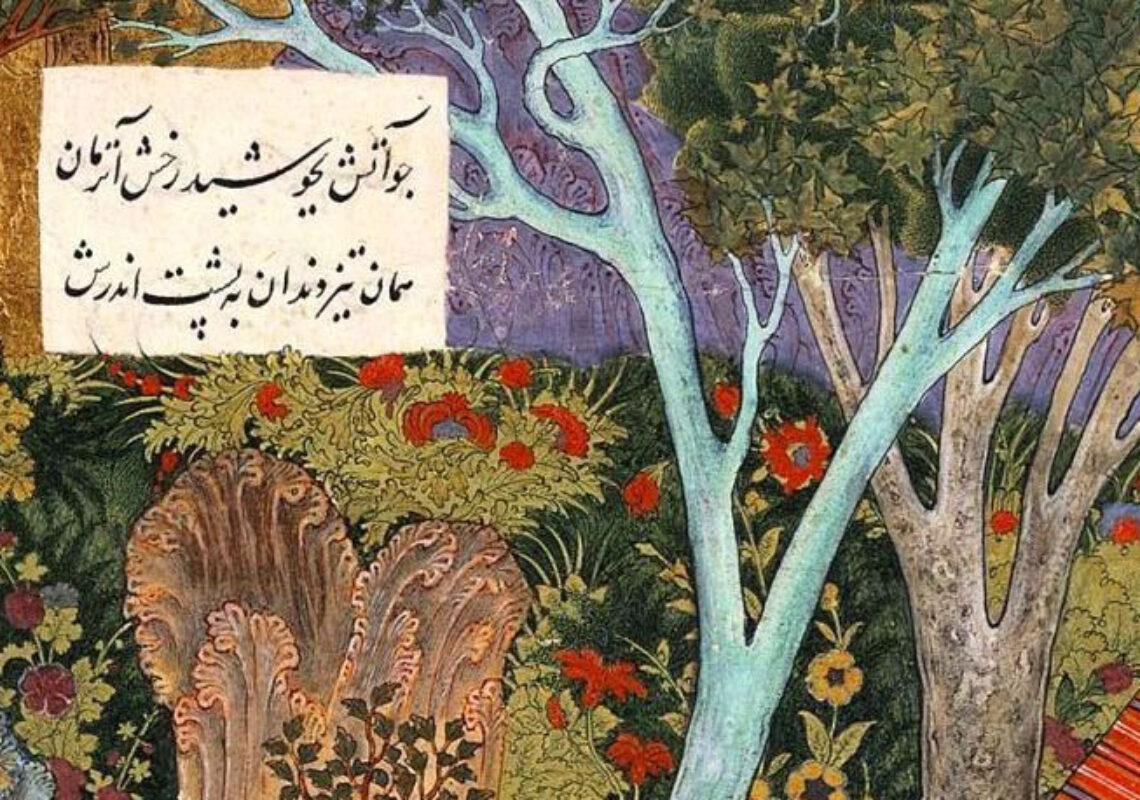
October 8-9, ONLINE with the Needham Research Institute (NRI), the Ancient India and Iran Trust (AIIT), and the Faculty of Asian and Middle Eastern Studies (FAMES) at Cambridge University

September 22, 2021, with Eugene Wang (Harvard). Online, via Zoom
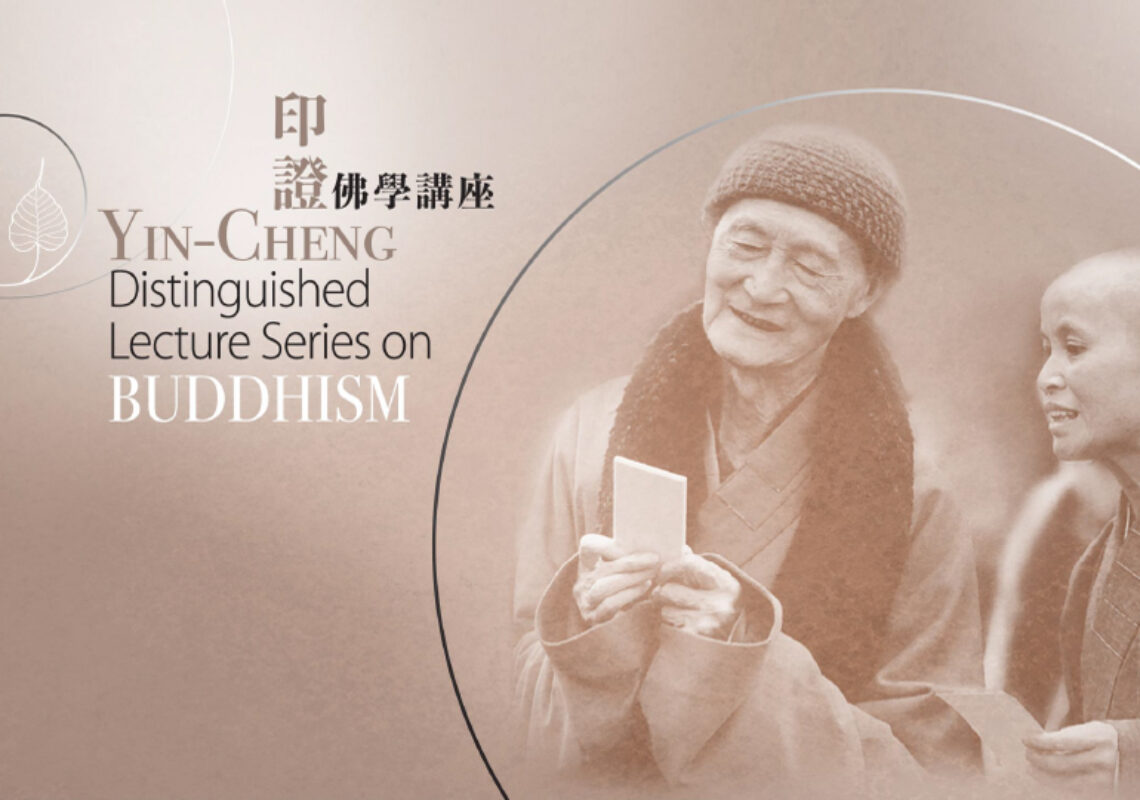
New multi-university lecture series on Buddhism and Contemporary Society.

Sixth Volume of “Famed Mountains and Great Monasteries” Series. Edited by Shi Ciguaun, Chen Jinhua, and Shi Xingding.

Fifth volume of Brill Book Series: Studies on East Asian Religions. Edited by Ester Bianchi and Weirong Shen
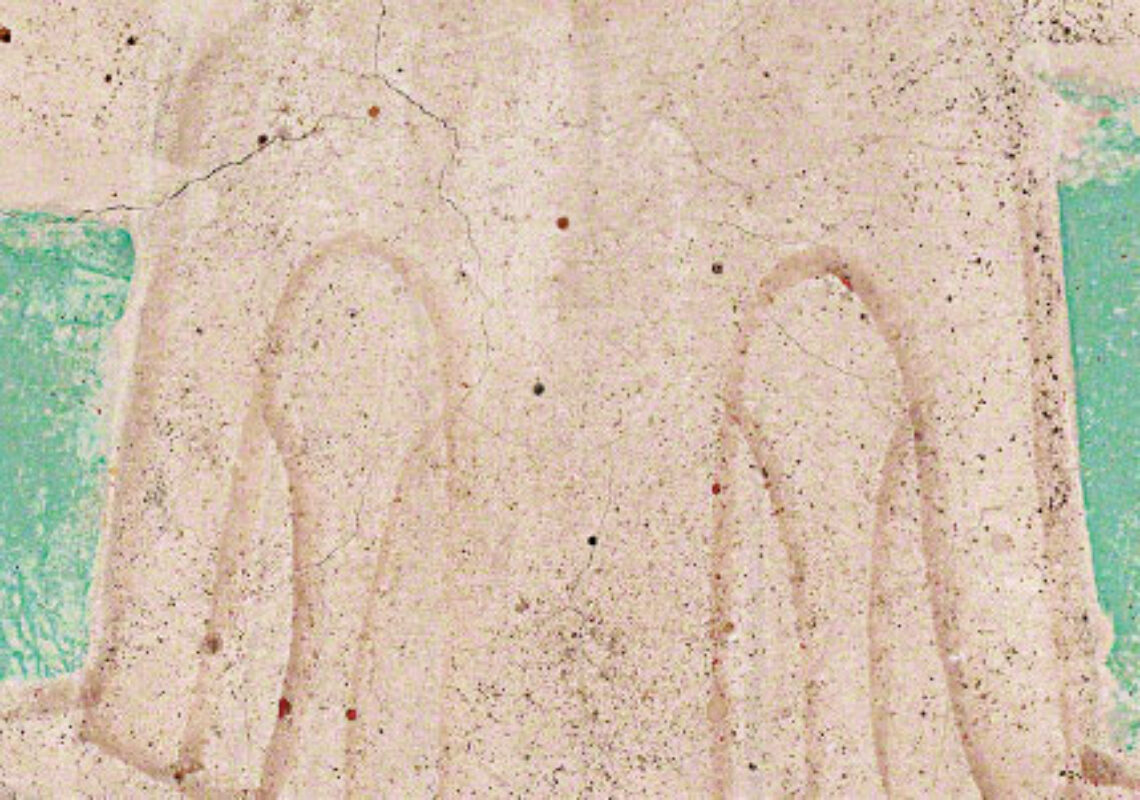
Third Volume of “Hualin Translation Series On Buddhist Studies” (Chinese). By James Benn, translated by Zhang Dewei, Li Jianxin, He Yongshan, and Chen Zhiyuan; collated by Zhang Dewei and Ji Yun.
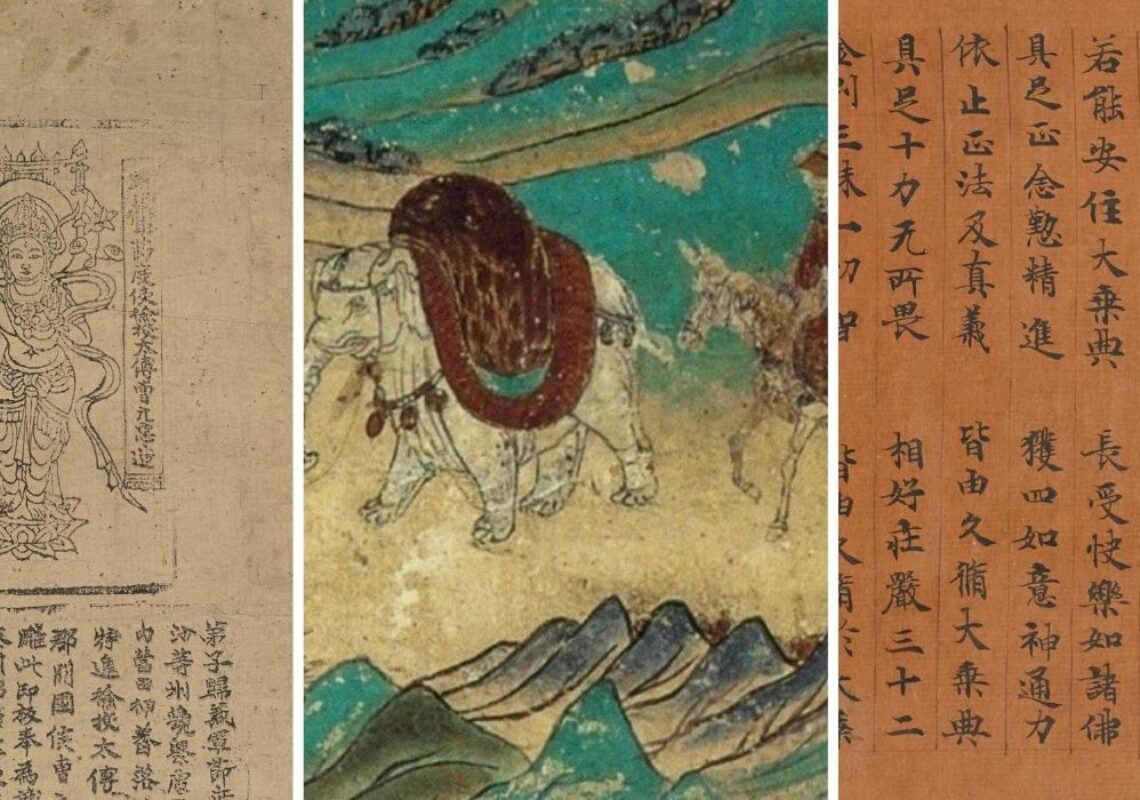
July 28 – August 25, 2021. Online via Zoom.
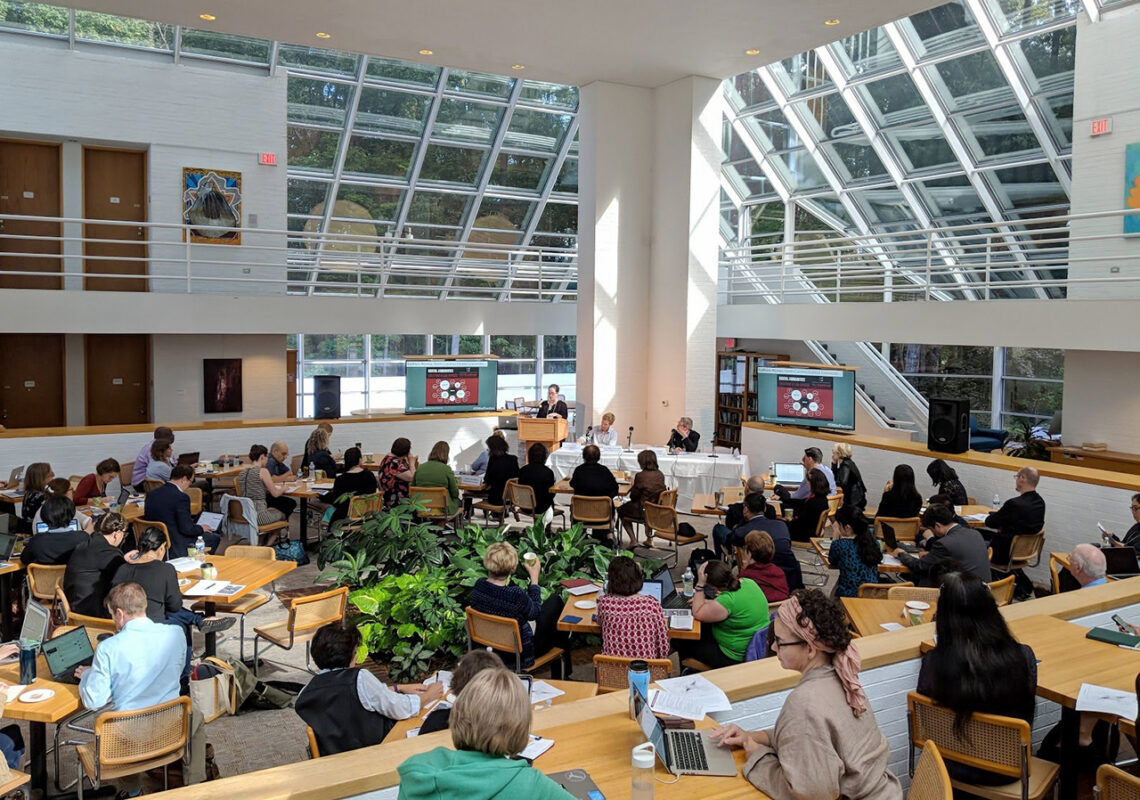
CFA deadline October 7, 2021
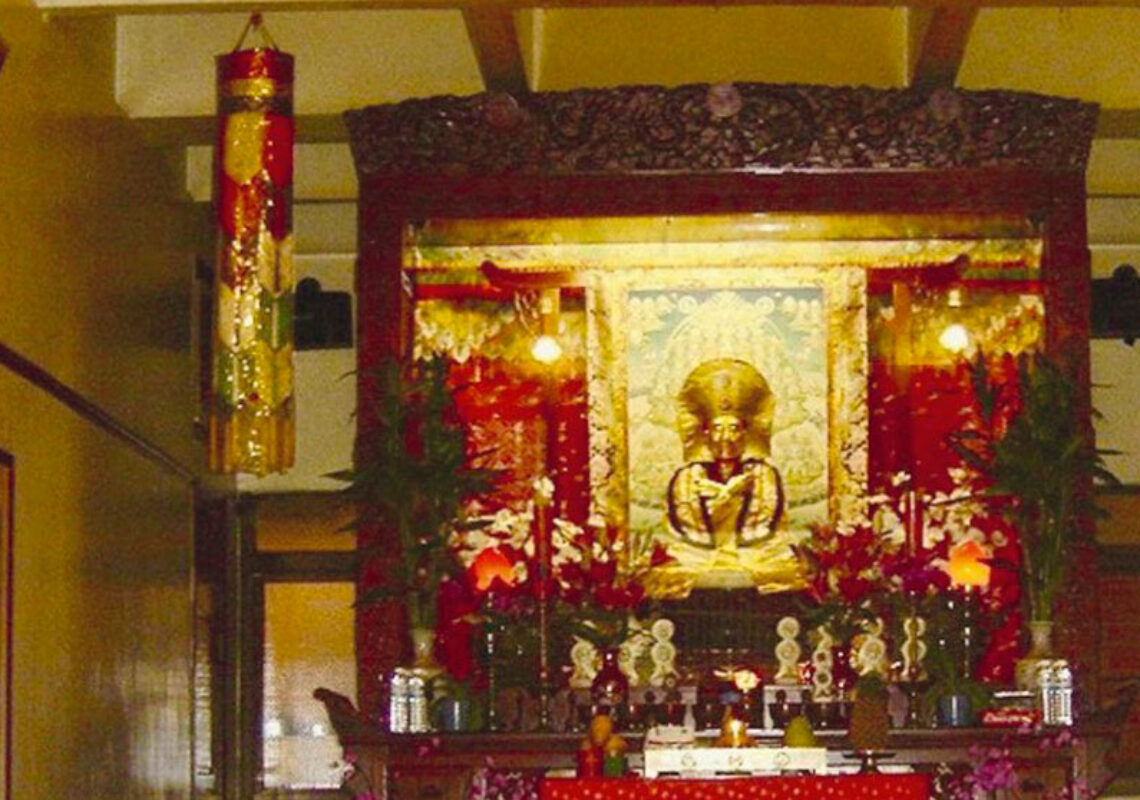
Fourth volume of Brill Book Series: Studies on East Asian Religions. Authored by Fabienne Jagou.

June 2–3, 2021, ONLINE

Chenxing Han and Dr. Jessica Main (The University of British Columbia). 7:00pm (PDT). Wednesday, April 21, 2021. Online, via Zoom.

April 15, 2021, with KIKUCHI Hiroki (University of Tokyo). ONLINE, via Zoom.
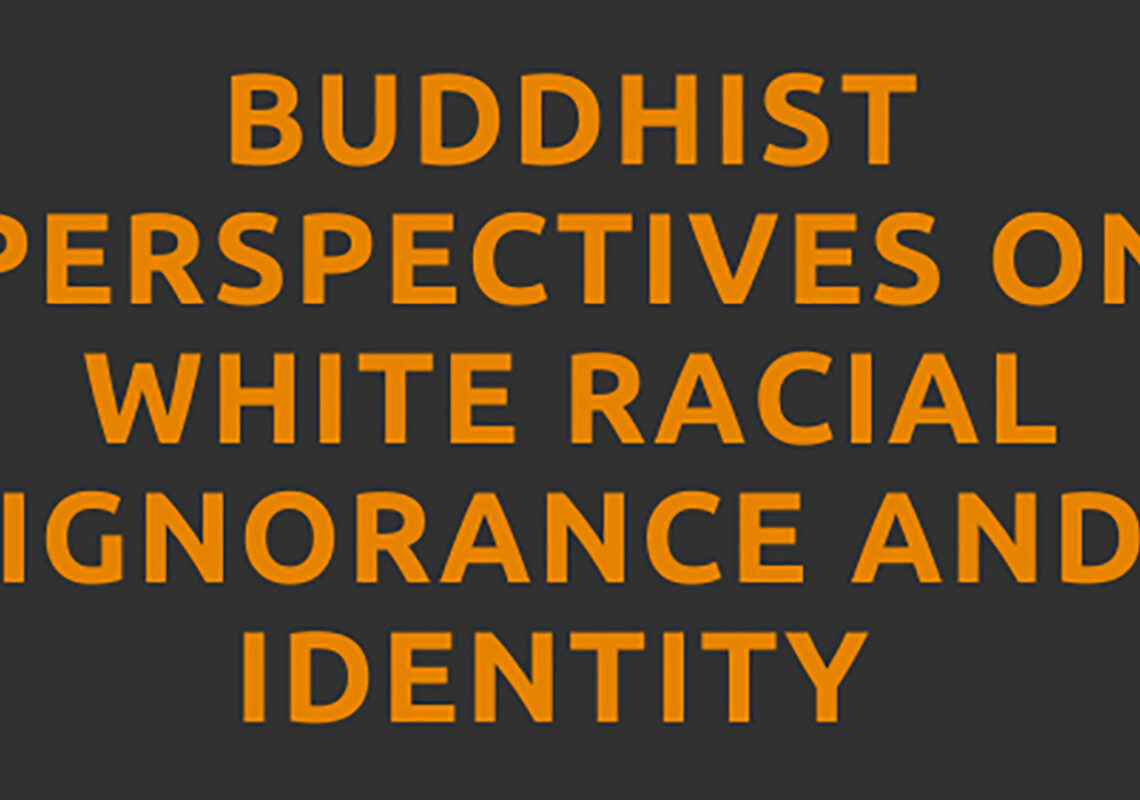
April 8, 2021, with Emily McRae (New Mexico). Online, via Zoom.
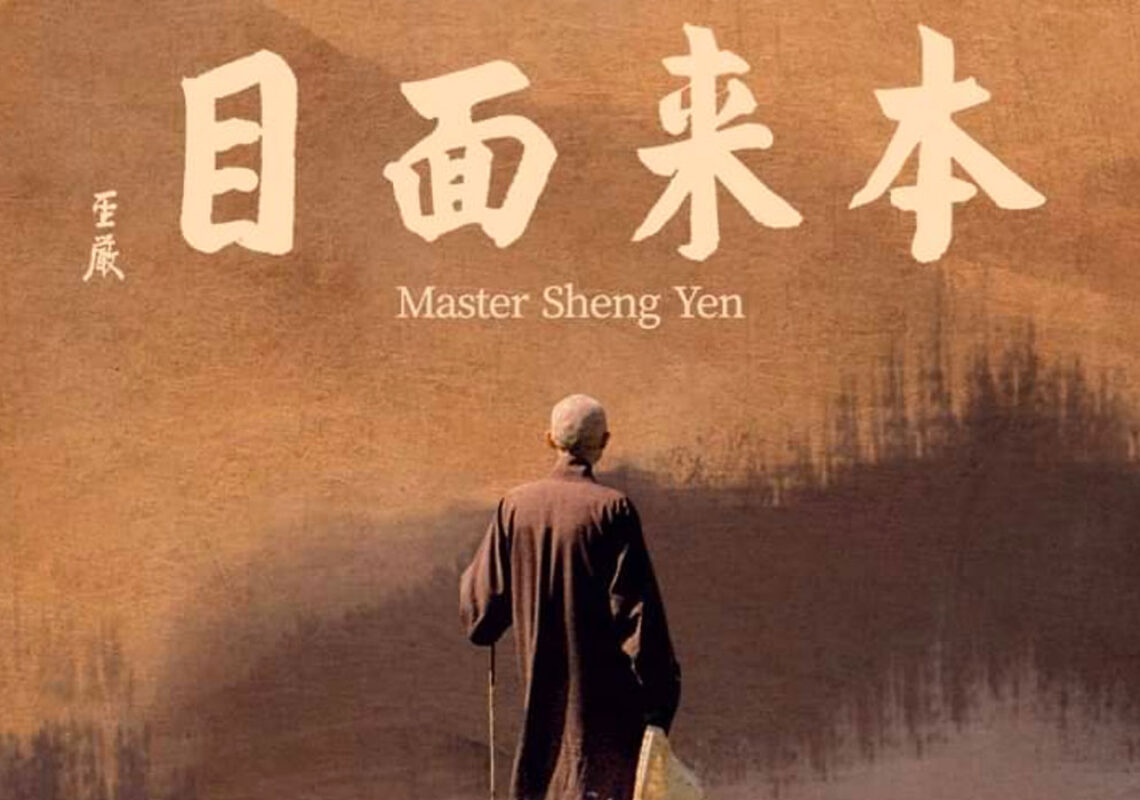
March 31, 2021. Online via Vimeo.

Applications due March 30, 2021.
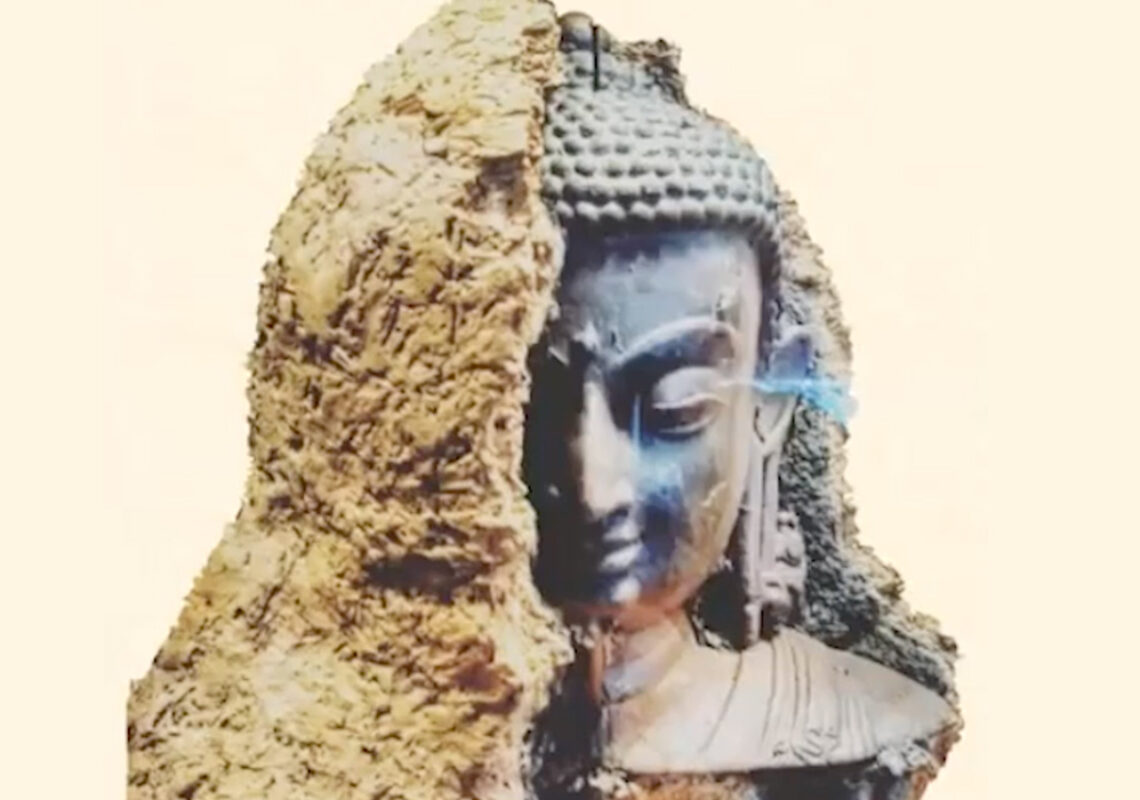
February 18, 2021, with Dr. Christopher Jones (Cambridge) and Dr. Li Zijie (SOAS University of London). Online, via Zoom

New journal article by Jeffrey Kotyk.
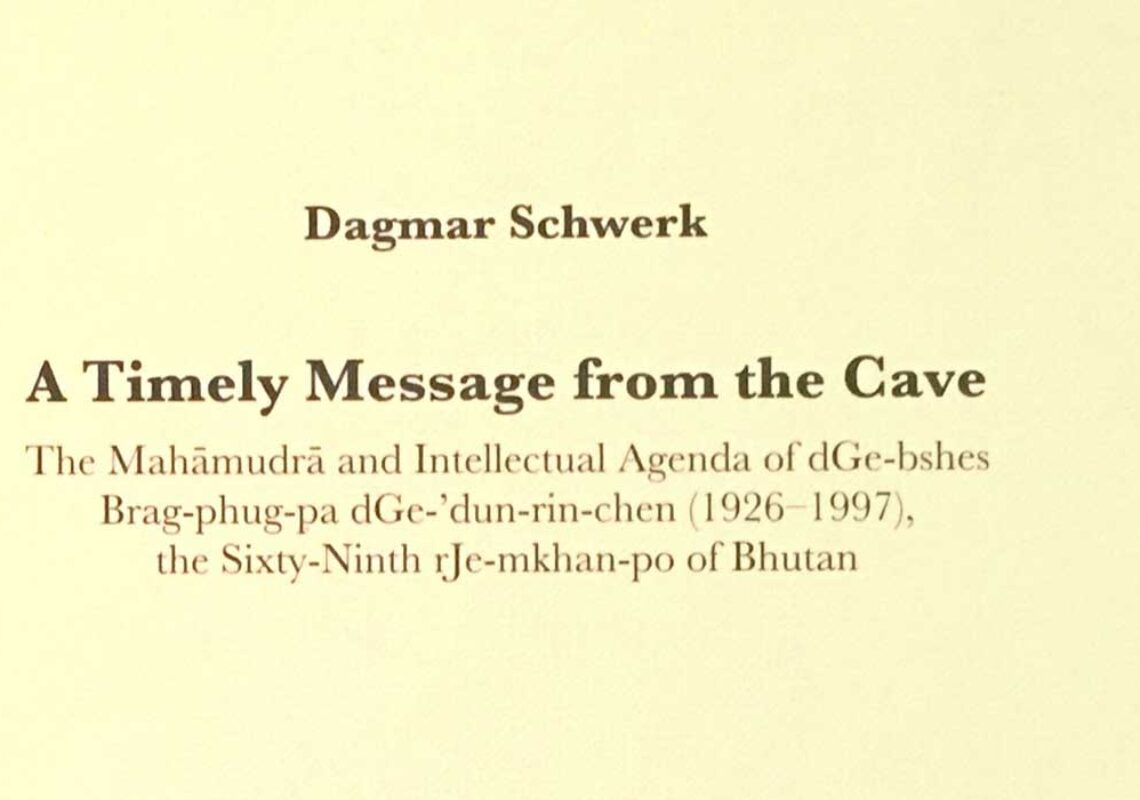
New monograph by Dagmar Schwerk.
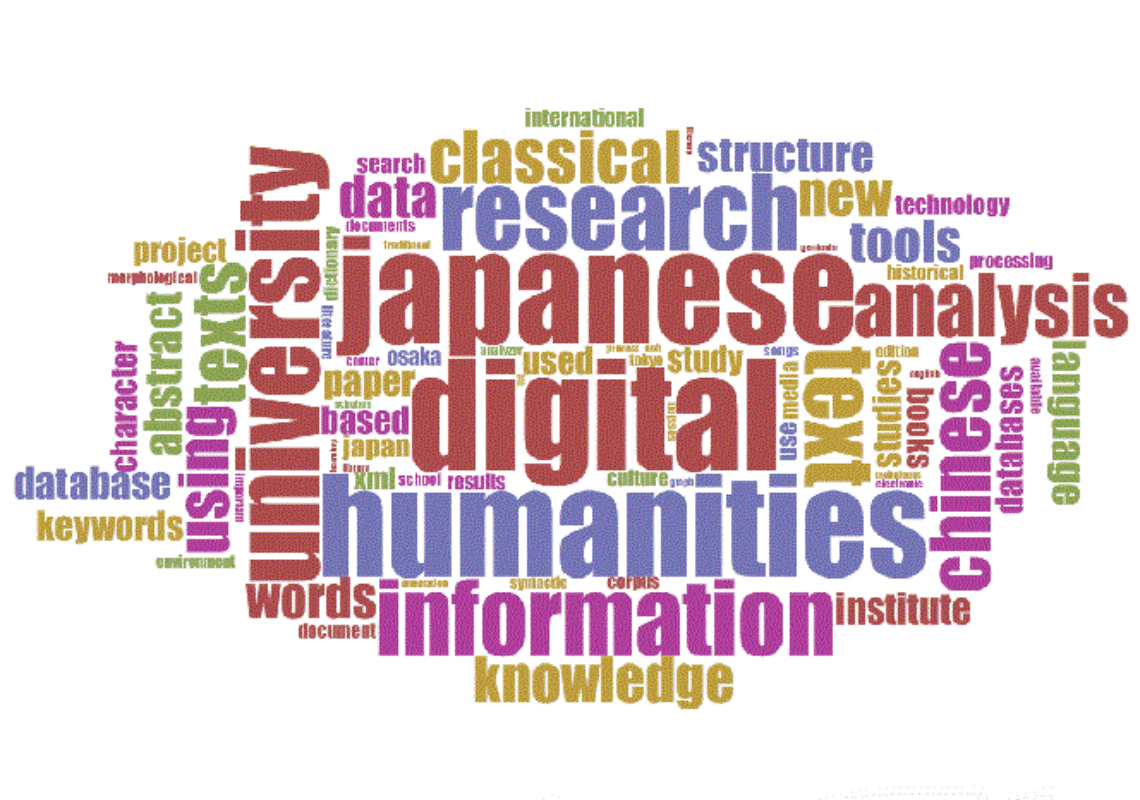
Open access. Guest editors: Marcus Bingenheimer, Christian Wittern, and Jinhua Chen.

First issue of Journal of Chan Buddhism. Edited by Jinhua Chen, George Keyworth, and Steffen Döll.
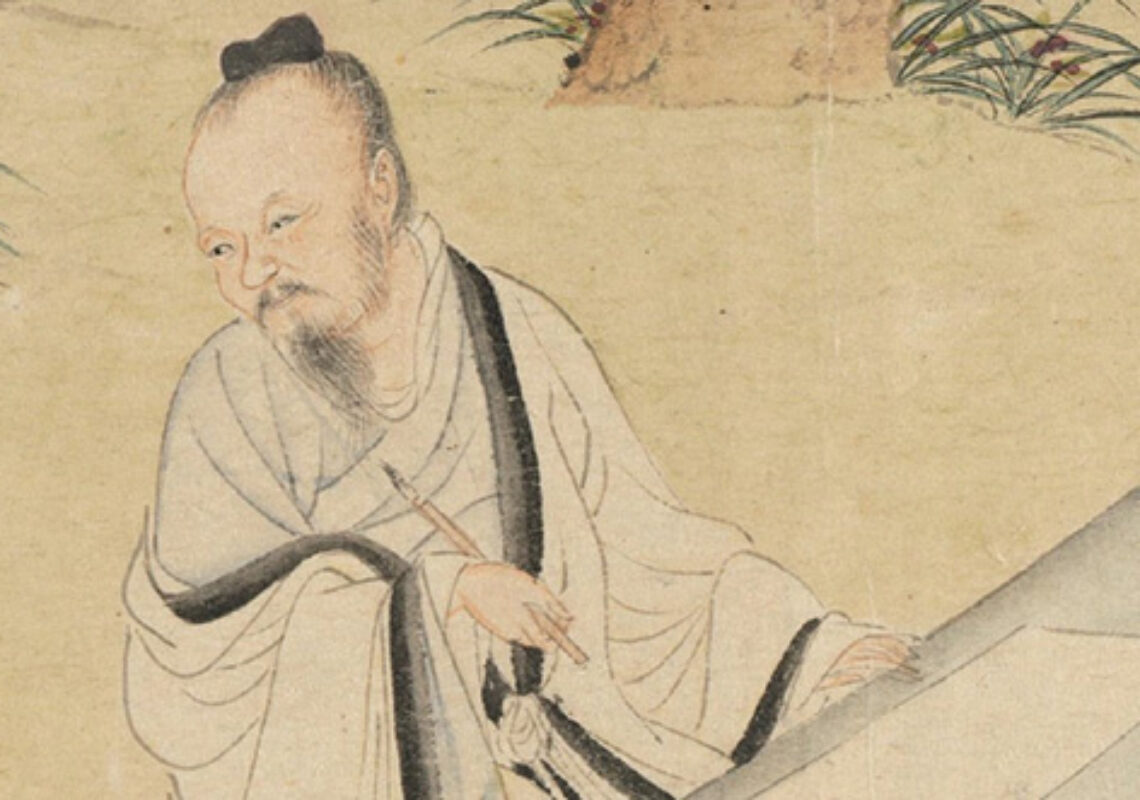
First Volume of “Hualin Series on Buddhist Studies”. Edited by Zhan Ru, Chen Jinhua, and Ji Yun.
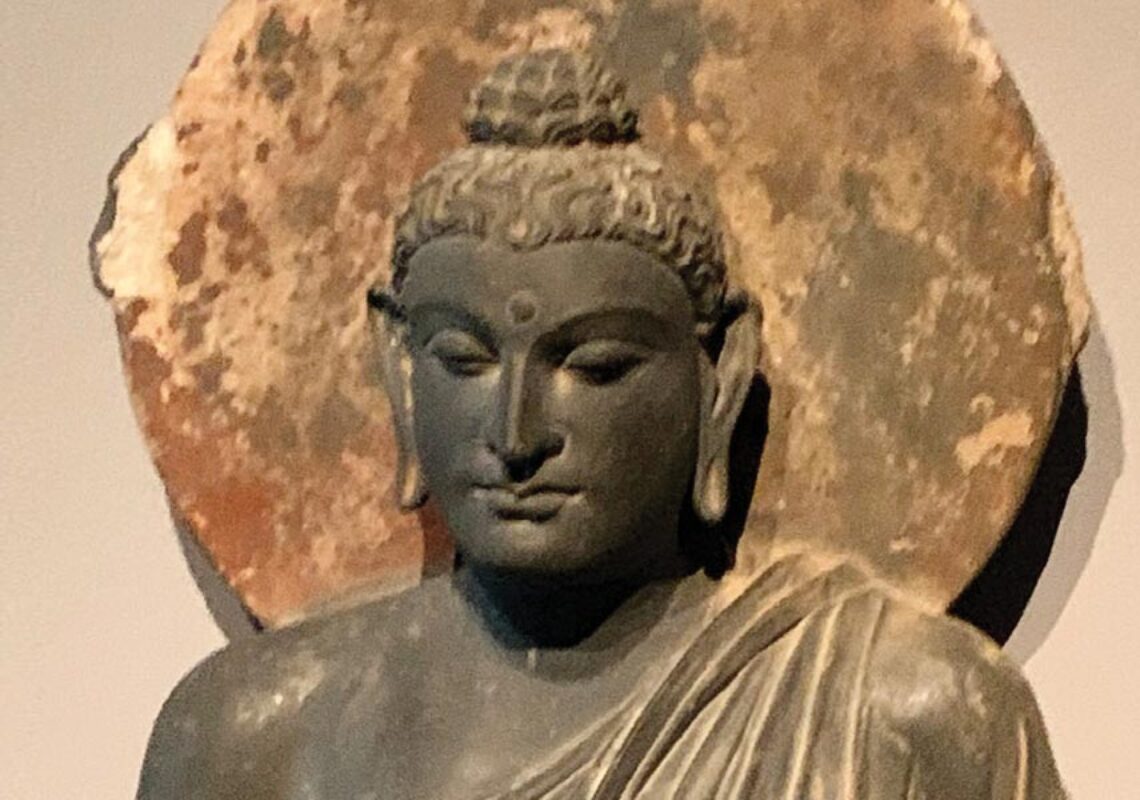
Second Volume of “Hualin Series on Buddhist Studies”. Edited by Zhan Ru, Chen Jinhua, and Ji Yun.

Second Volume of “Hualin Series on Buddhist Studies” (Chinese). Edited by Zhan Ru and Chen Jinhua.
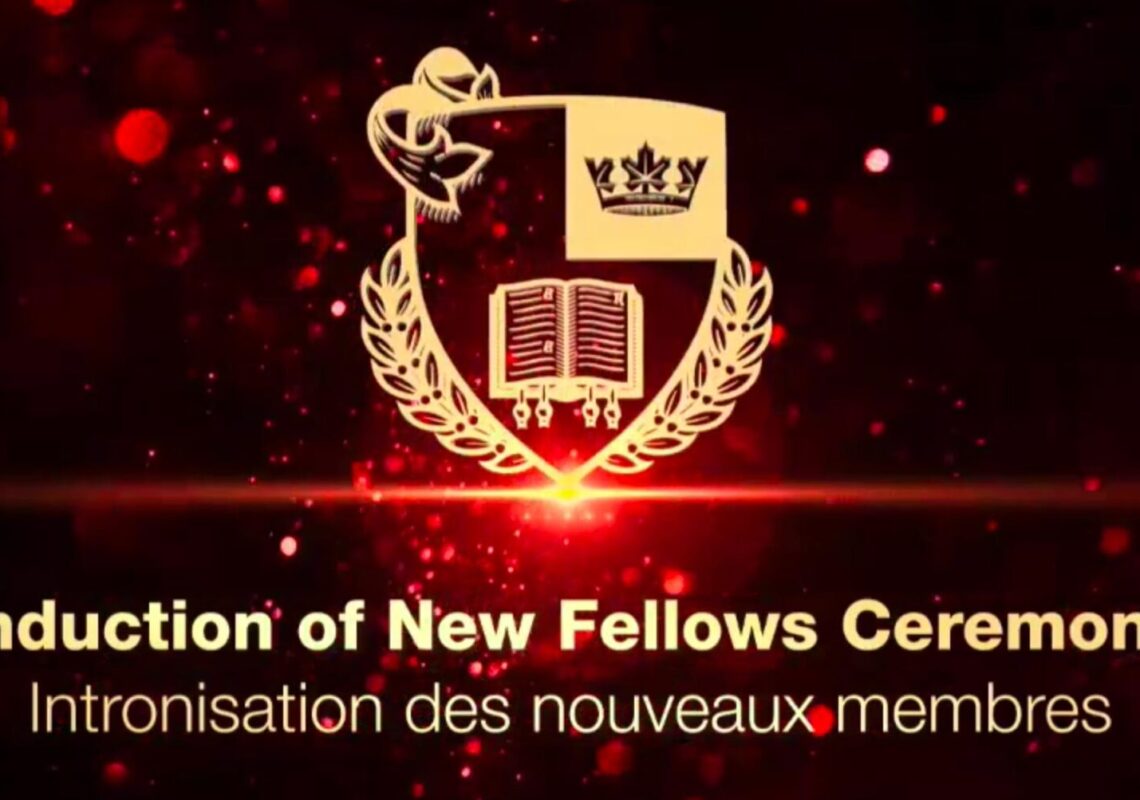
Congratulations to Professor Chen who was inducted as a Royal Society of Canada Fellow!
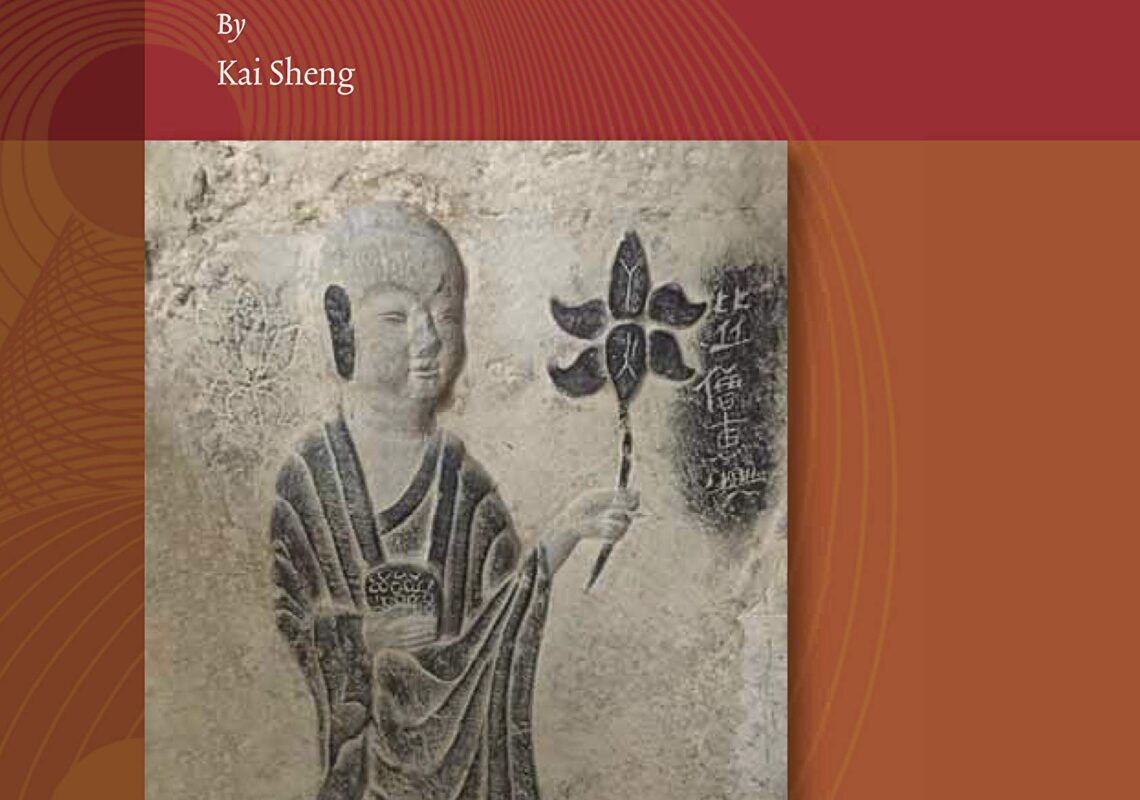
Third volume of Brill Book Series: Studies on East Asian Religions. Authored by Sheng Kai, edited by Jinhua Chen.

Second volume of Brill Book Series: Studies on East Asian Religions. The series editors are Susan Andrews, Jinhua Chen, and Guang Kuan.
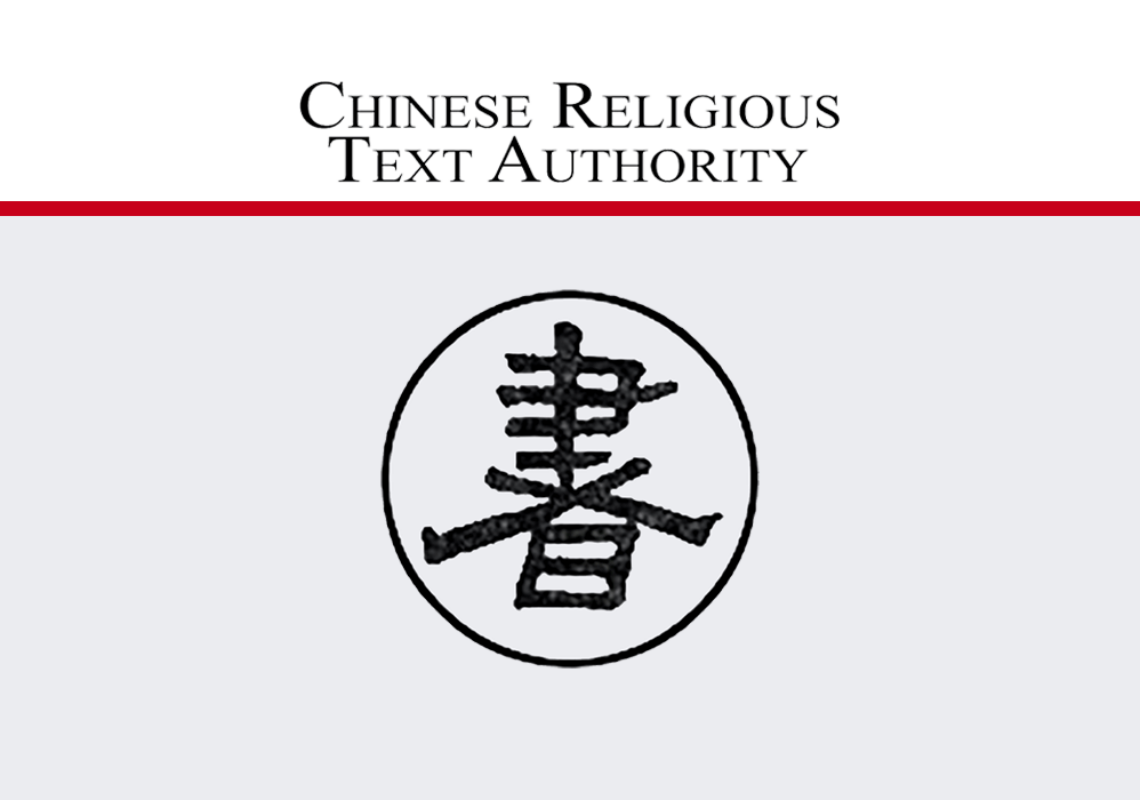
Saturday, October 17, via Zoom.

An informative guide on higher education in France.
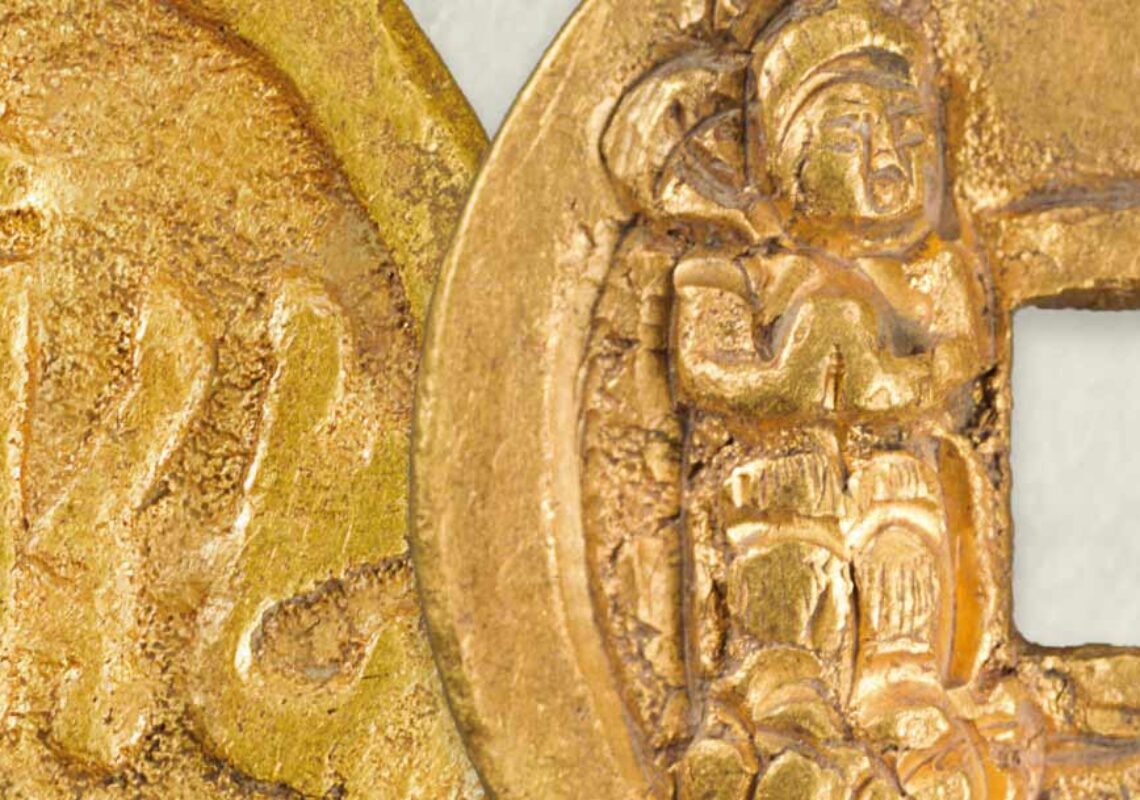
First Volume of “Goodness Studies” Series. Edited by Rey-Sheng Her and Jinhua Chen.

First Volume of “Hualin Series on Buddhist Studies” (Chinese). Edited by Zhan Ru, Chen Jinhua, and Ji Yun.
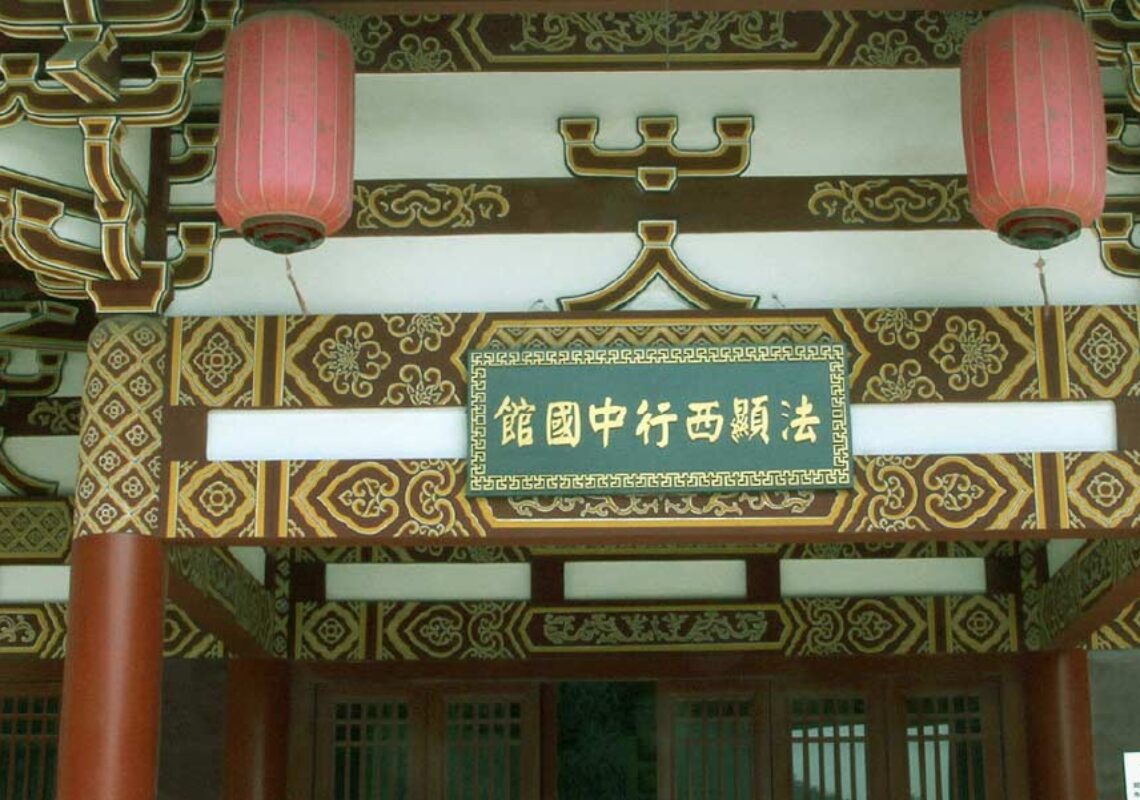
First Volume of “Famed Mountains and Great Monasteries” Series (English). Edited by Chen Jinhua and Kuan Guang.
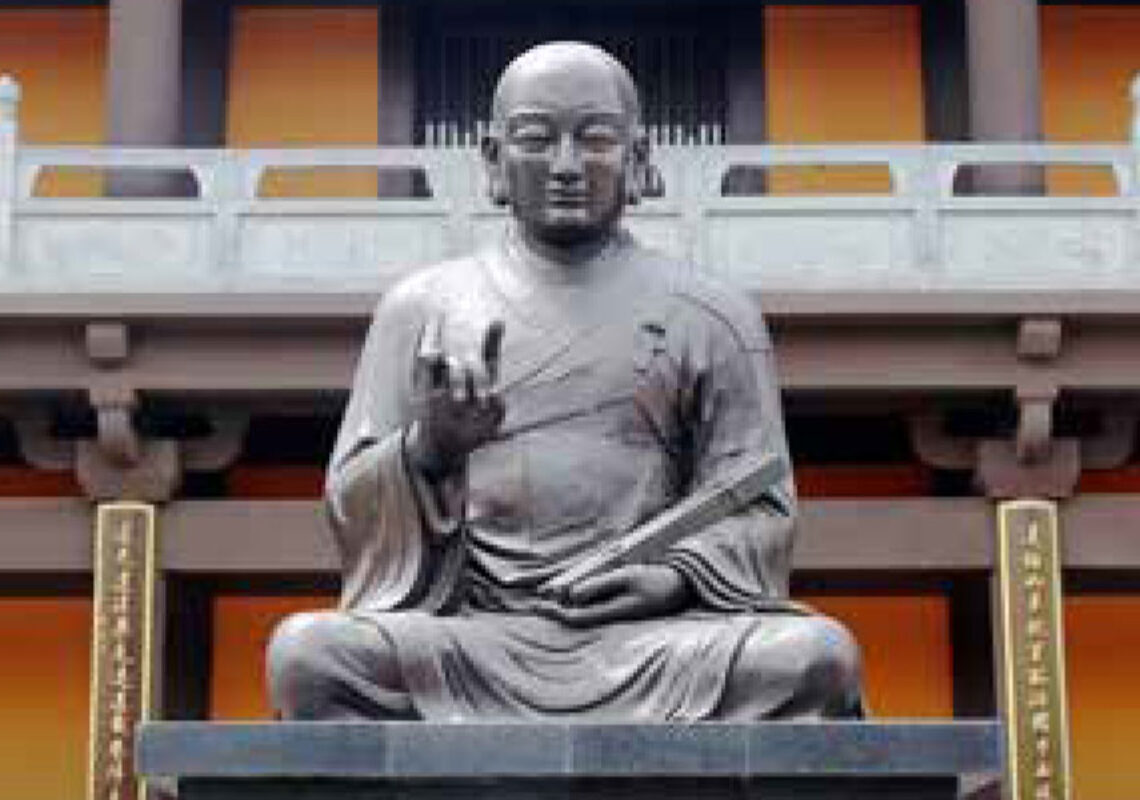
Fifth Volume of “Famed Mountains and Great Monasteries” Series. Edited by Shi Ciguang, Chen Jinhua, Ji Yun, and Shi Xingding.
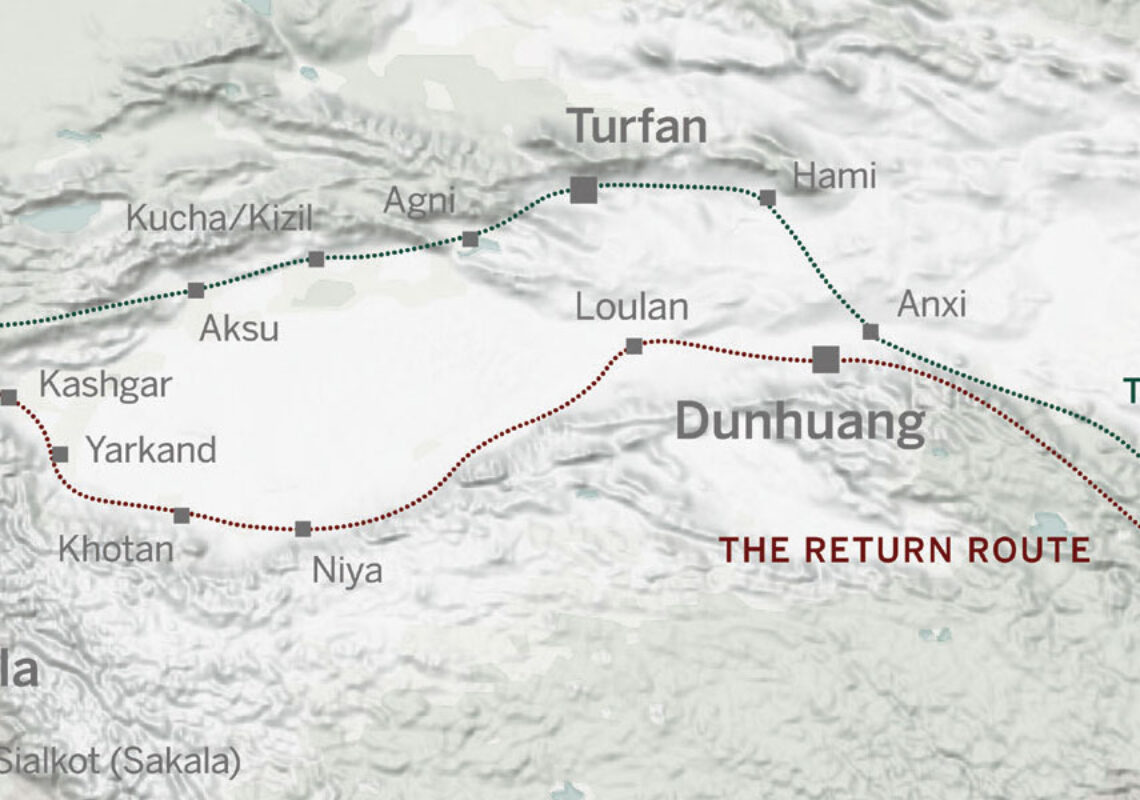
Second Volume of “Famed Mountains and Great Monasteries” Series (English). Edited by Shi Ciguang, Chen Jinhua, Ji Yun and Shi Xingding.
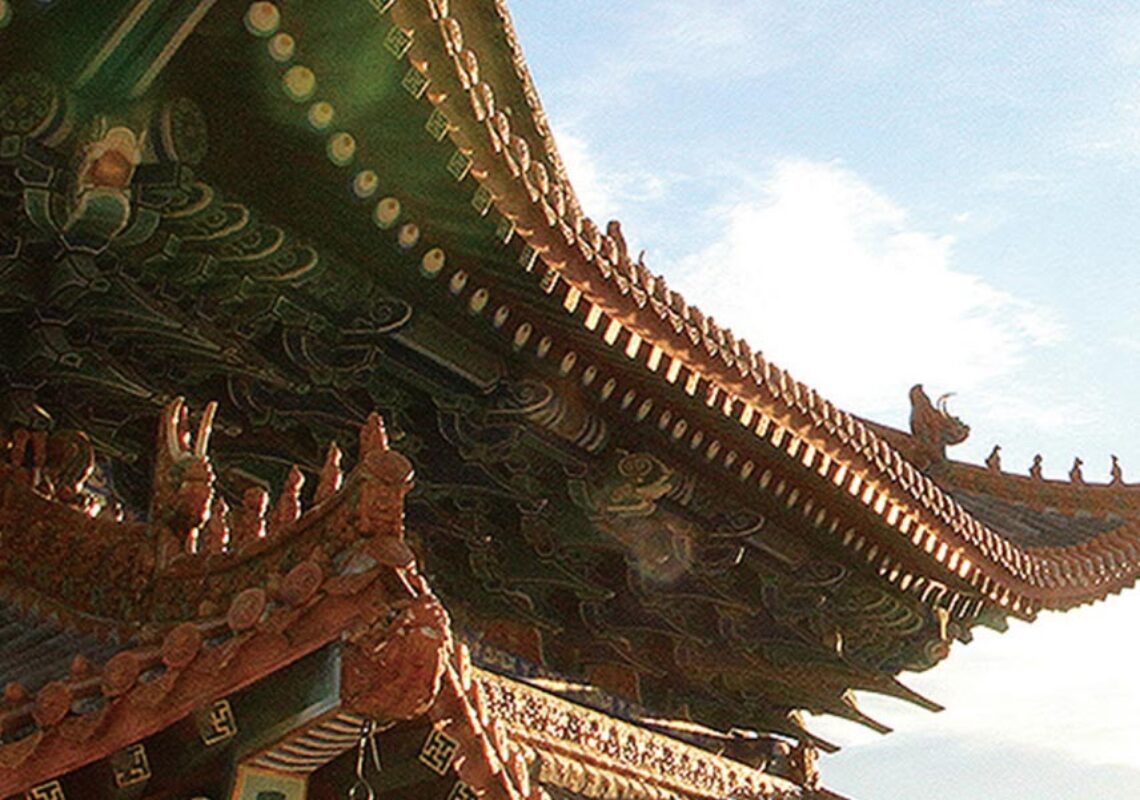
Second Volume of “Wutai Research Institute for Eastern Buddhist Culture” Series. Edited by Shi Miaojiang, Jinhua Chen, Ji Yun, Shi Kuanguang, and Shi Fohu.

Third Volume of “Wutai Research Institute for Eastern Buddhist Culture” Series. Edited by Shi Miaojiang, Jinhua Chen, Ji Yun, Shi Kuanguang, and Shi Fohu.

Latest updates from FROGBEAR project and its affiliated networks and partners.

March 7-8, 2020. University of British Columbia.
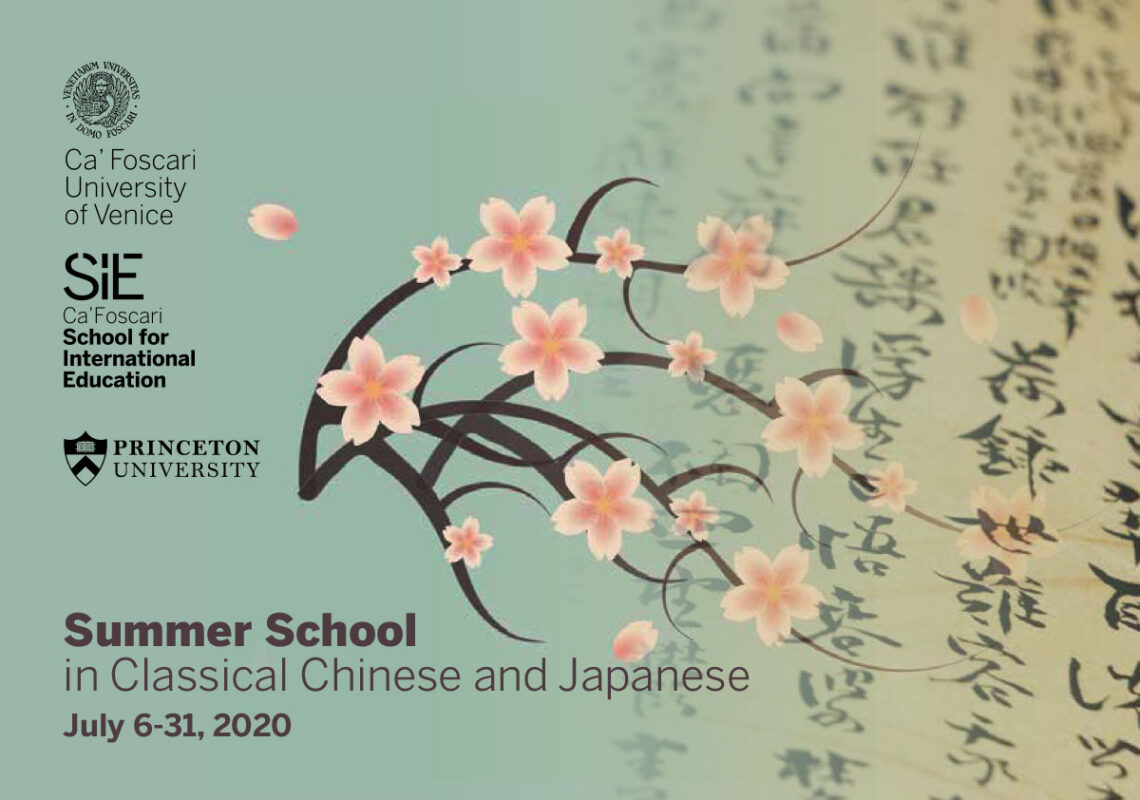
July 6–31, 2020. Venice, Italy – Ca’ Foscari University.
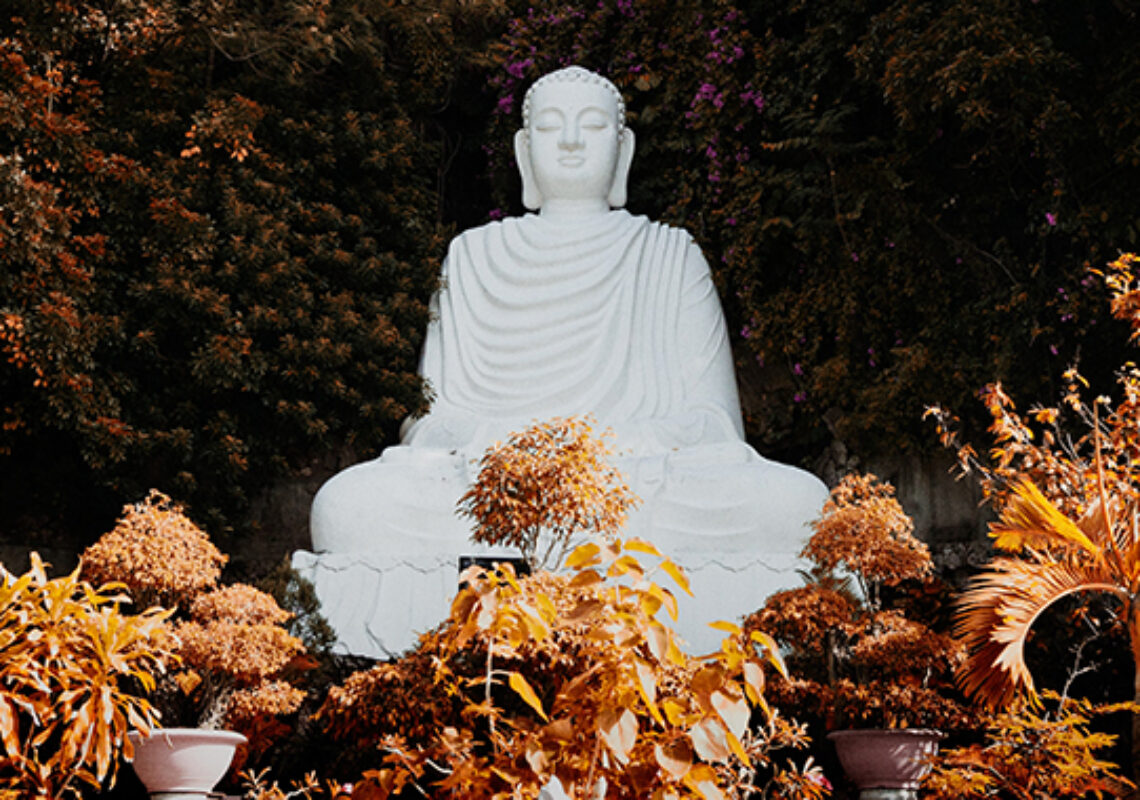
Deadline to apply March 15, 2020
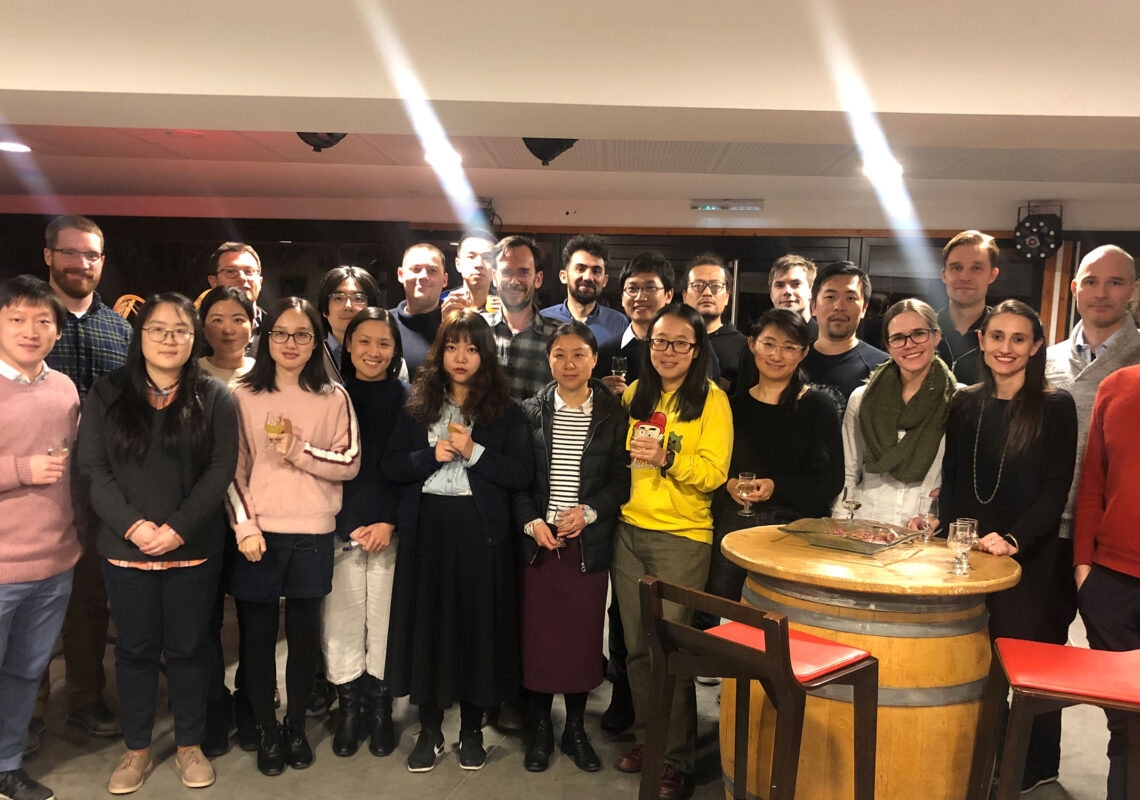
Report on the CRTA workshop, December 15-19, 2019 Aussois, France.

Fourth Volume of “Famed Mountains and Great Monasteries” Series. Edited by Shi Miaojiang, Chen Jinhua, Shi Kuan Guang and Ji Yun.

Clusters 2.1 and 3.2 Field Visits in Northern China. June-July, 2019.
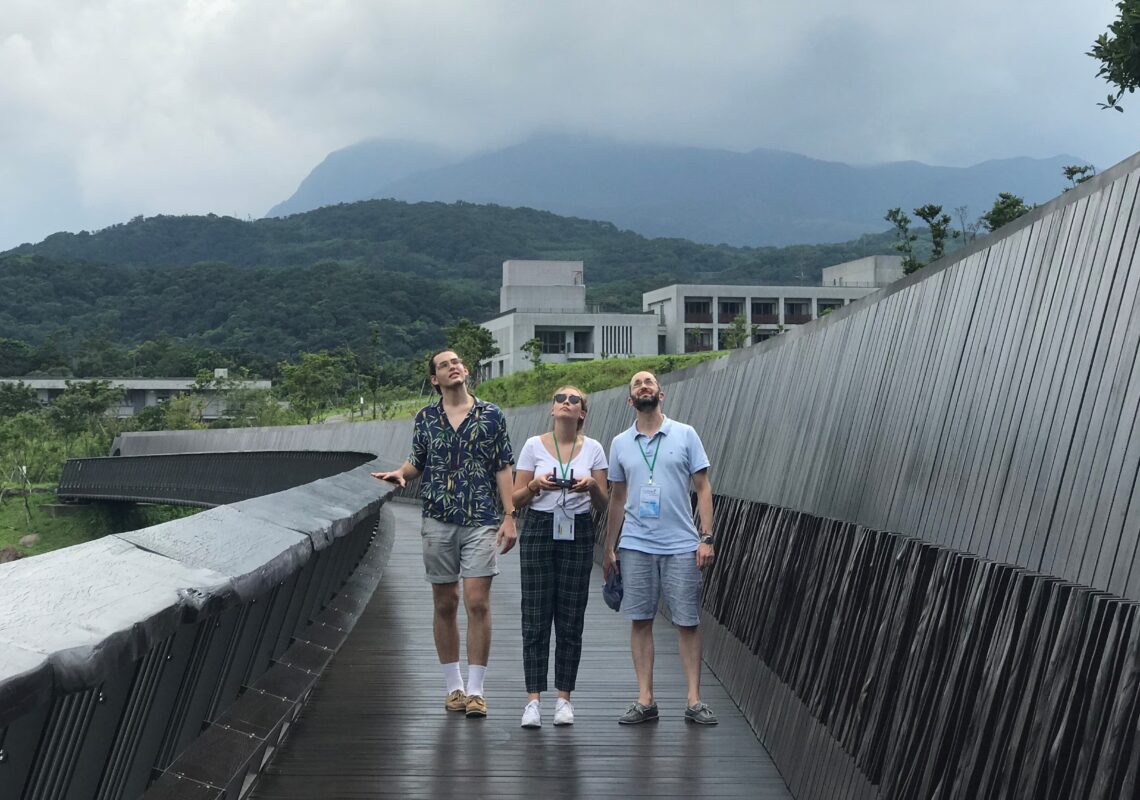
Cluster 1.2 at DILA. July 17-25, 2019.
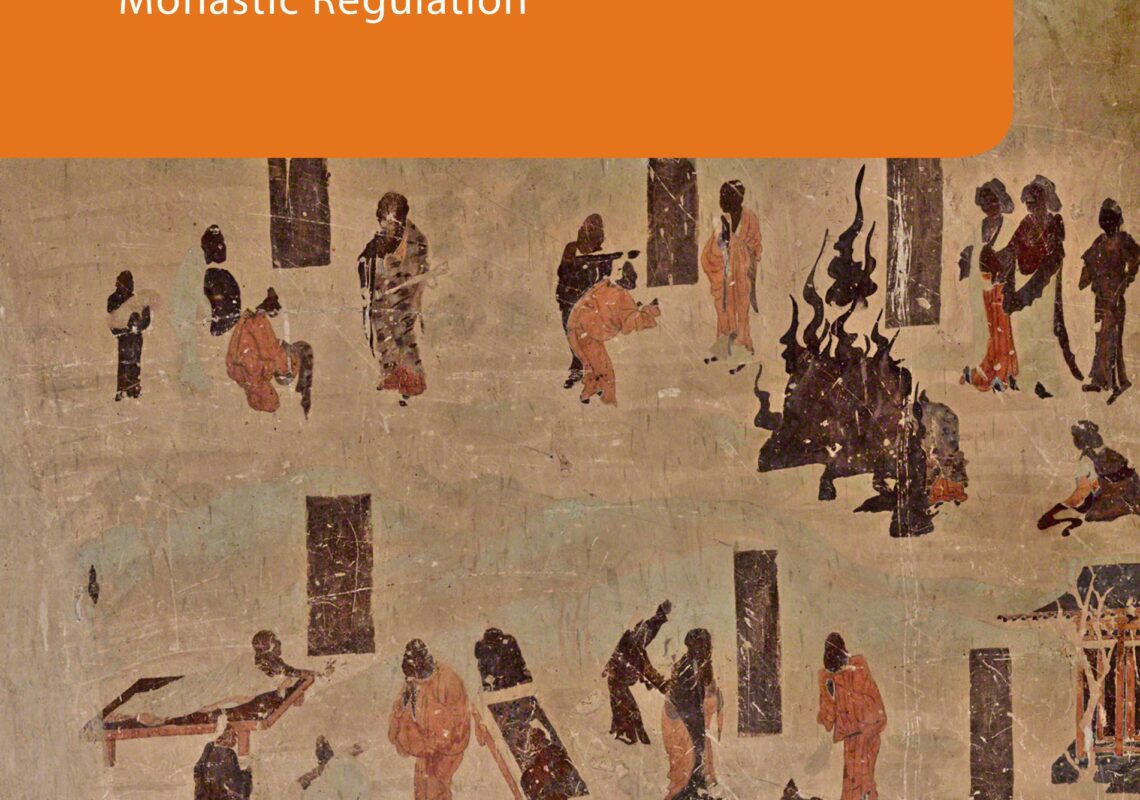
New book publication: Rules of Engagement, edited by Susan Andrews, Jinhua Chen, and Cuilan Liu.

Sam van Schaik (British Library). 7 pm, Saturday, September 21, 2019. UBC St. John’s College.

August 11-30, 2019; Oxford, UK.

1 year opportunity at UBC. Application deadline July 21, 2019.
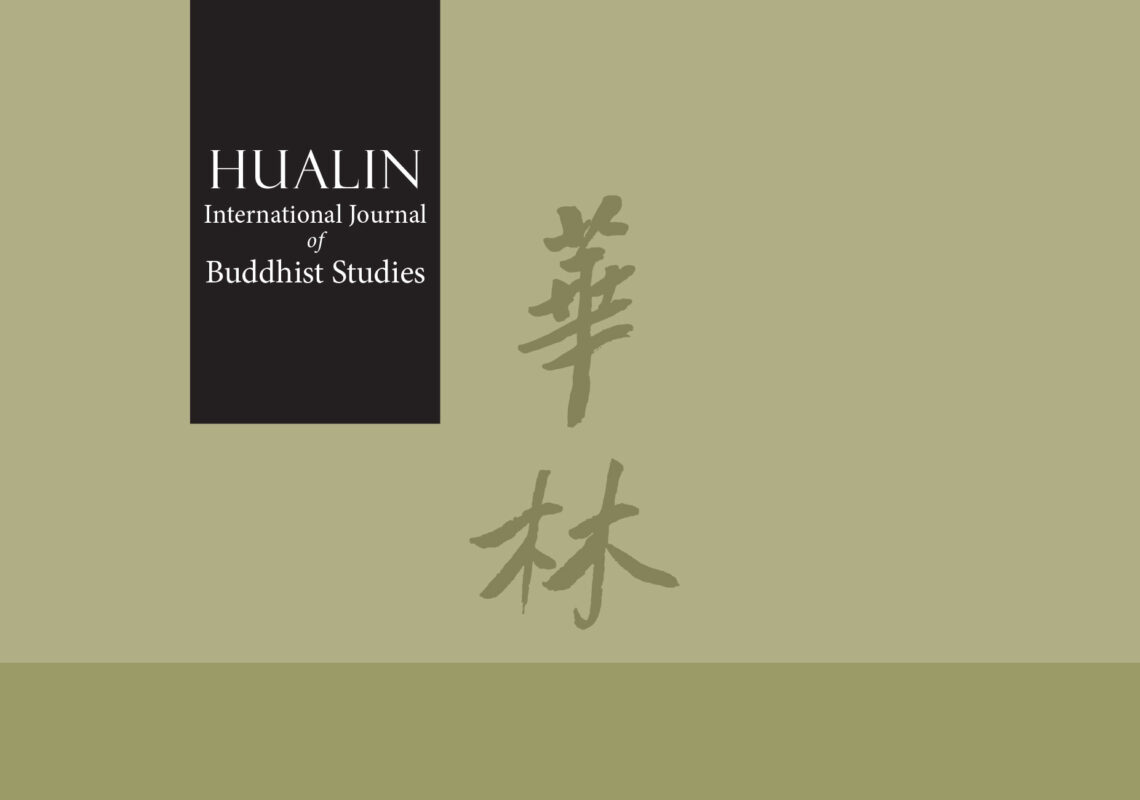
Articles from inaugural issue (Vol. 1, No. 1) of Hualin International Journal of Buddhist Studies (HIJBS) now available.

Nomination application has been extended to June 30, 2019. Please use Tianzhu Book Prize Nomination Form for submission.

Natasha Heller (University of Virginia). 7:00 PM. Thursday, June 6, 2019. Ghent University, Auditorium P (Zaal Jozef Plateau), Campus Boekentoren.

First Volume of “Wutai Research Institute for Eastern Buddhist Culture” Series. Edited by Shi Miaojiang, Jinhua Chen, Shi Kuanguang, Ji Yun, and Zhang Shubin.
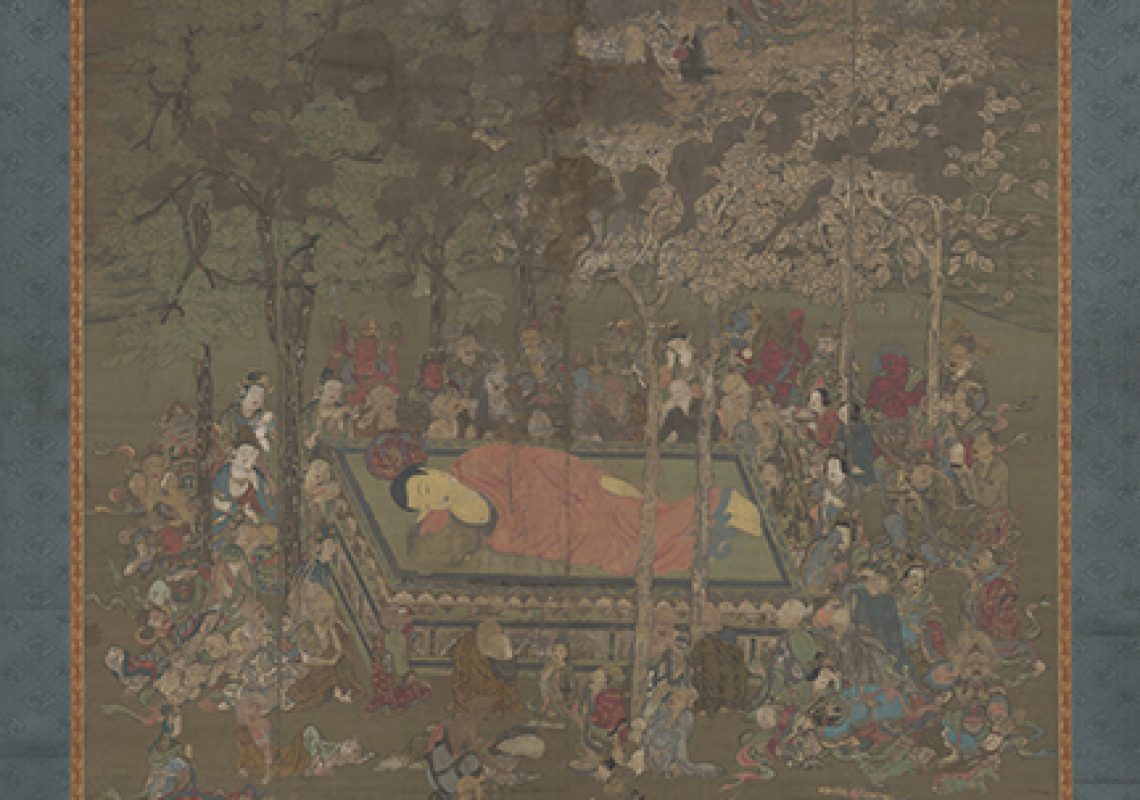
15 Buddhist Beast conference papers have been published in the journal Religions.
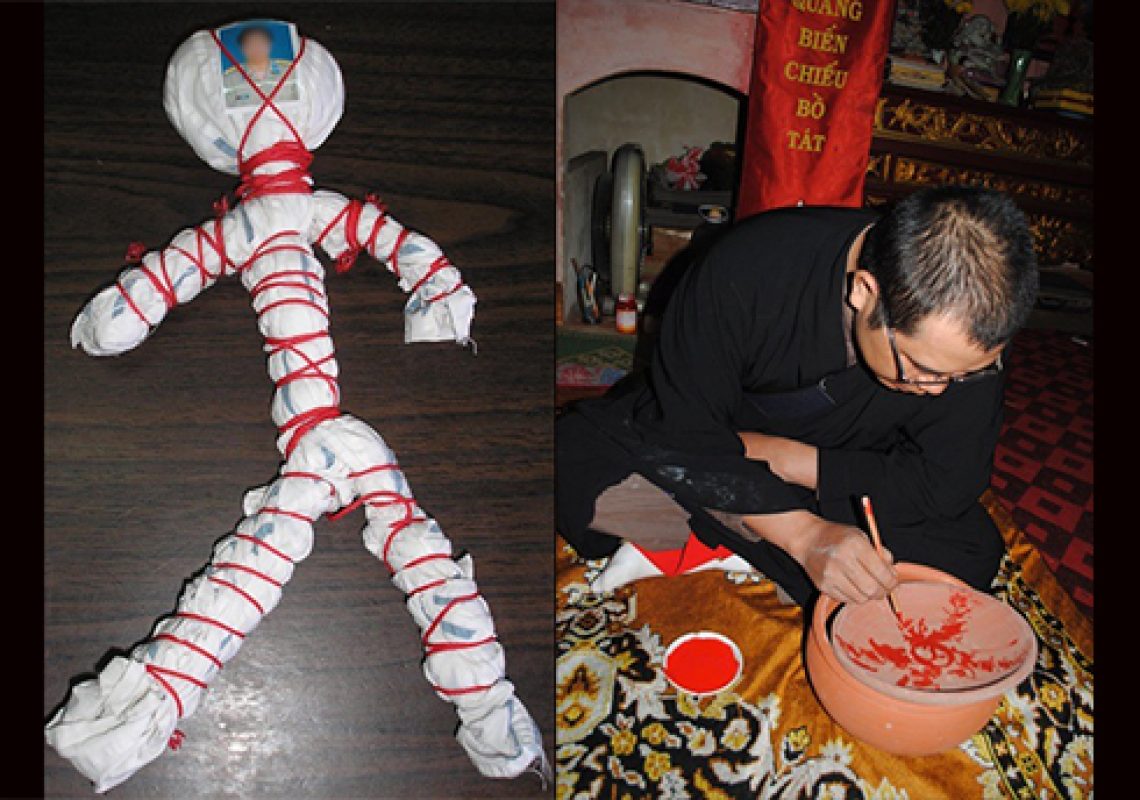
Talismans and Talisman Cultures in Contemporary Vietnam, Korea, and Japan: Meaning, Making, Medium
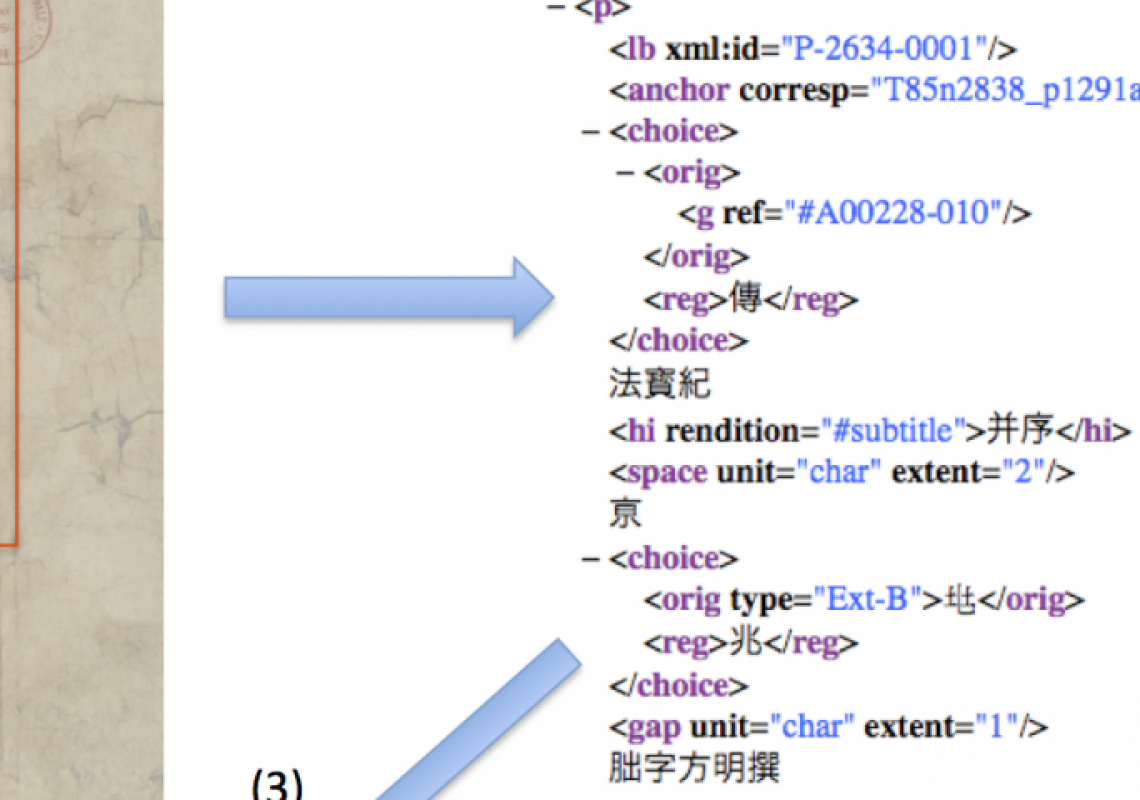
Introduction of the Database of Chinese Medieval Texts (DMCT)

Ongoing applications accepted.
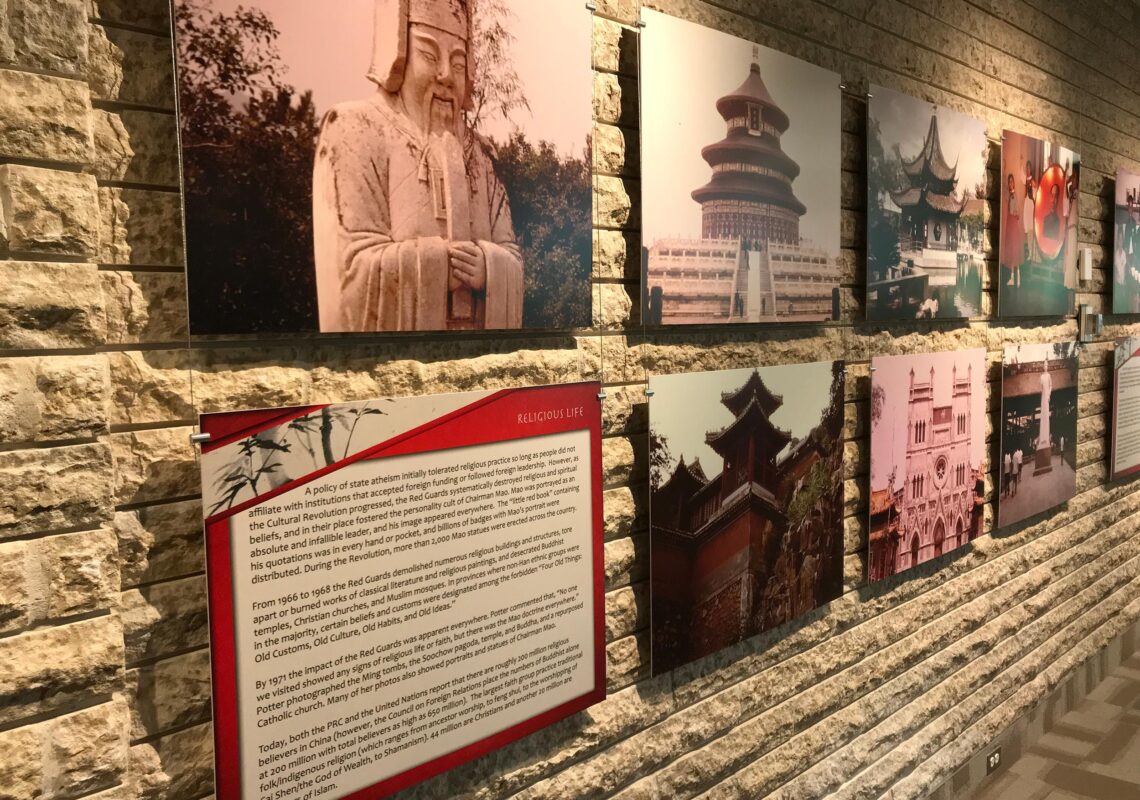
March 15 to June 15, 2019 at Diefenbaker Canada Centre.

Third Volume of “Famed Mountains and Great Monasteries” Series. Edited by Zhan Ru, Chen Jinhua, Ji Yun, and Wang Lina.

Applications are due January 21, 2019. Please use our online application form for submission. Any questions should be directed to frogbear.project@ubc.ca.
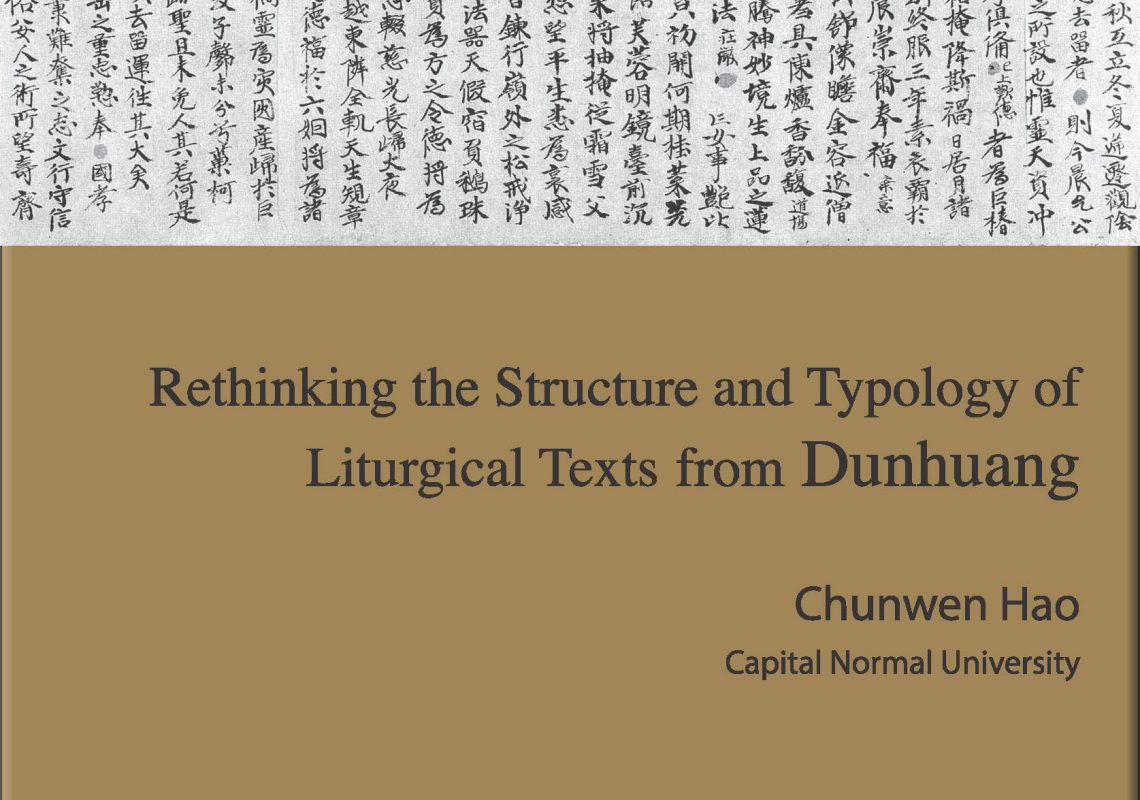
Hao Chunwen. Thu, Dec 6, 2018, 4:30 pm. 202 Jones, Princeton University.
A REFLECTION ON THE INTERNATIONAL AND INTENSIVE PROGRAM ON BUDDHIST AT UBC Posted on October 5, 2018 by Meng Zhang The International and Intensive Program on Buddhism was held at University of British Columbia from July 27 to August 15, 2018. This program consisted of six seminars delivered by six international scholars. Each Continue reading
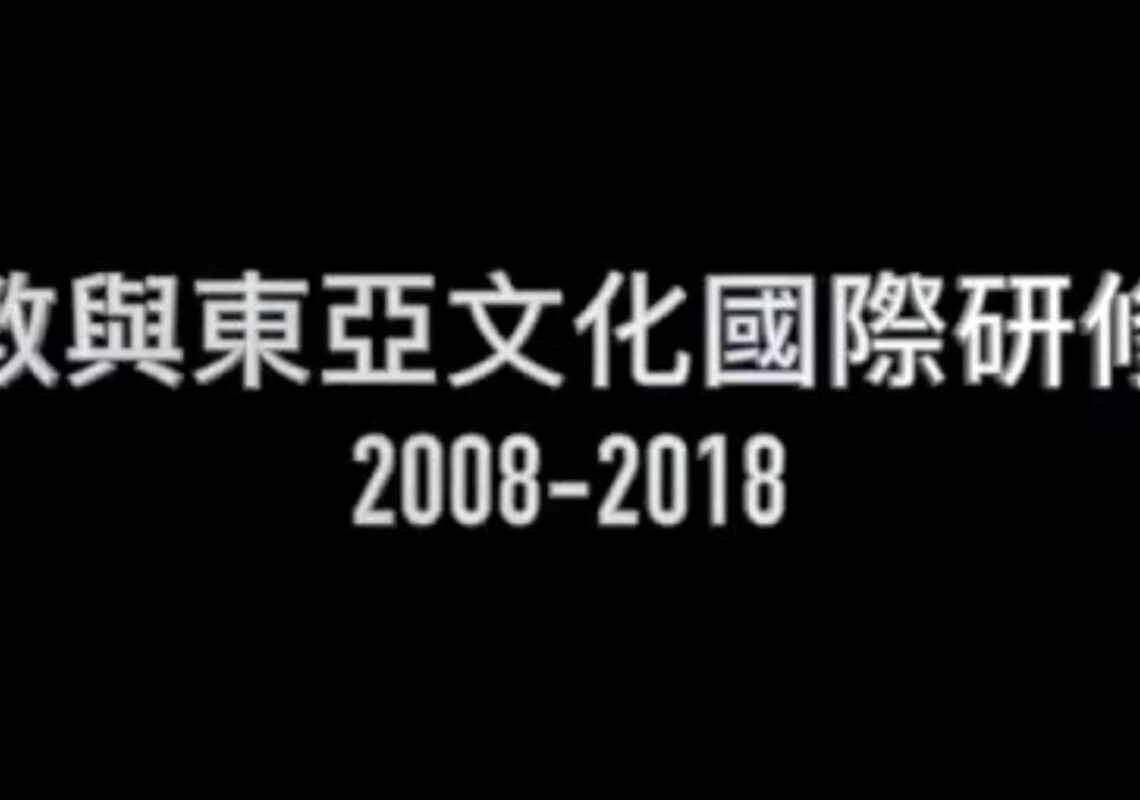
Celebrating 10 years of international training programs

Congratulations to Michael Friedrich and colleagues at Hamburg!
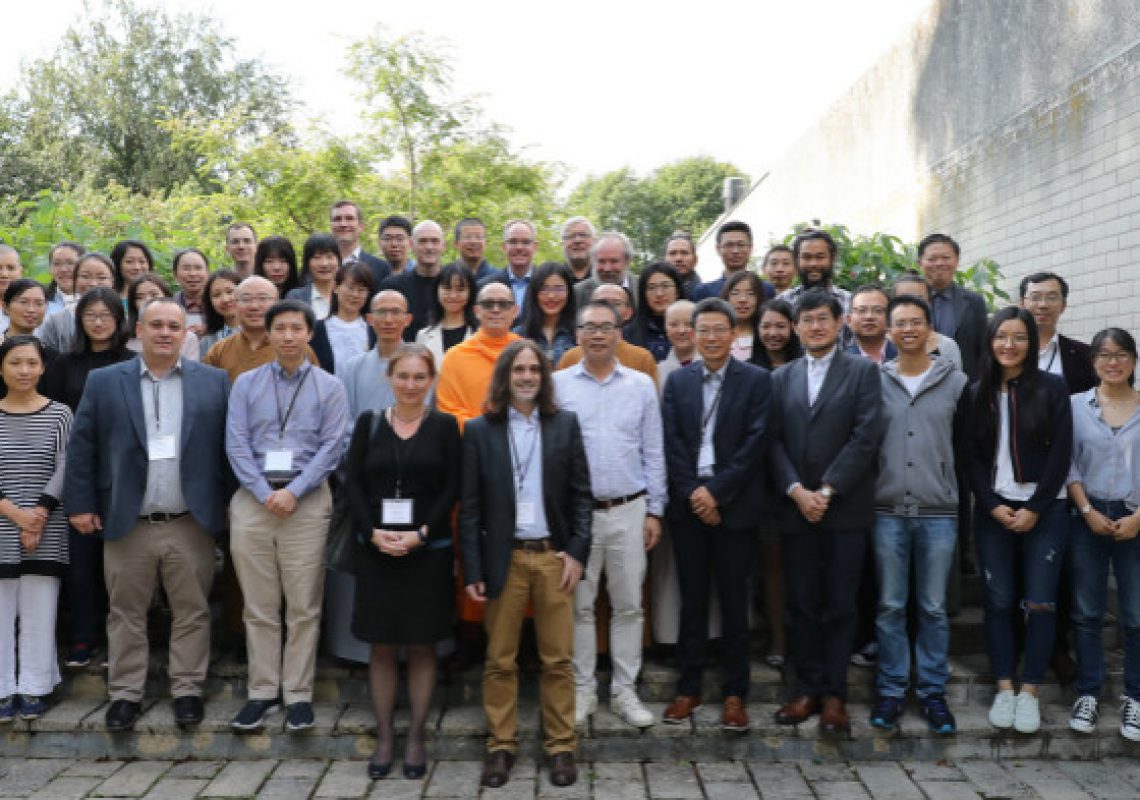
News Report from Chinese Daily about the 2018 Cambridge Intensive Program on Buddhism
Zhang, Anqi is an undergraduate student in the Department of Asian and African Studies in Shanghai International Studies University.
Interview with Zhe Ji (CEIB) by Shuyue He. Originally posted to CJBS.

We are happy to announce the FROGBEAR YouTube channel!
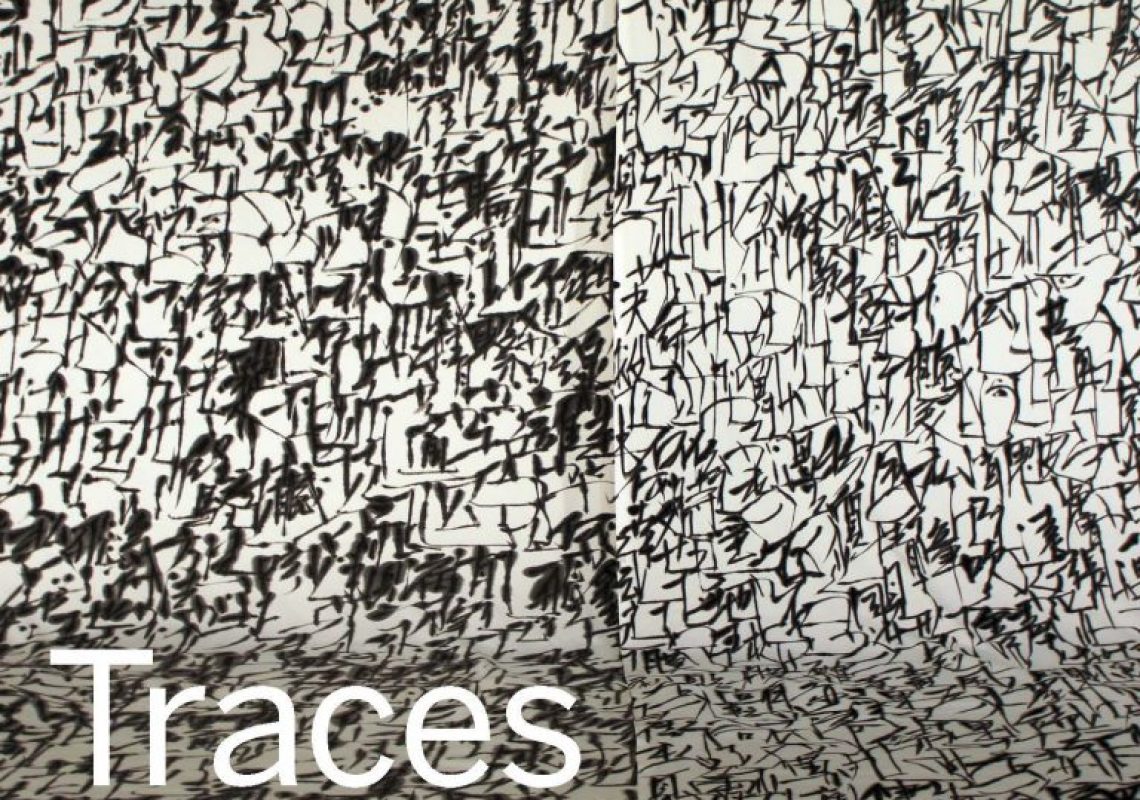
Awarded by the Canadian Museum Association to Fuyubi Nakamura and her team. Congratulations!
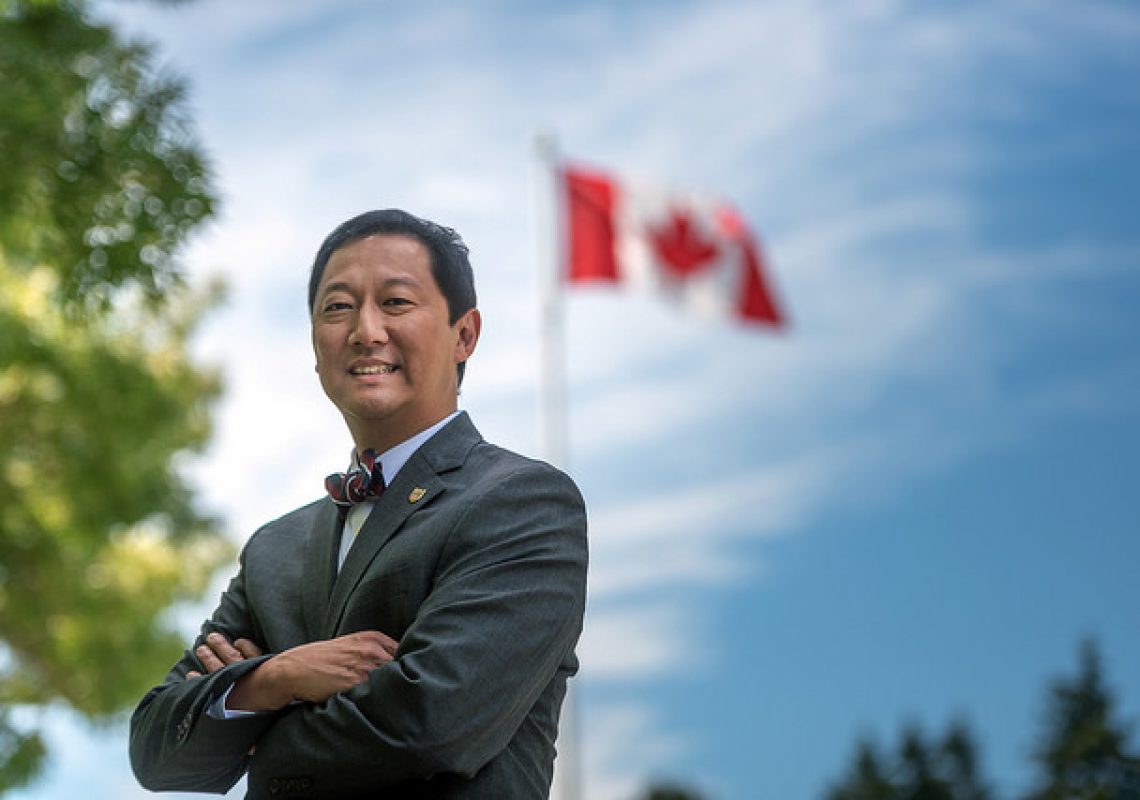
Words of welcome from UBC president Santa J. Ono.
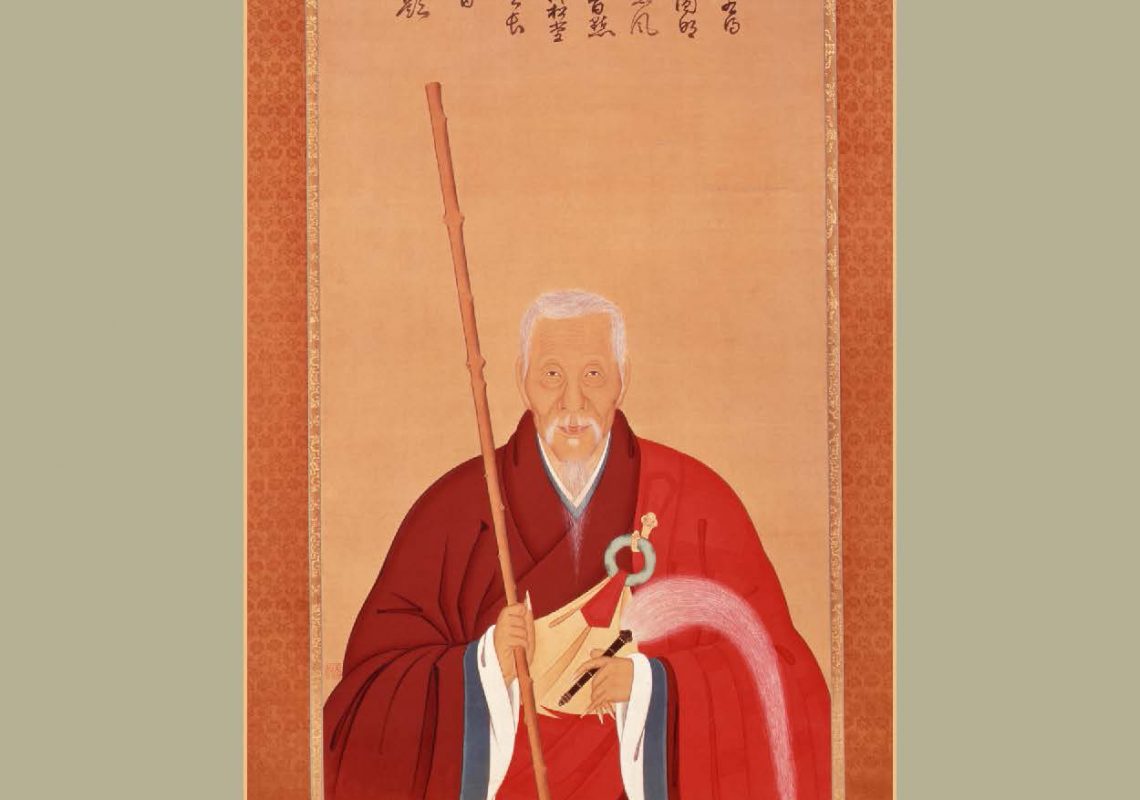
Dr. Jiang Wu lecture August 12, 2018 at UBC.

Second Volume of “Famed Mountains and Great Monasteries” Series. Edited by Shi Miaojiang, Chen Jinhua, Shi Kuan Guang and Ji Yun.

Natasha Heller & Jiang Wu. Friday May 11, 2:30pm at McMaster University

By Crystal Beaudoin, McMaster University
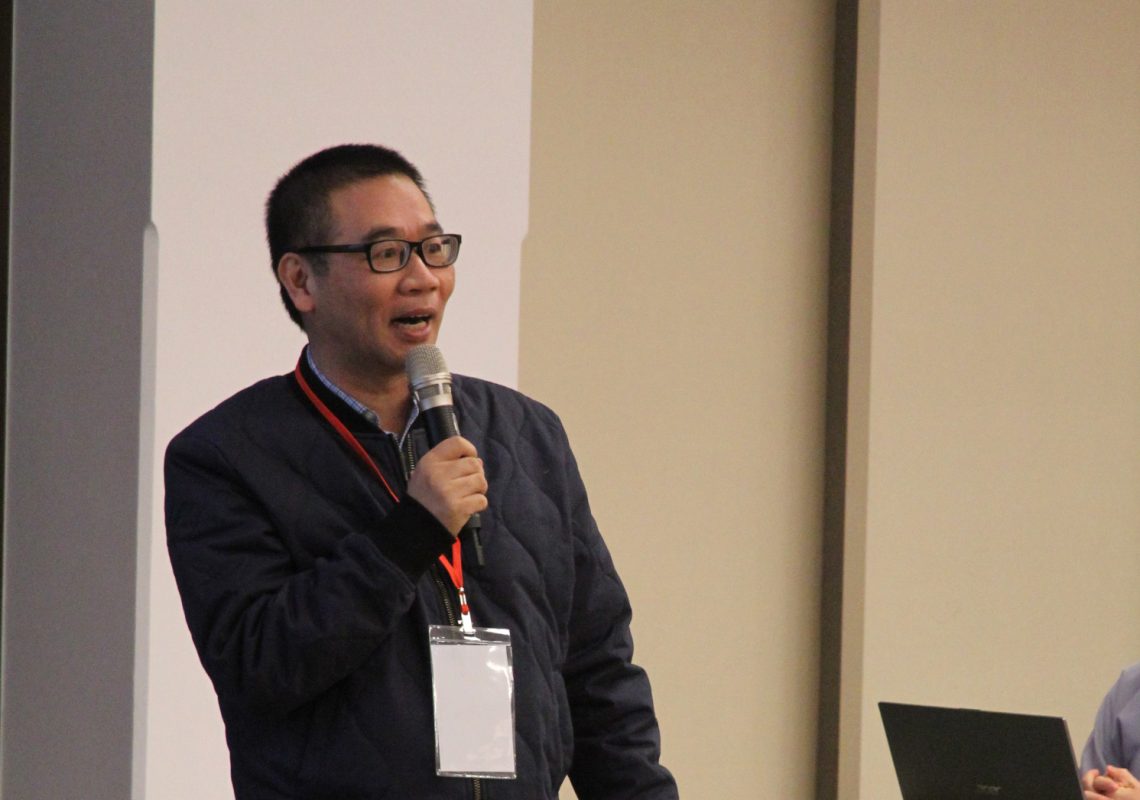
Congratulations to Professor Chen on this award!
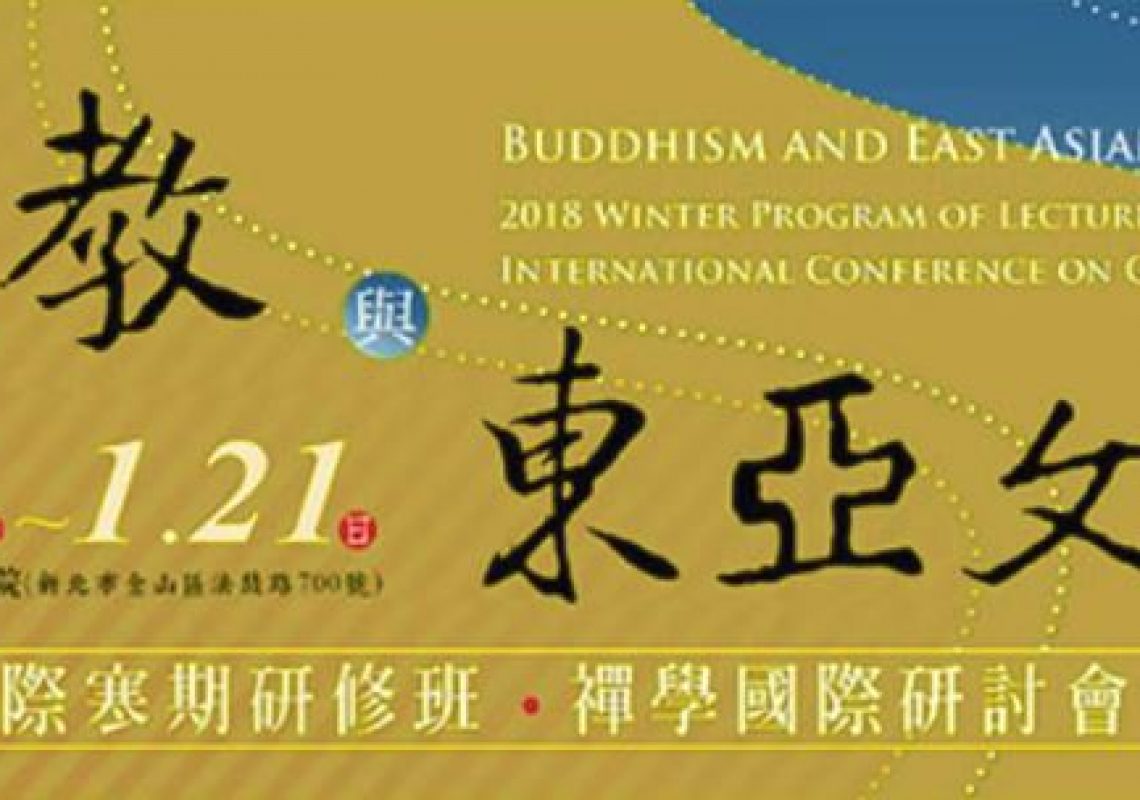
Check out this amazing video to review the Winter Program in action.
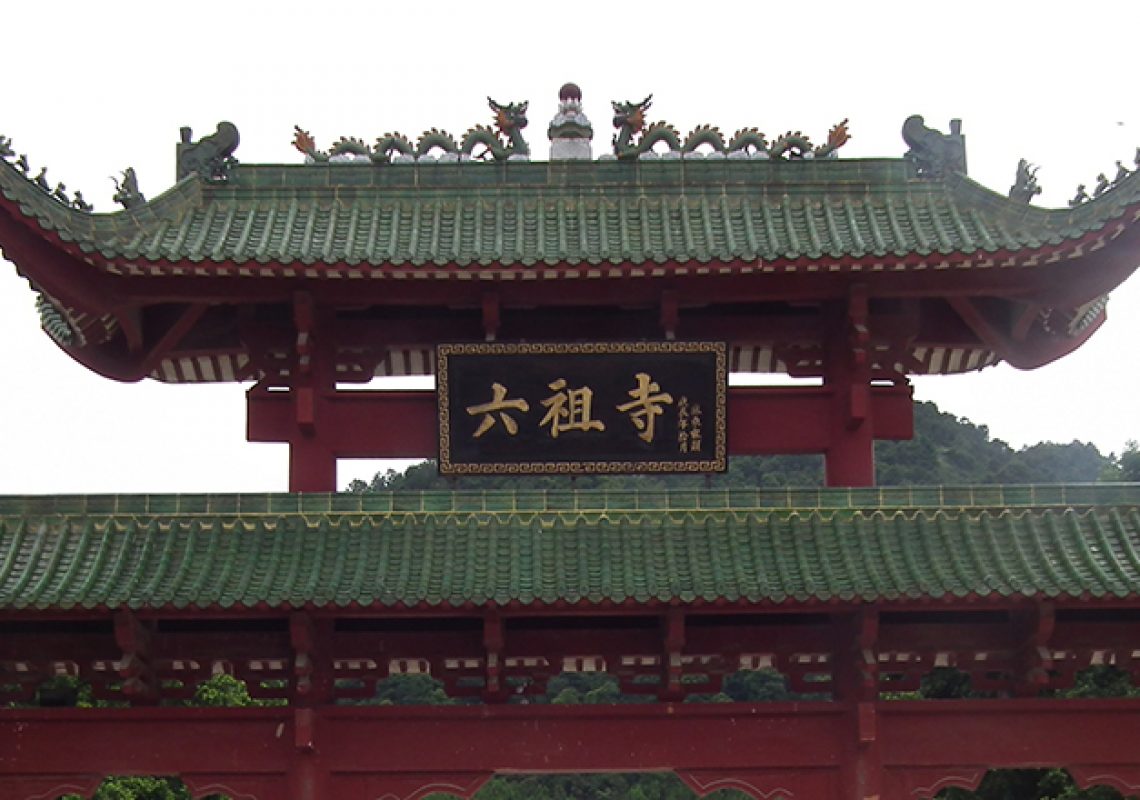
Press release on the creation of the Tianzhu Network for the Study of Buddhist Cultures.
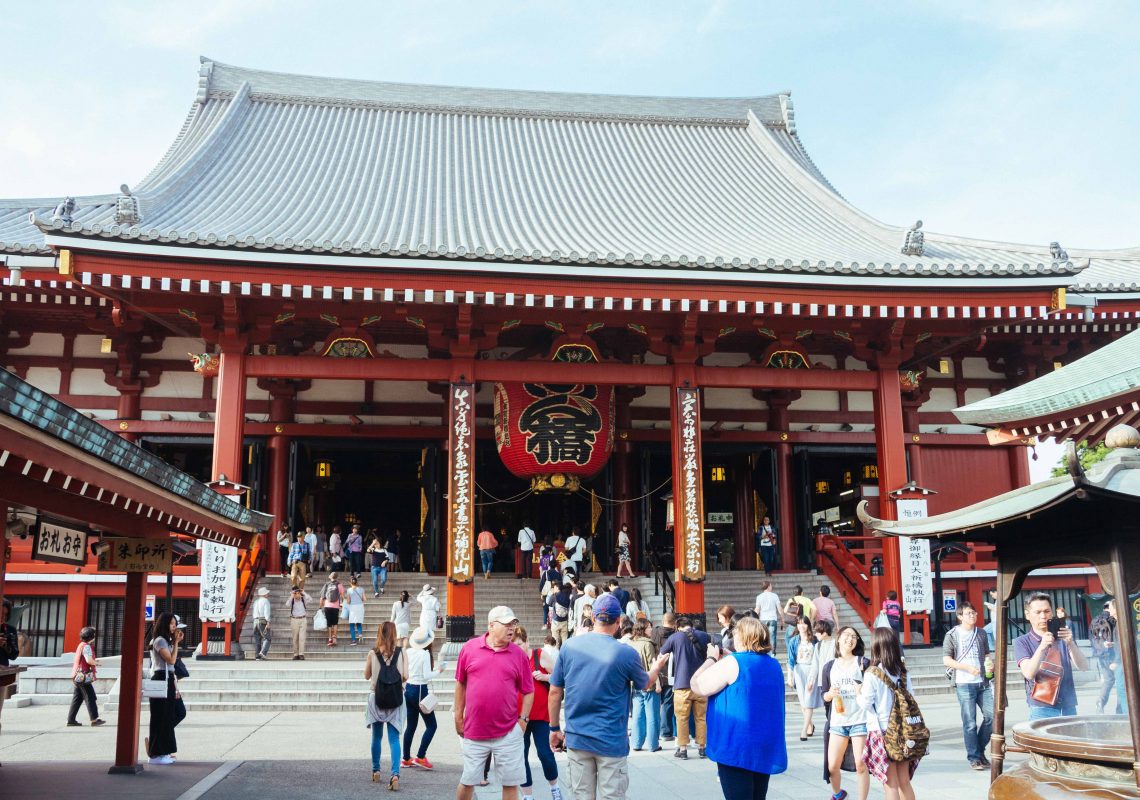
To get involved, or for more information, please contact Willis Monroe (willismonroe@gmail.com).

A Major Project led by FROGBEAR cluster leader, Kai SHENG, has been newly awarded by the Chinese National Social Sciences Fund

For the 2017 co-op term, we were happy to receive Mariah Gastaldo as Digital Projects Student Librarian. Gastaldo, a Masters of Library and Information Studies student at the University of British Columbia, took up the task of collecting and reviewing data from
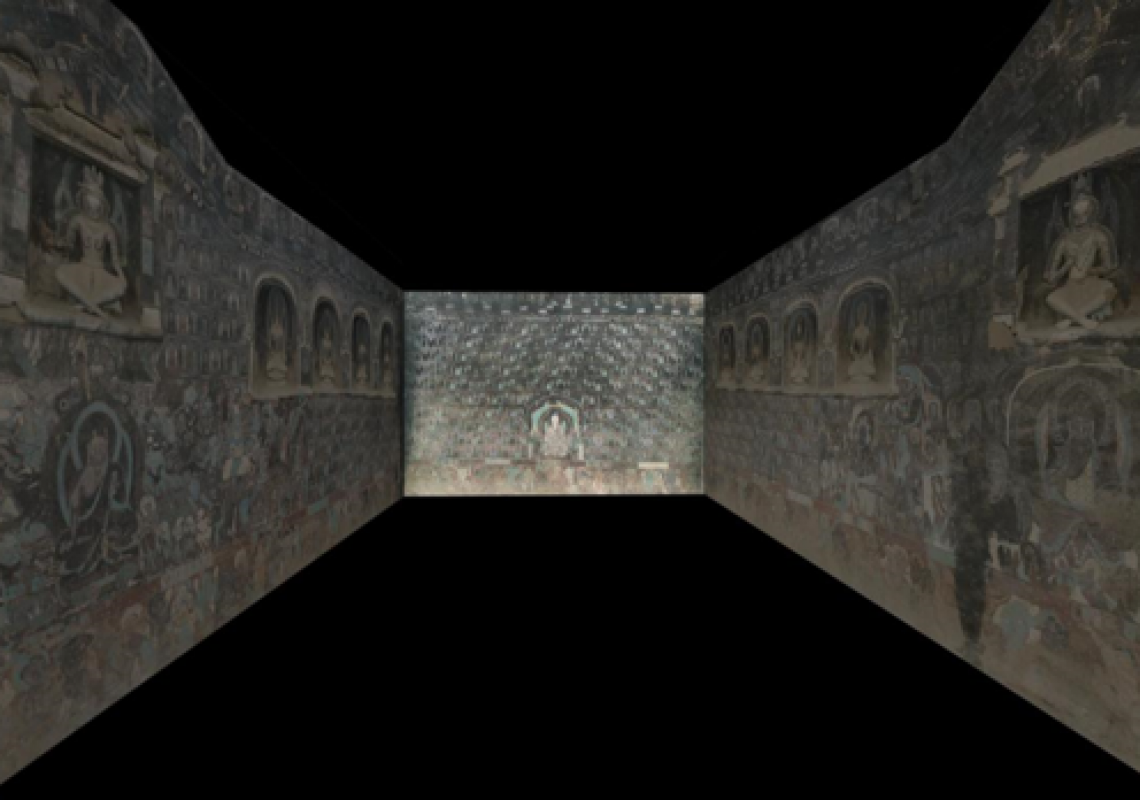
Funding from Harvard Global Institute provided for work in the Dunhuang caves.
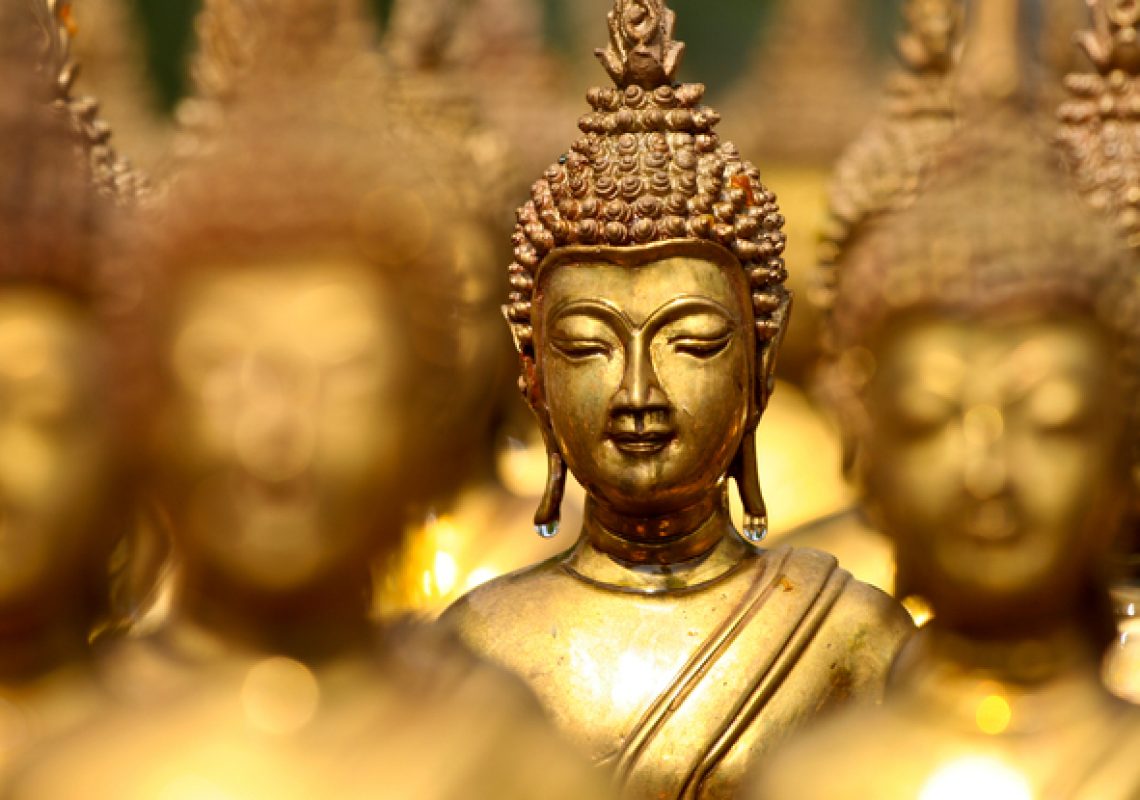
We are excited to partner with this newly launched Center for Buddhist Studies!
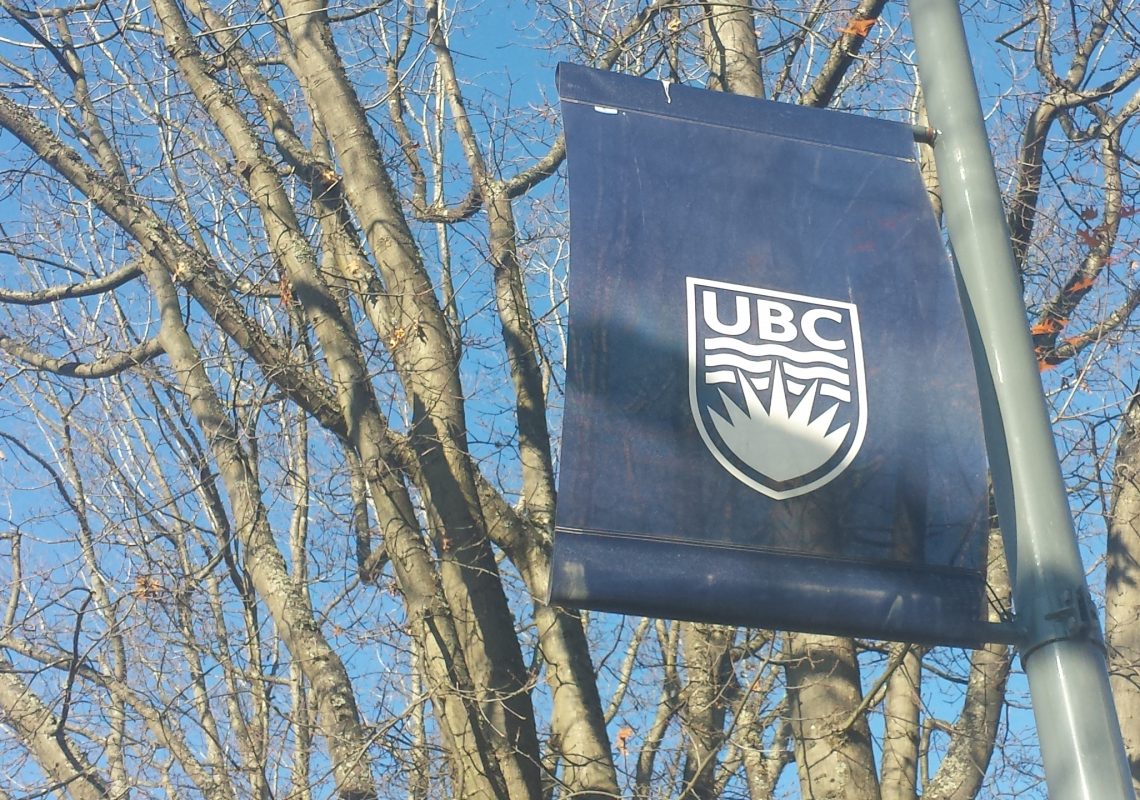
Join us in welcoming fellowship recipients and learning more about our Tianzhu post-doctoral fellow!

Report by Hassan Pirbhai, University of Calgary
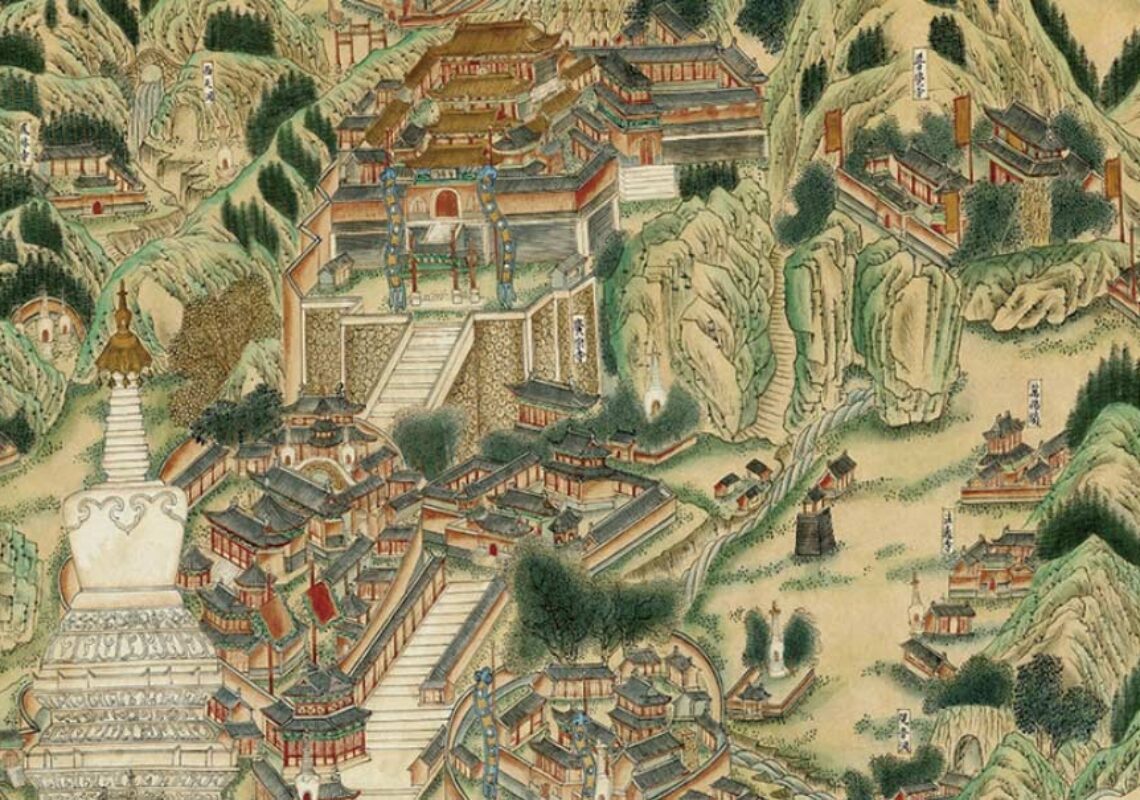
First Volume of “Famed Mountains and Great Monasteries” Series. Edited by Editor-in-Chief Shi Miaojiang, Chen Jinhua, Kuan Guang, and Ji Yun.

In memory of Antonino Forte, who passed away in 2006.

May 11 – October 9, 2017 at the Museum of Anthropology at UBC.
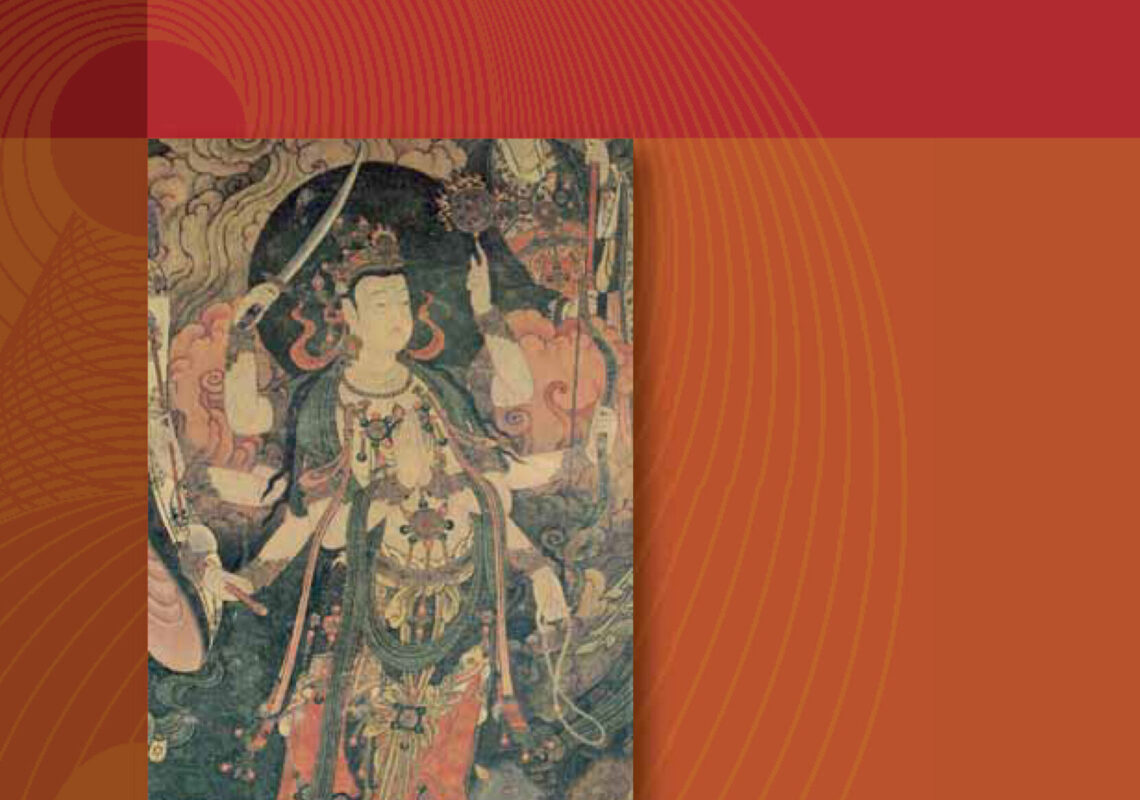
We are pleased to announce the release of the first volume in a new series published by Brill: Studies on East Asian Religions. Edited by Yael Bentor and Meir Shahar

Fifth Volume of “Chinese Translation Series of Foreign Studies on Buddhism and East Asian Religions” Series. By Barend ter Haar, translated by Zhao Lingyun, Zhou Nulu, Huang Fei, and Li Tongyi; collated by Huang Yuning, and Xu Liheng.
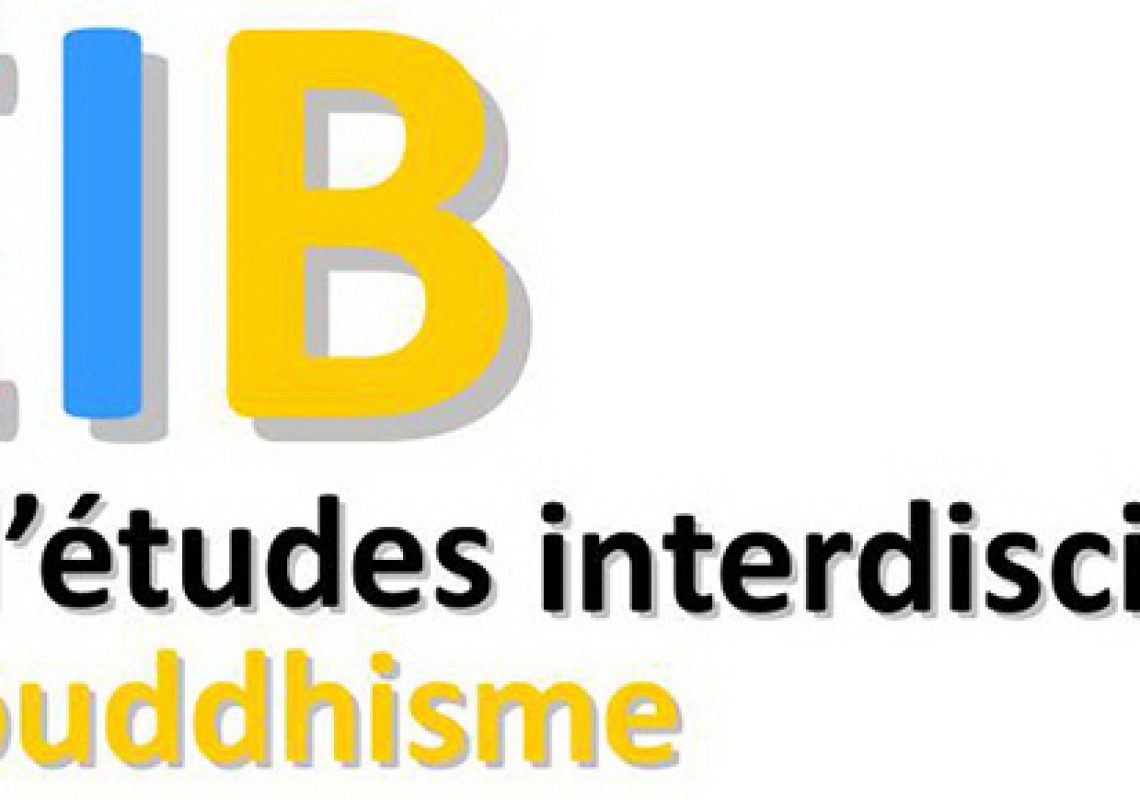
Information on launch of the Centre and the activities for the Centre’s inaugural week 22-25 March 2017 in Paris.

Fourth Volume of “Chinese Translation Series of Foreign Studies on Buddhism and East Asian Religions” Series. By Karashima Seishi, translated by Qiu Yunqing, and Wu Weilin.

Third Volume of “Chinese Translation Series of Foreign Studies on Buddhism and East Asian Religions” Series. By Jinhua Chen, translated by Yang Zeng, Huang Jinghua, Fan Jingjing, Wu Weilin, Chen Zhiyuan, and Liu Xuejun.

Second Volume of “Chinese Translation Series of Foreign Studies on Buddhism and East Asian Religions” Series. By Stephen R. Bokenkamp, translated by Sun Qi, Tian He, Xie Yifeng, and Lin Xinyi.

First Volume of “Chinese Translation Series of Foreign Studies on Buddhism and East Asian Religions” Series. By John Kieschnick, translated by Zhao You, Chen Ruifeng, Dong Haohui, Song Jing, and Yang Zeng.